SKIS FOR BEGINNERS | FIRST TIME SKIERS | INTERMEDIATE SKIERS
Best skis for beginners
Skiblades, also called Snowblades or short skis, are incredibly fun to use on the mountain. These small skis are lighter and easier to control than regular long skis, making them perfect for everyone. Discover a new and exciting way to ski!
3 products

Video
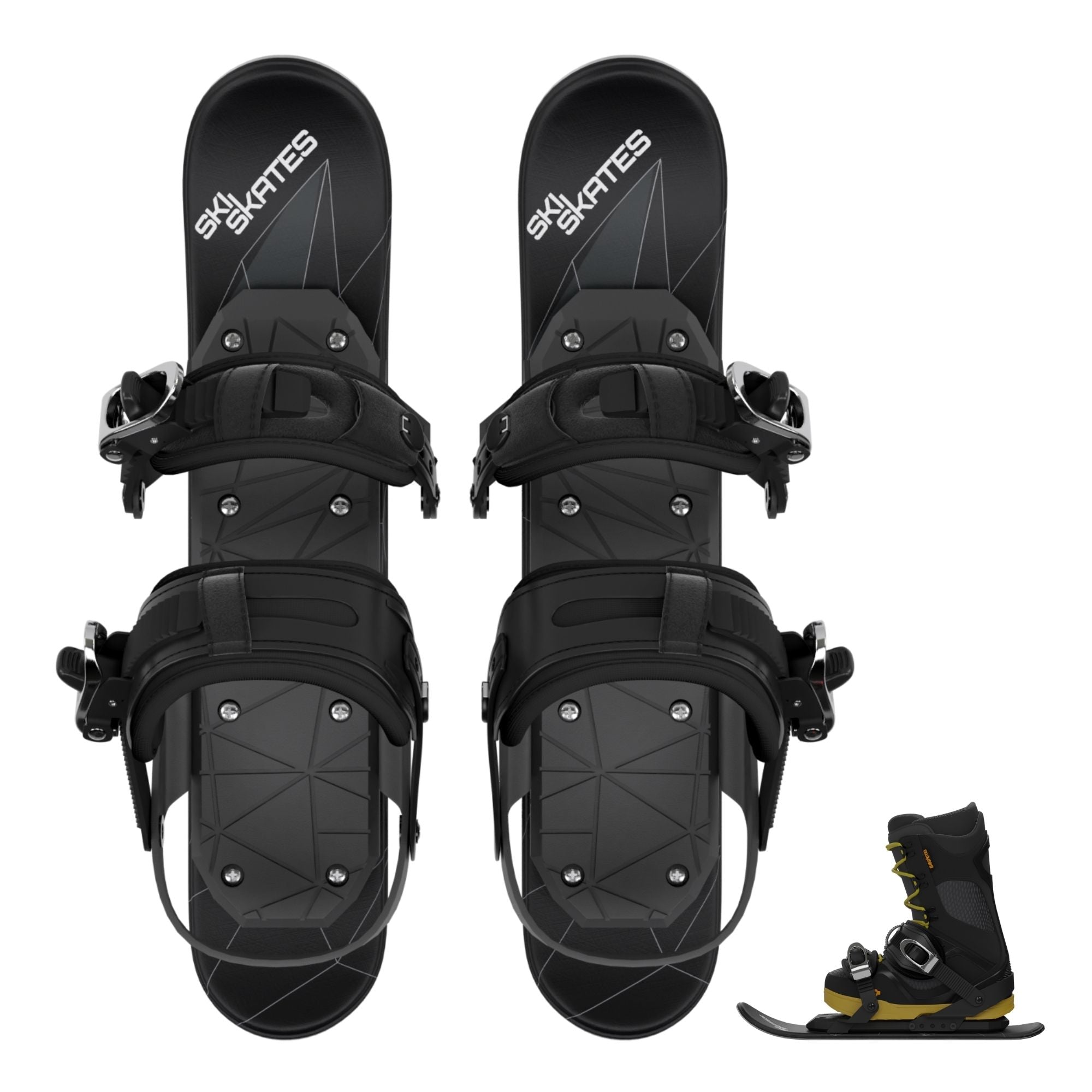
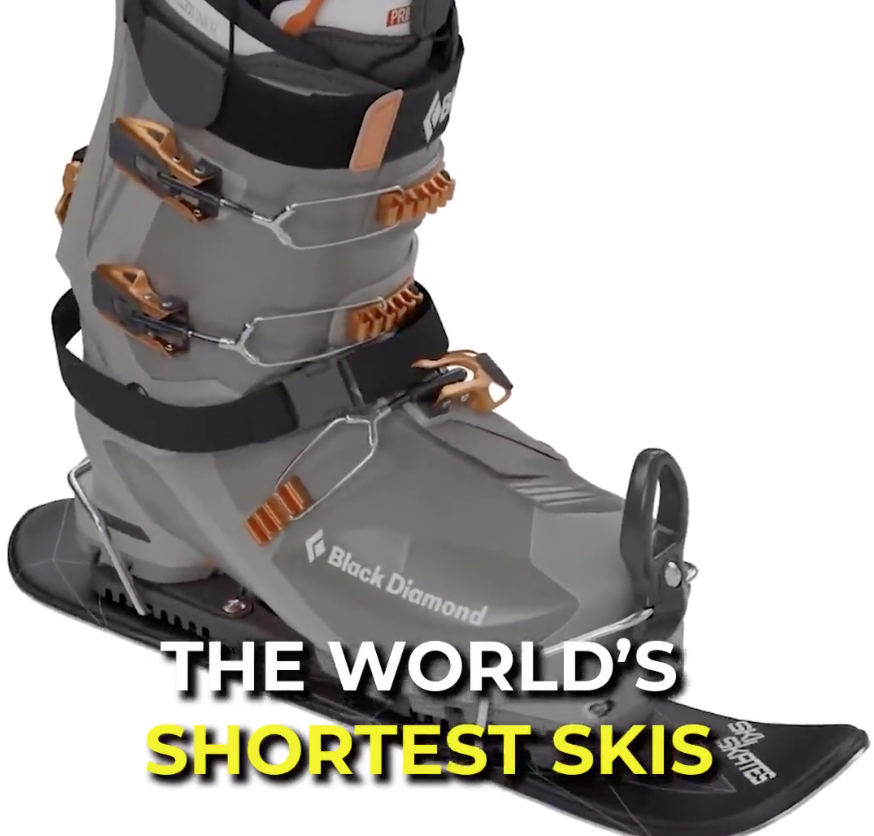
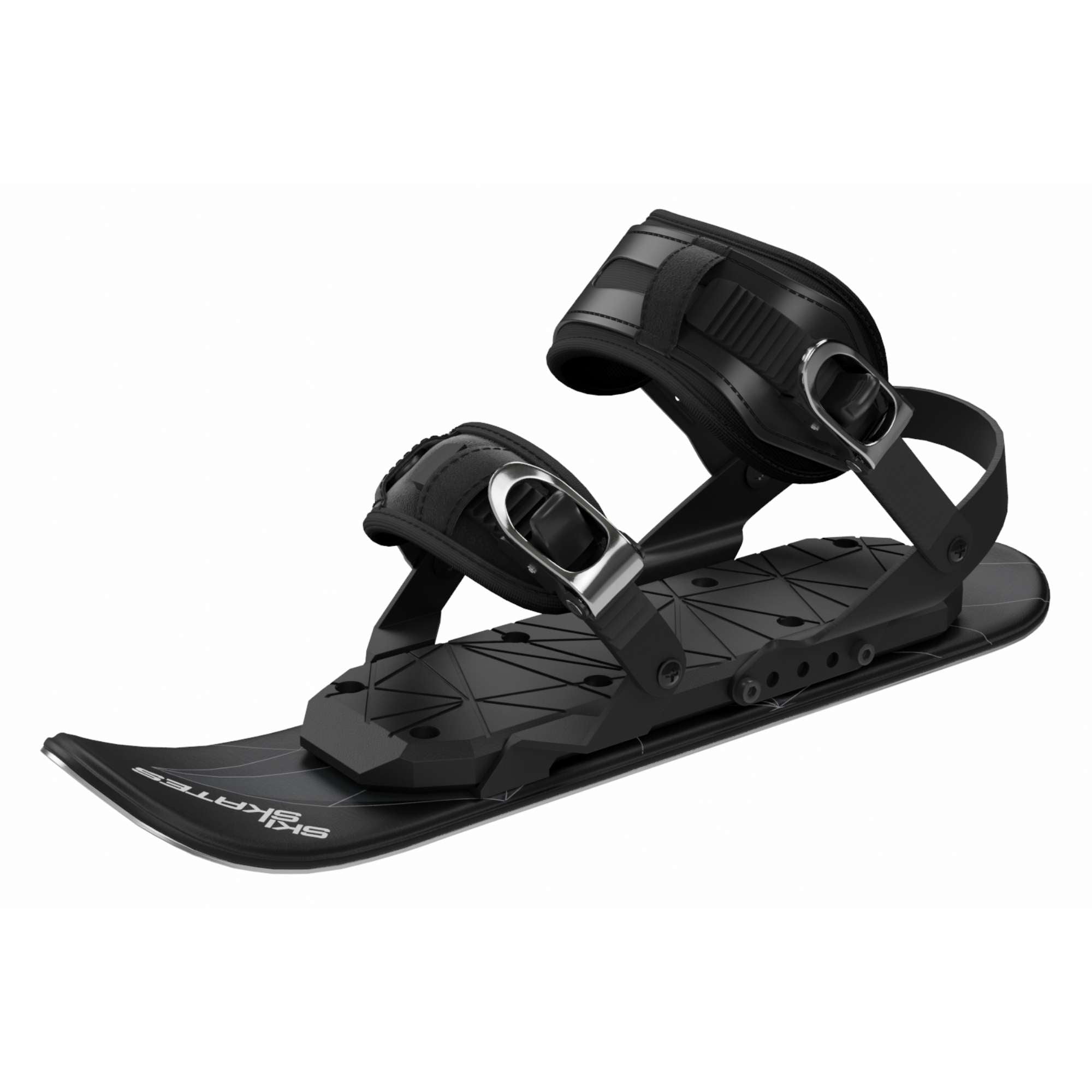
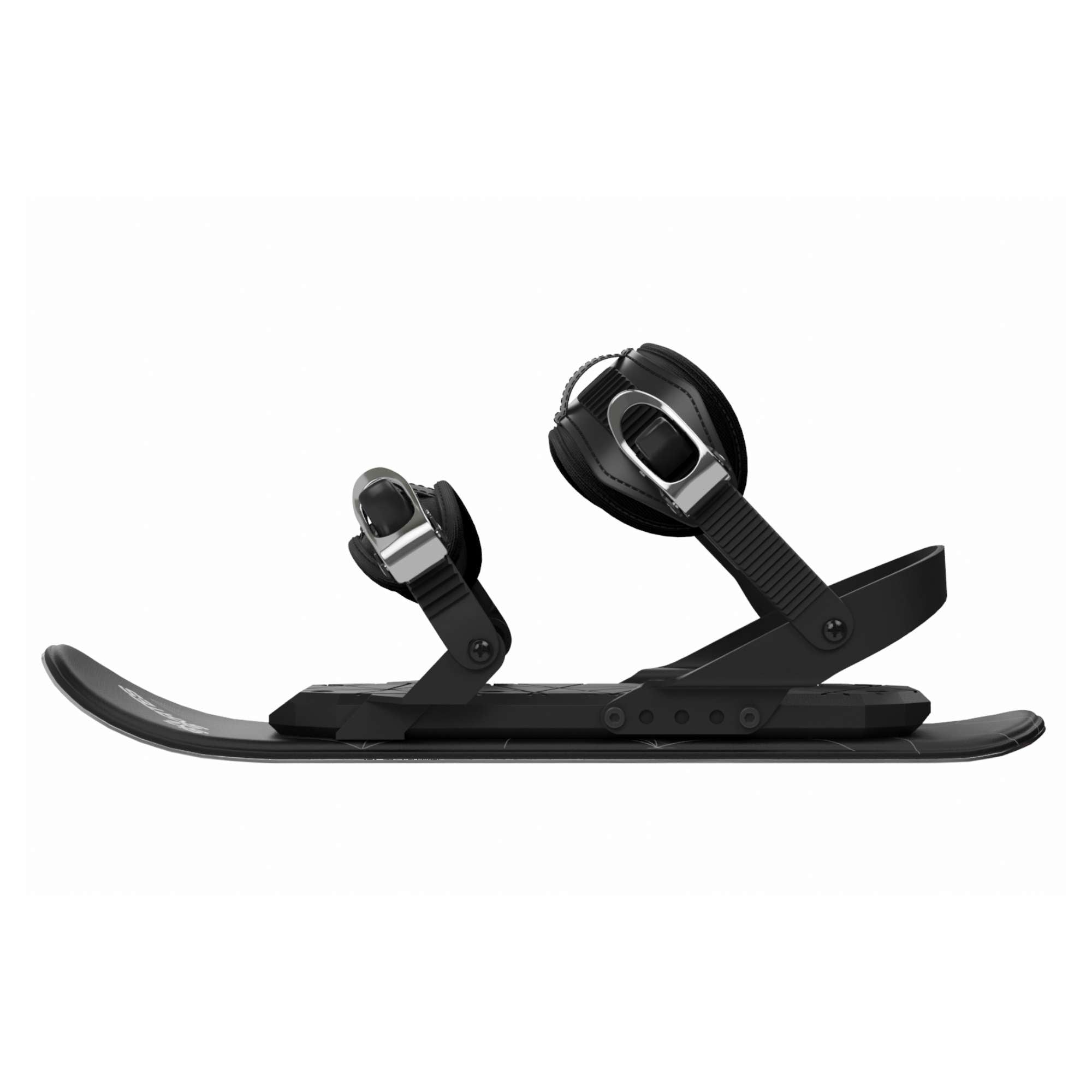
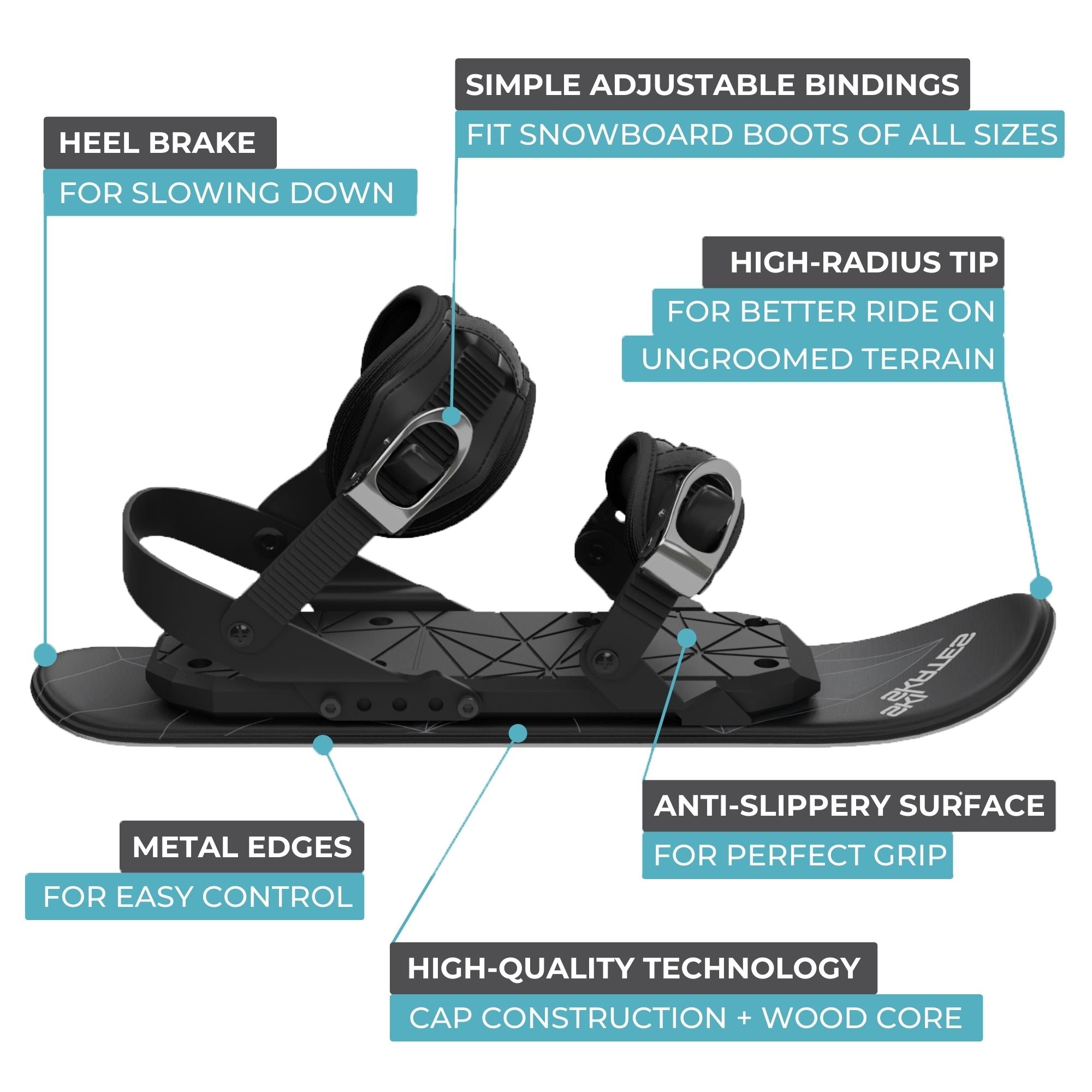
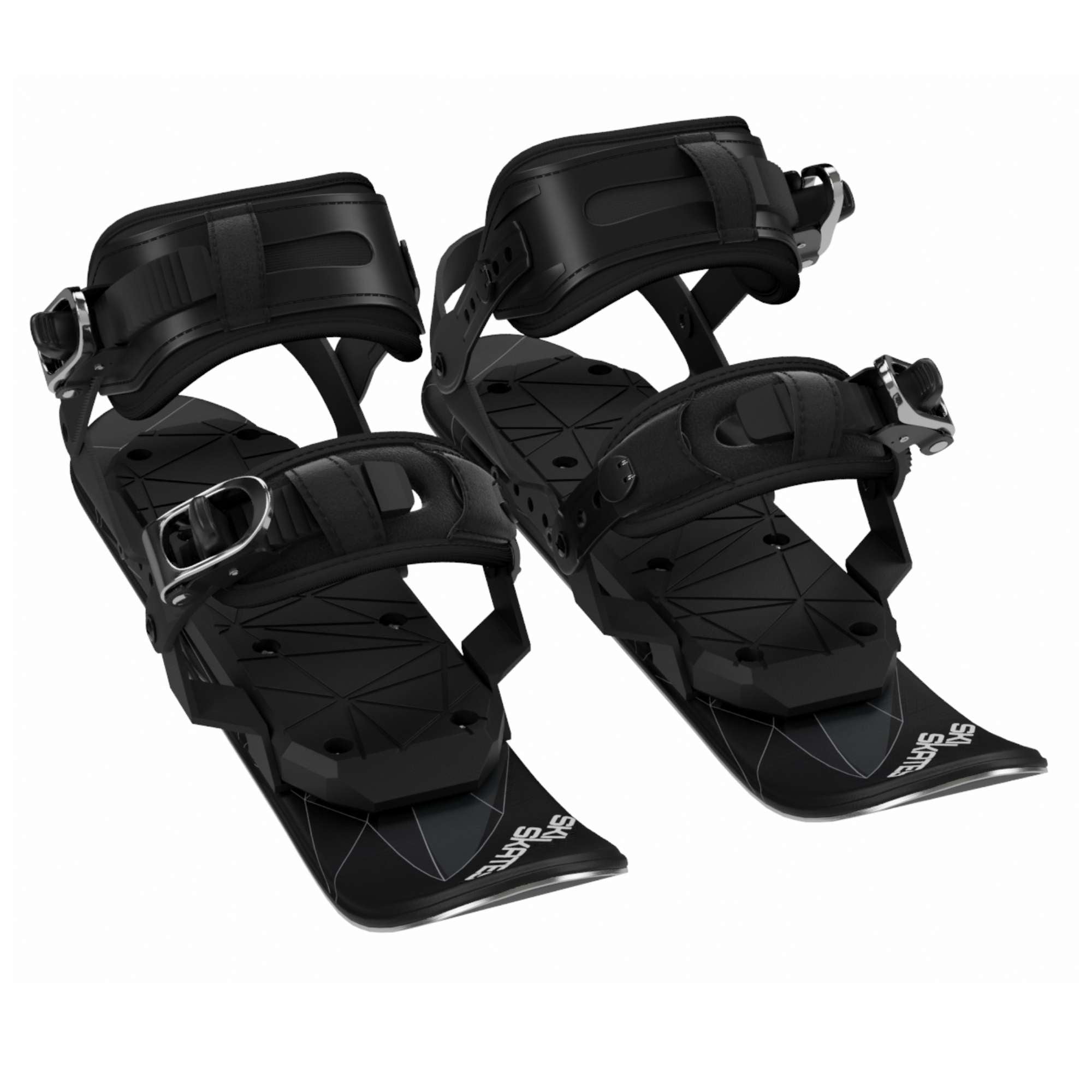
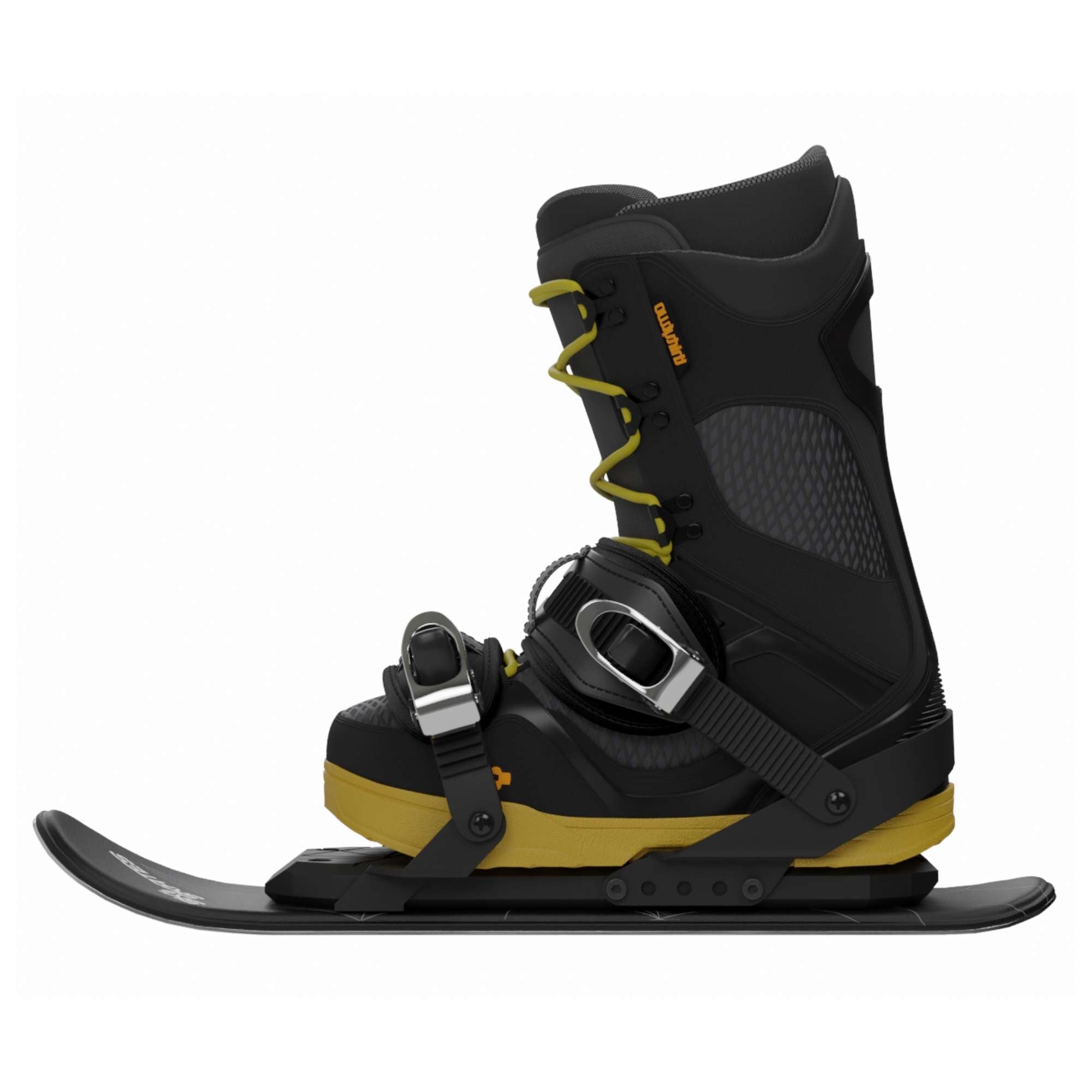
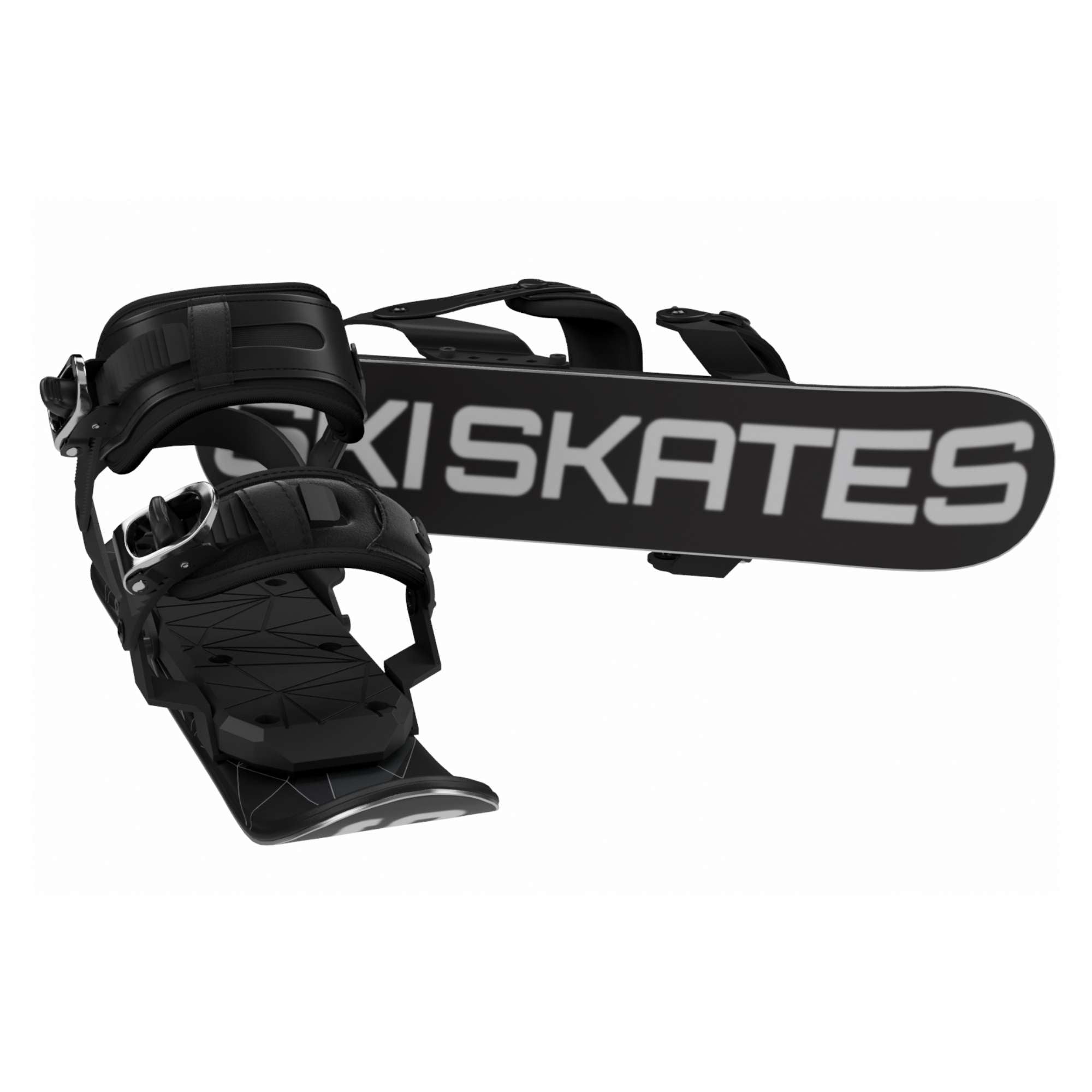
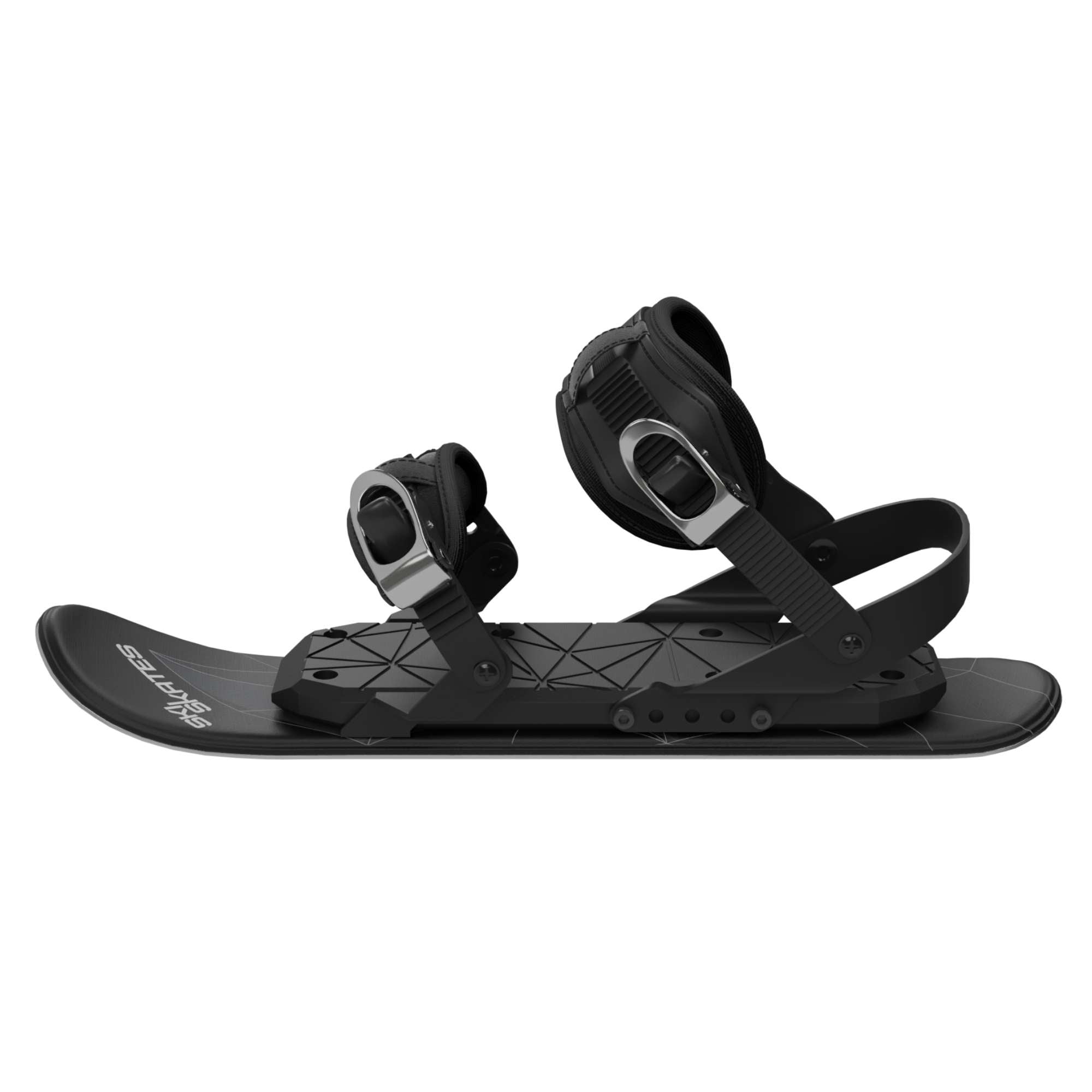
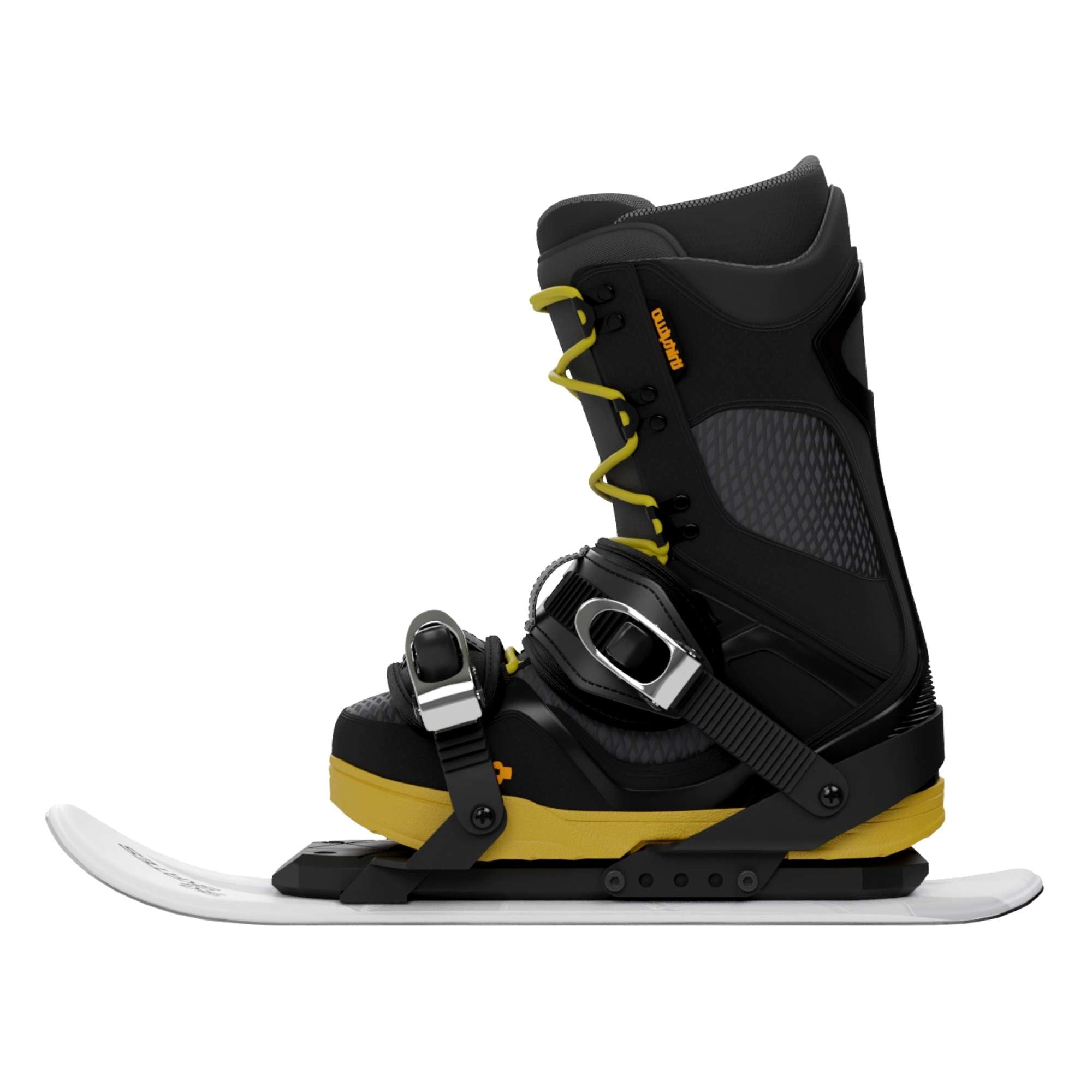
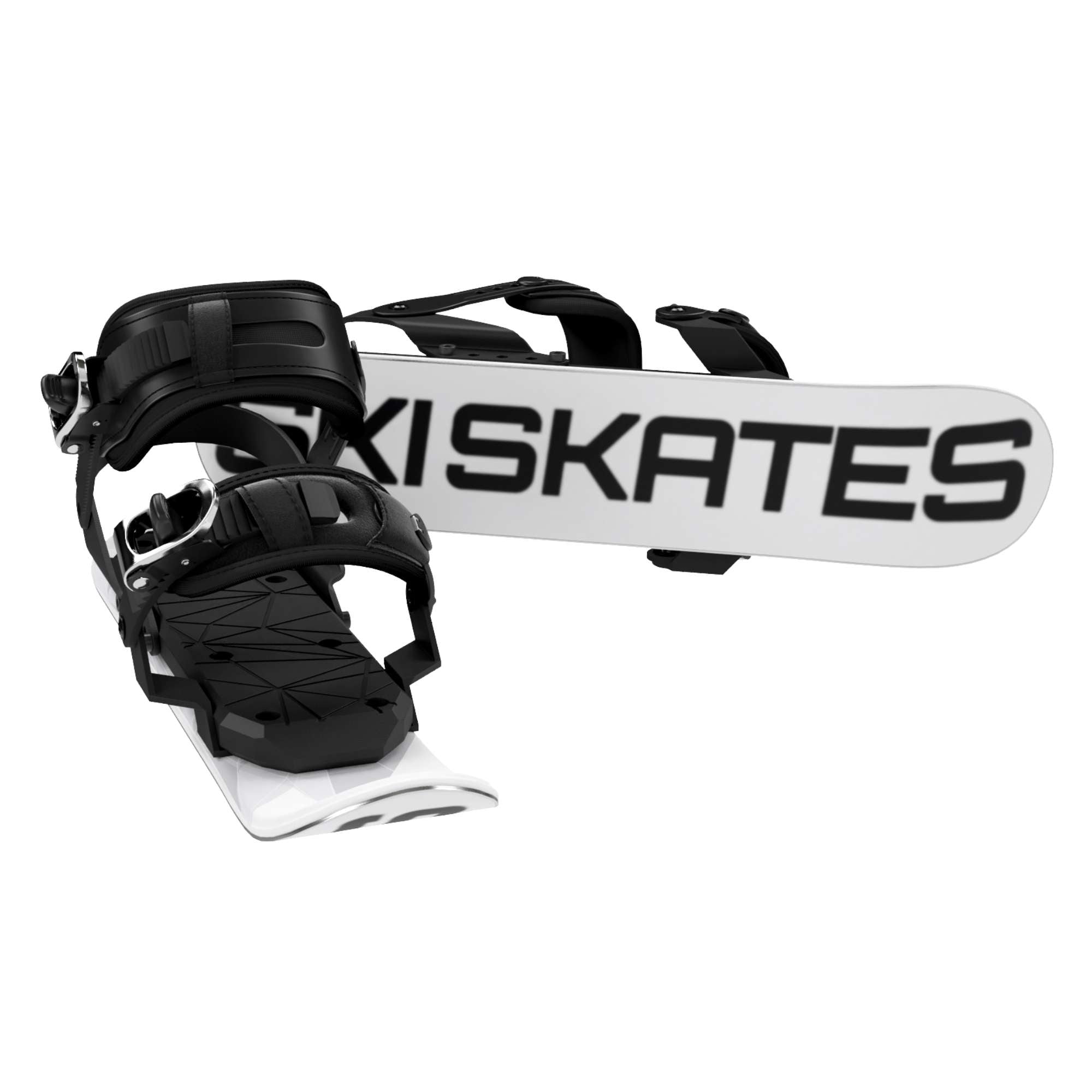
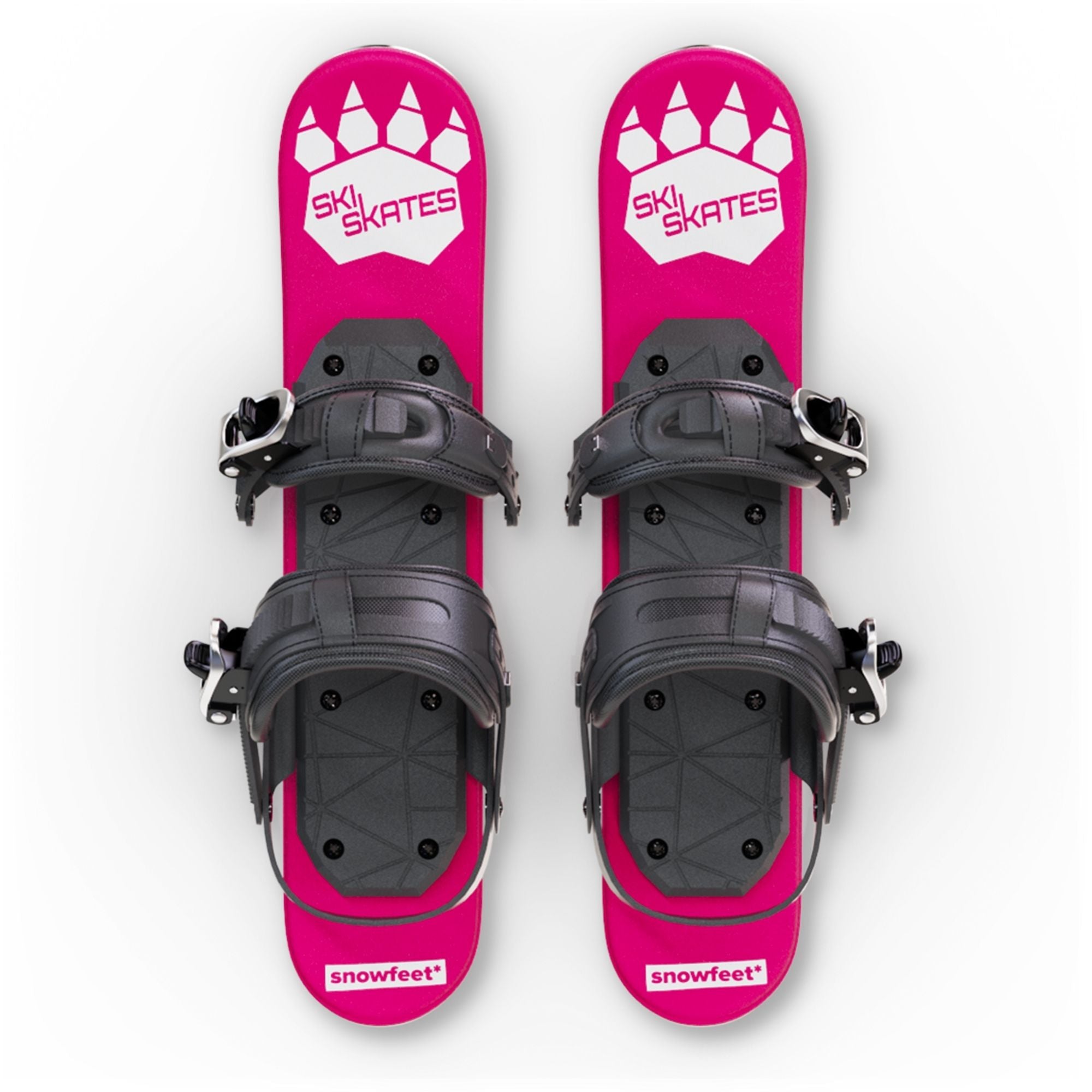
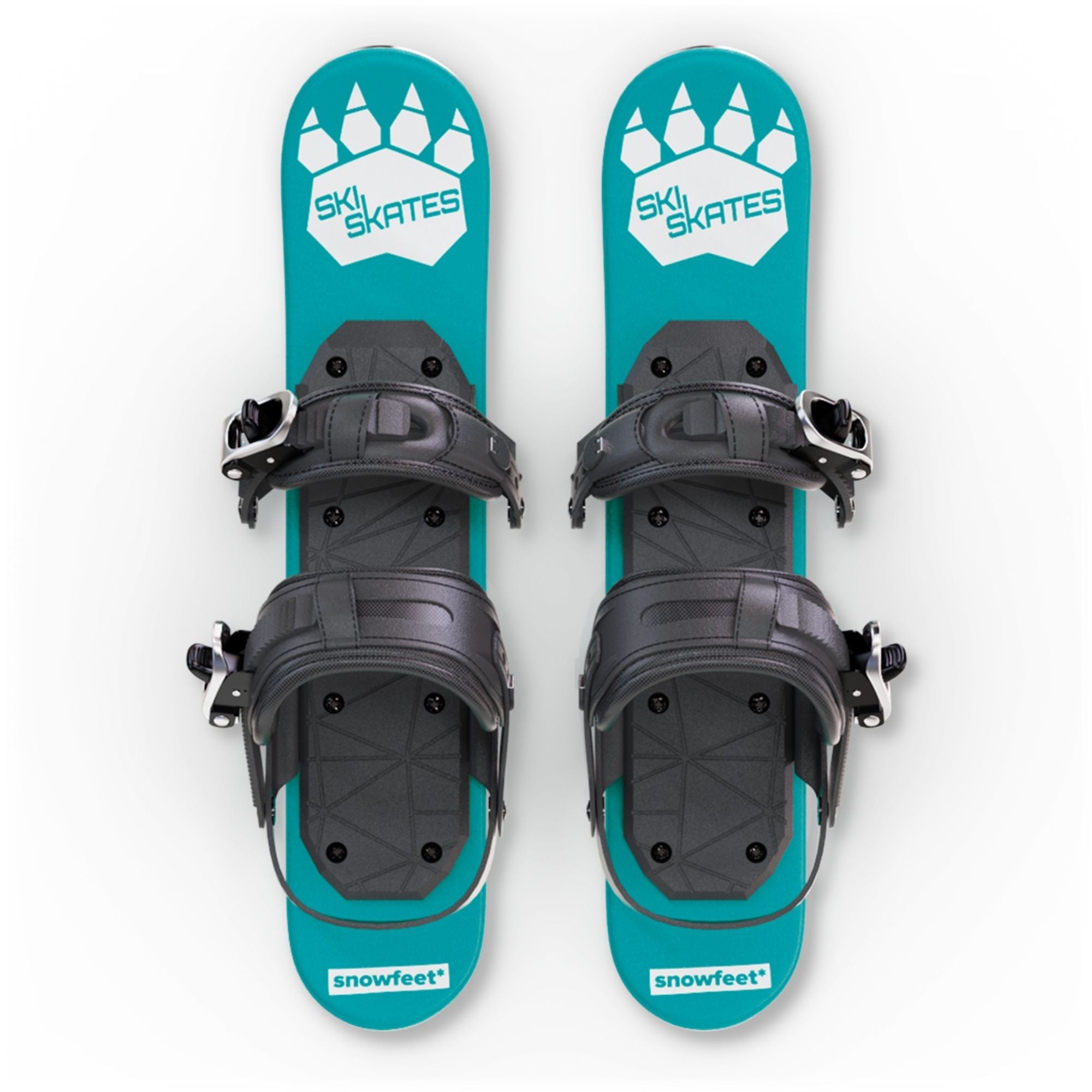
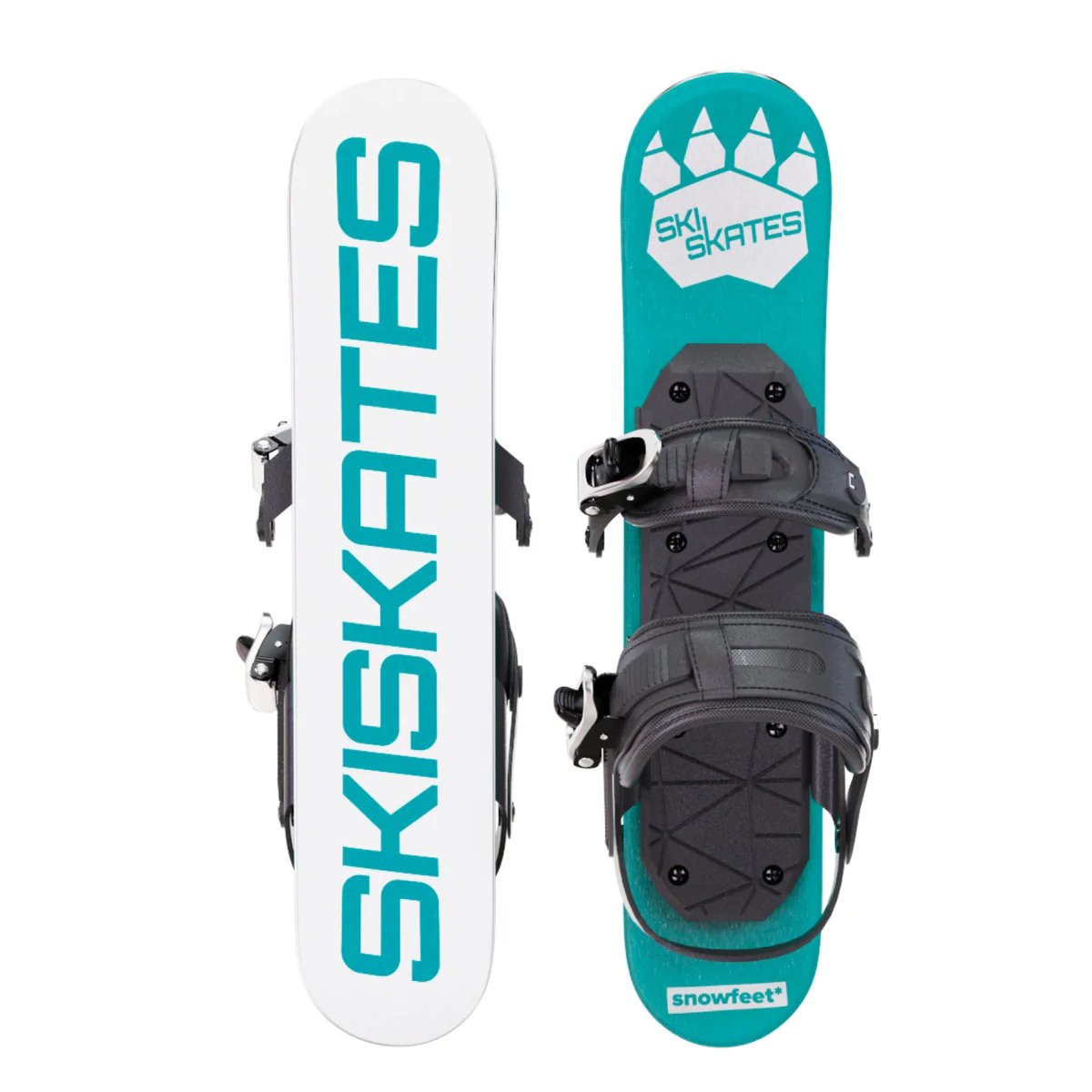
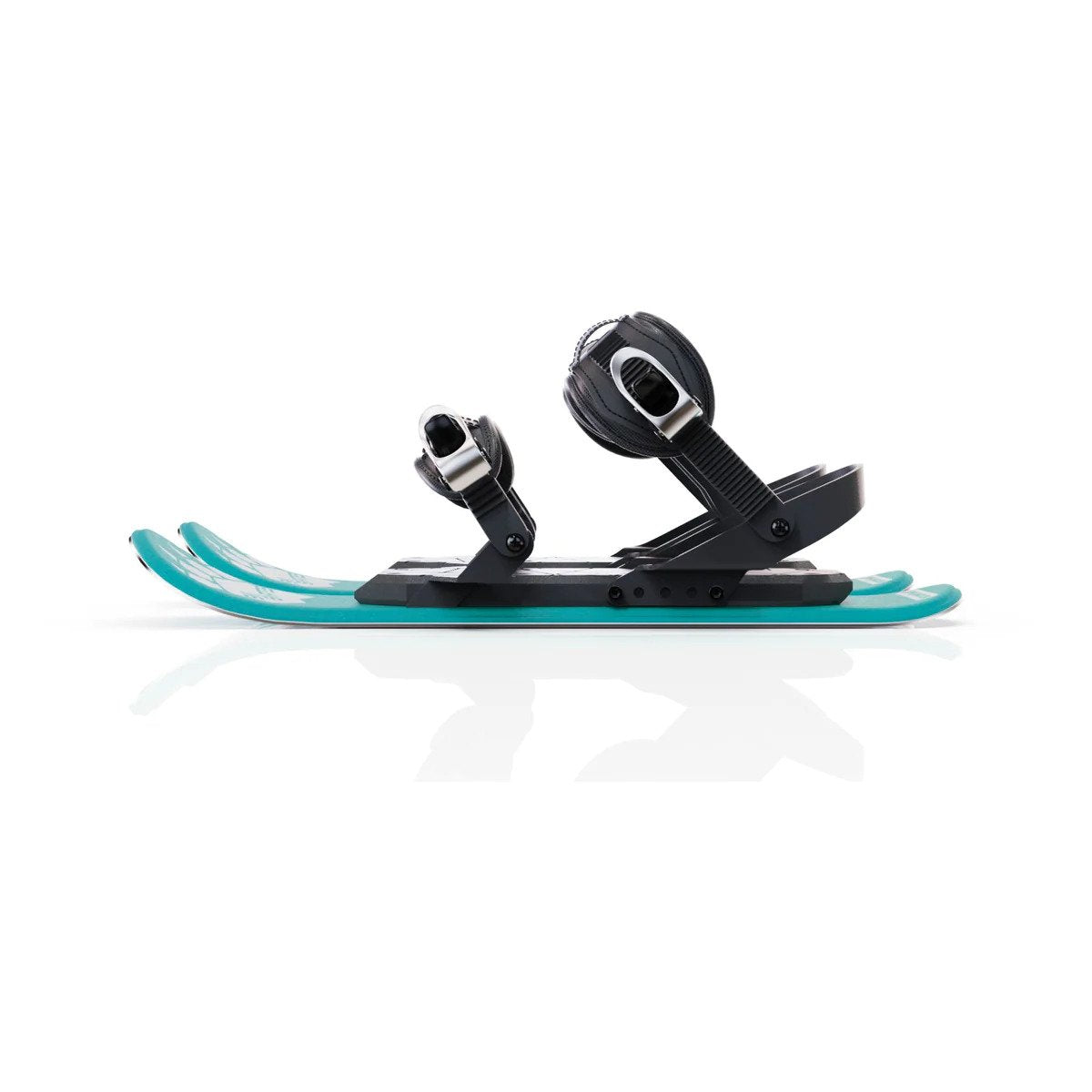
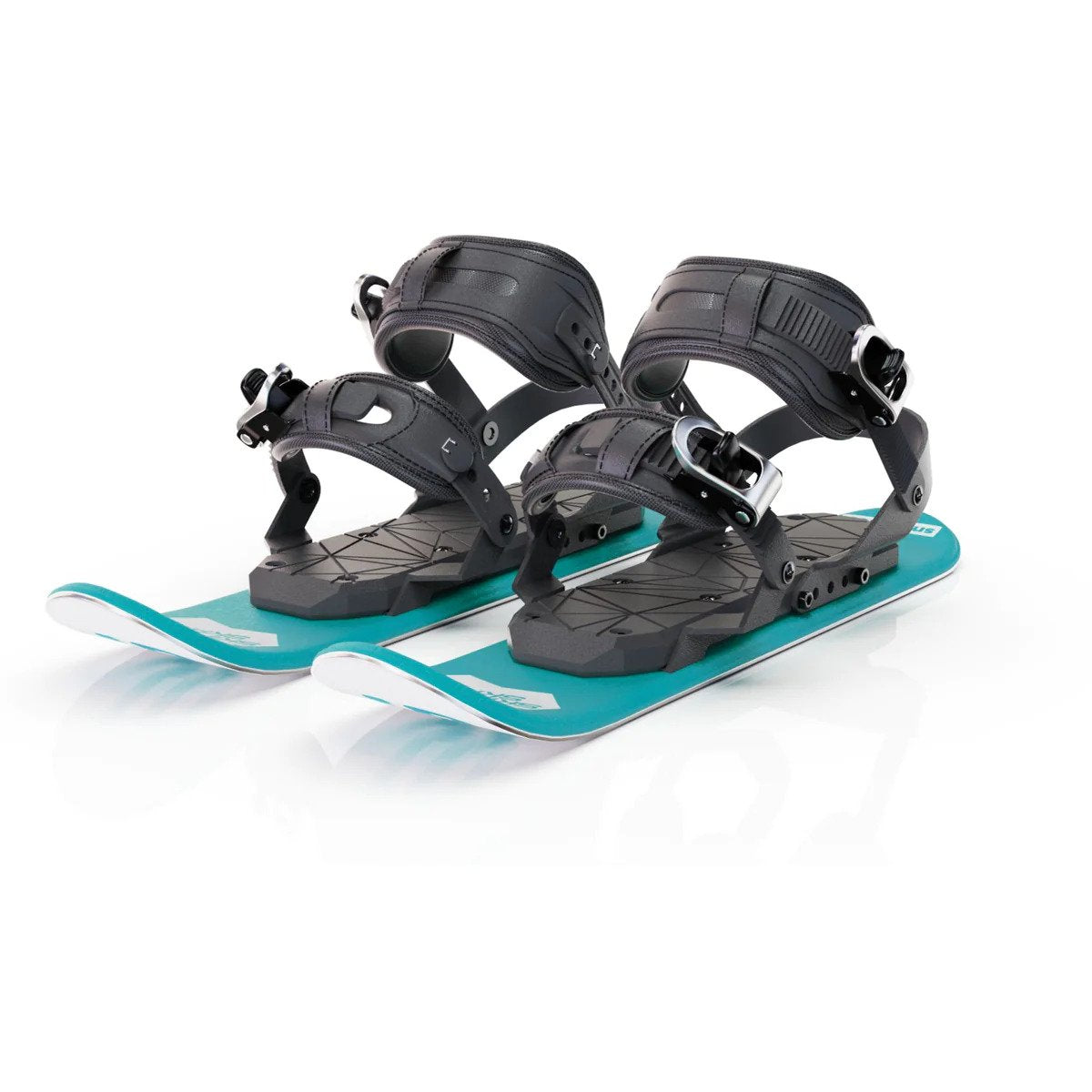
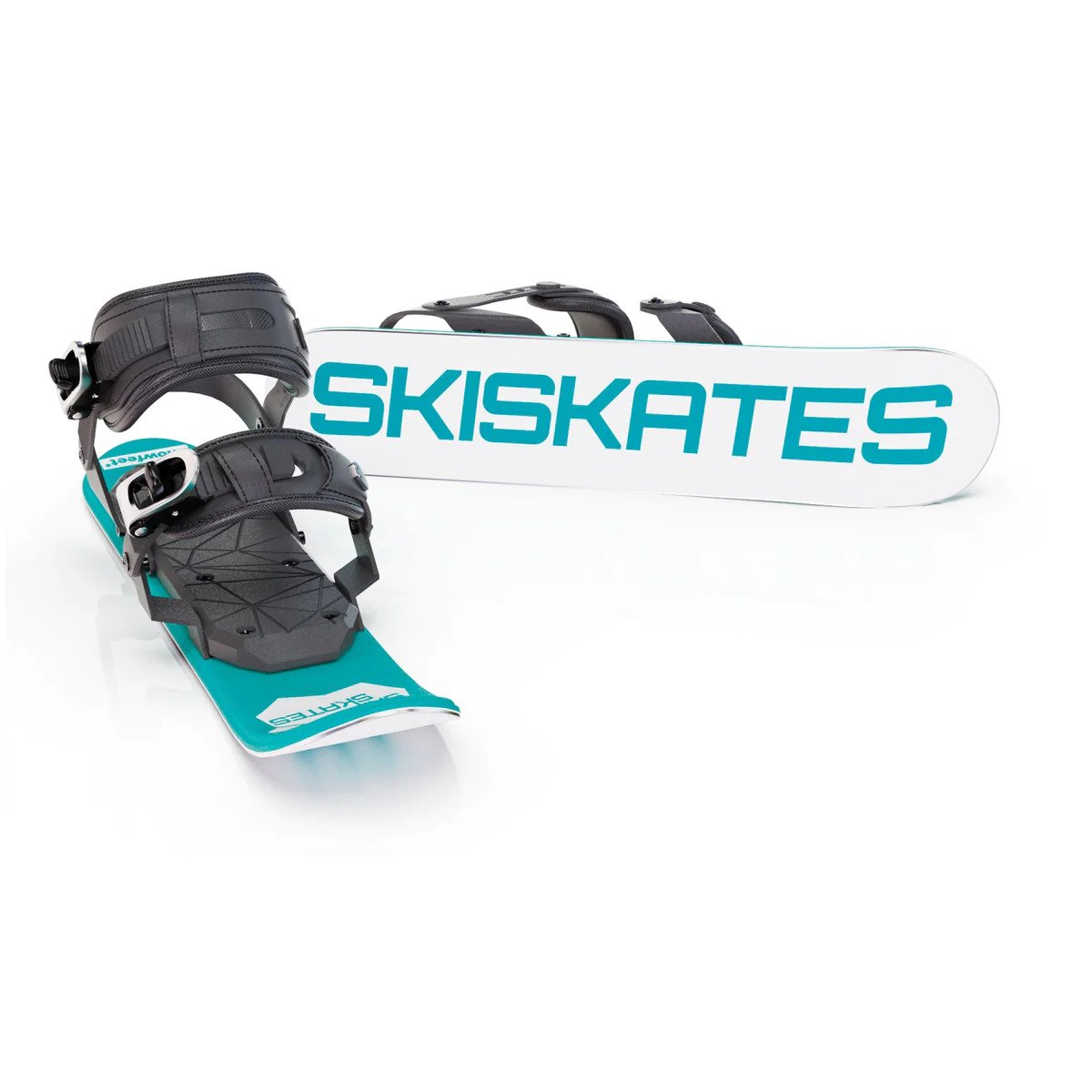
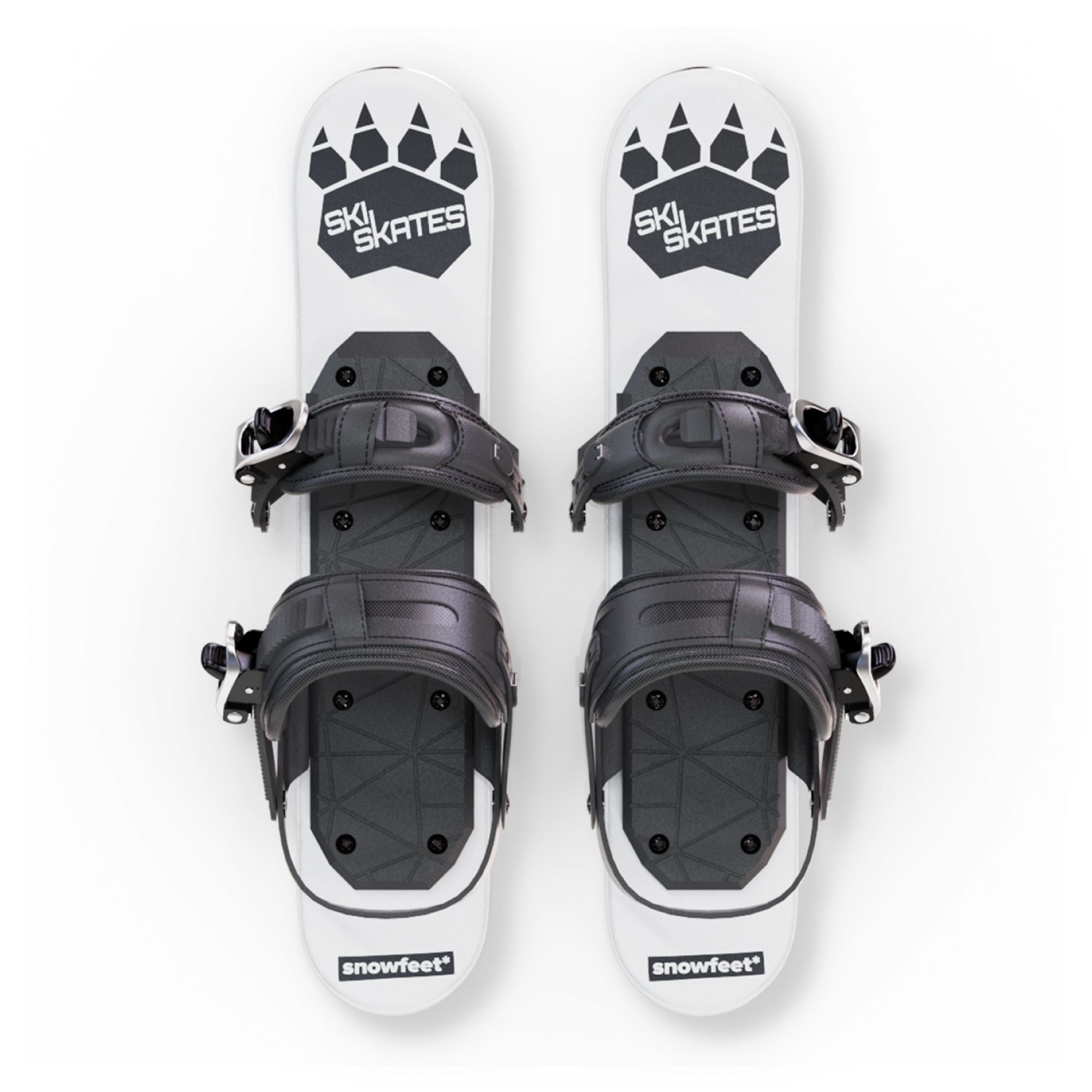
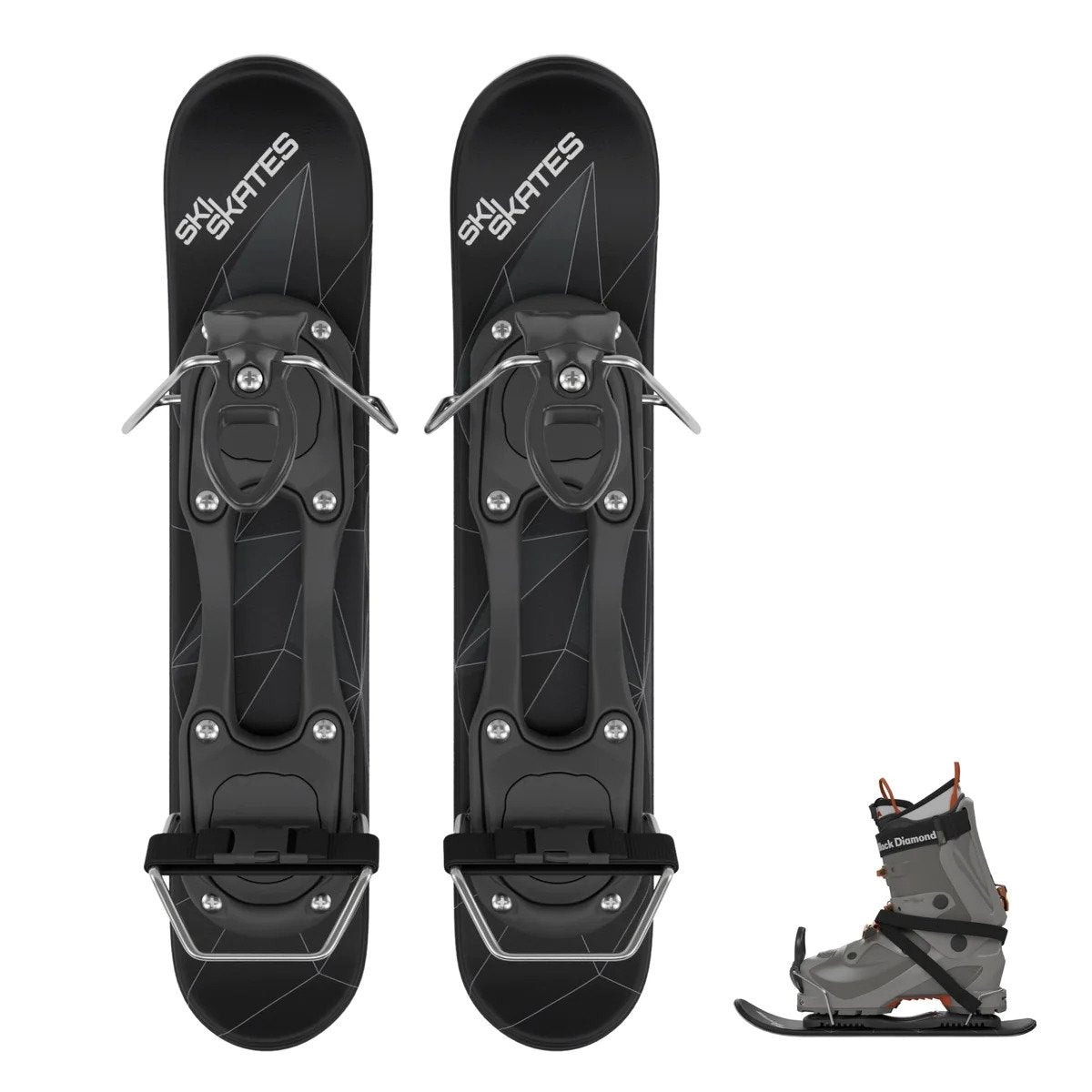
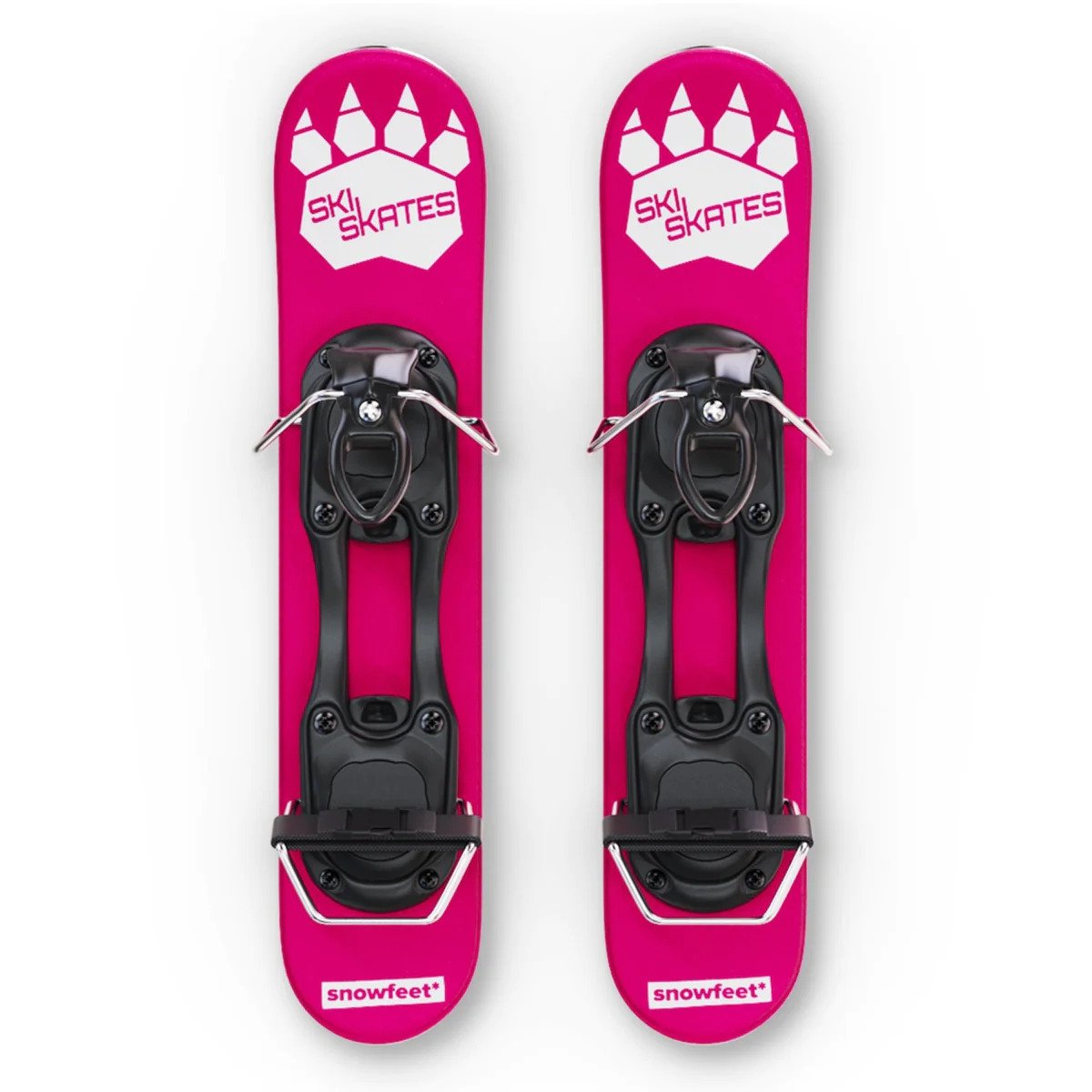
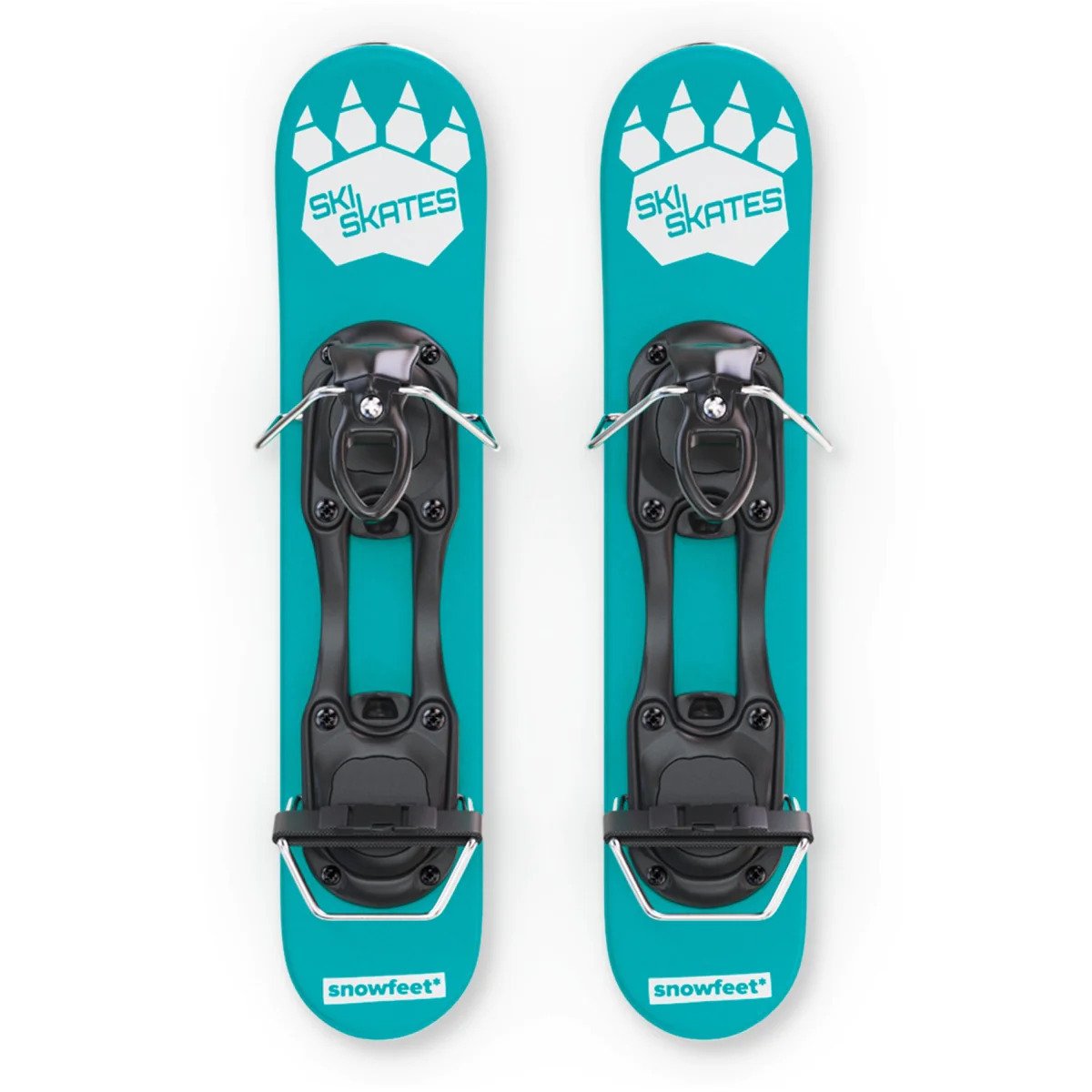
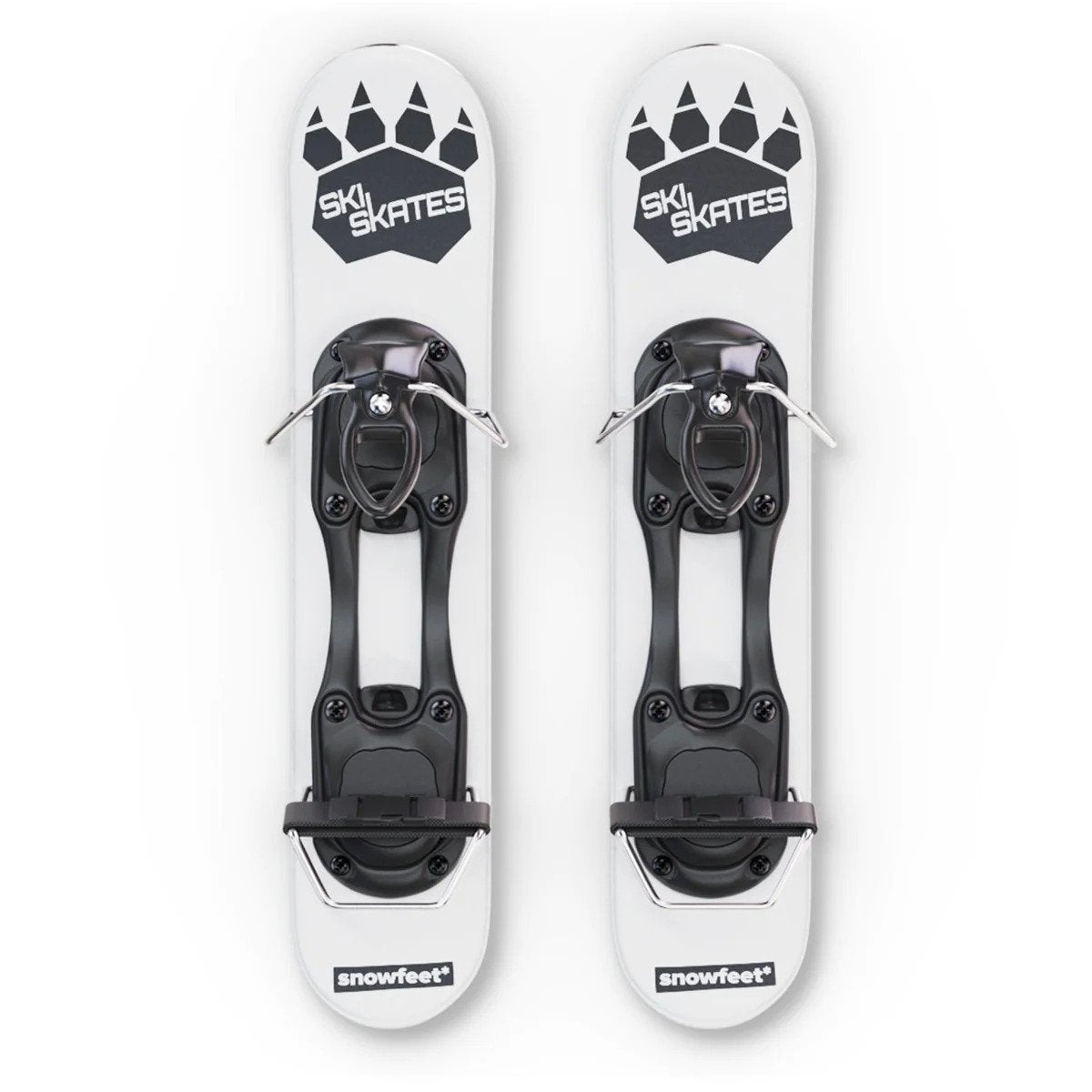
Free Shipping | 3 Business Days
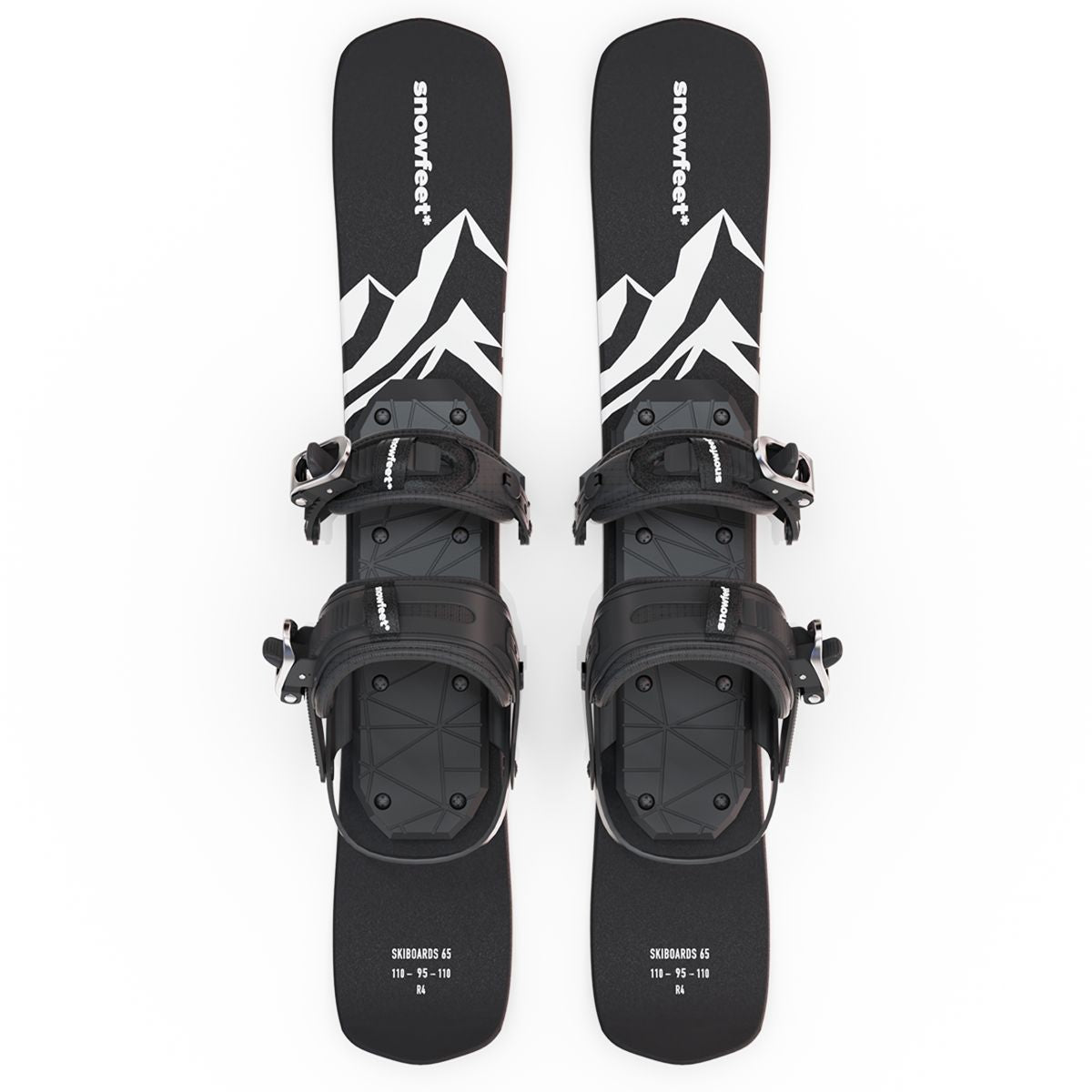
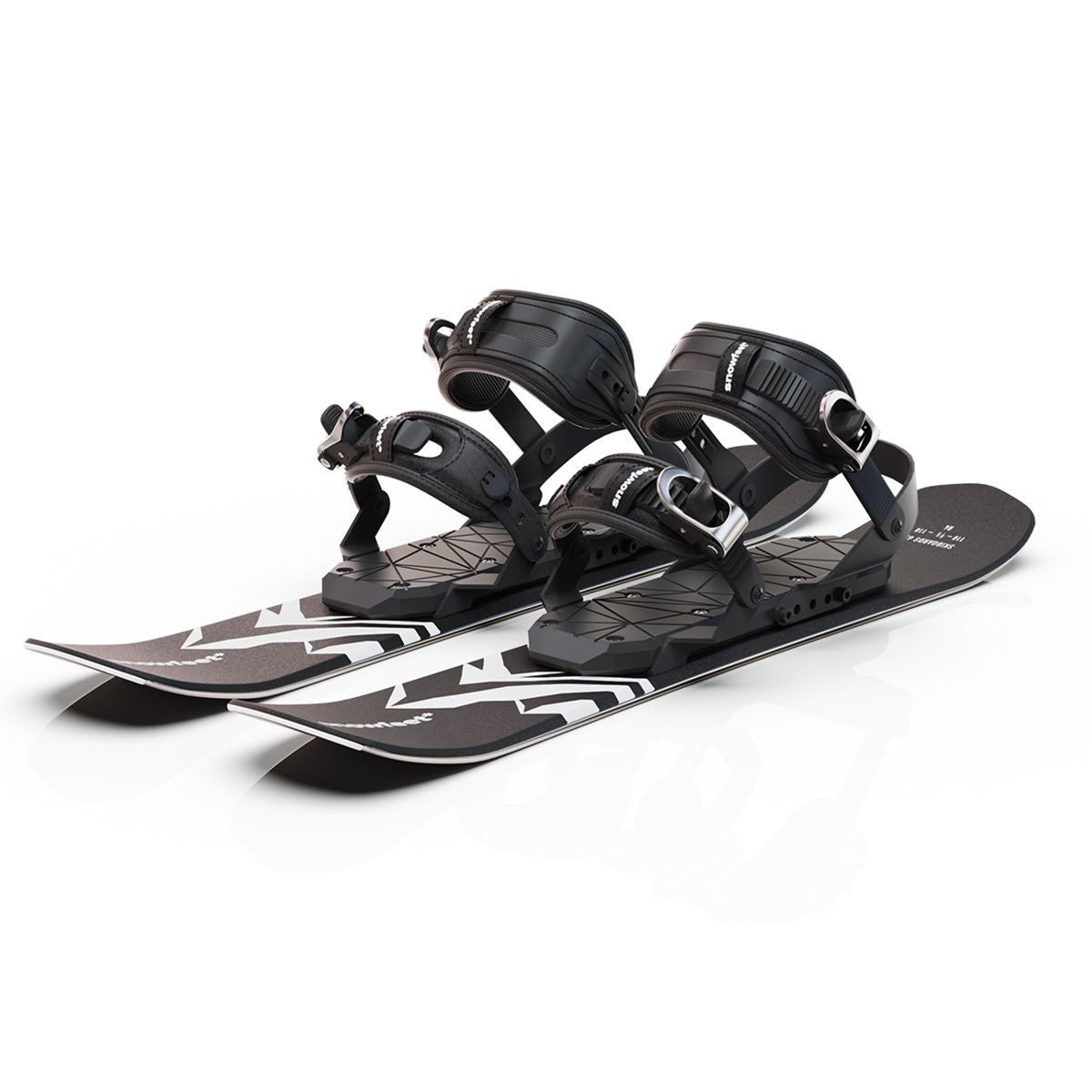
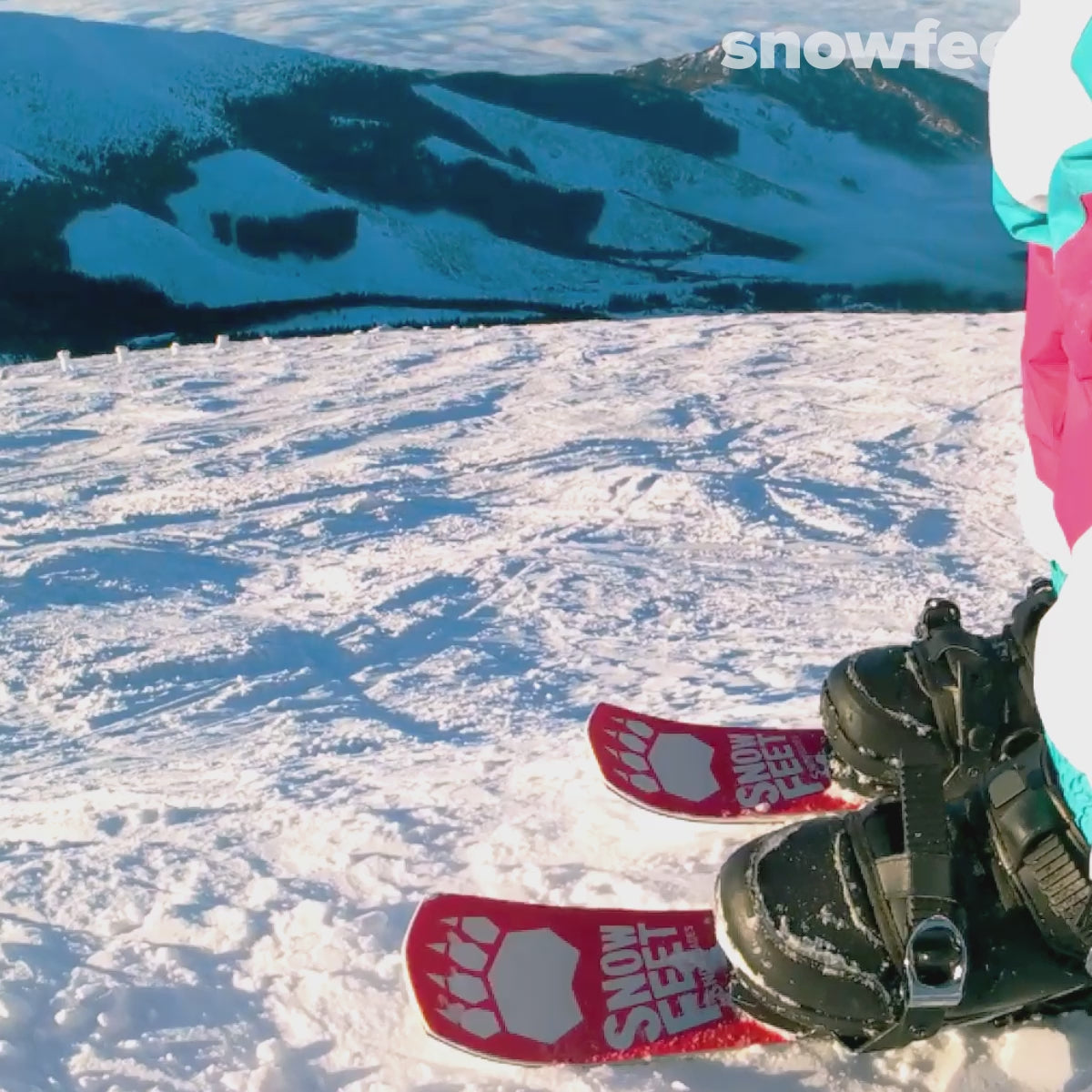
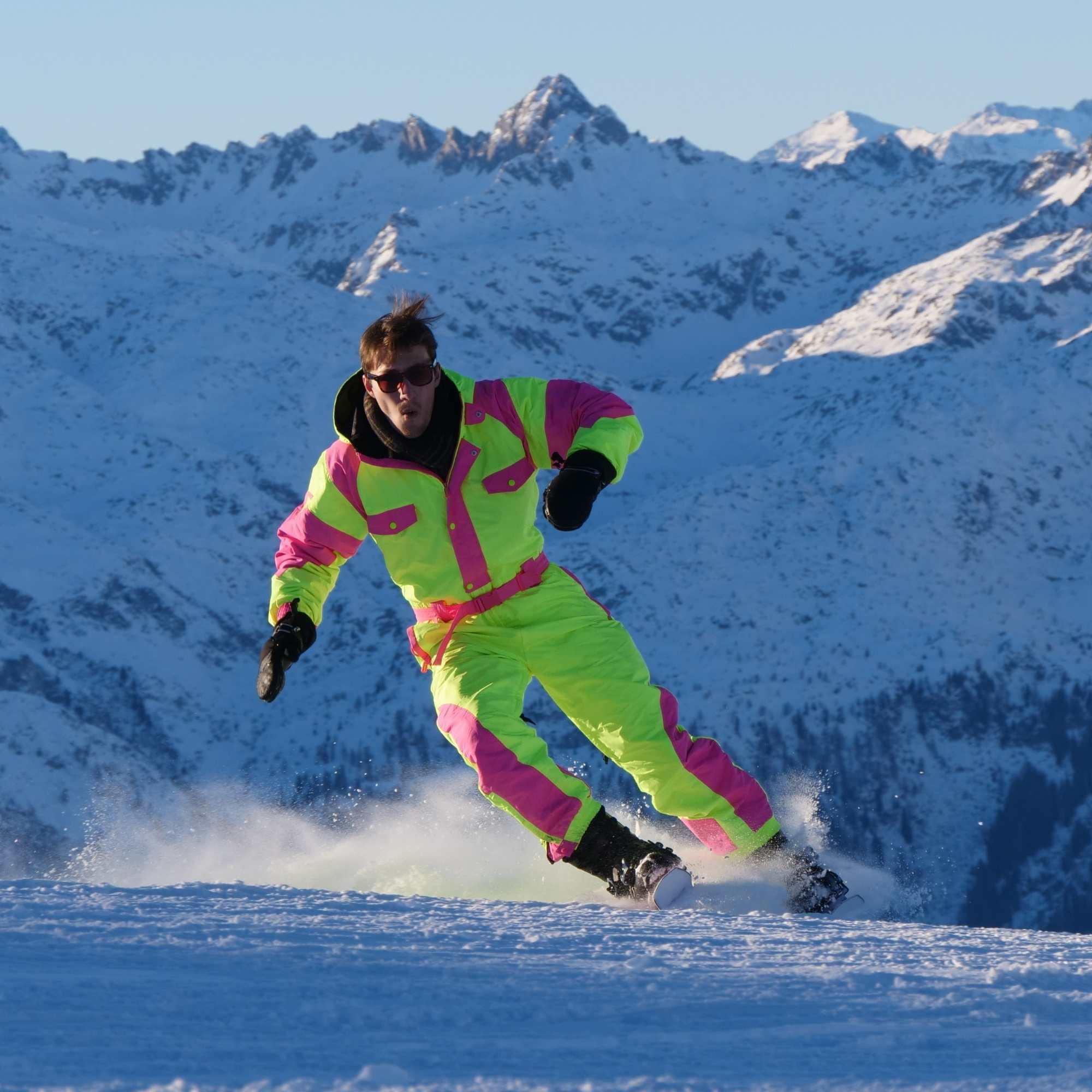
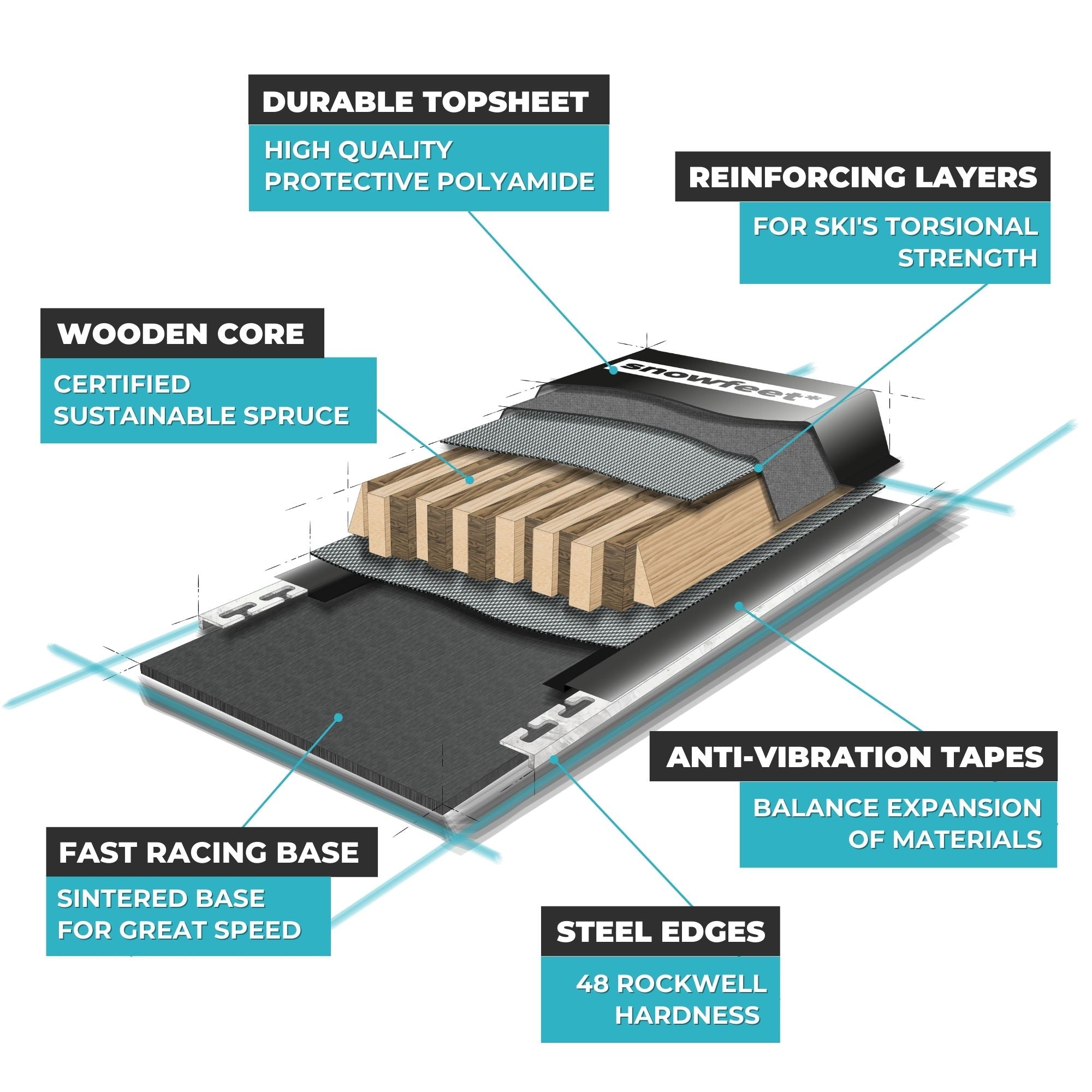
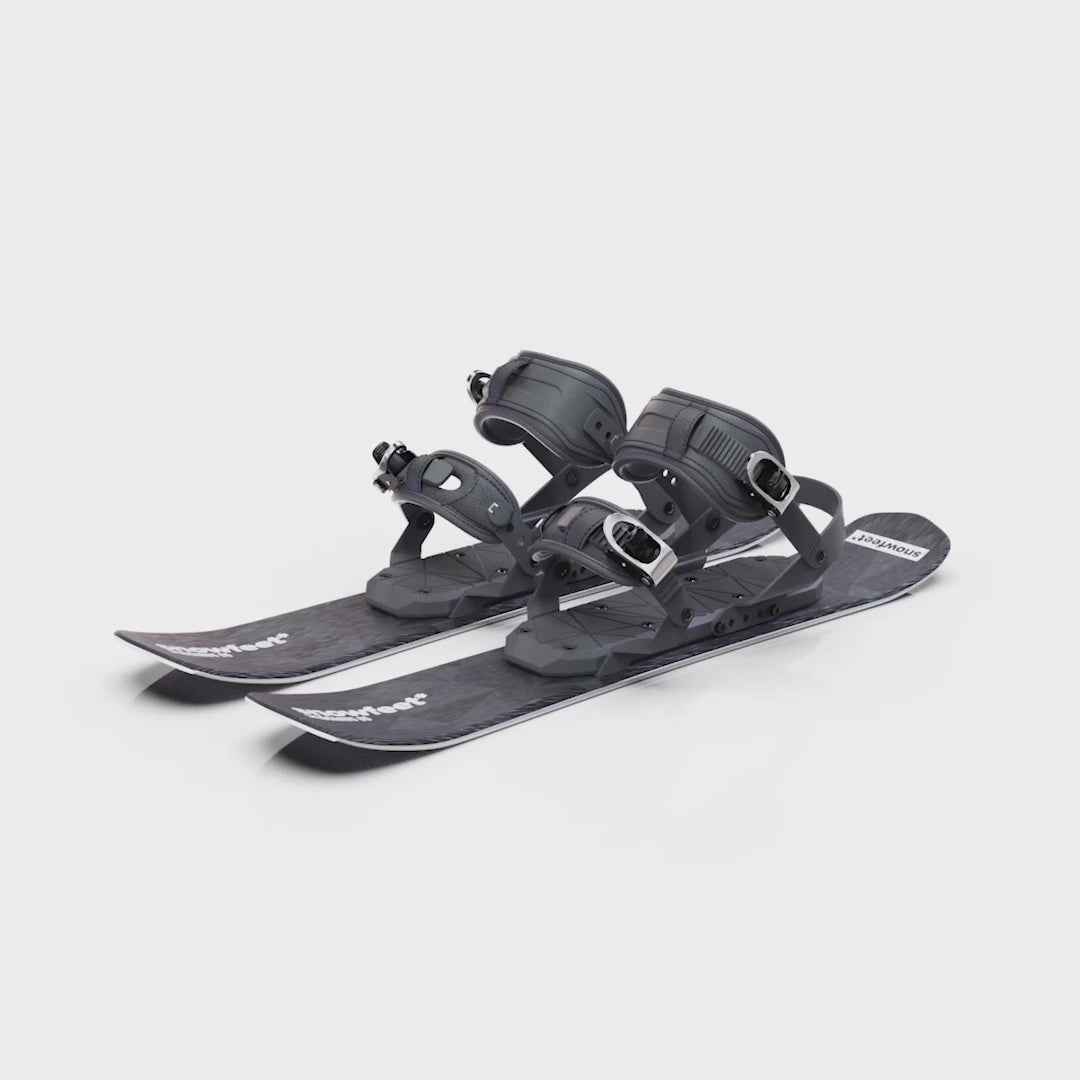
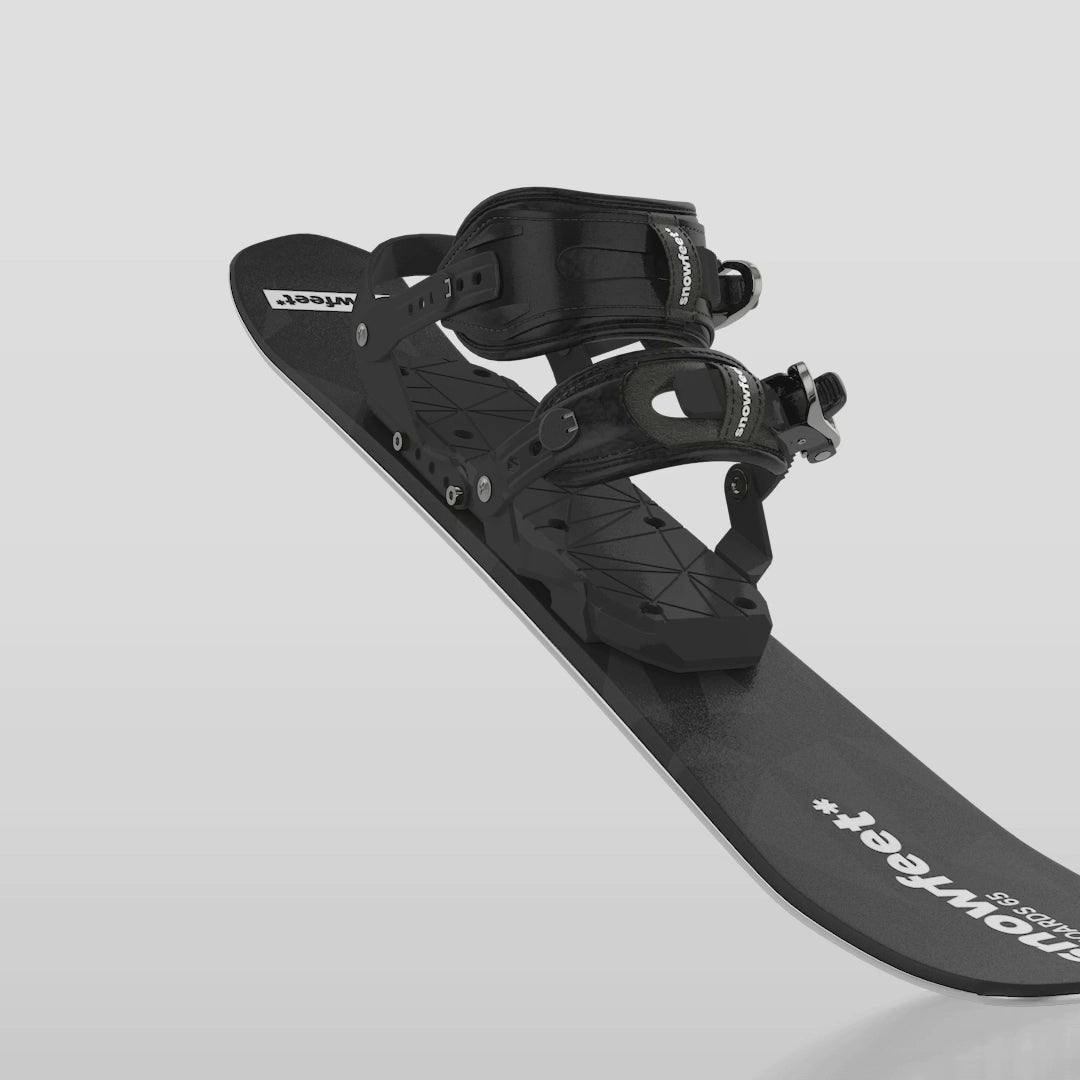
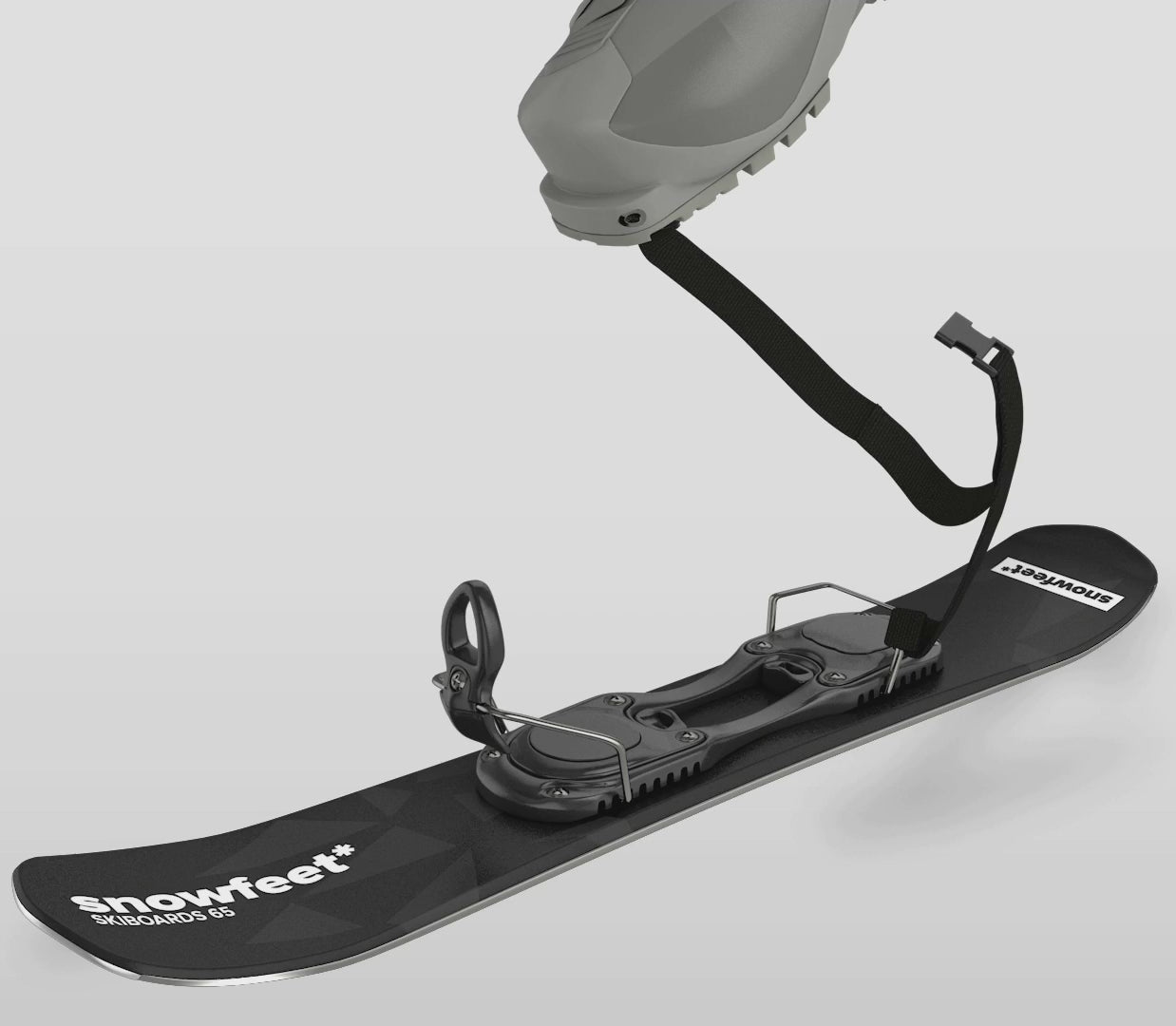
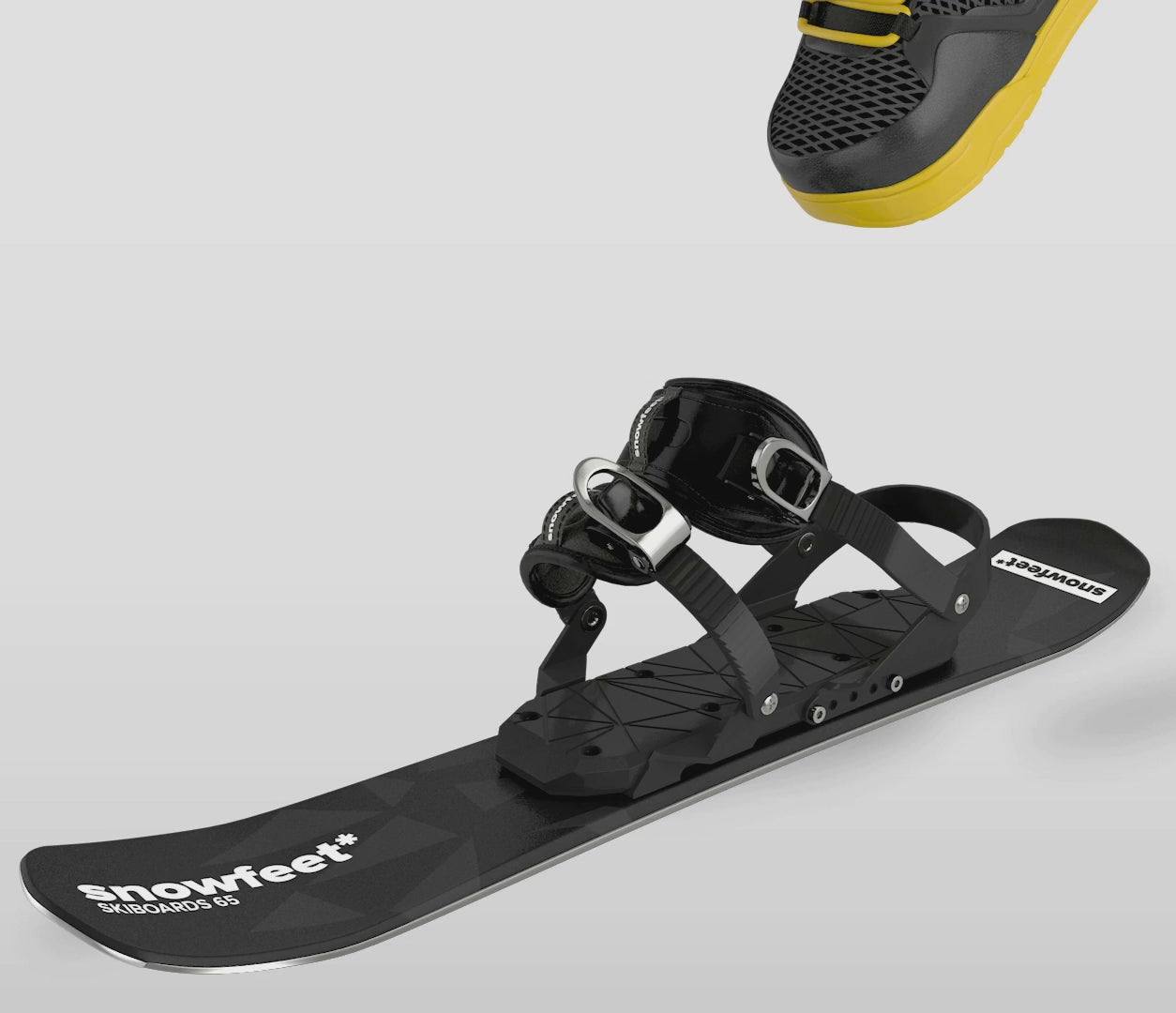
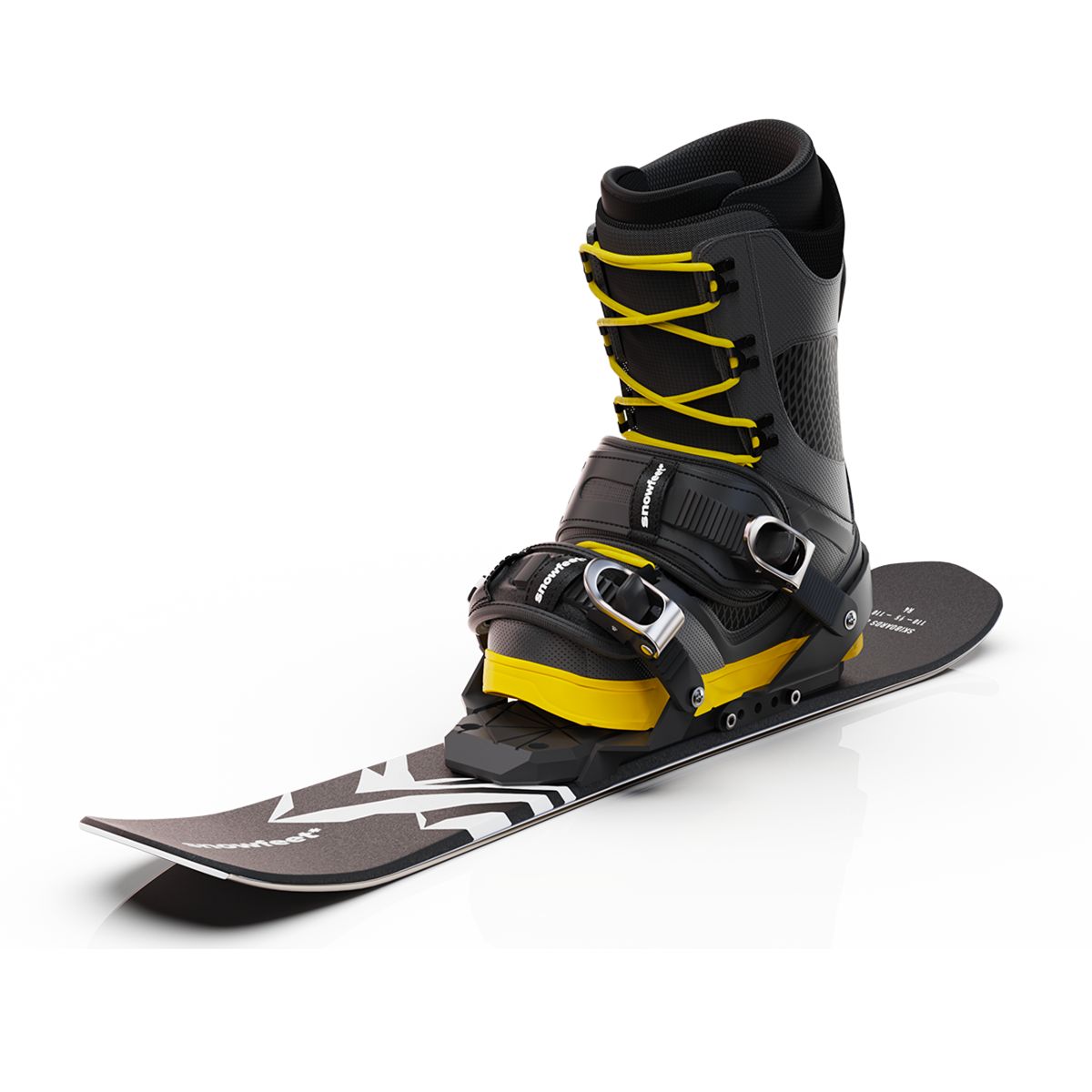
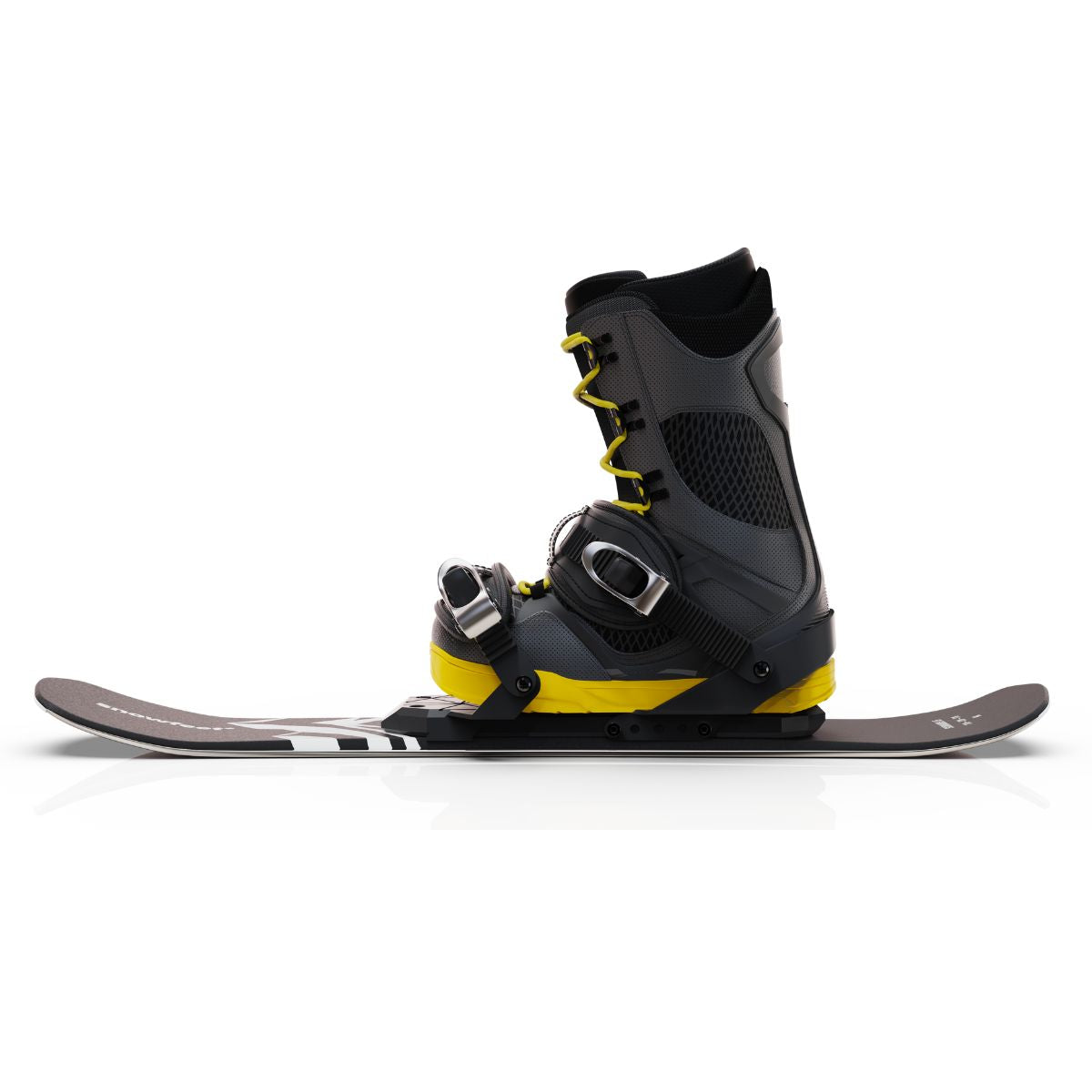
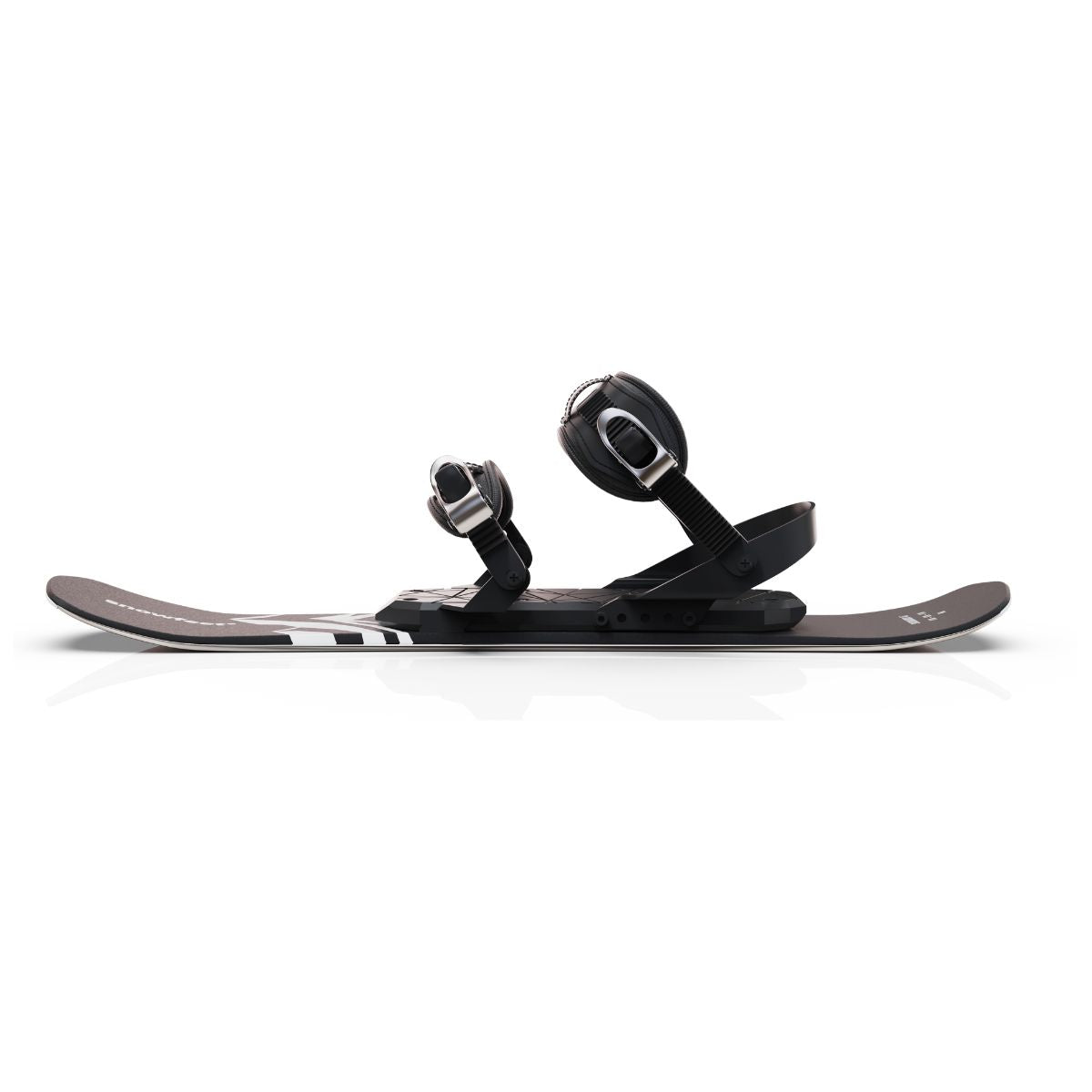
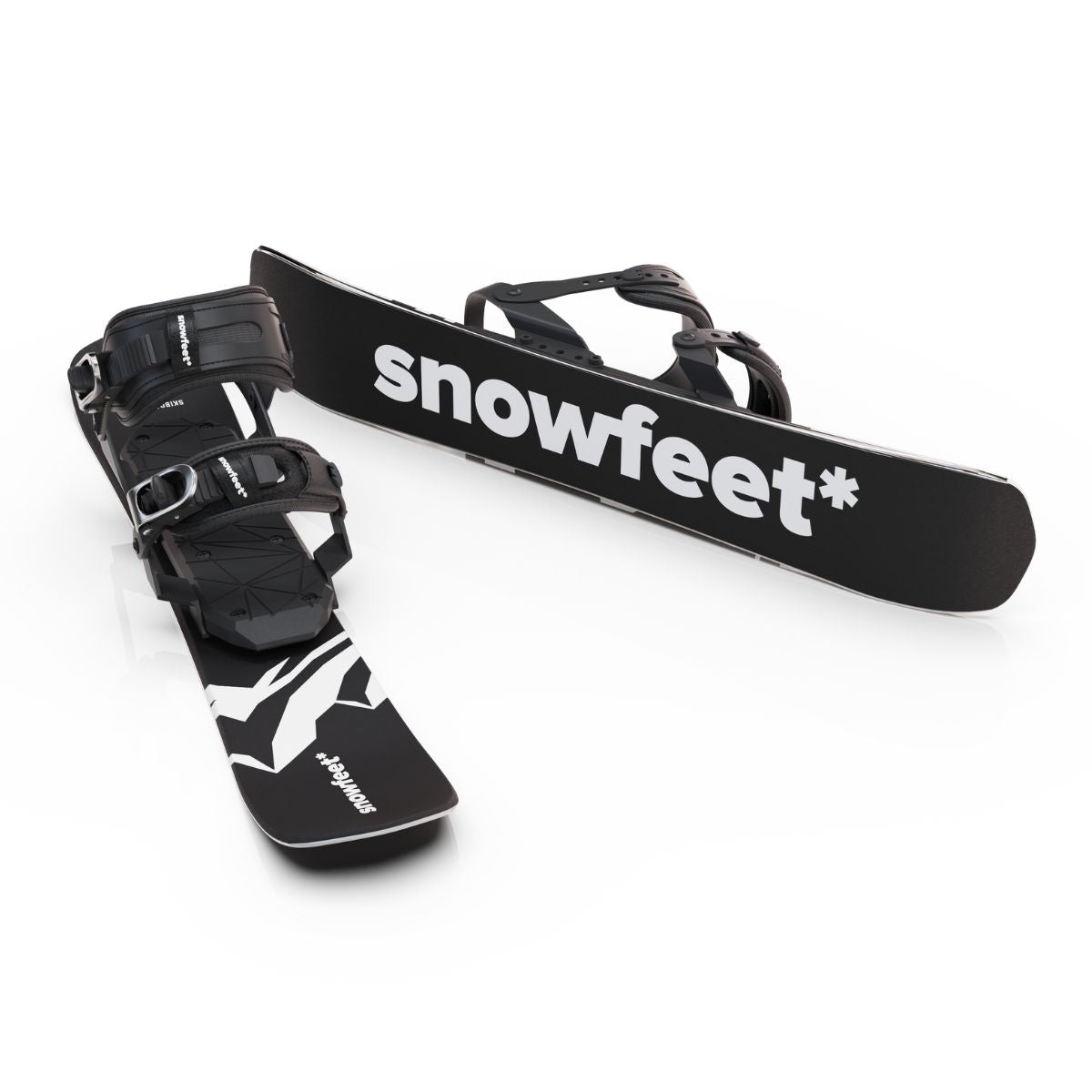
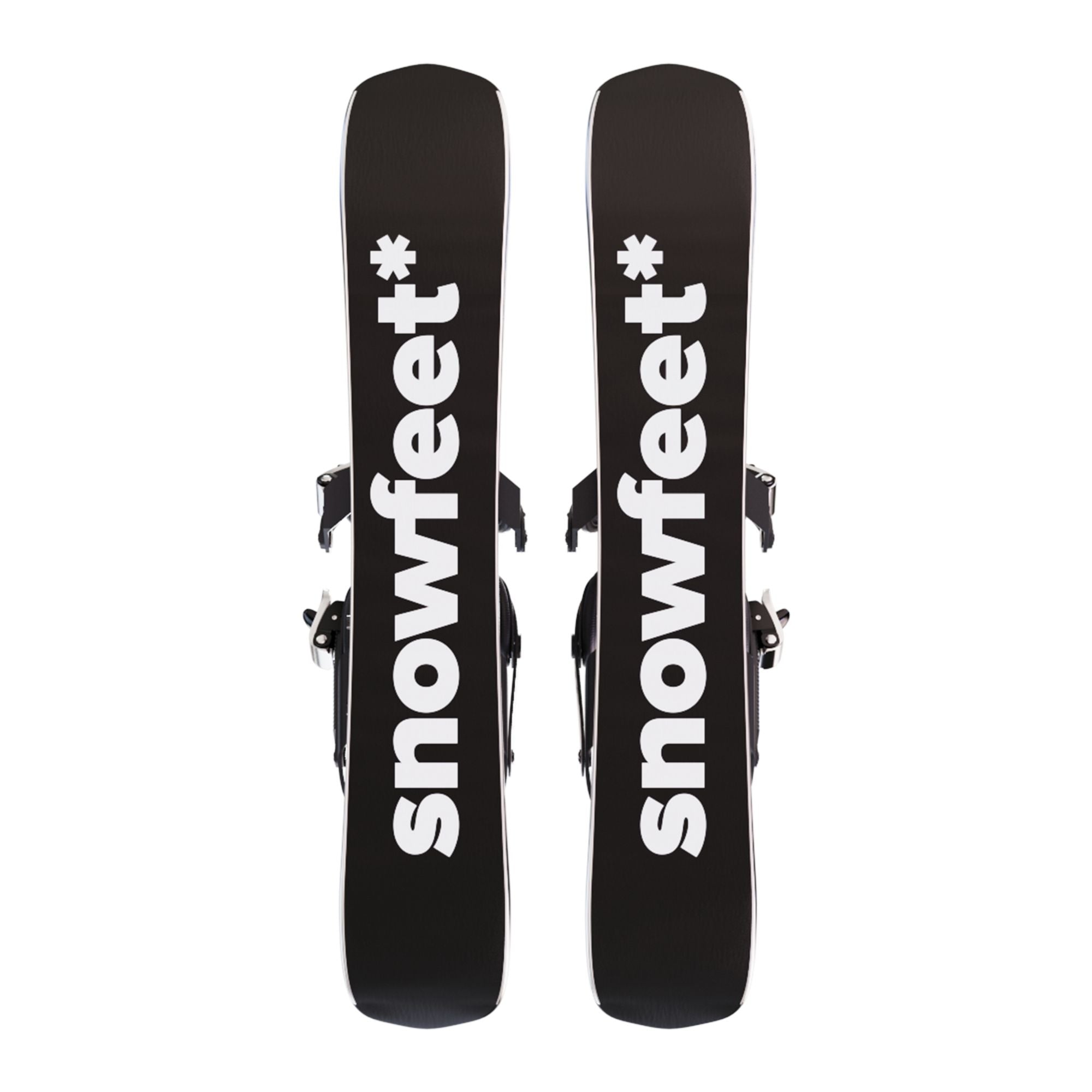
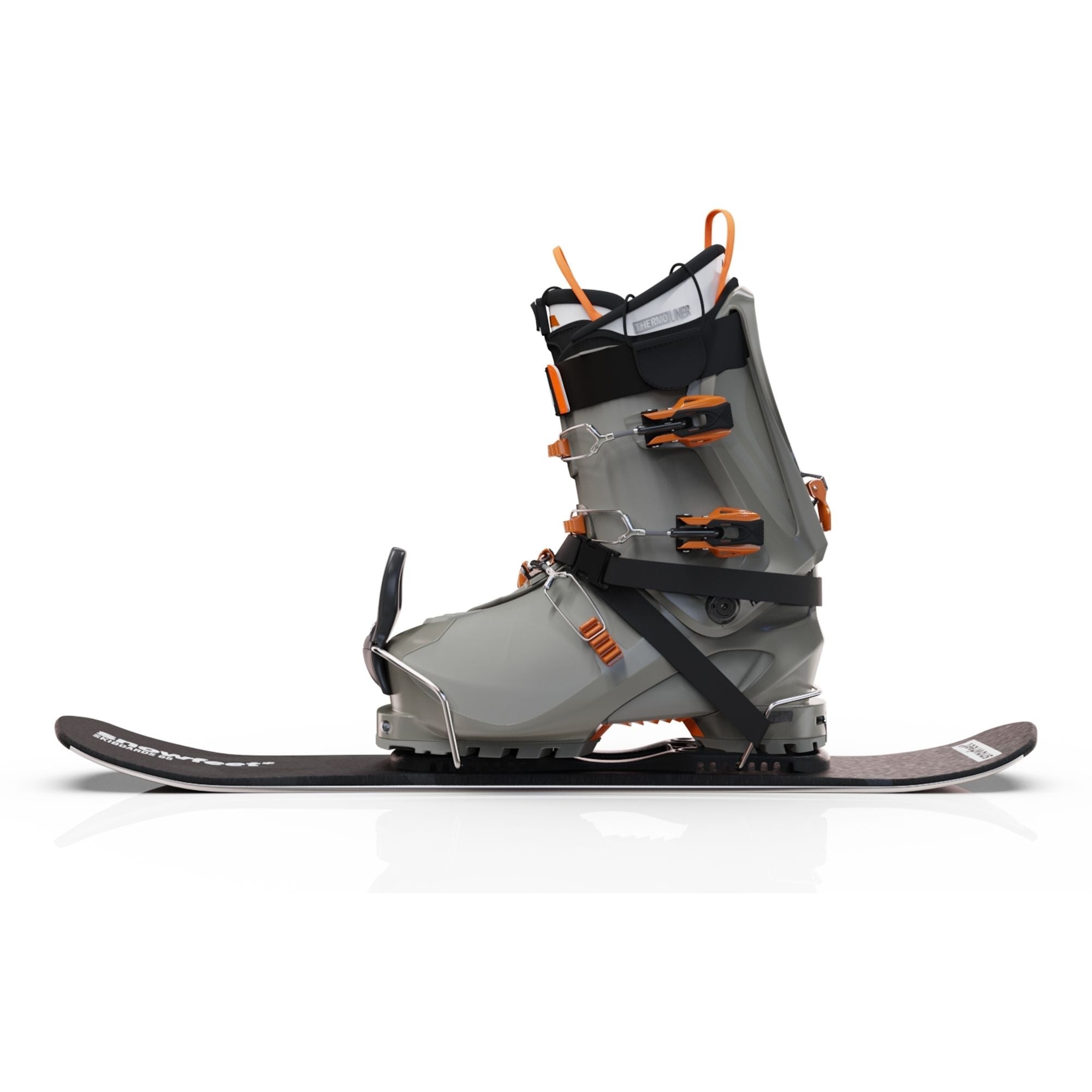
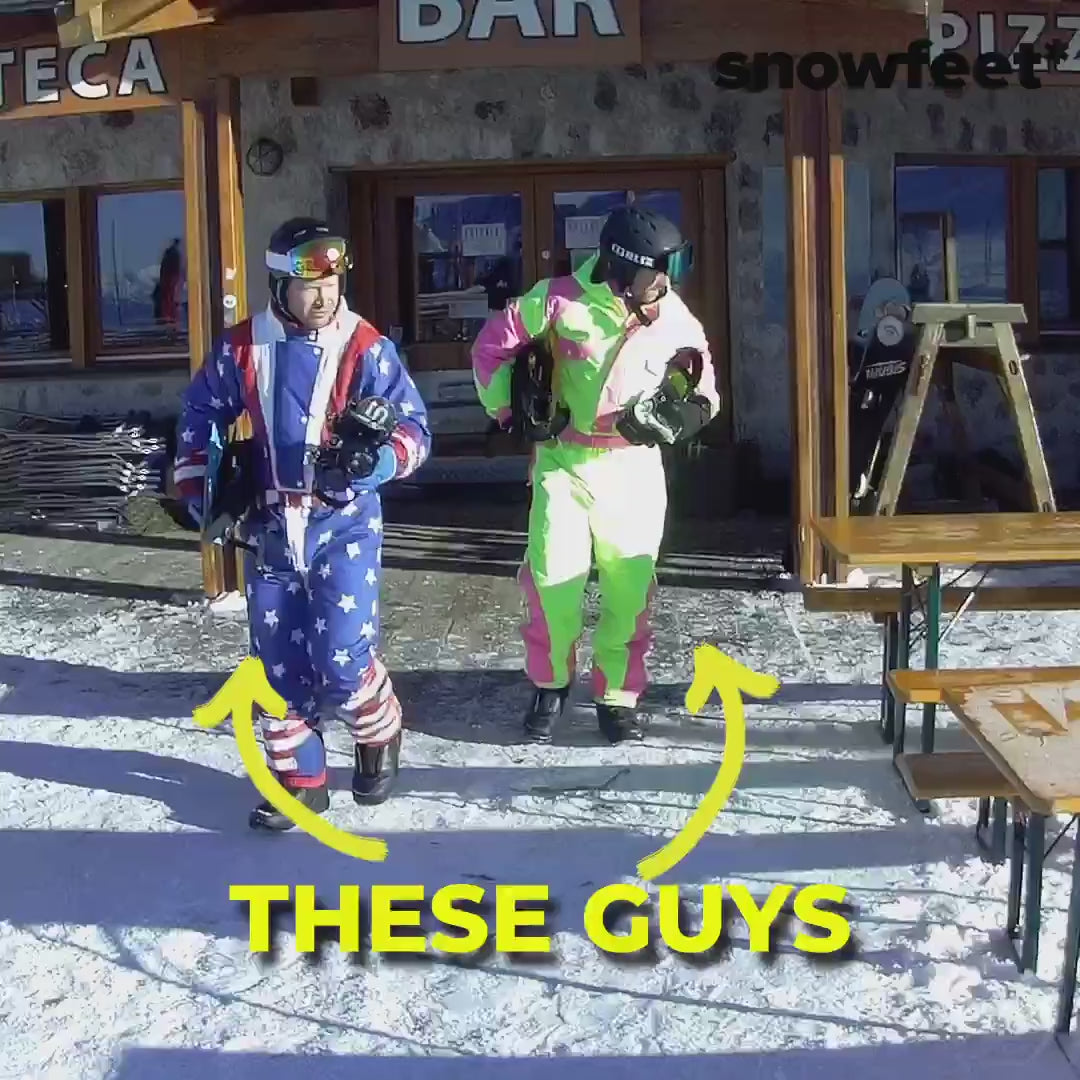
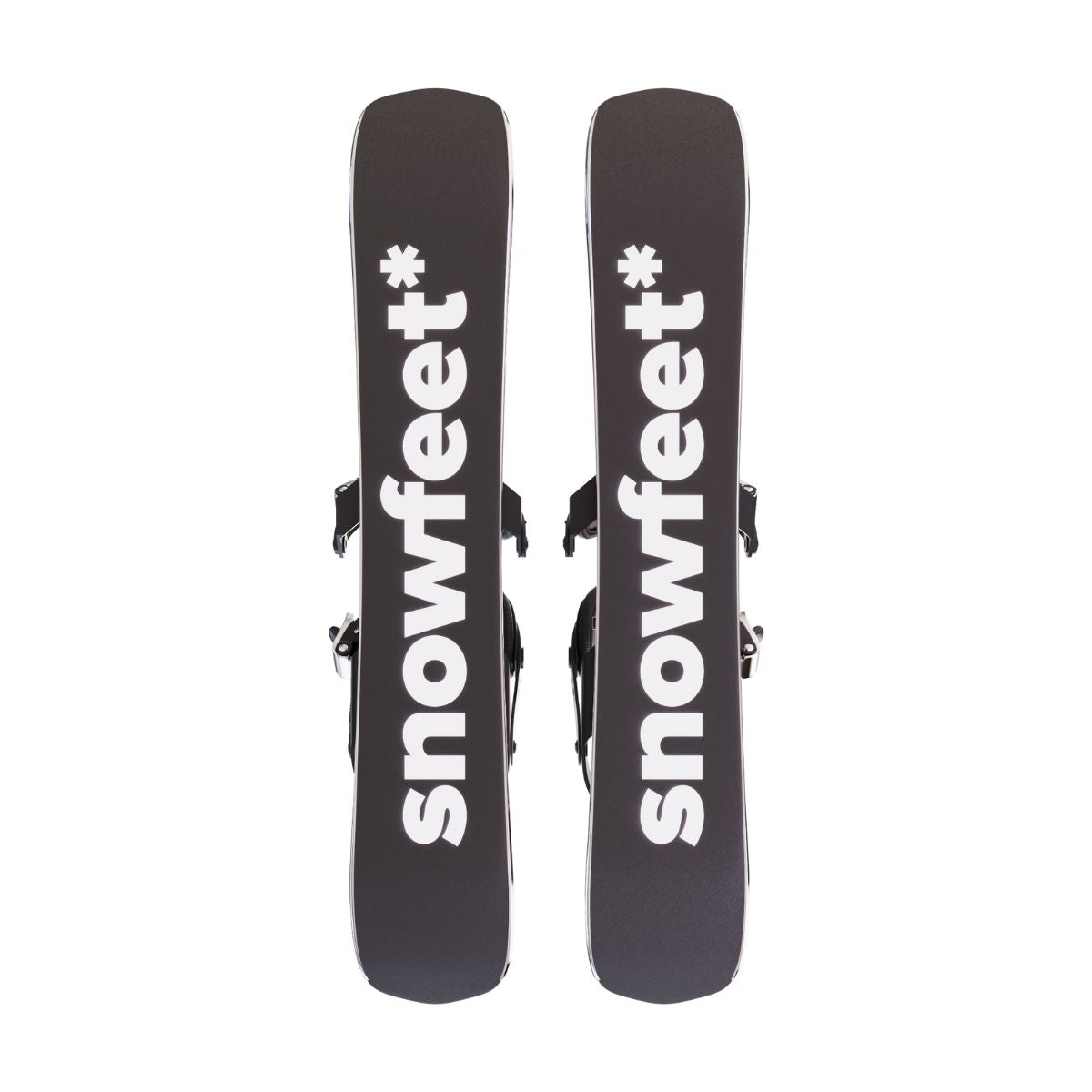
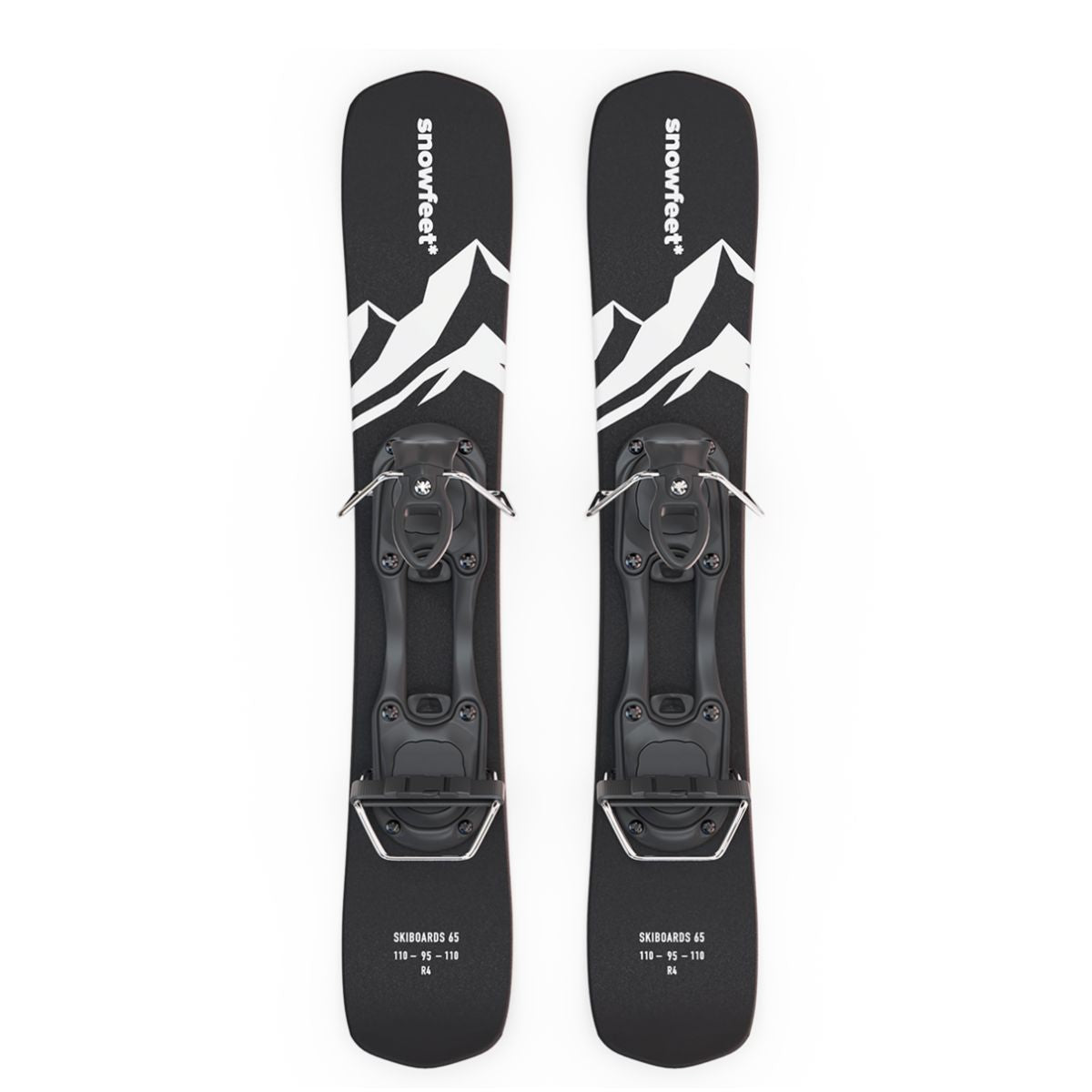
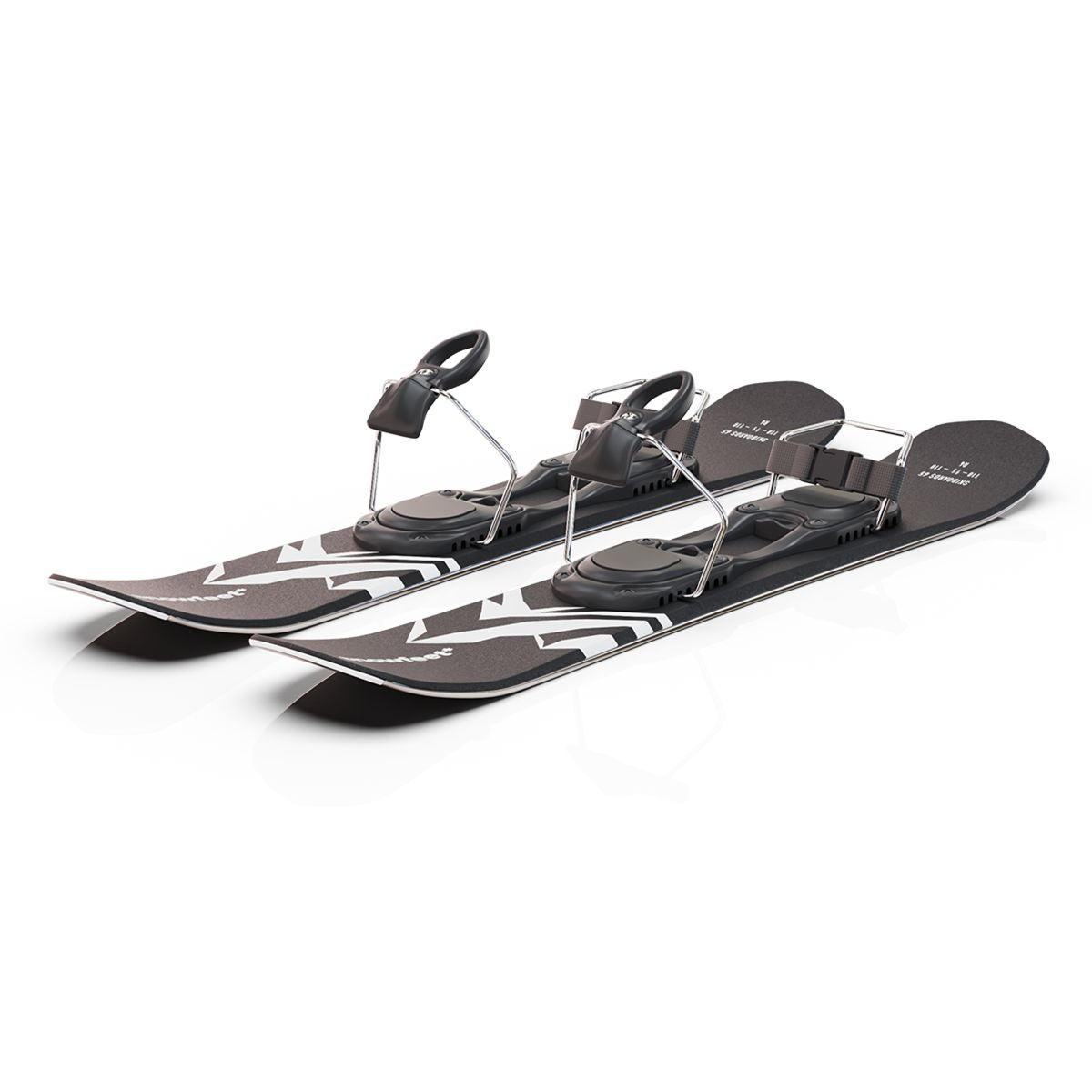
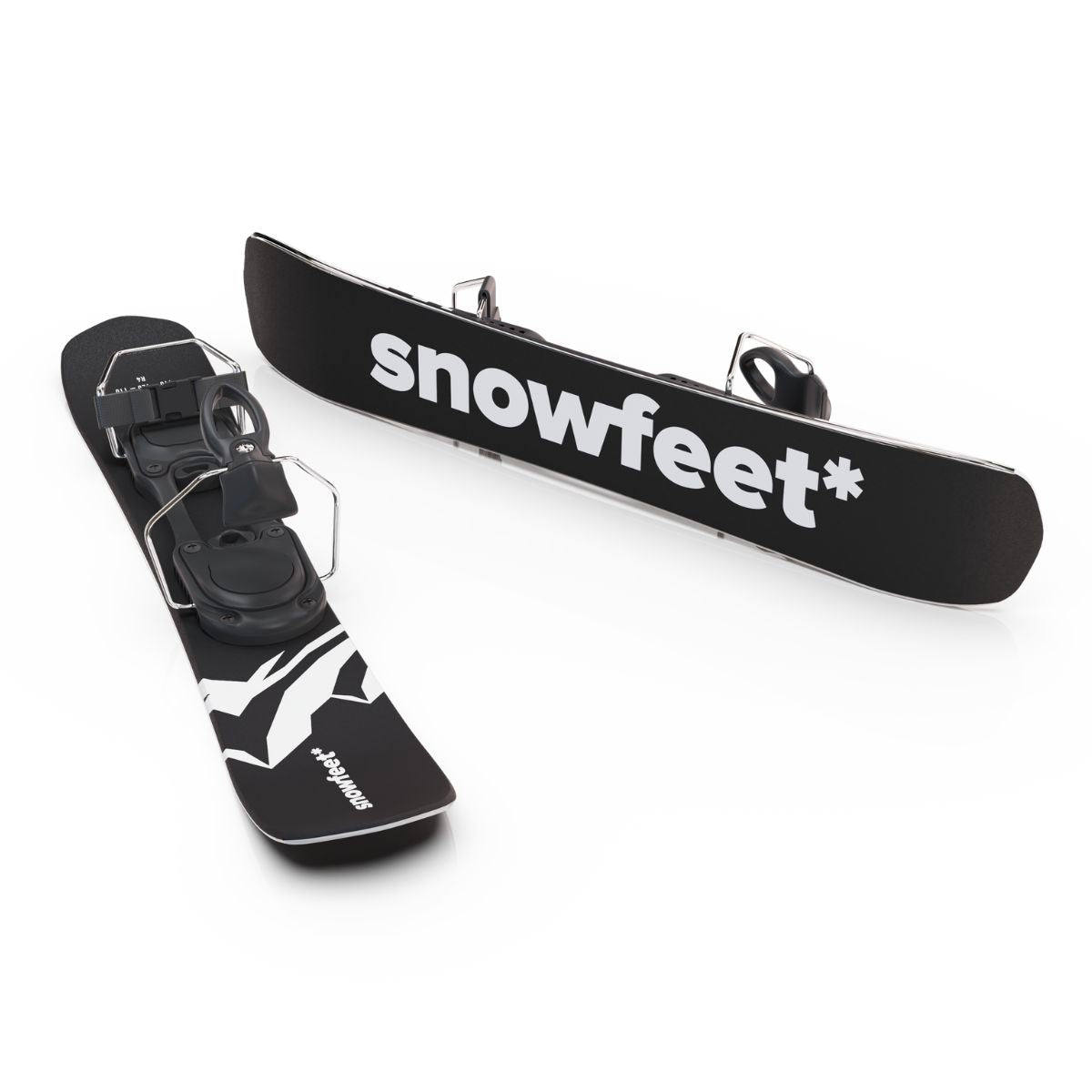
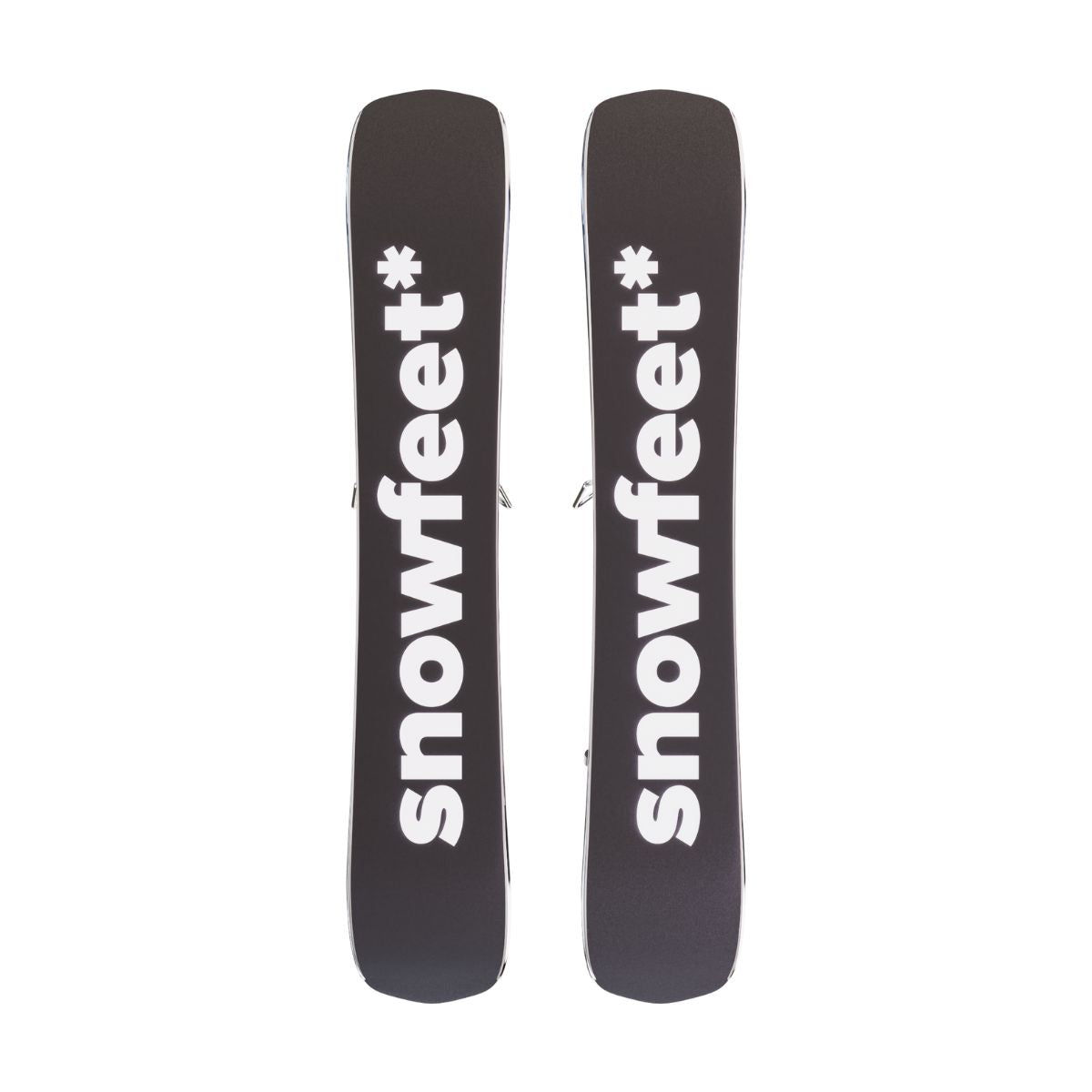
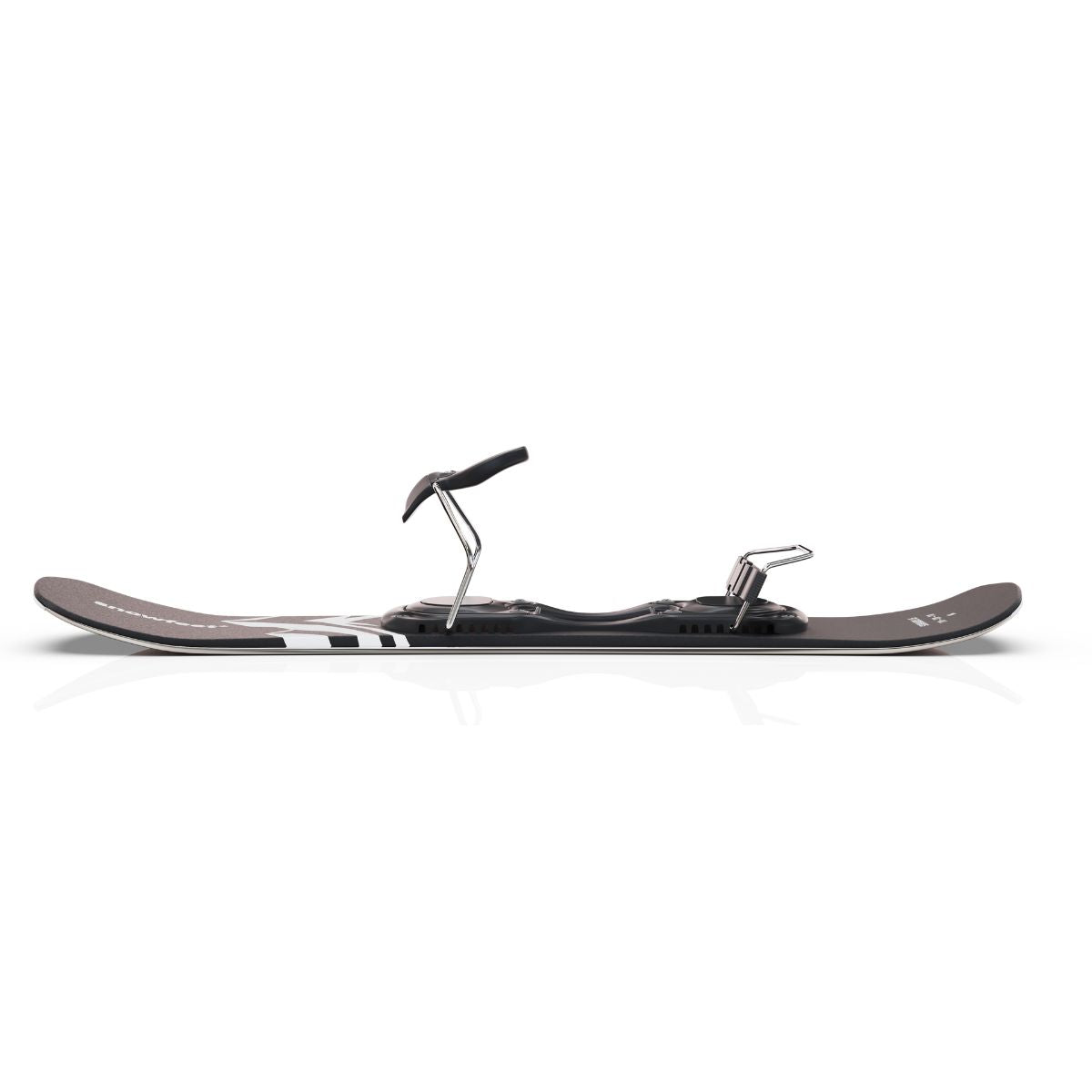
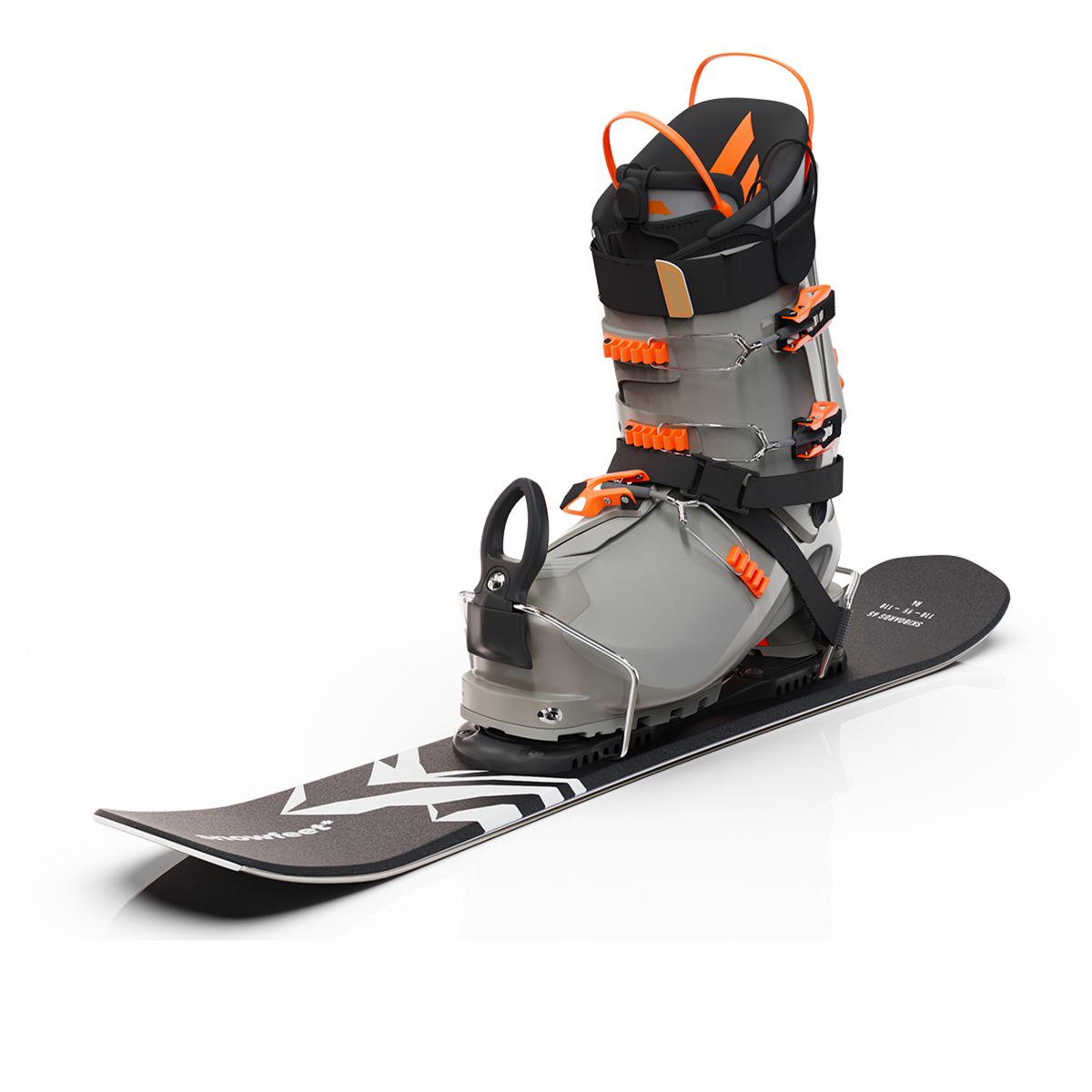
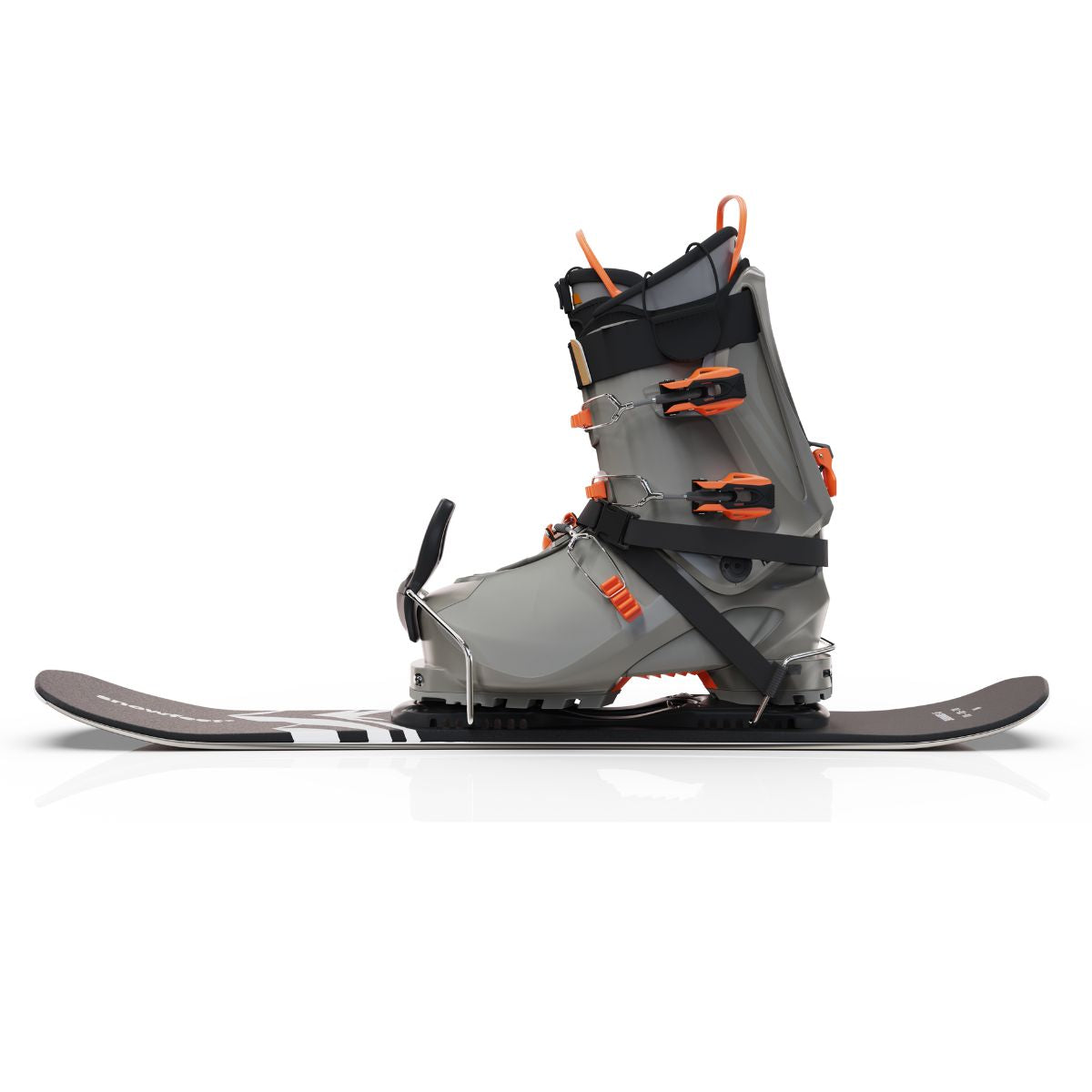
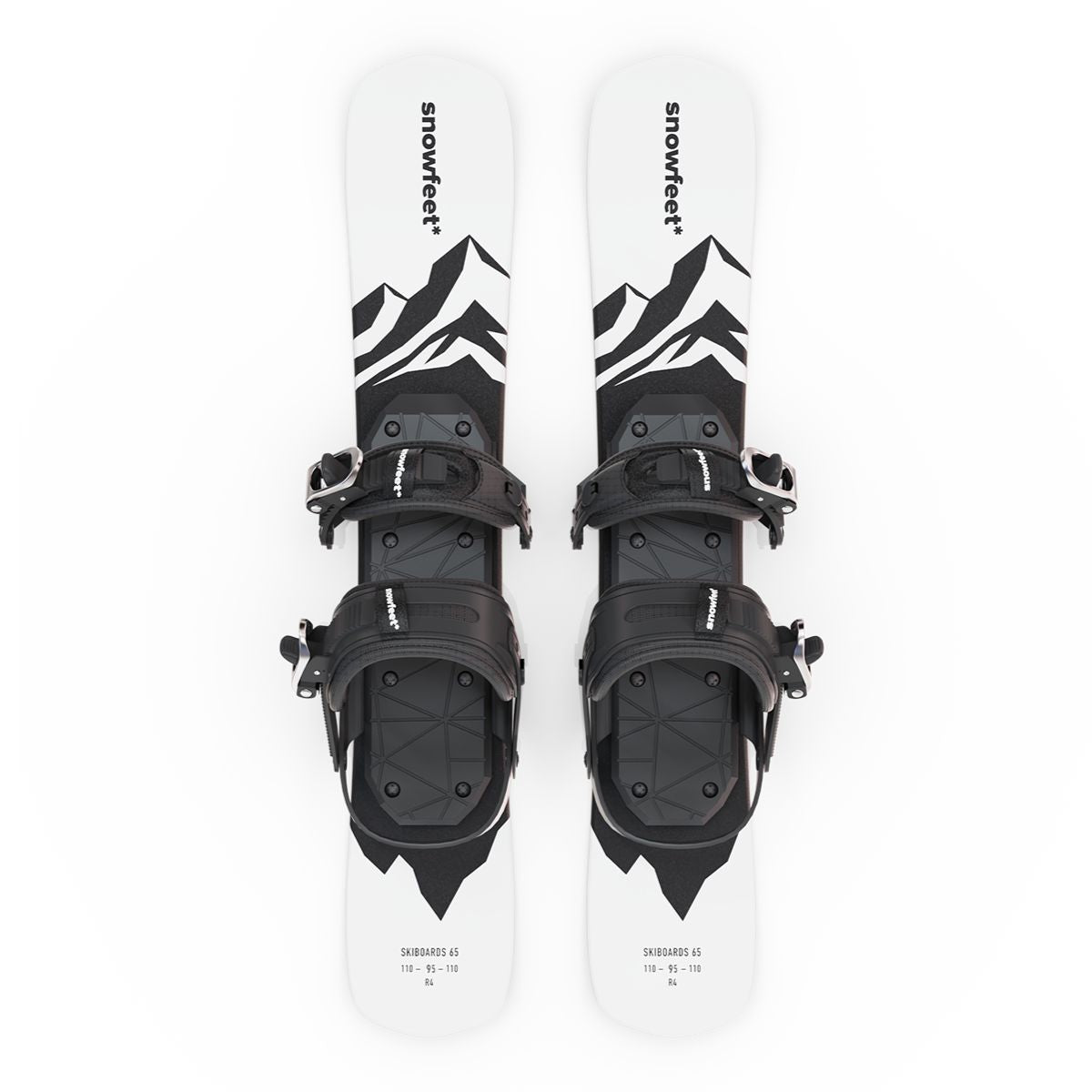
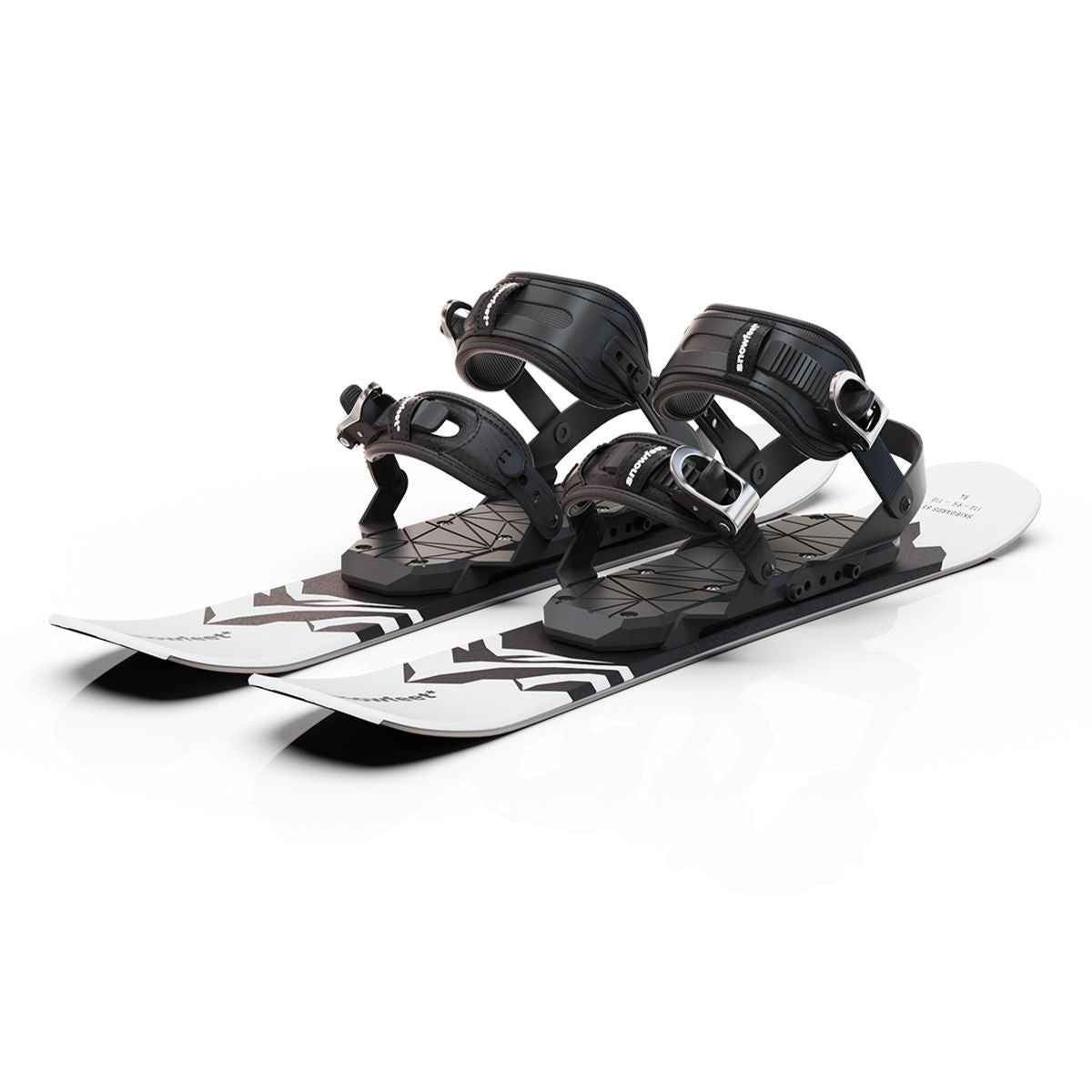
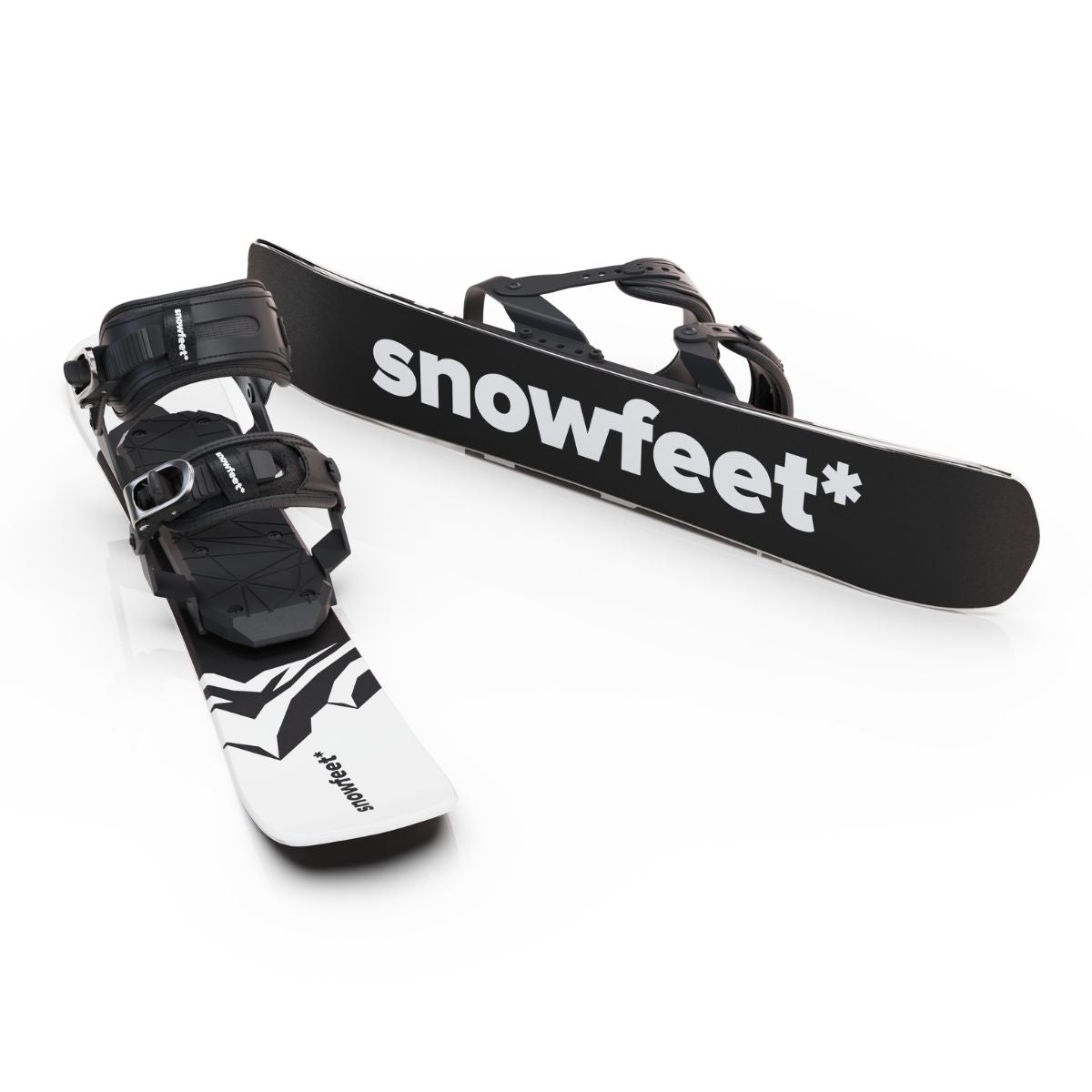
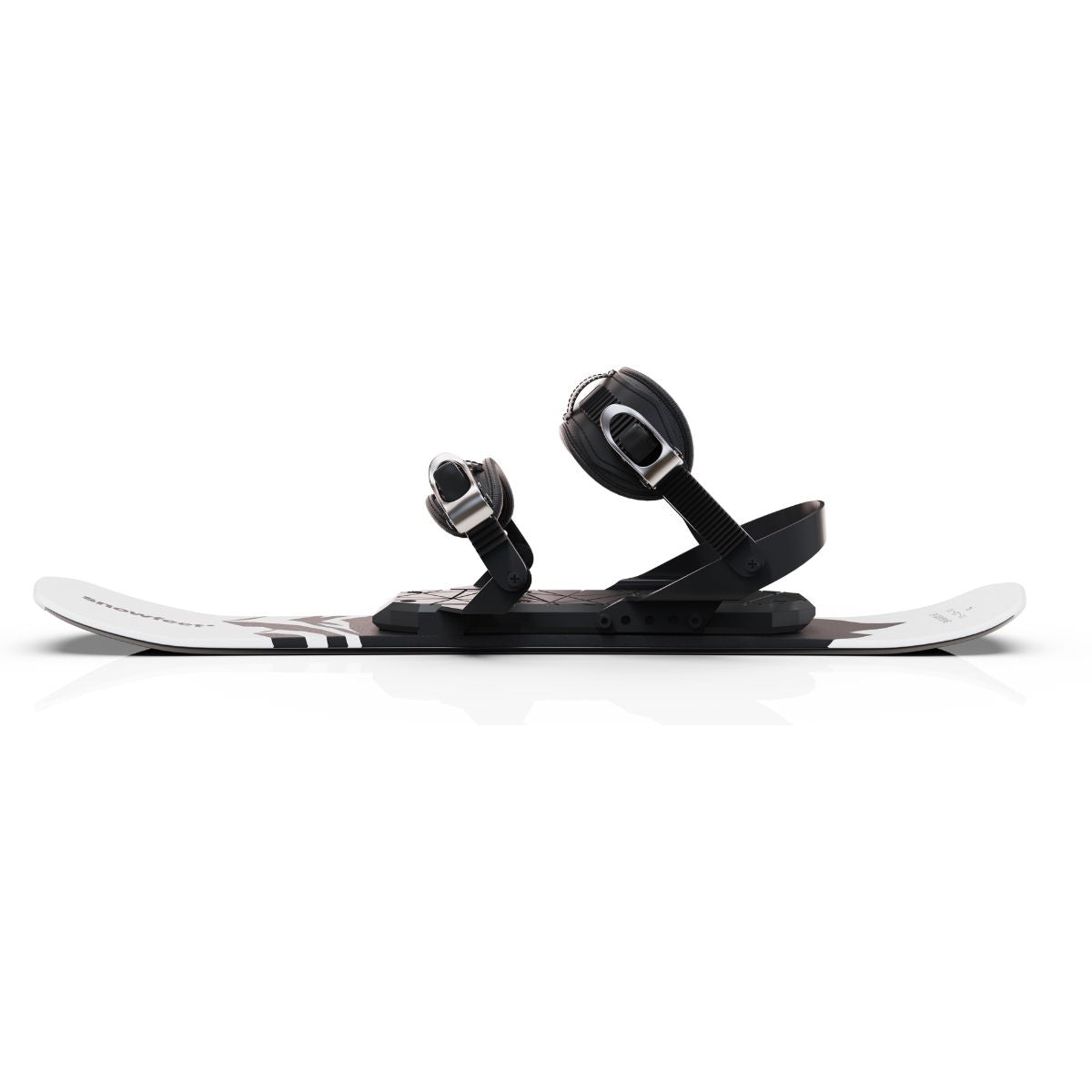
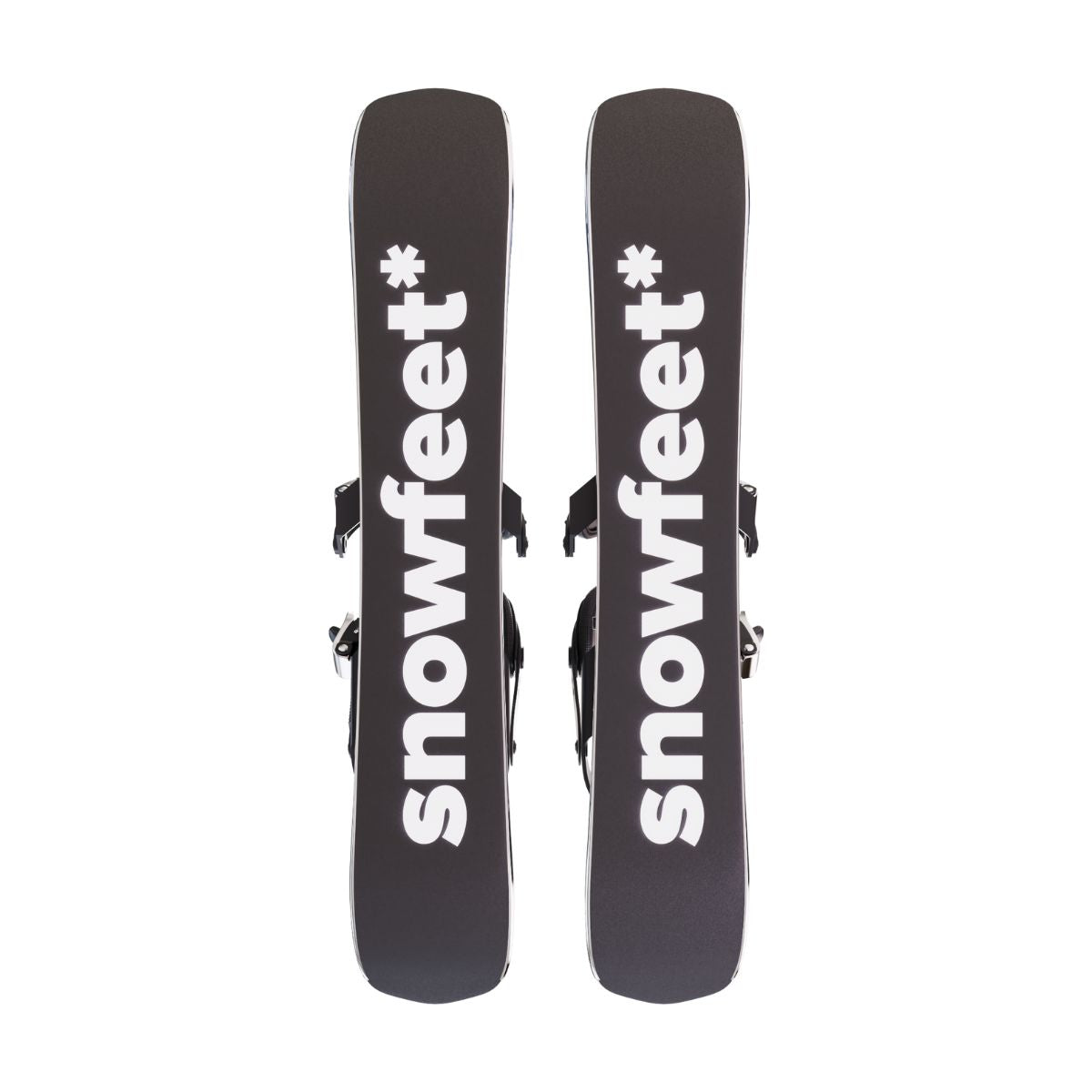
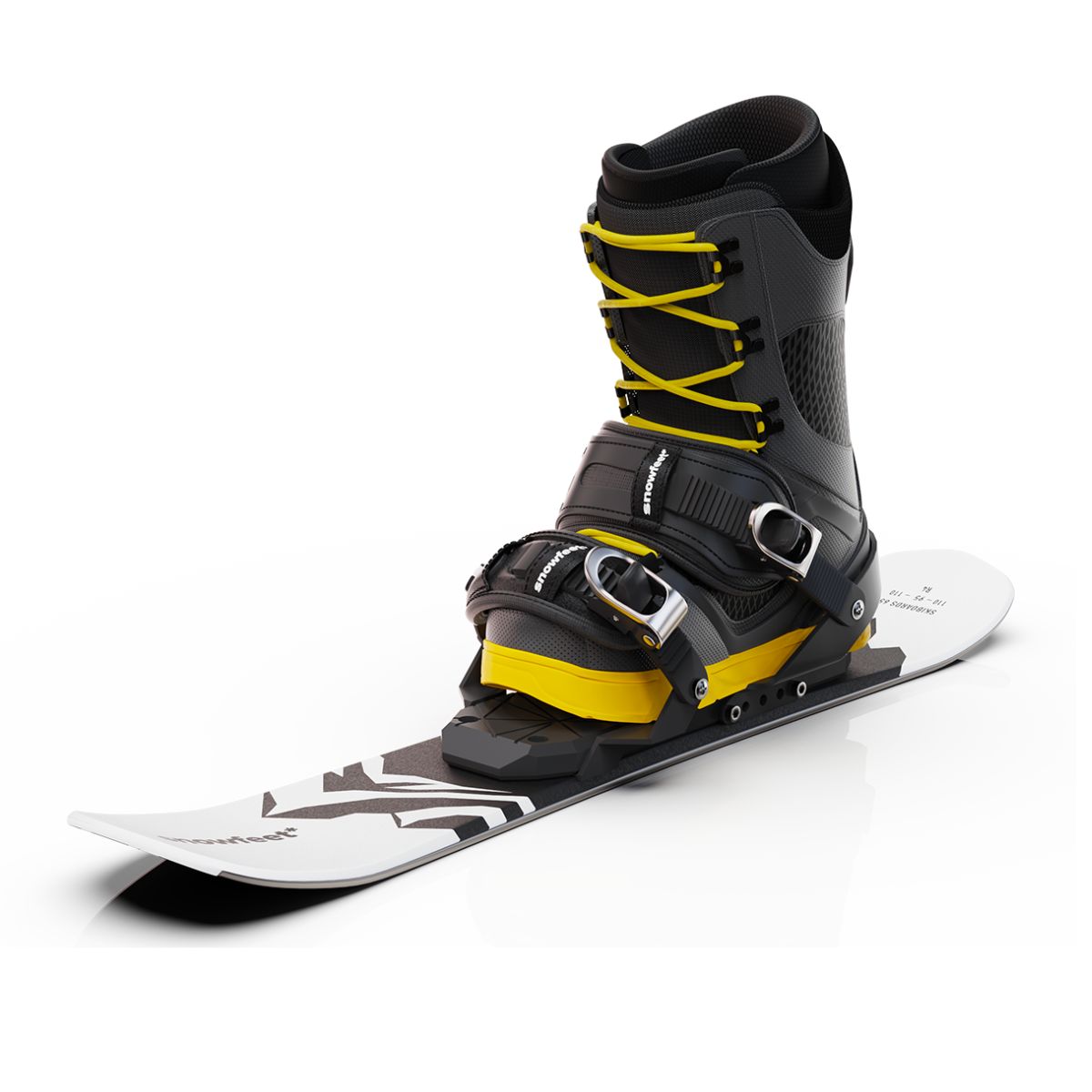
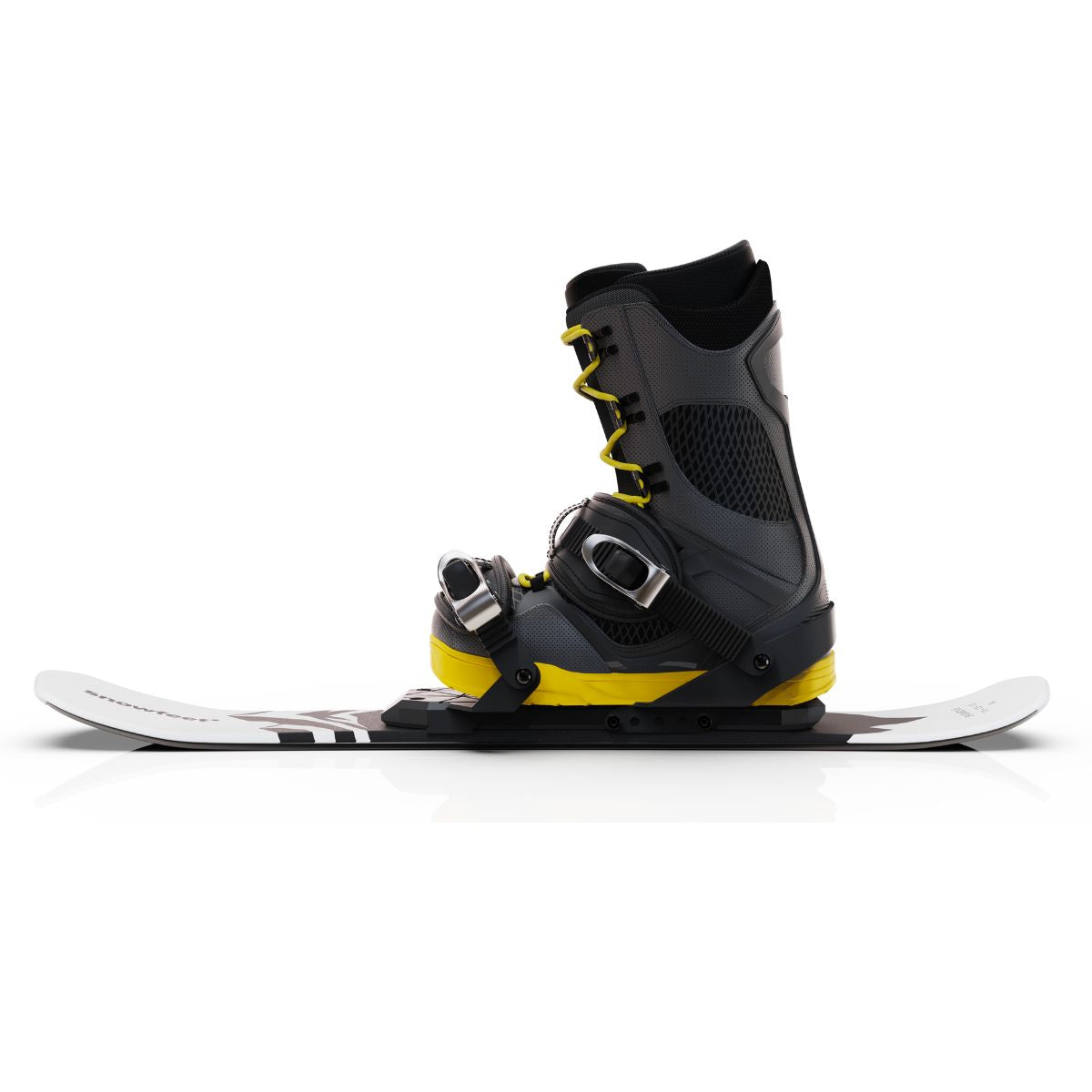
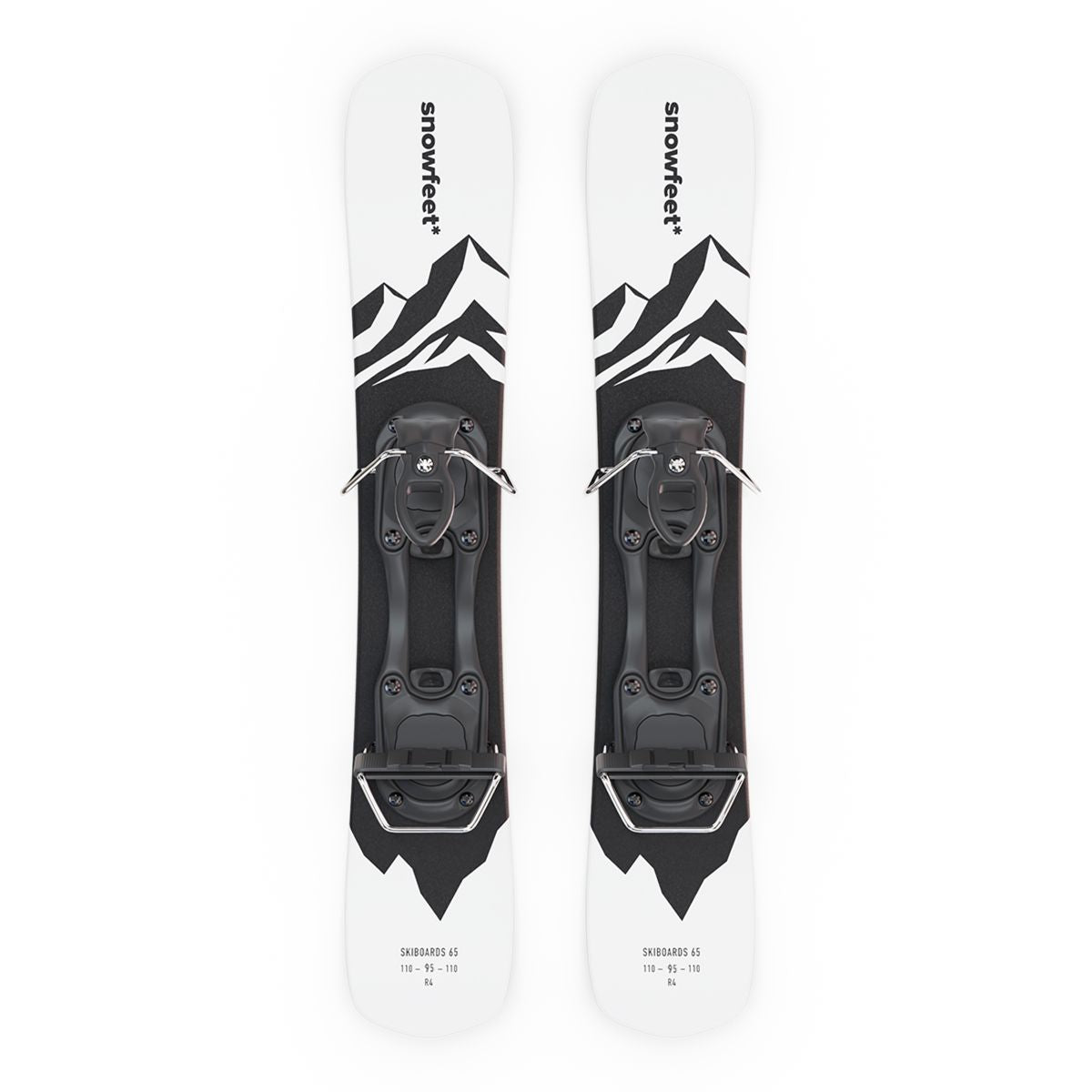
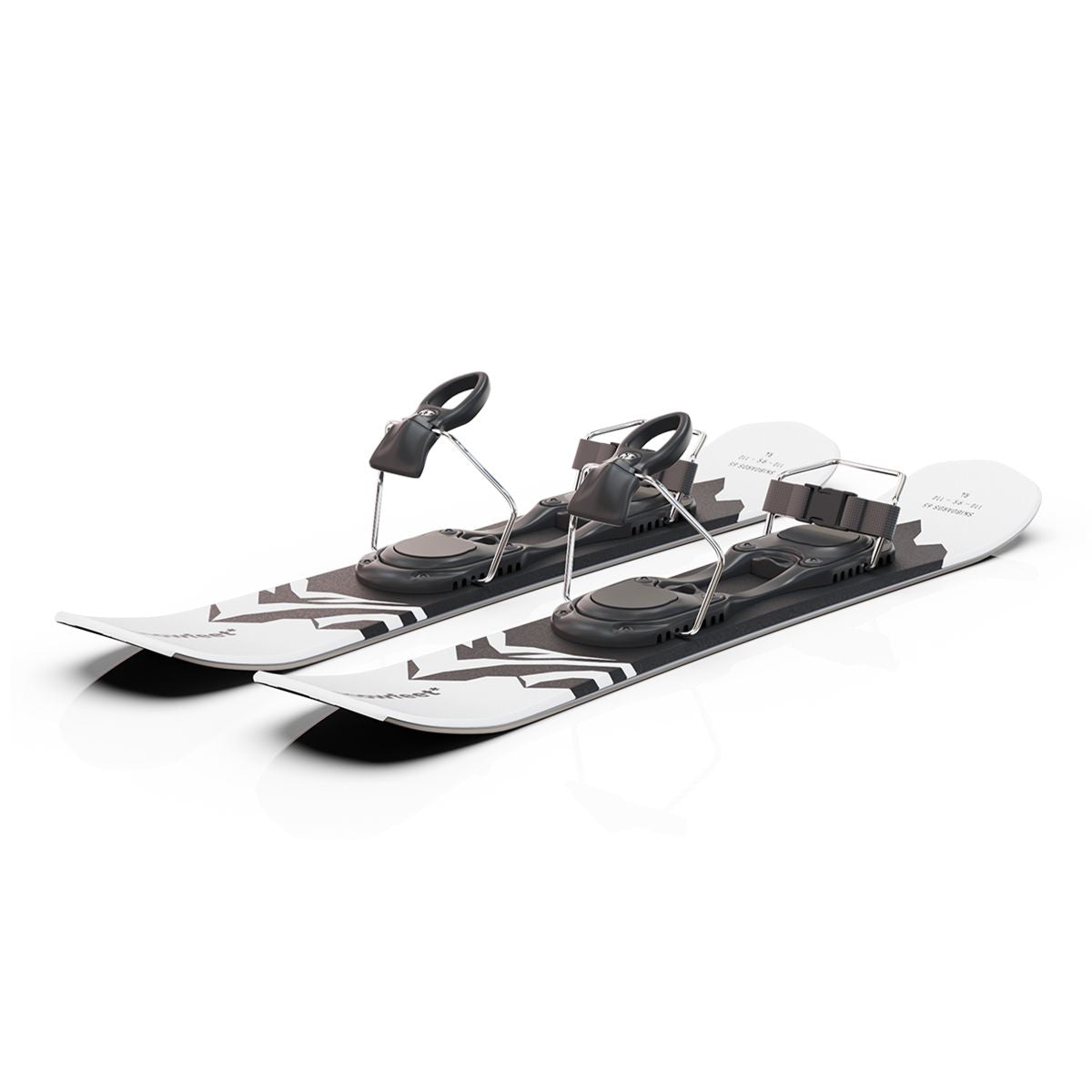
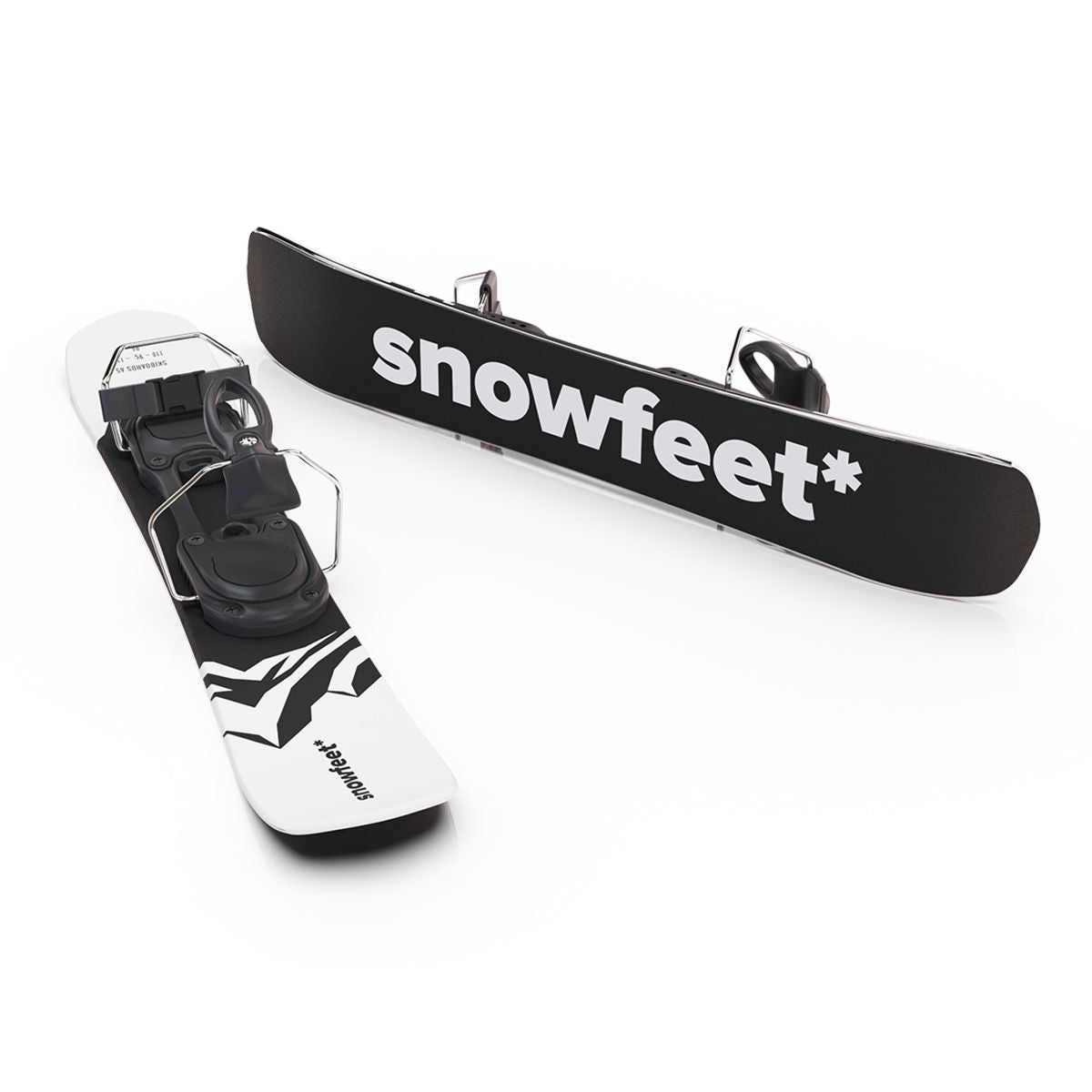
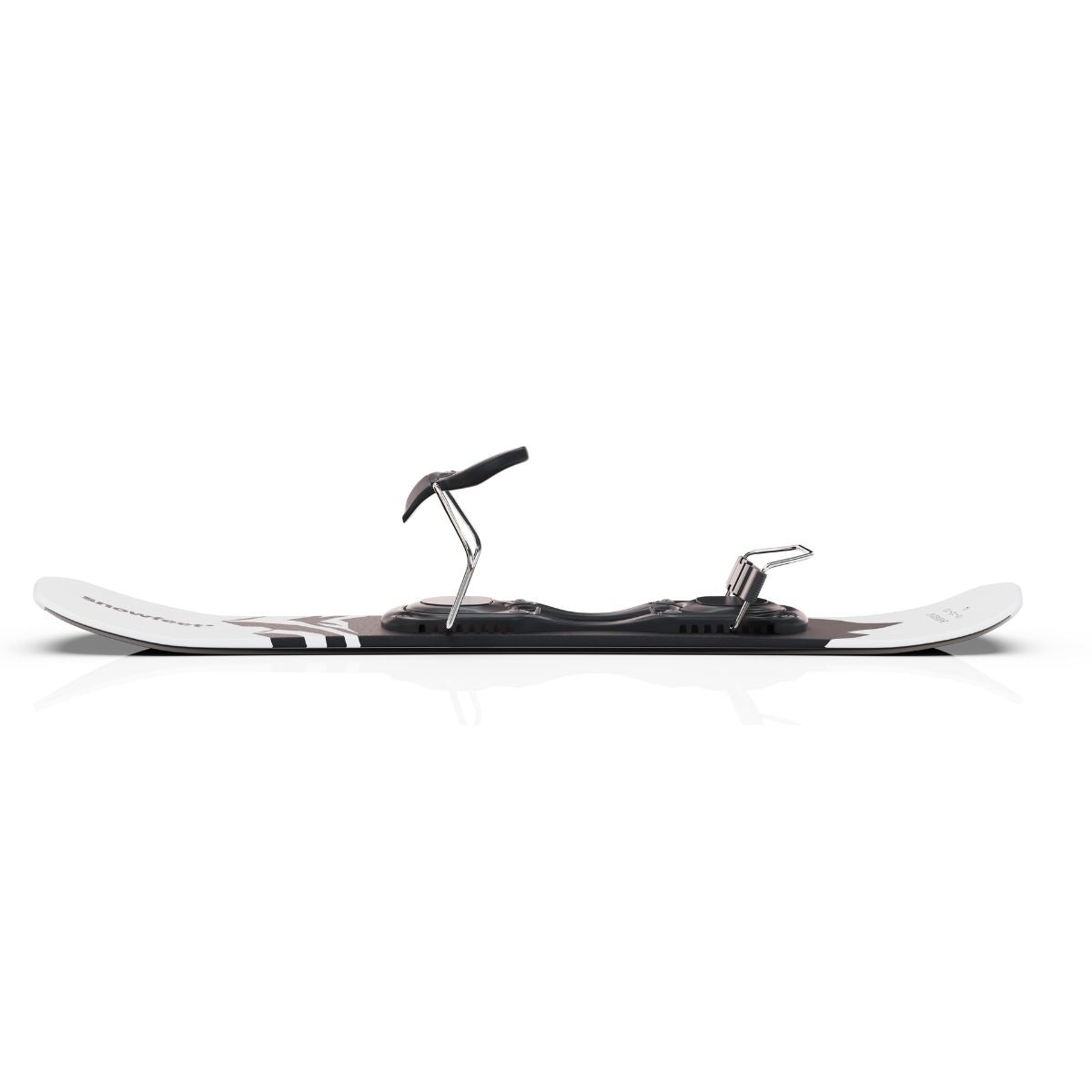
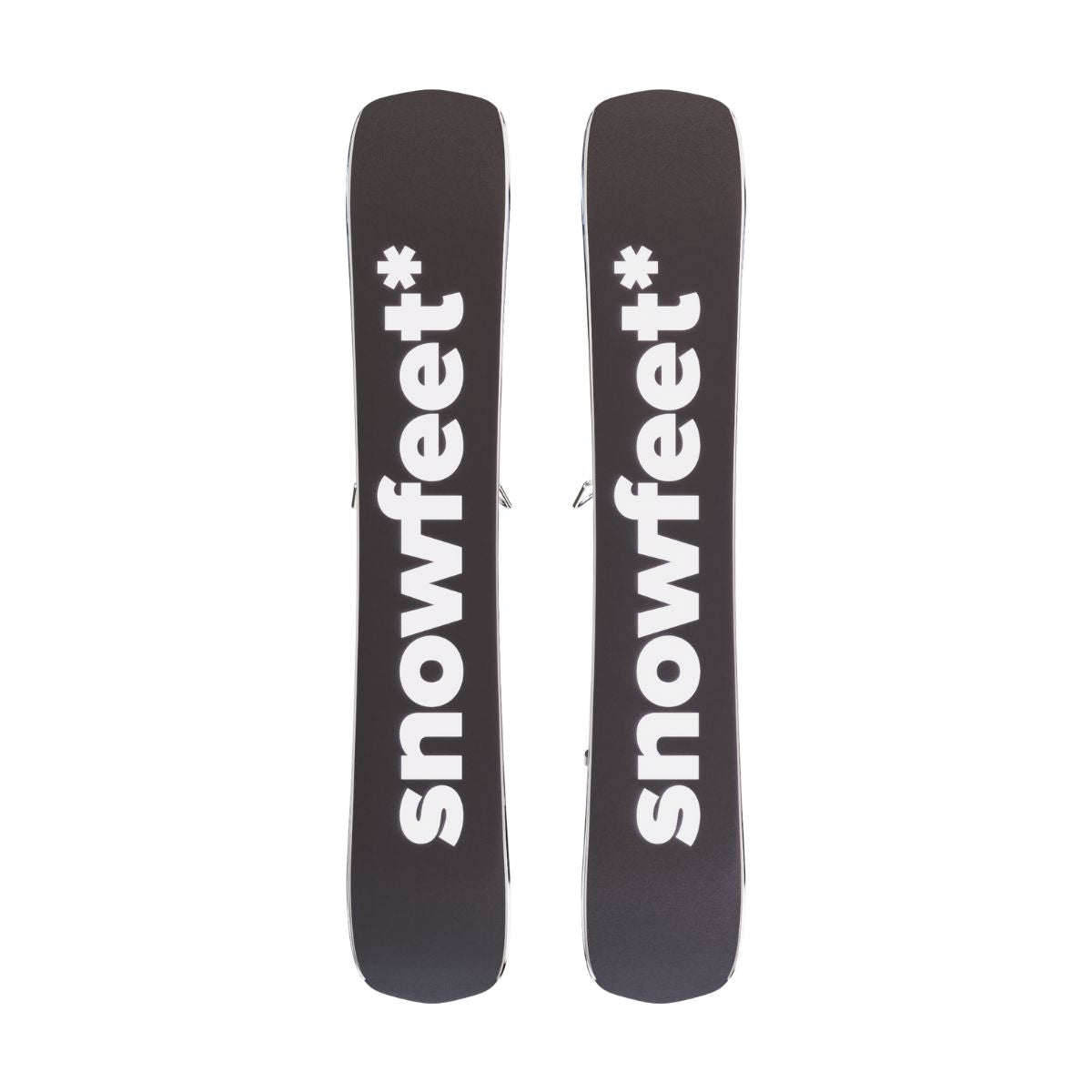
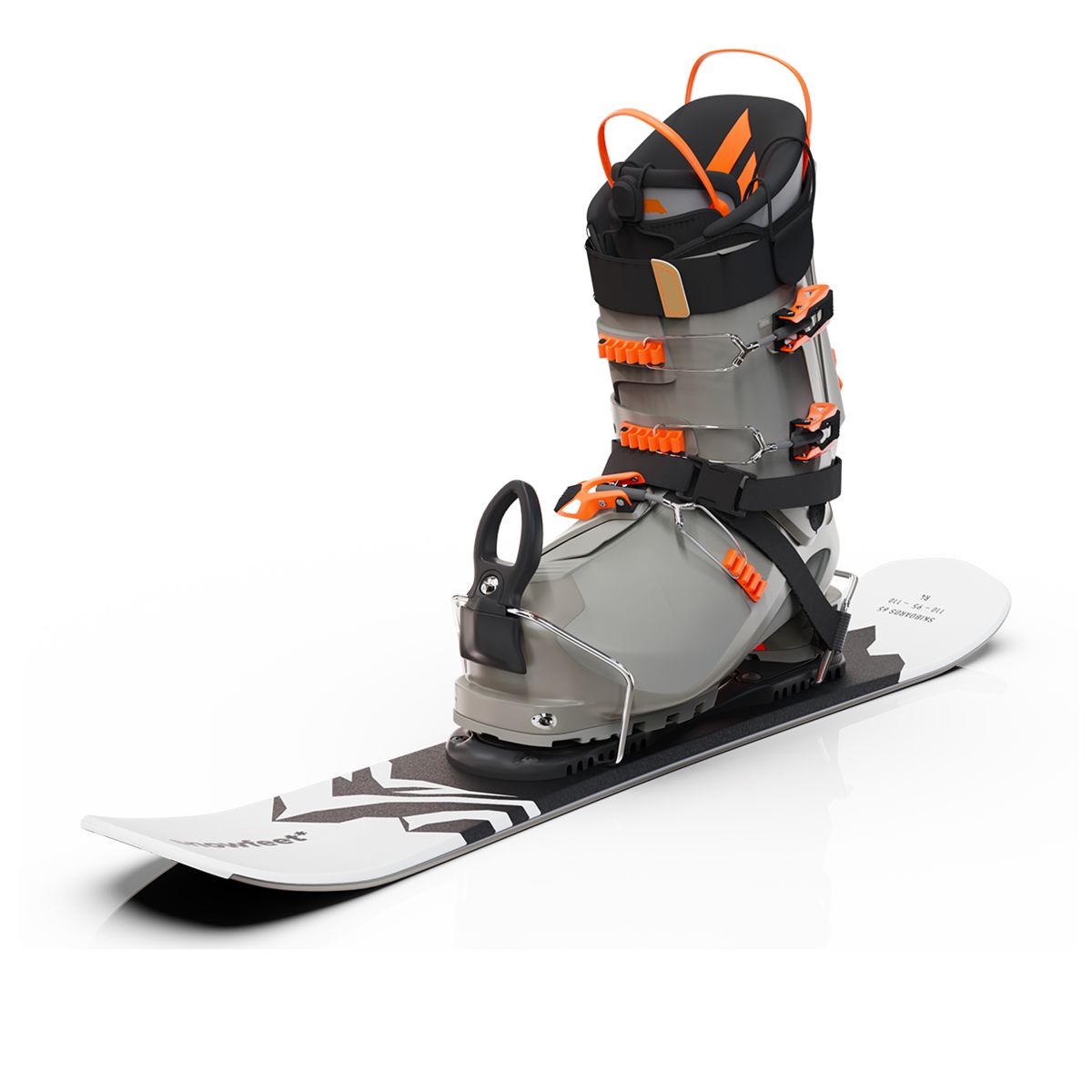
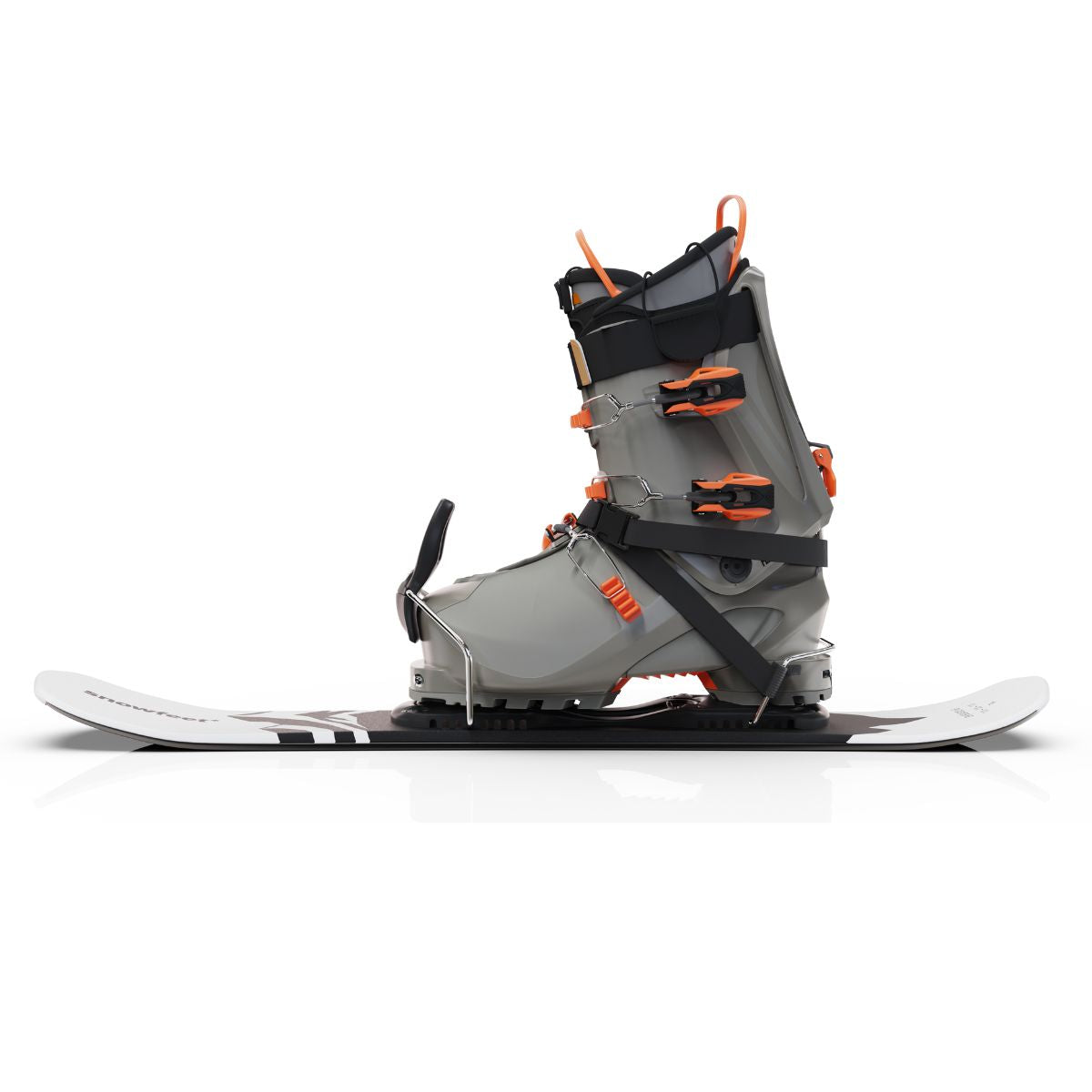
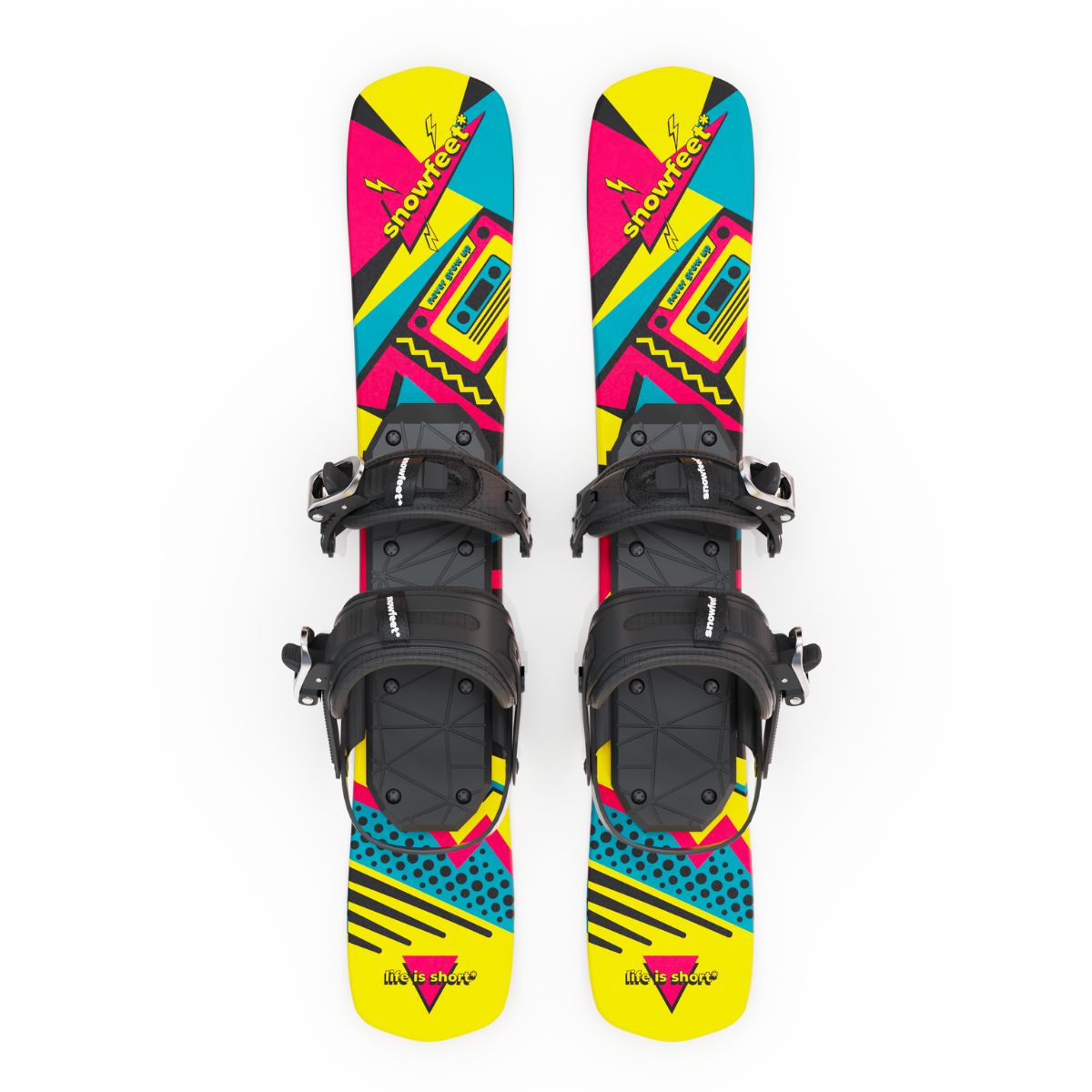
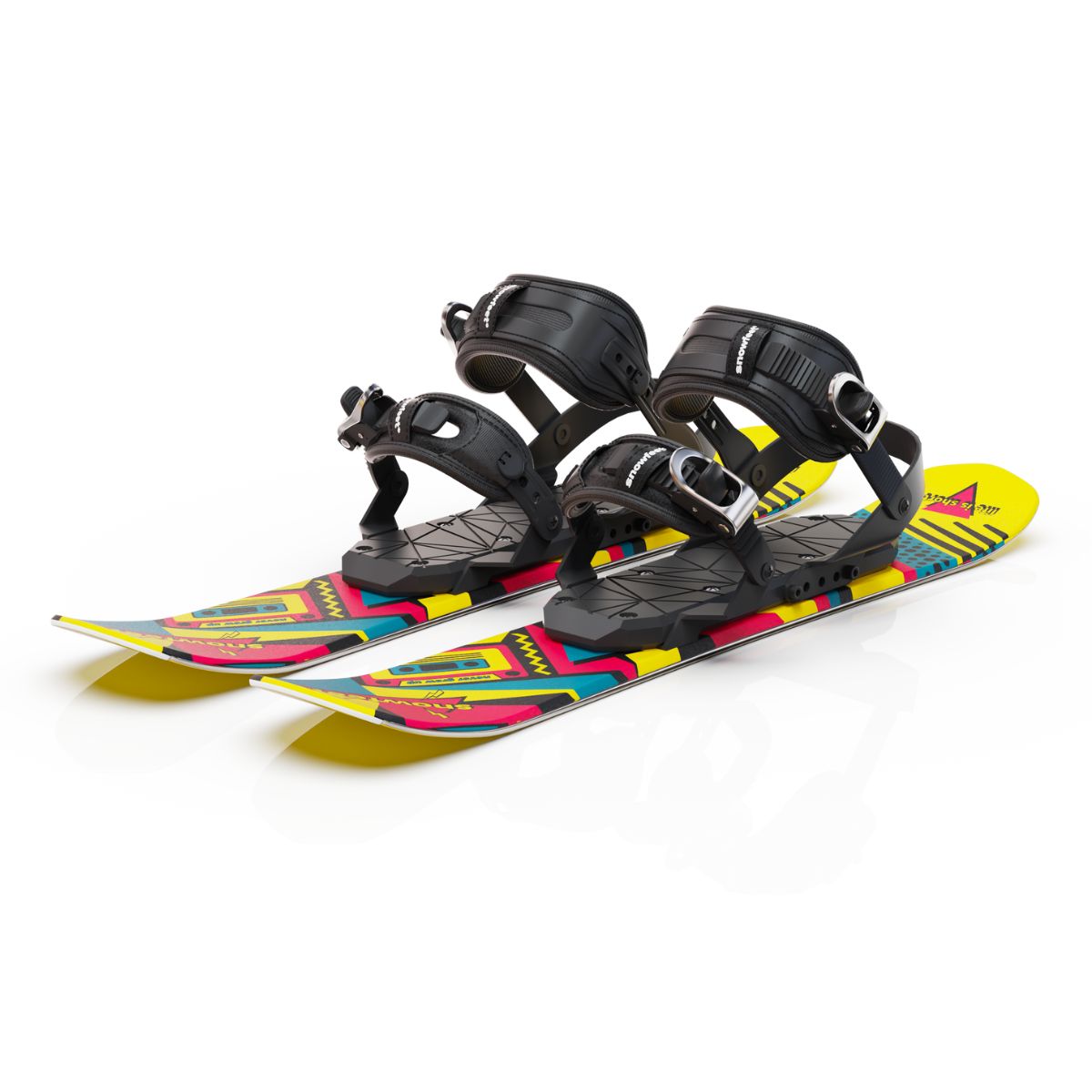
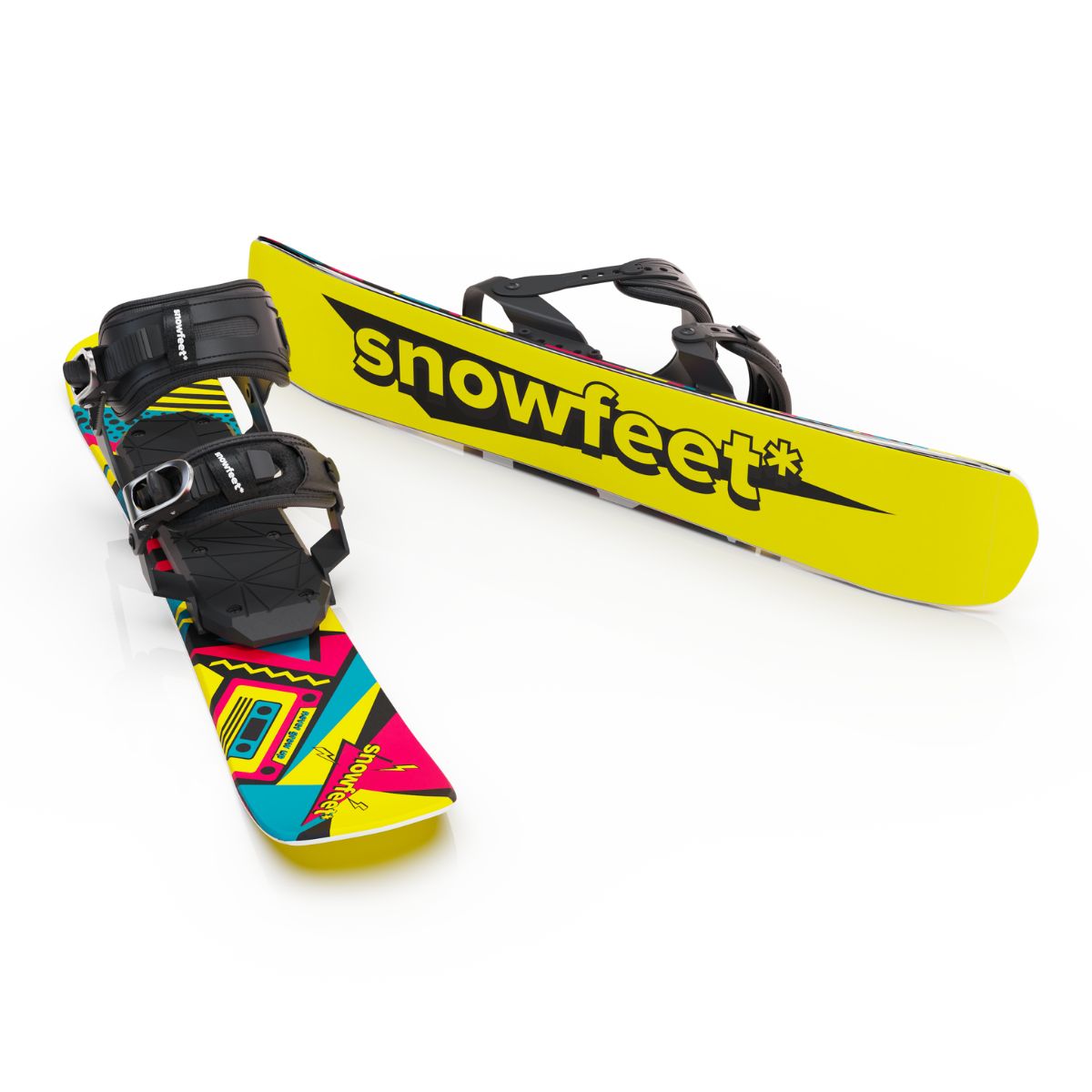
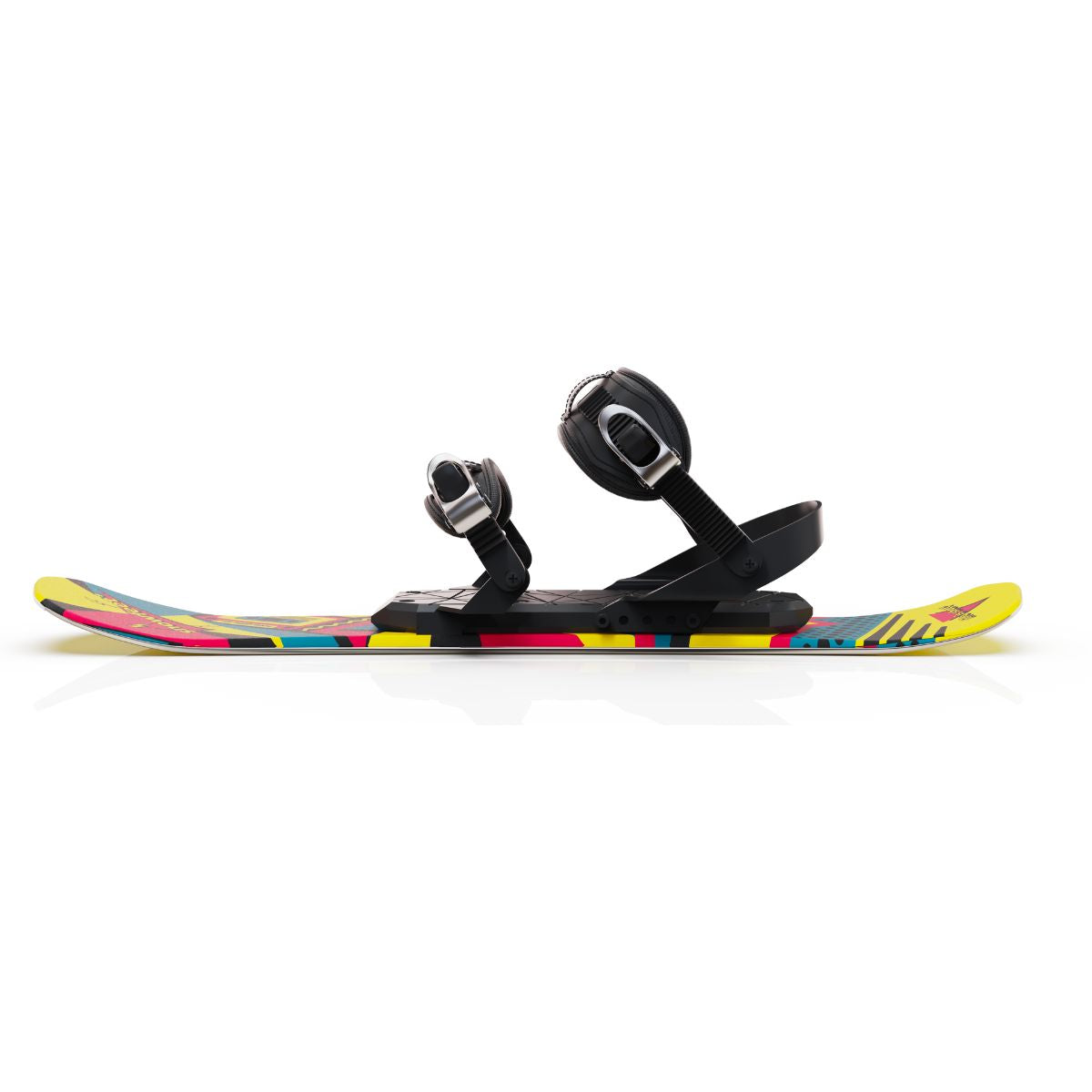
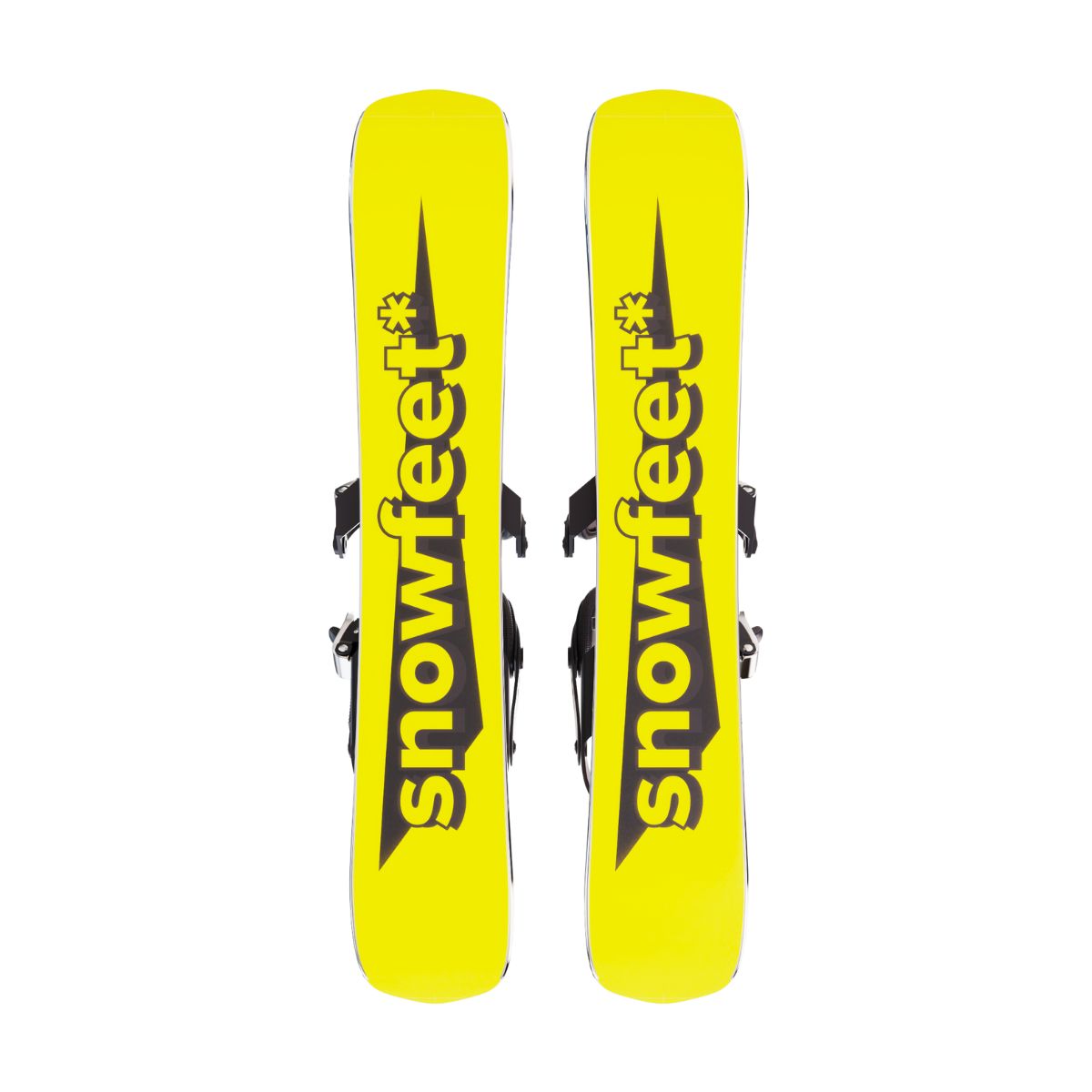
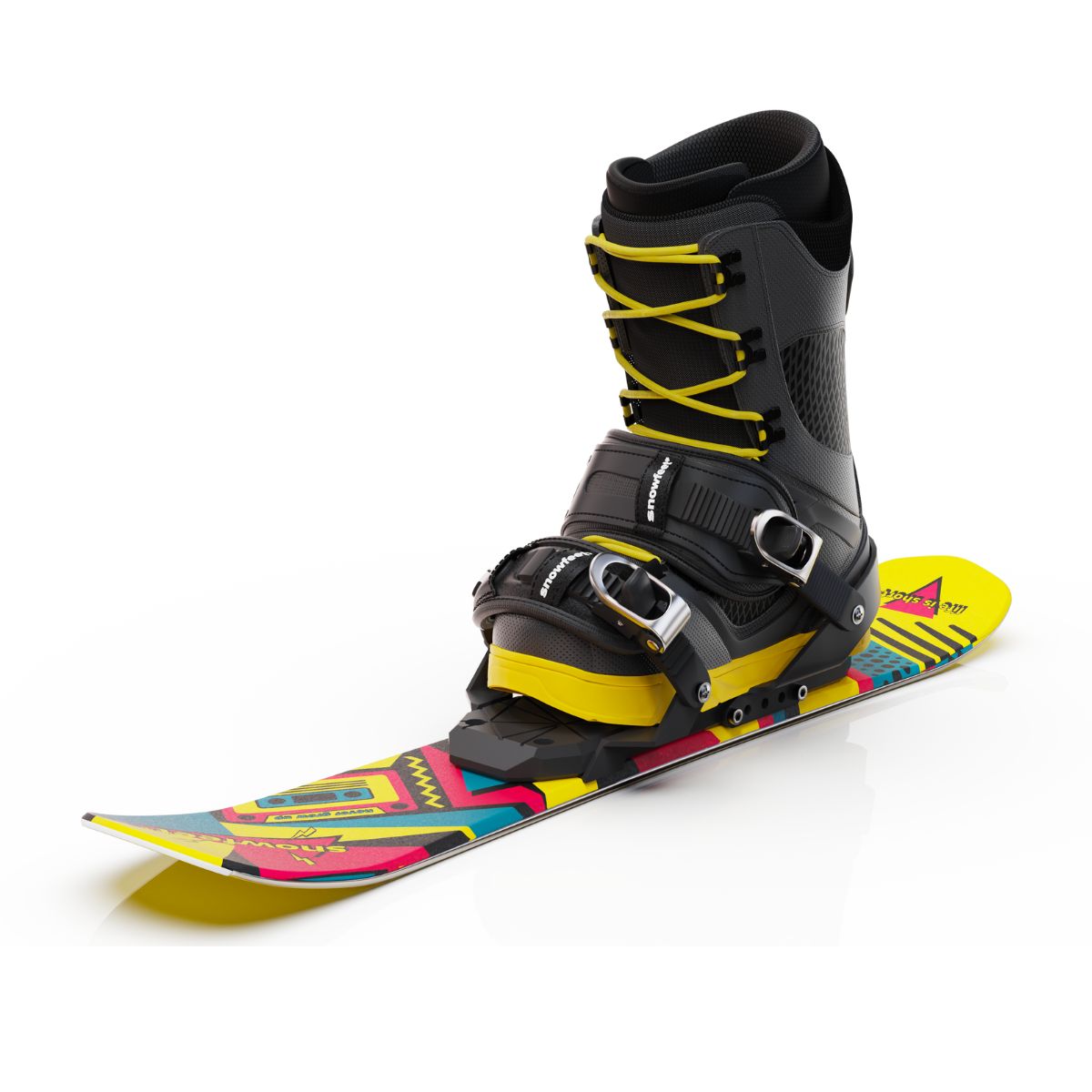
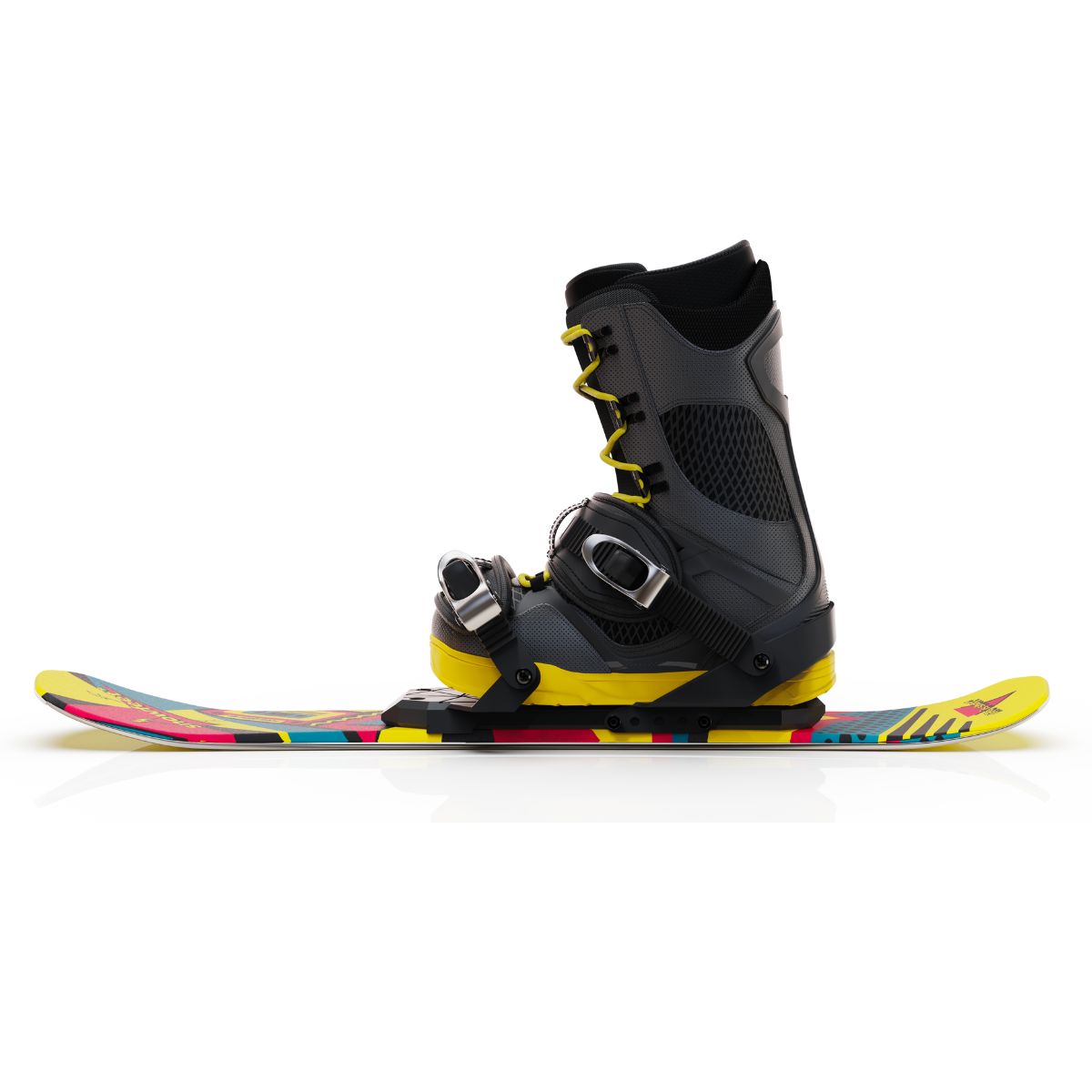
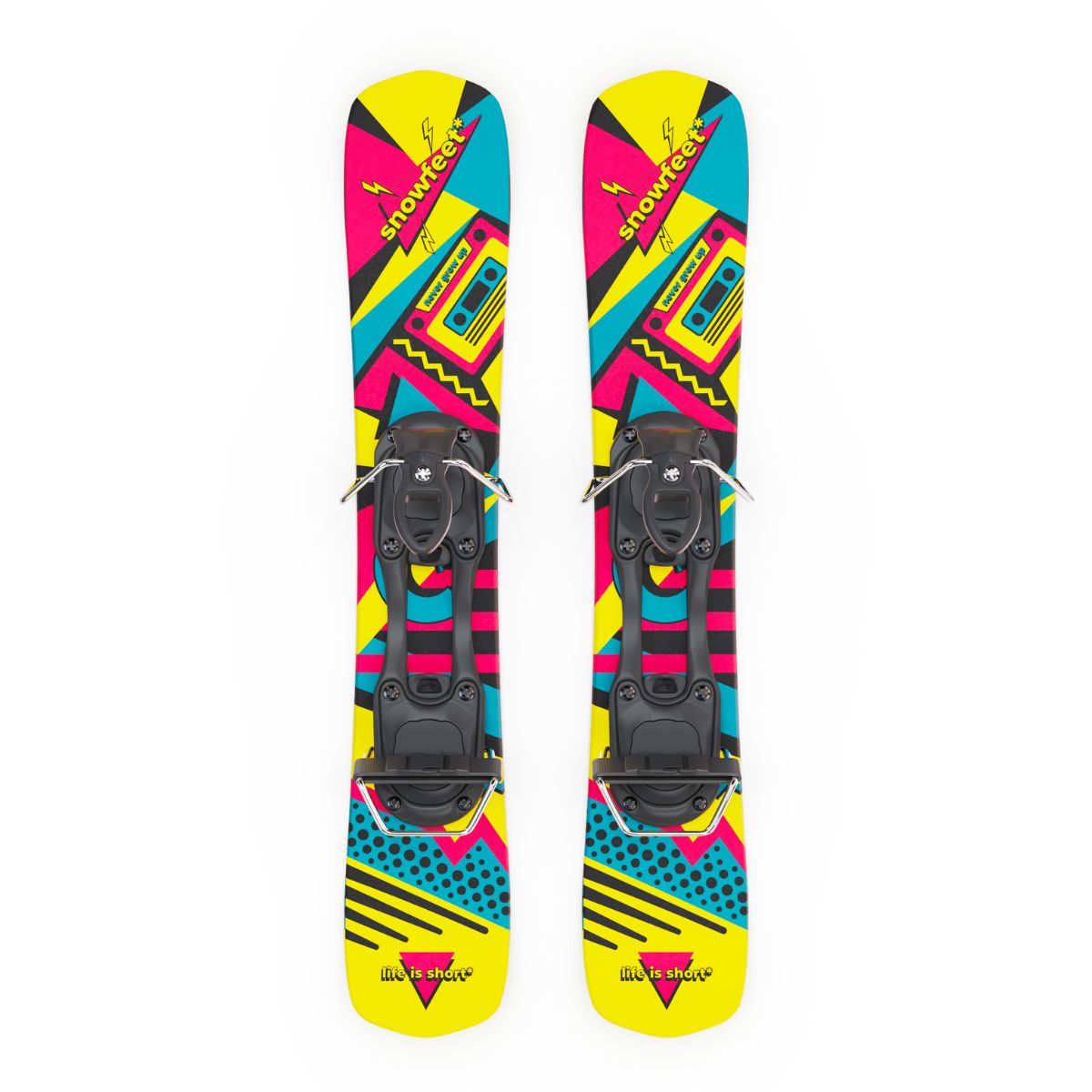
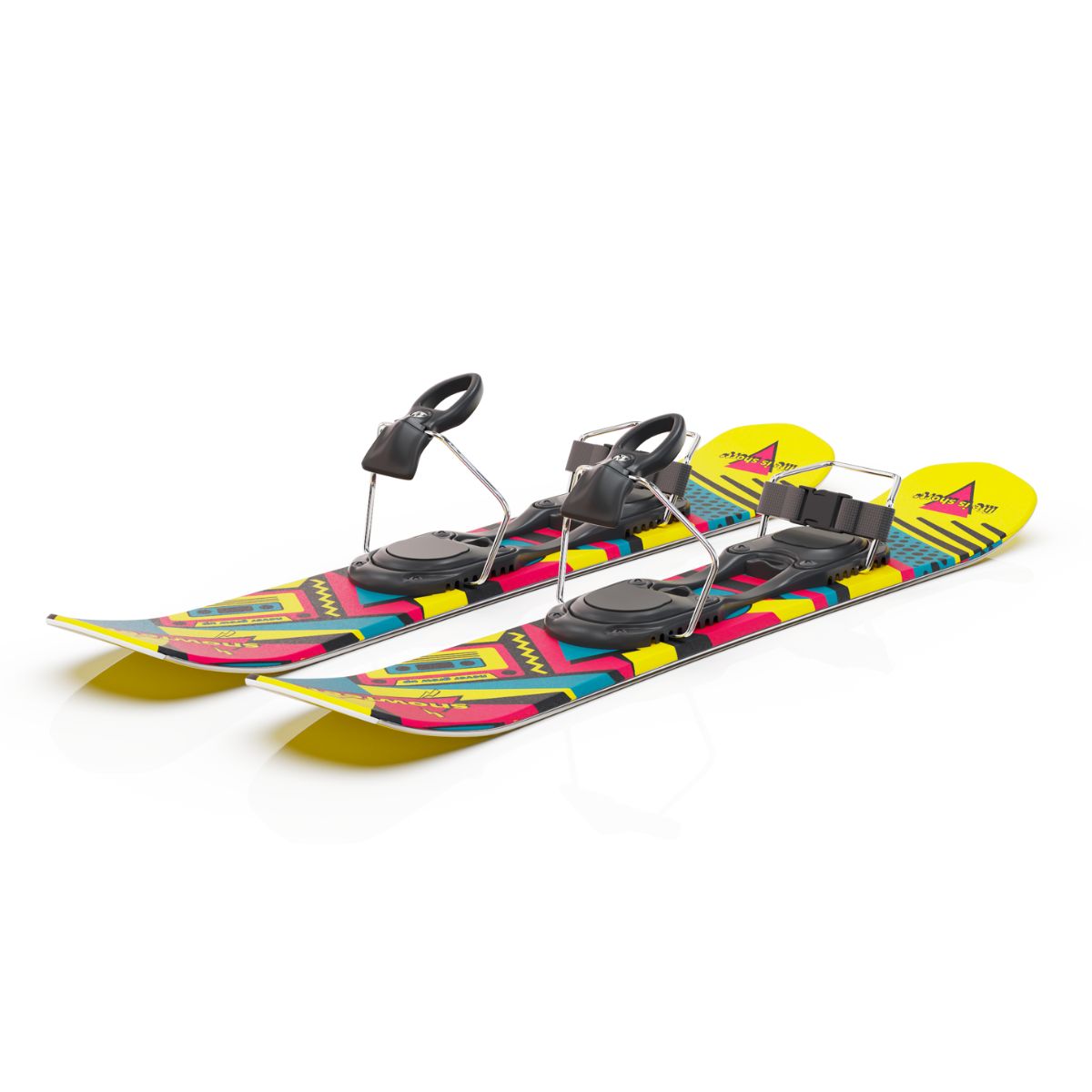
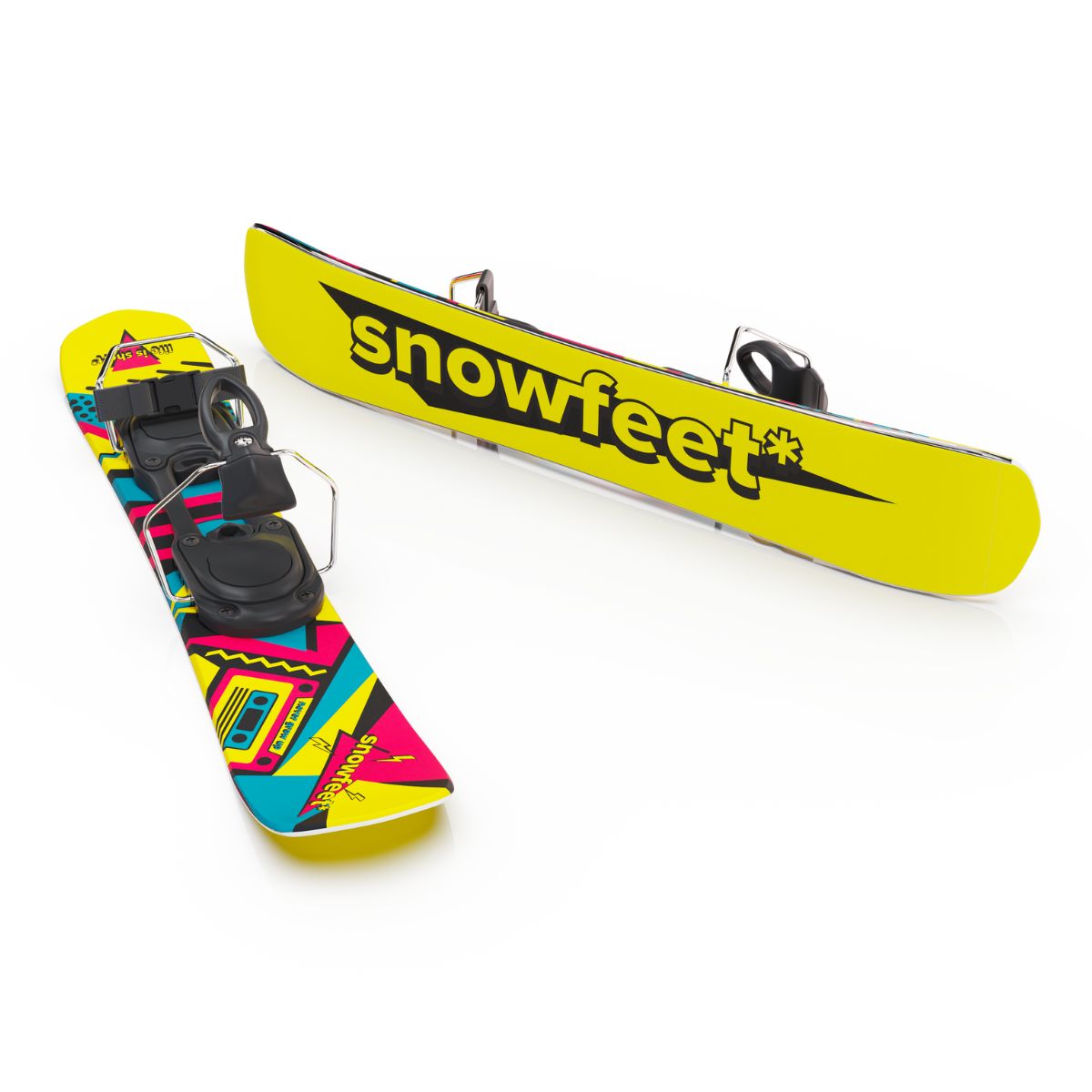
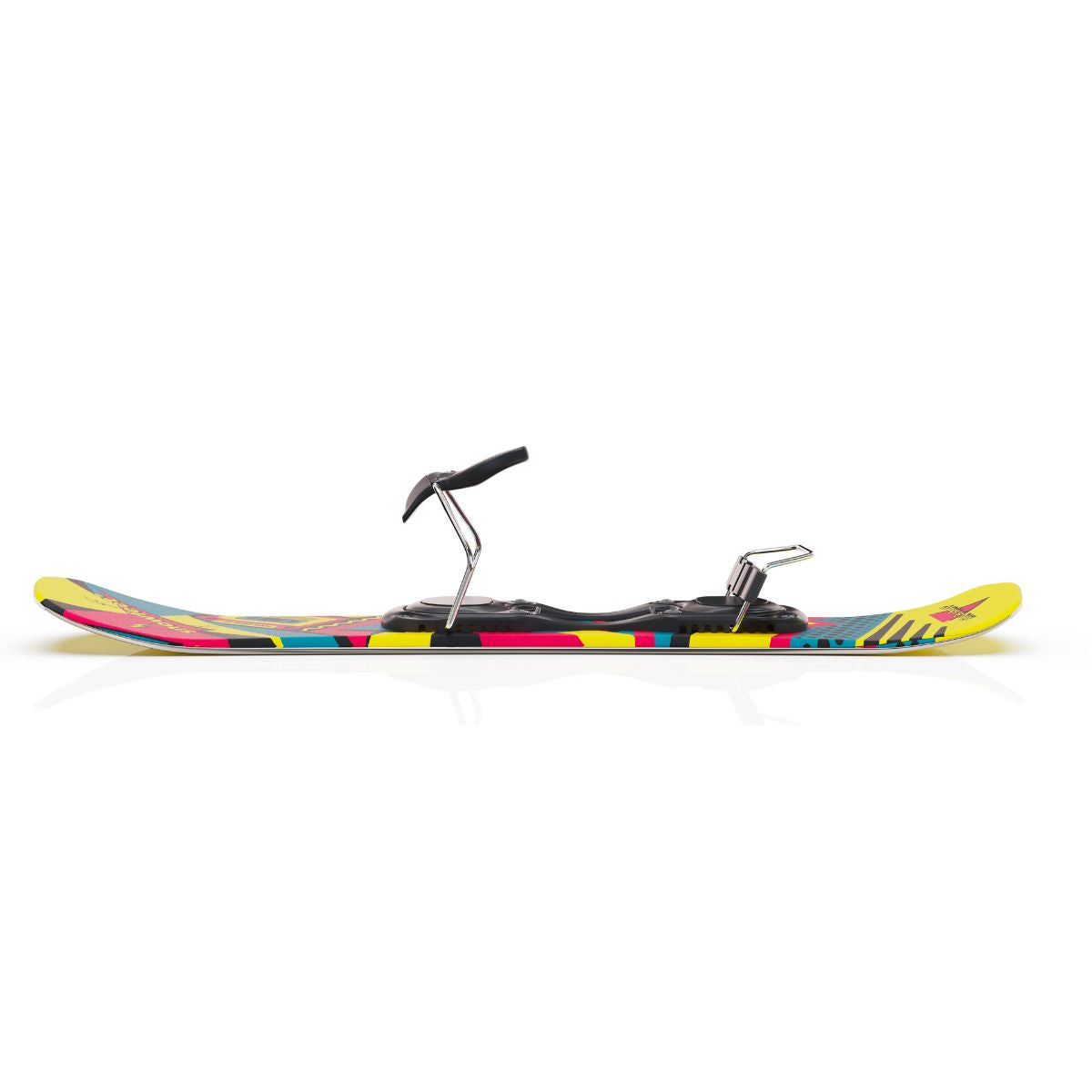
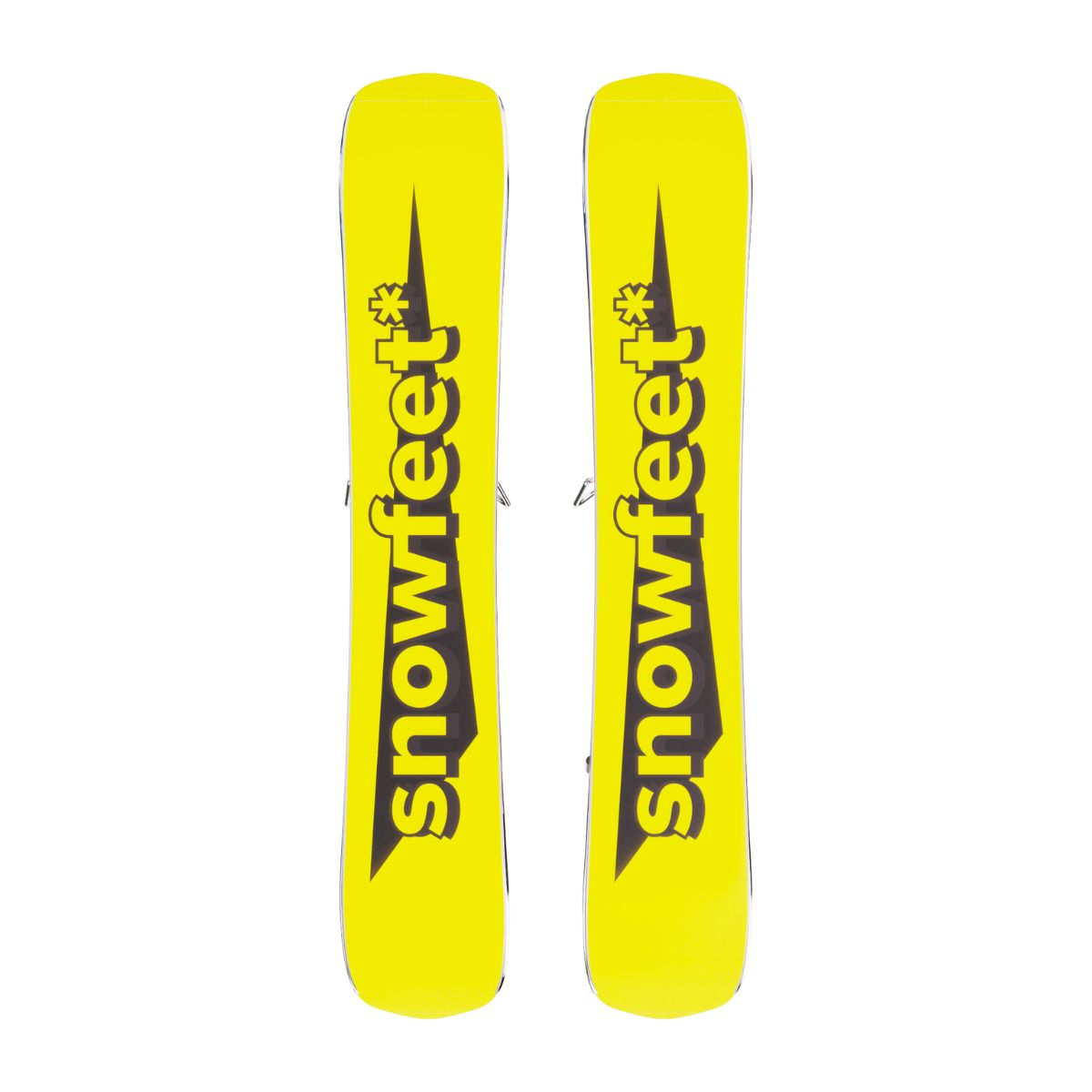
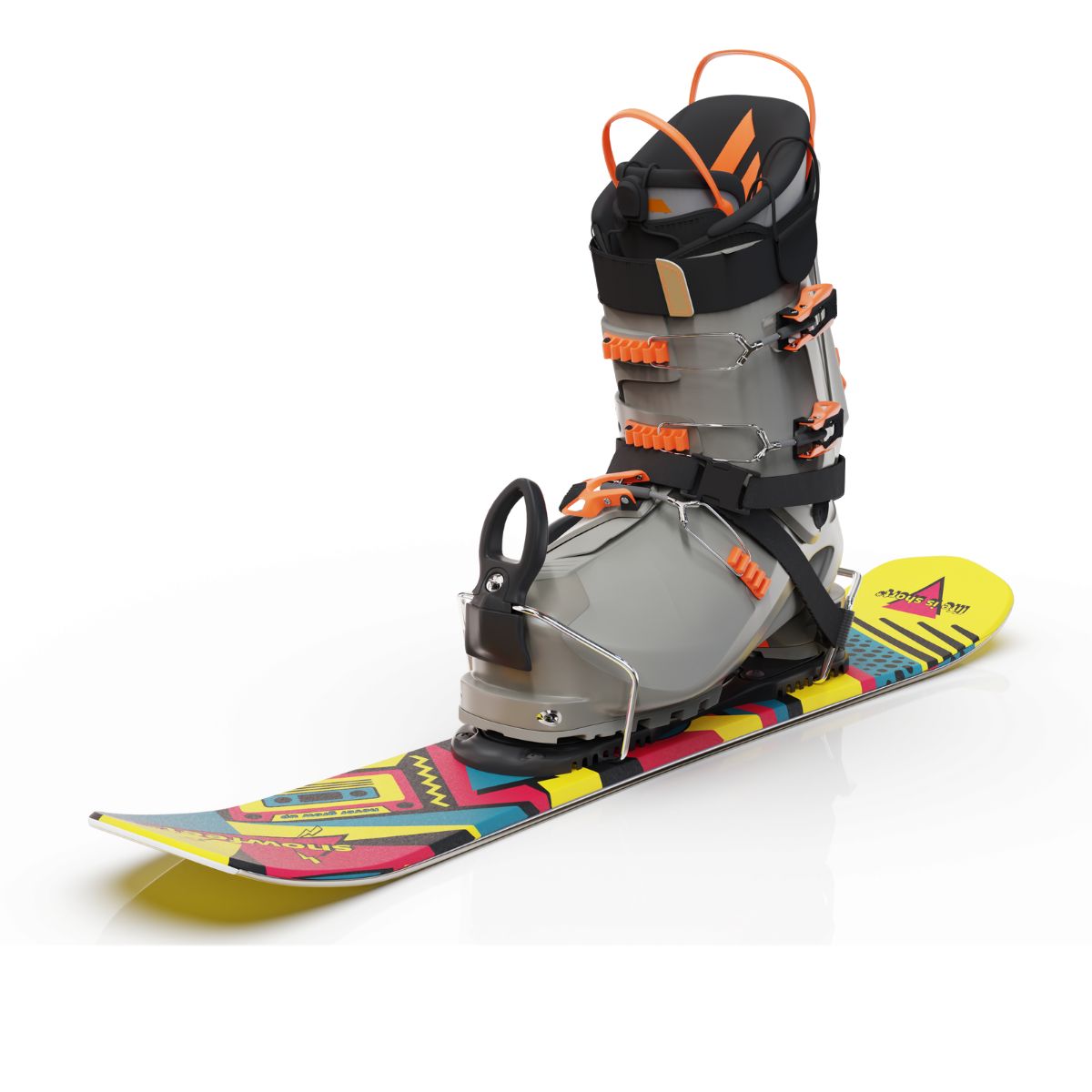
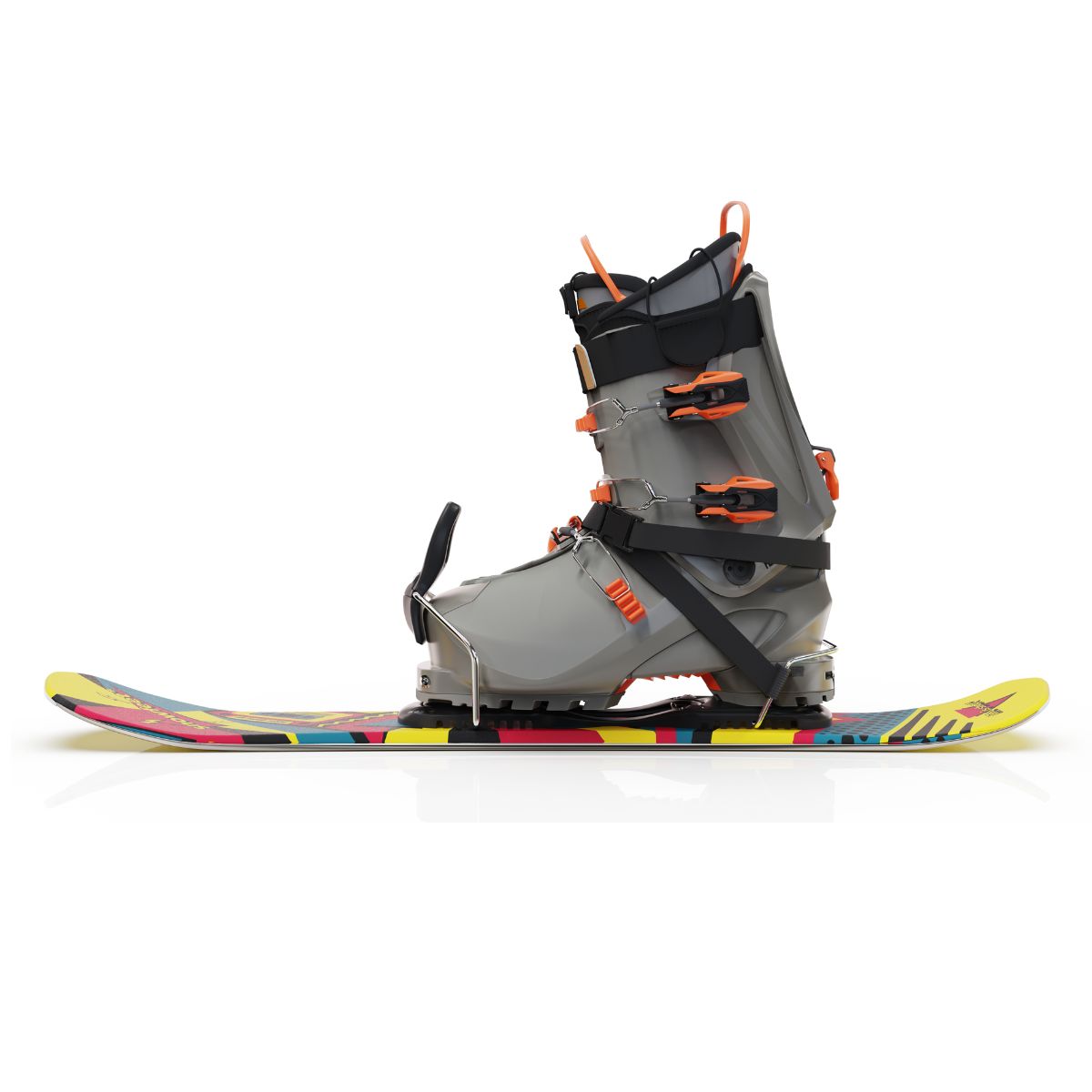
Free Shipping | 3 Business Days
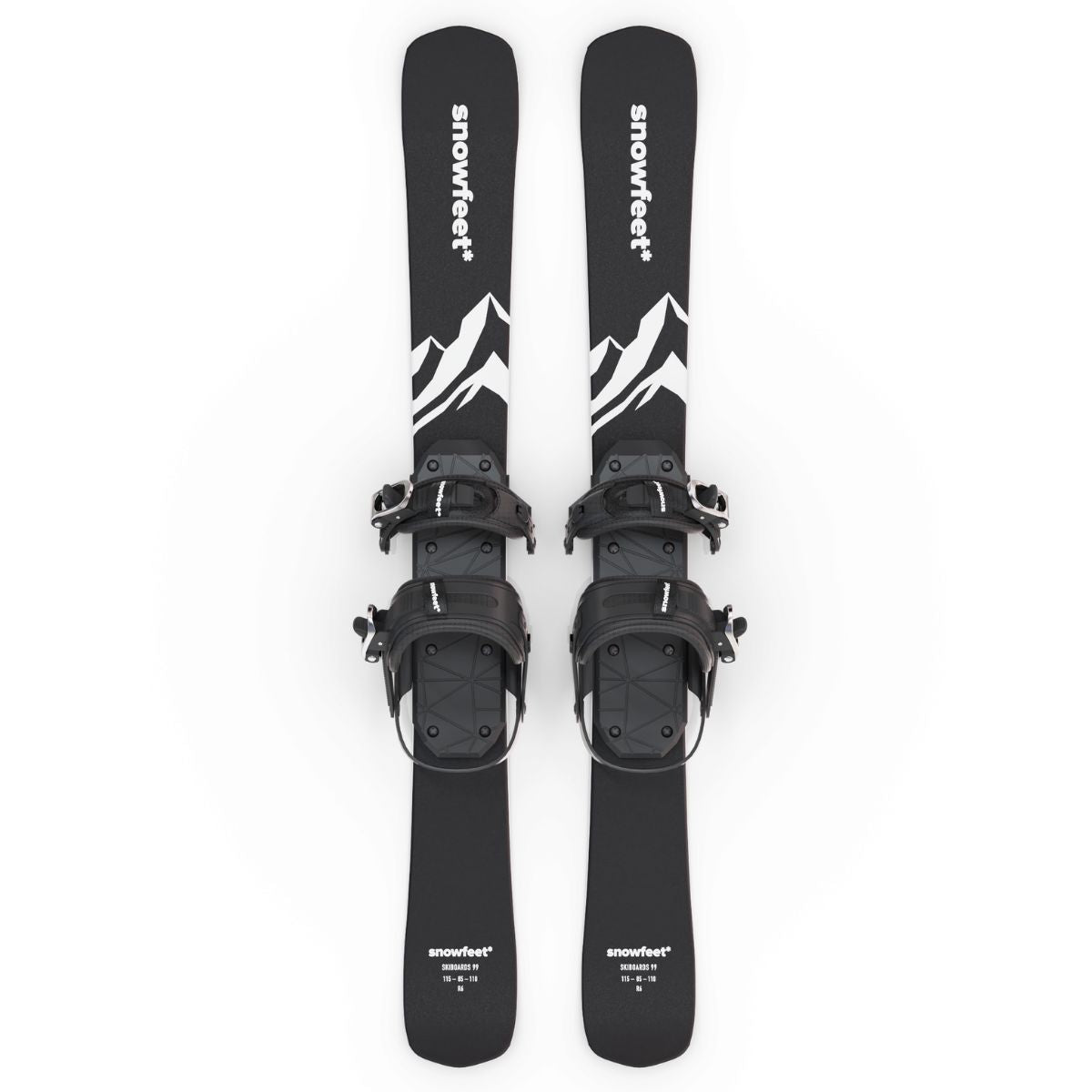
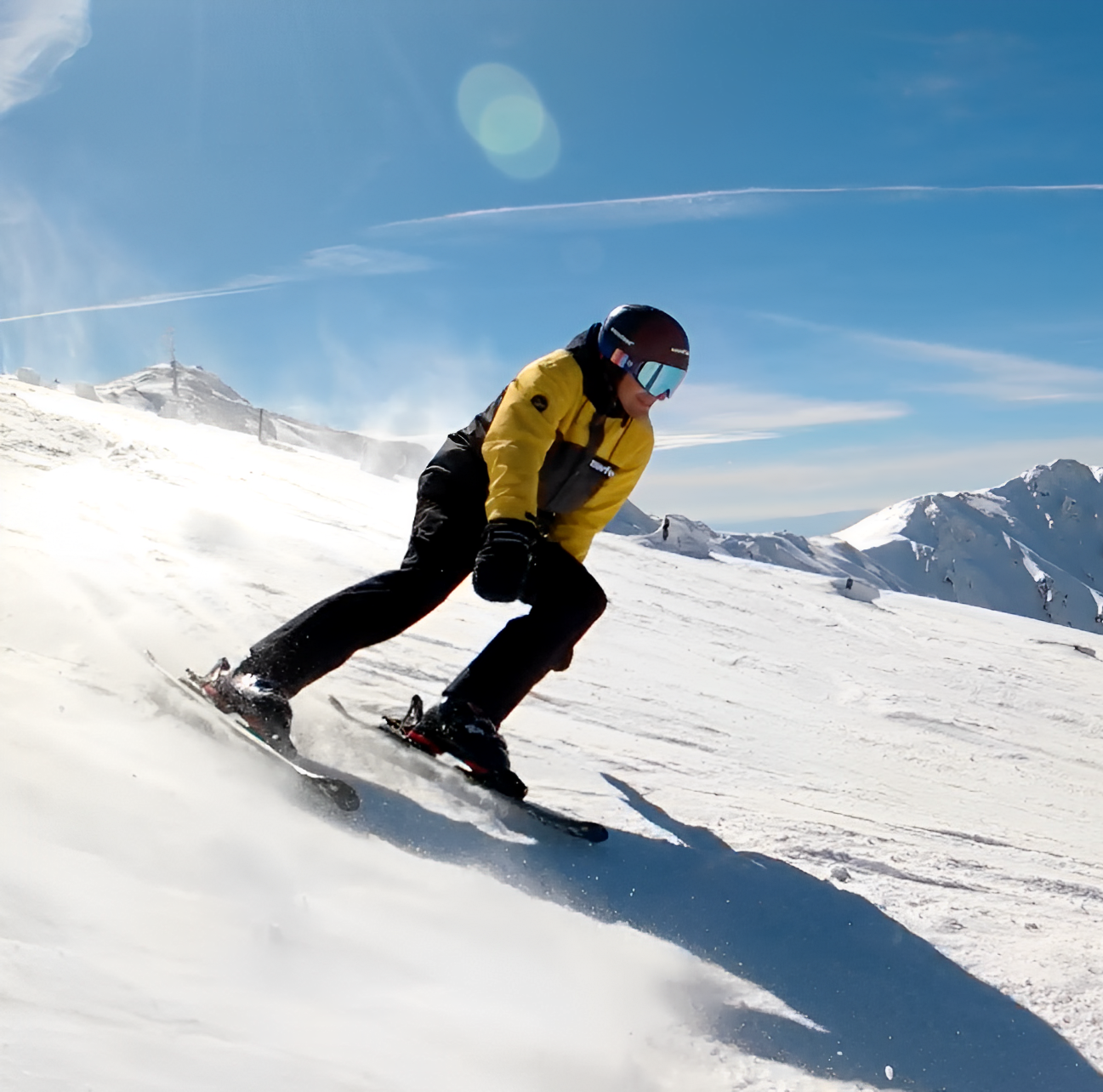
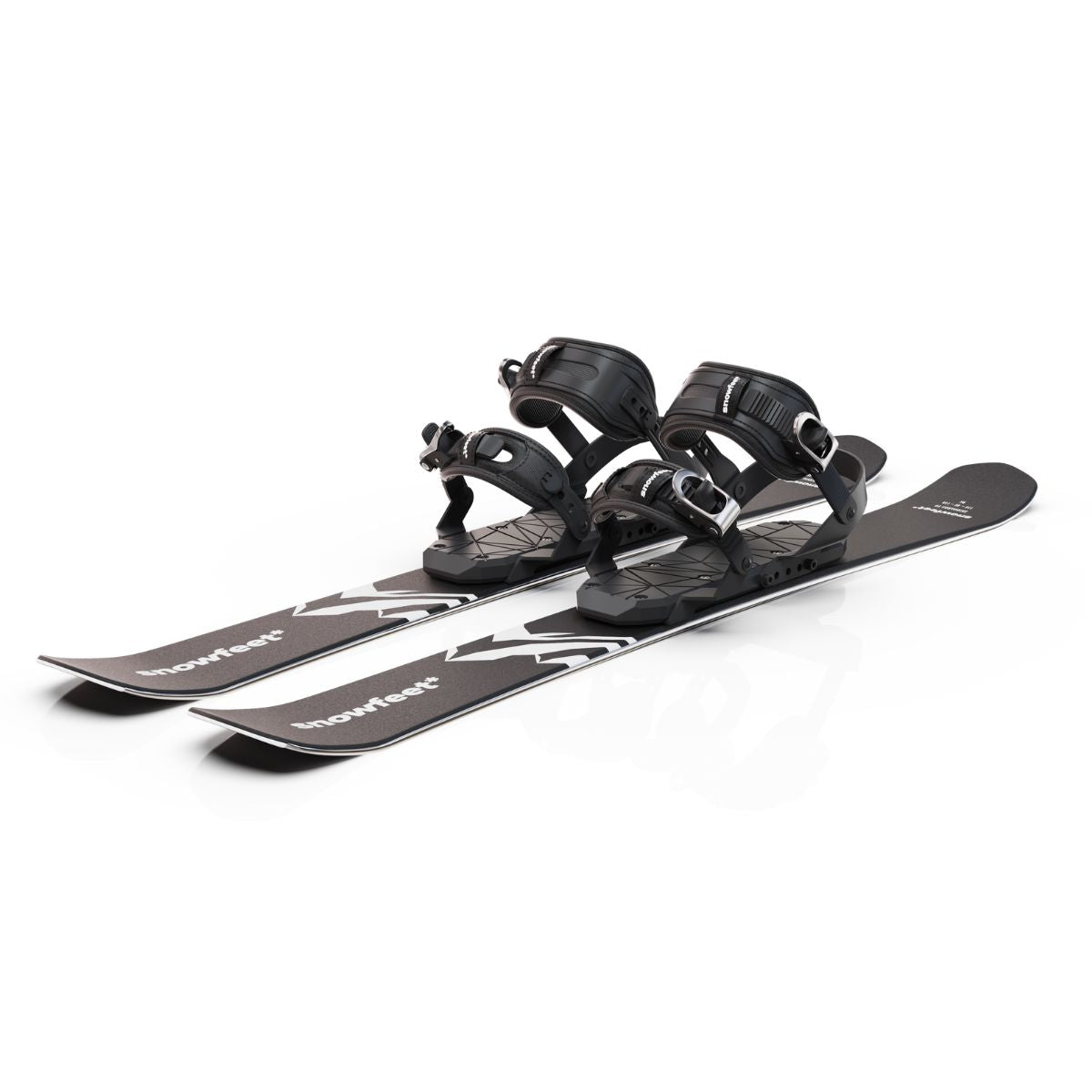
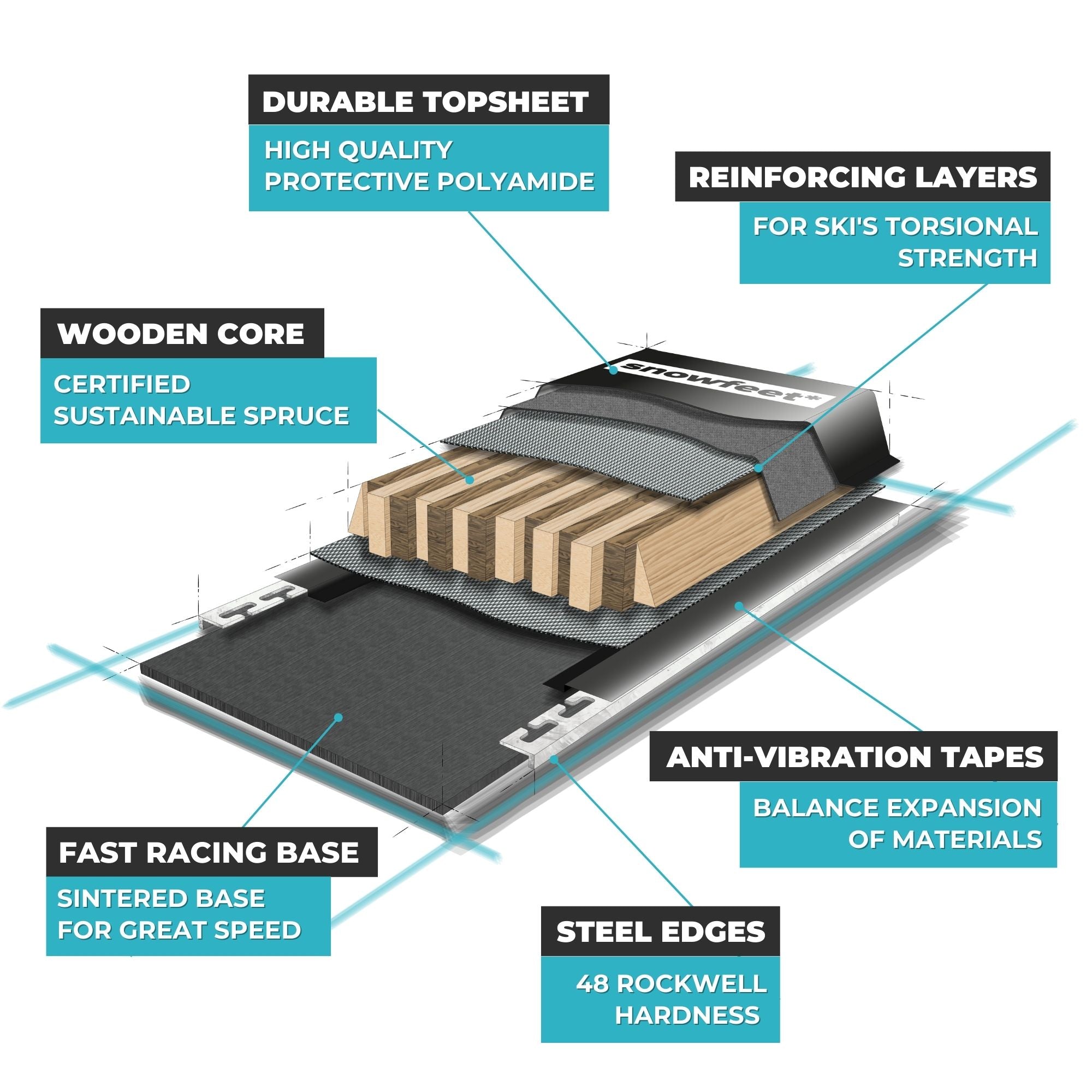
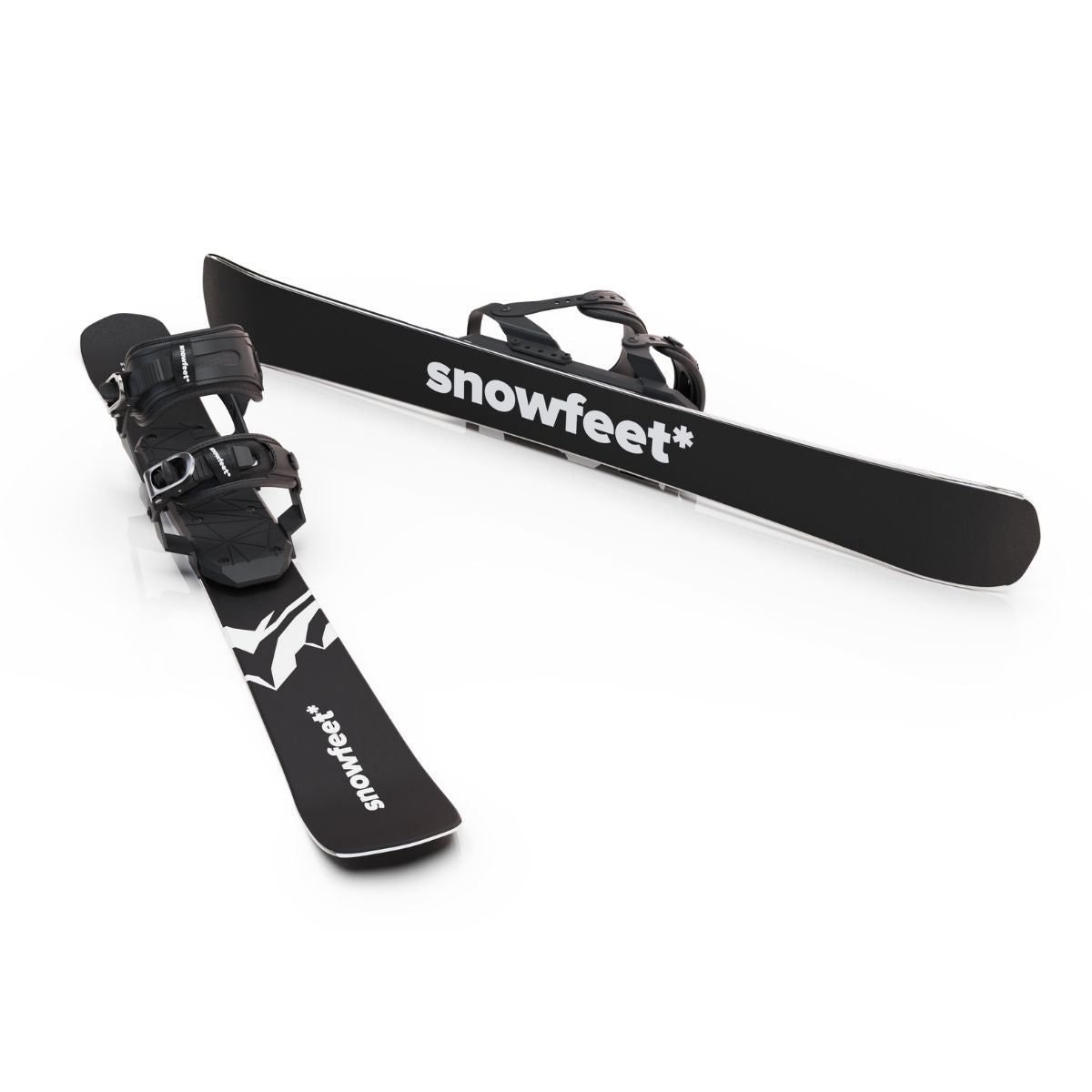
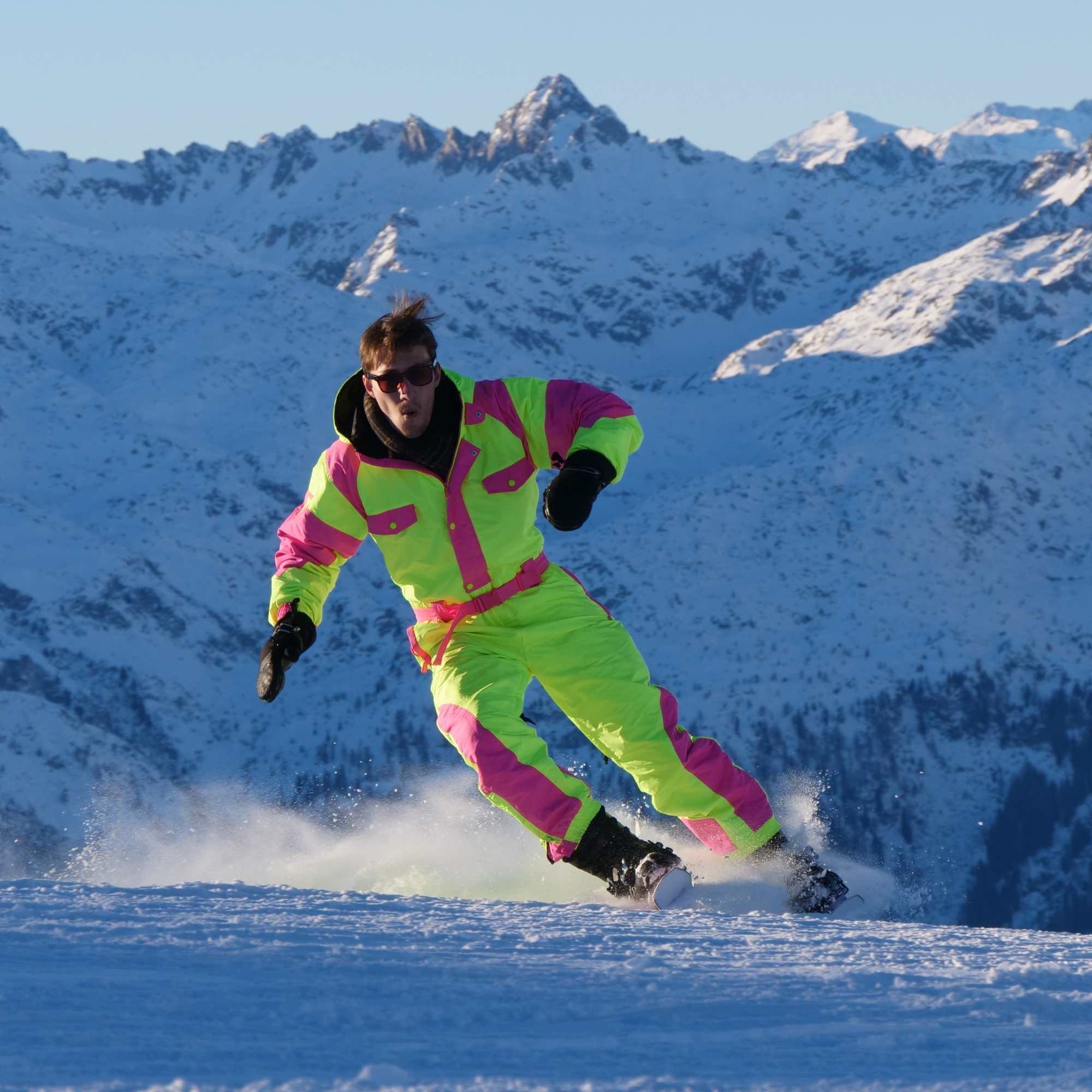
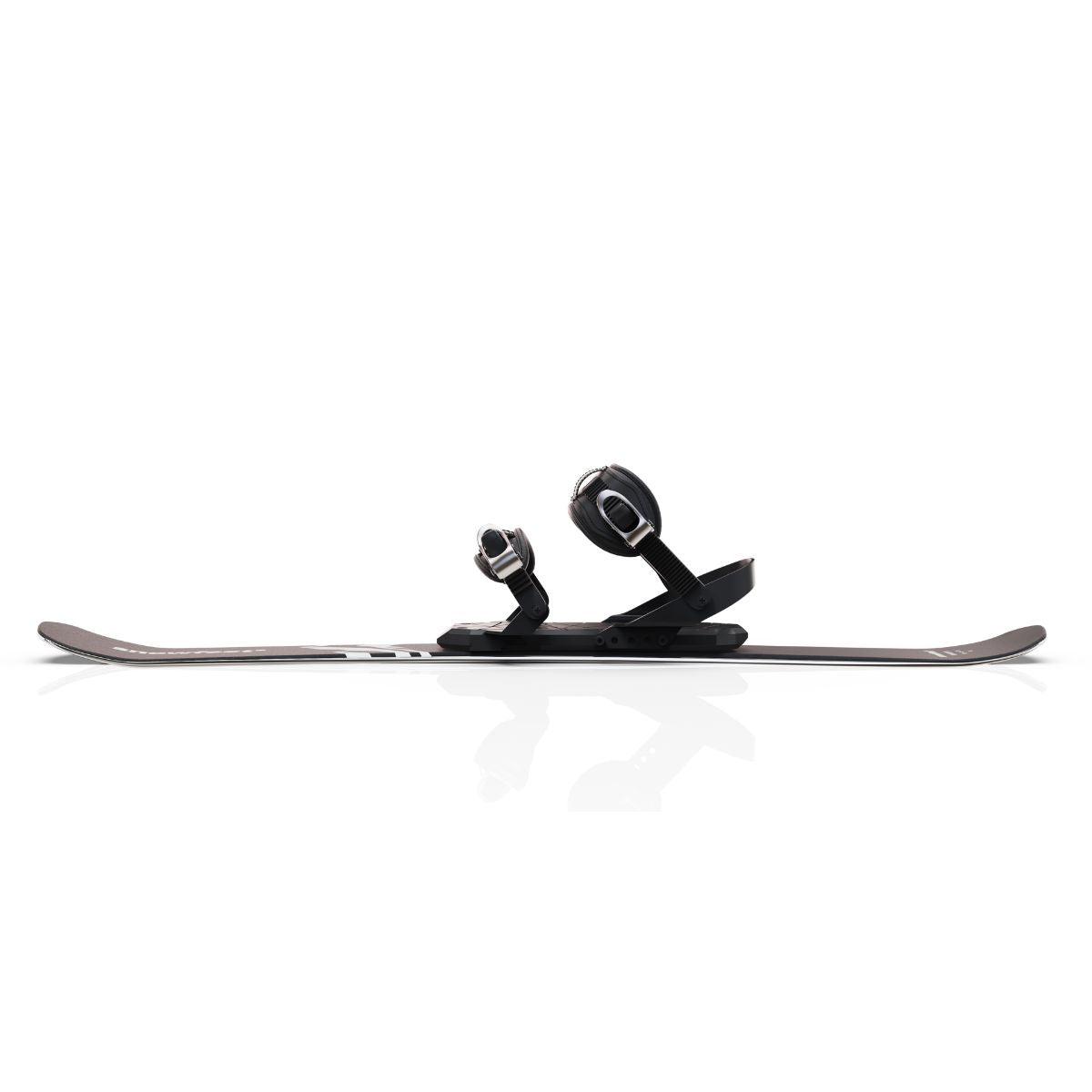
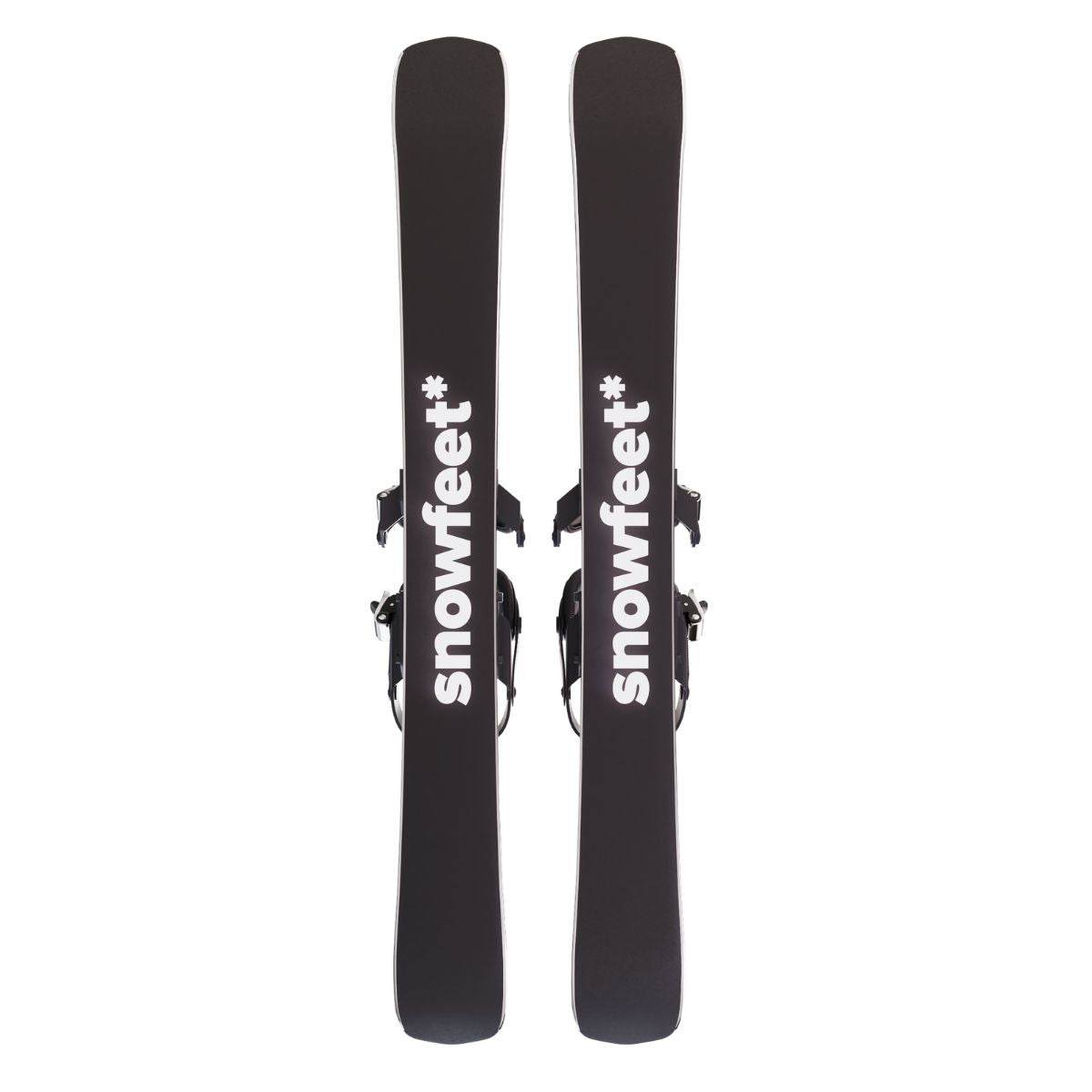
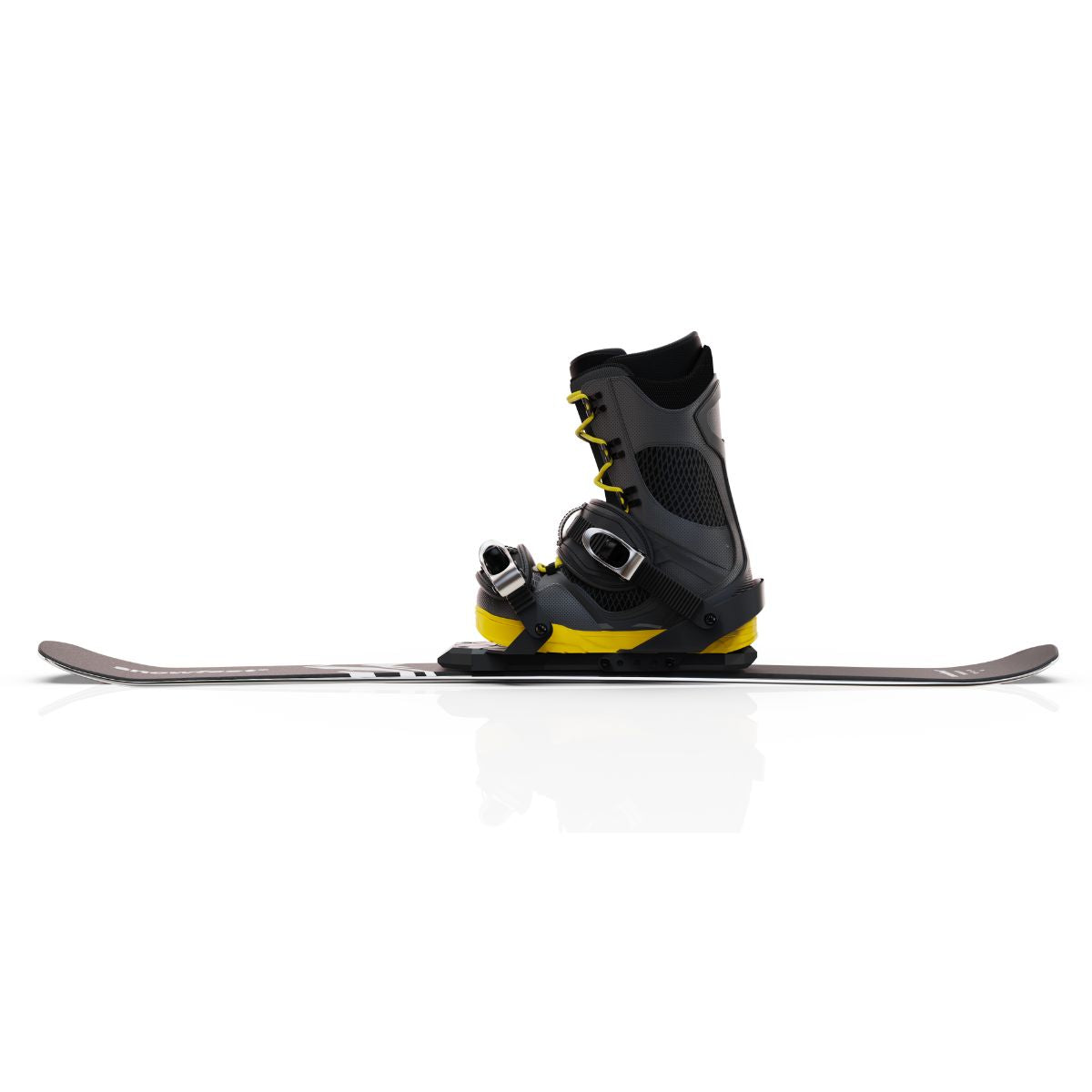
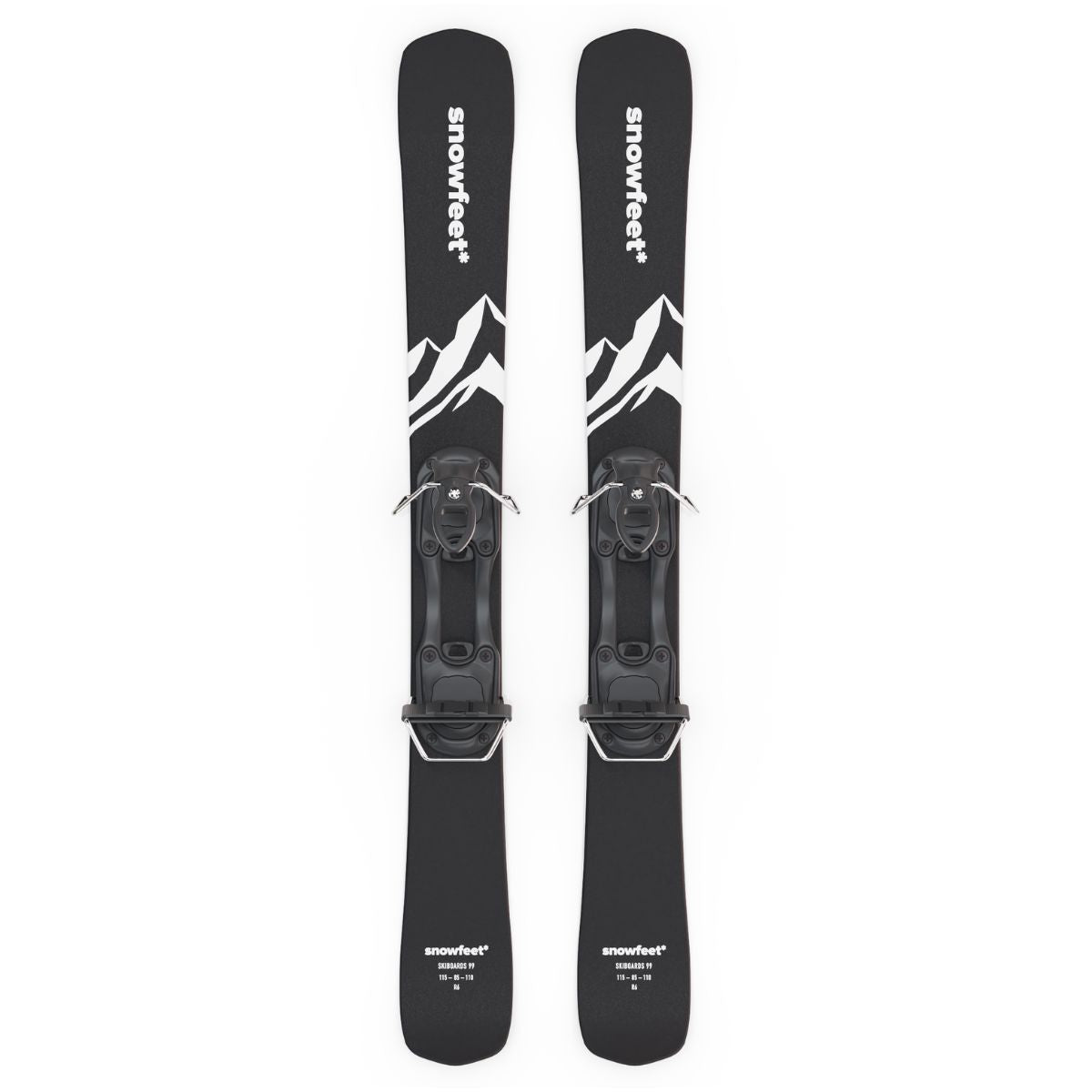
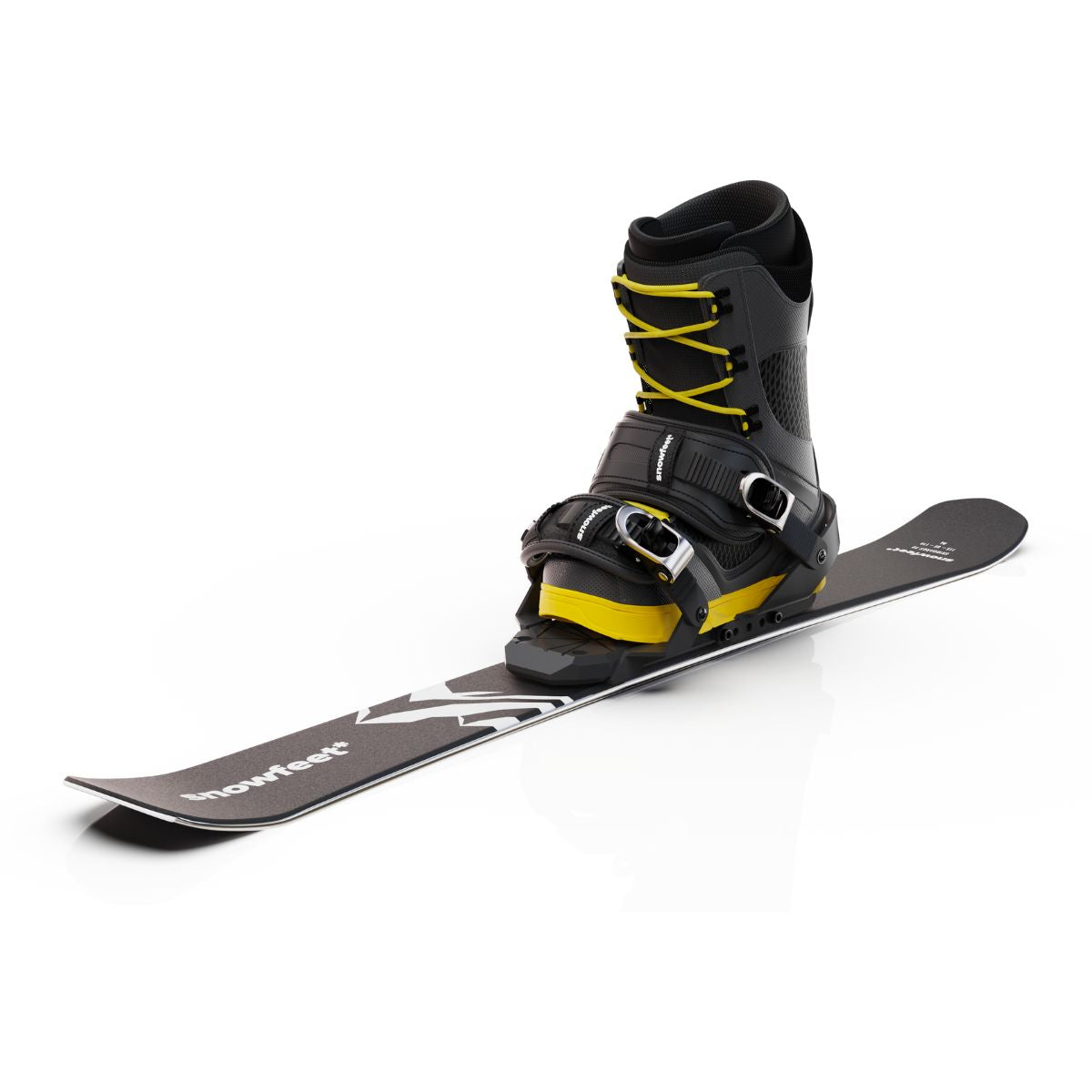
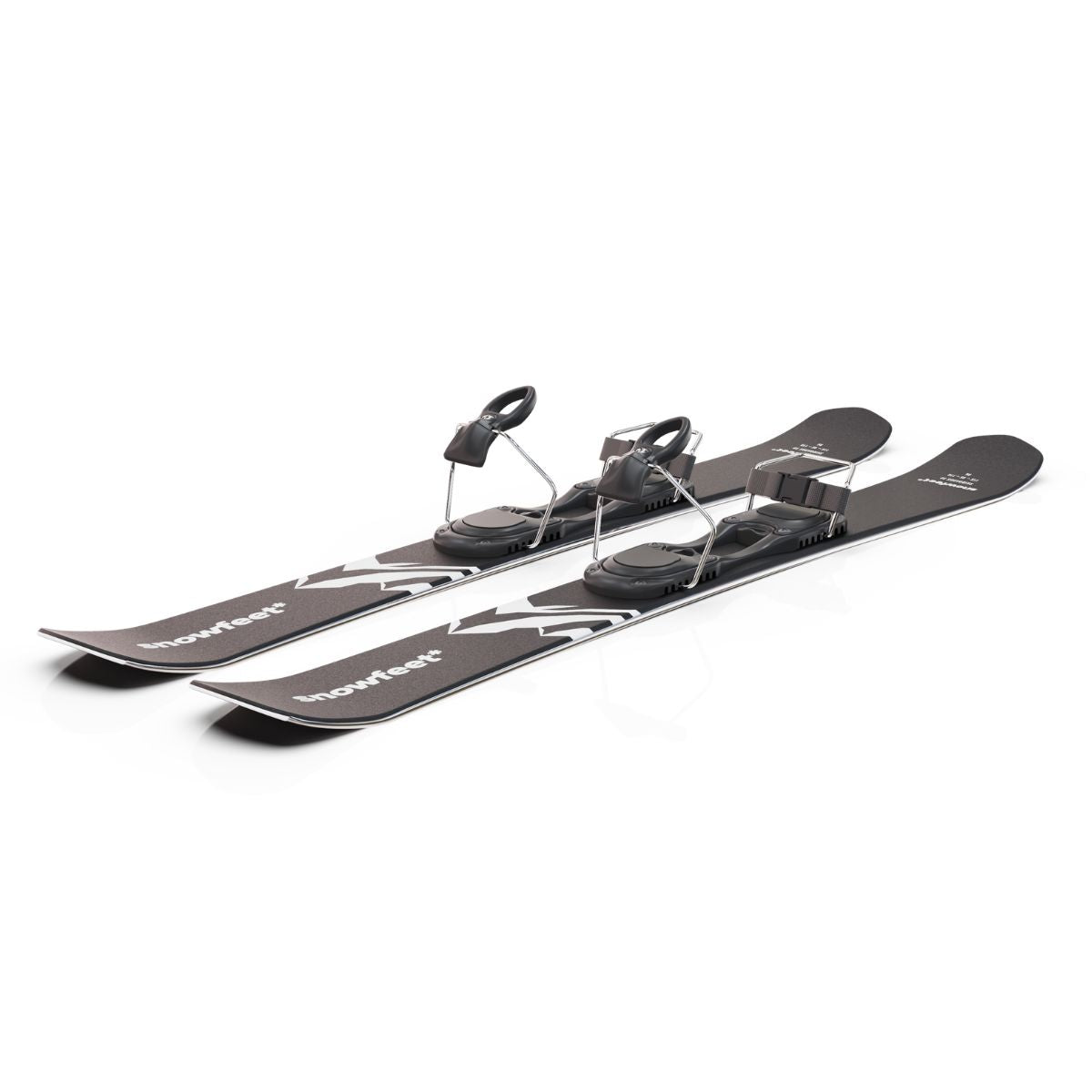
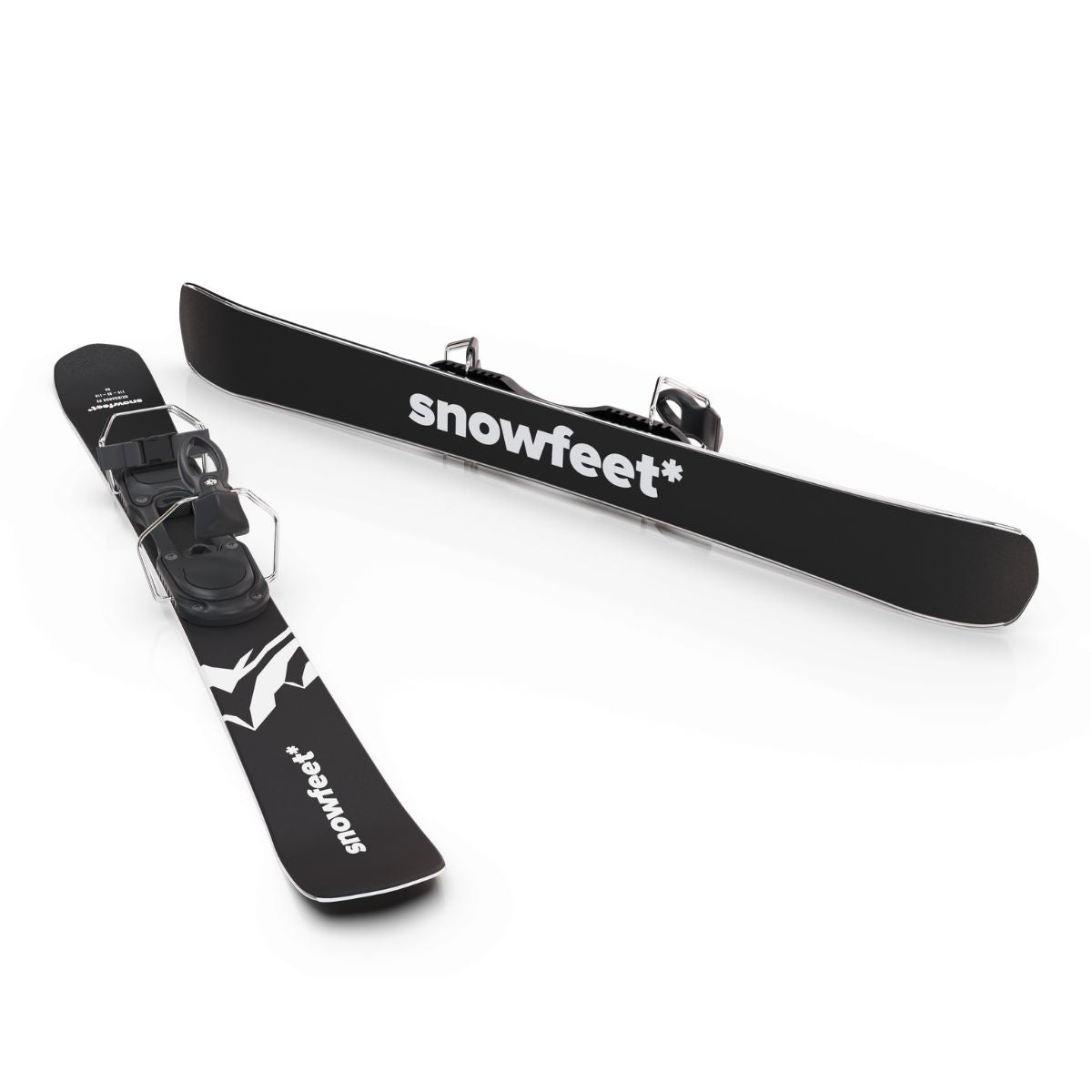
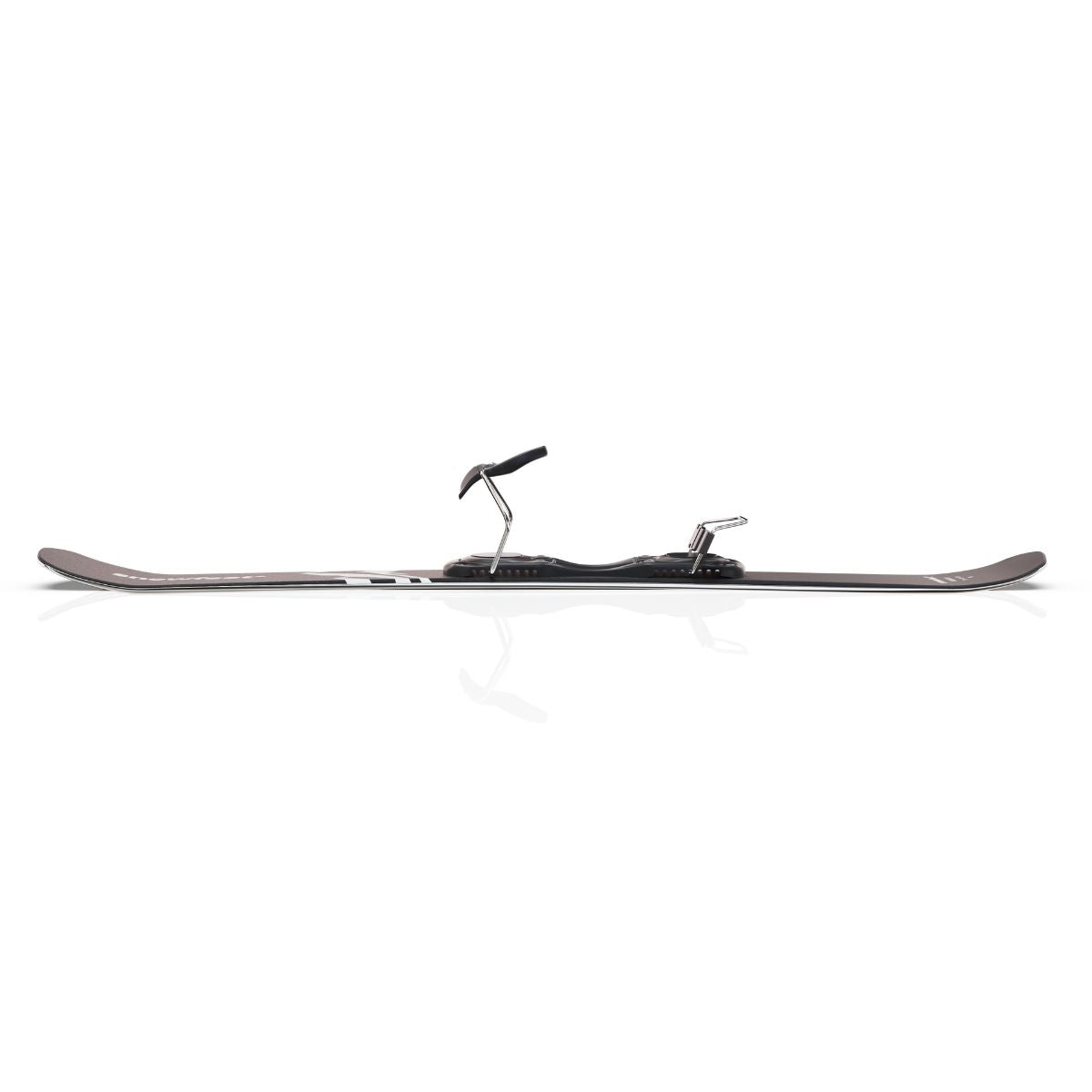
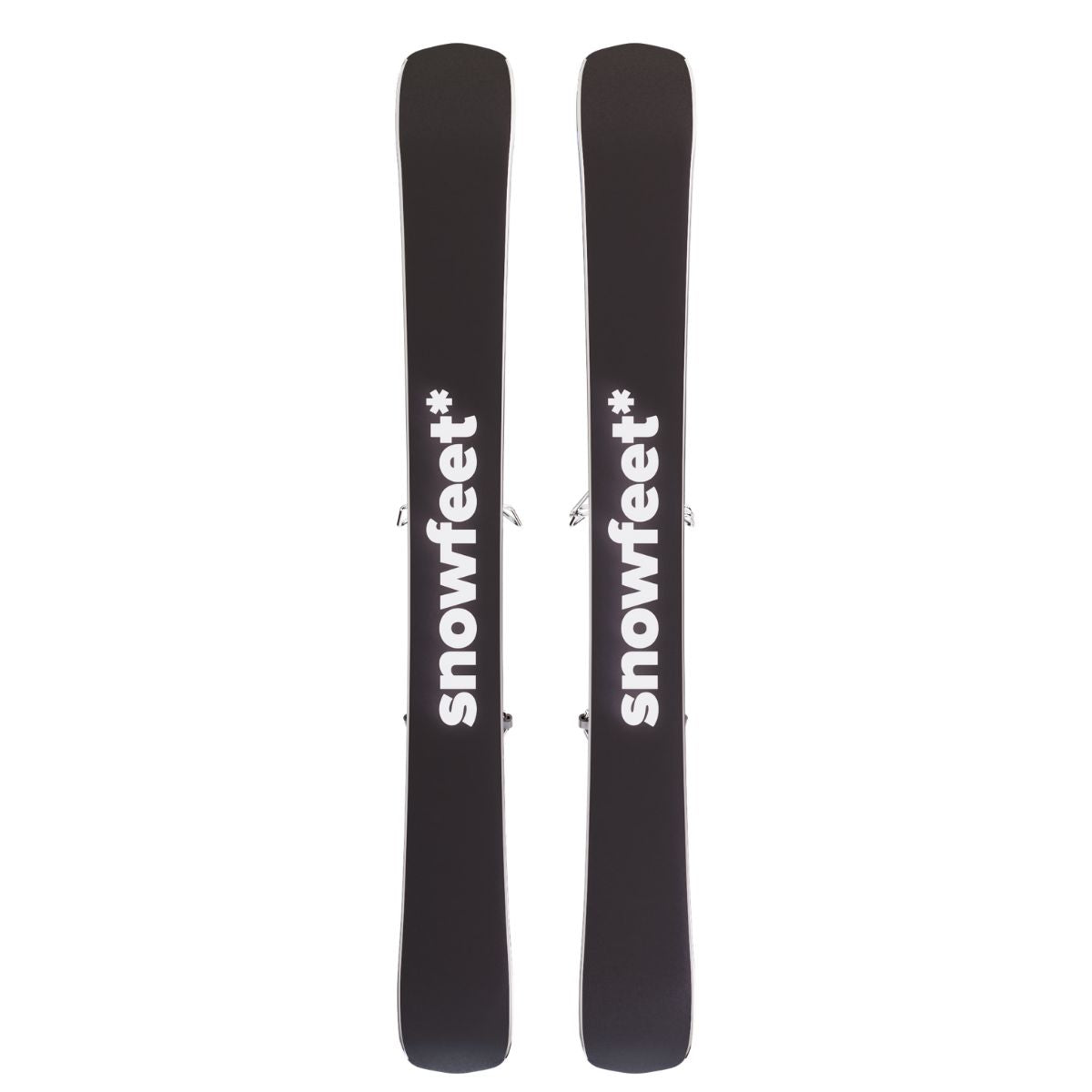
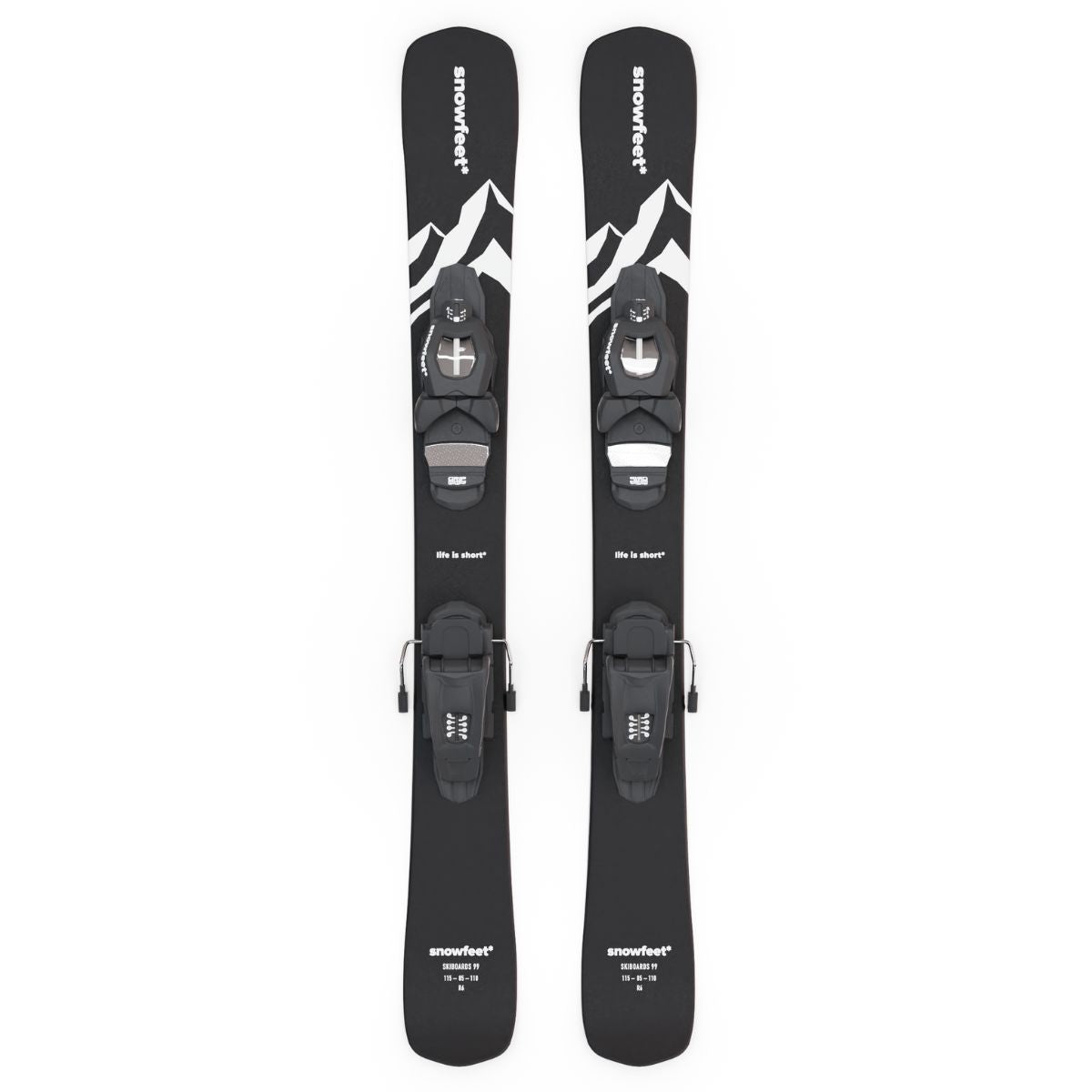
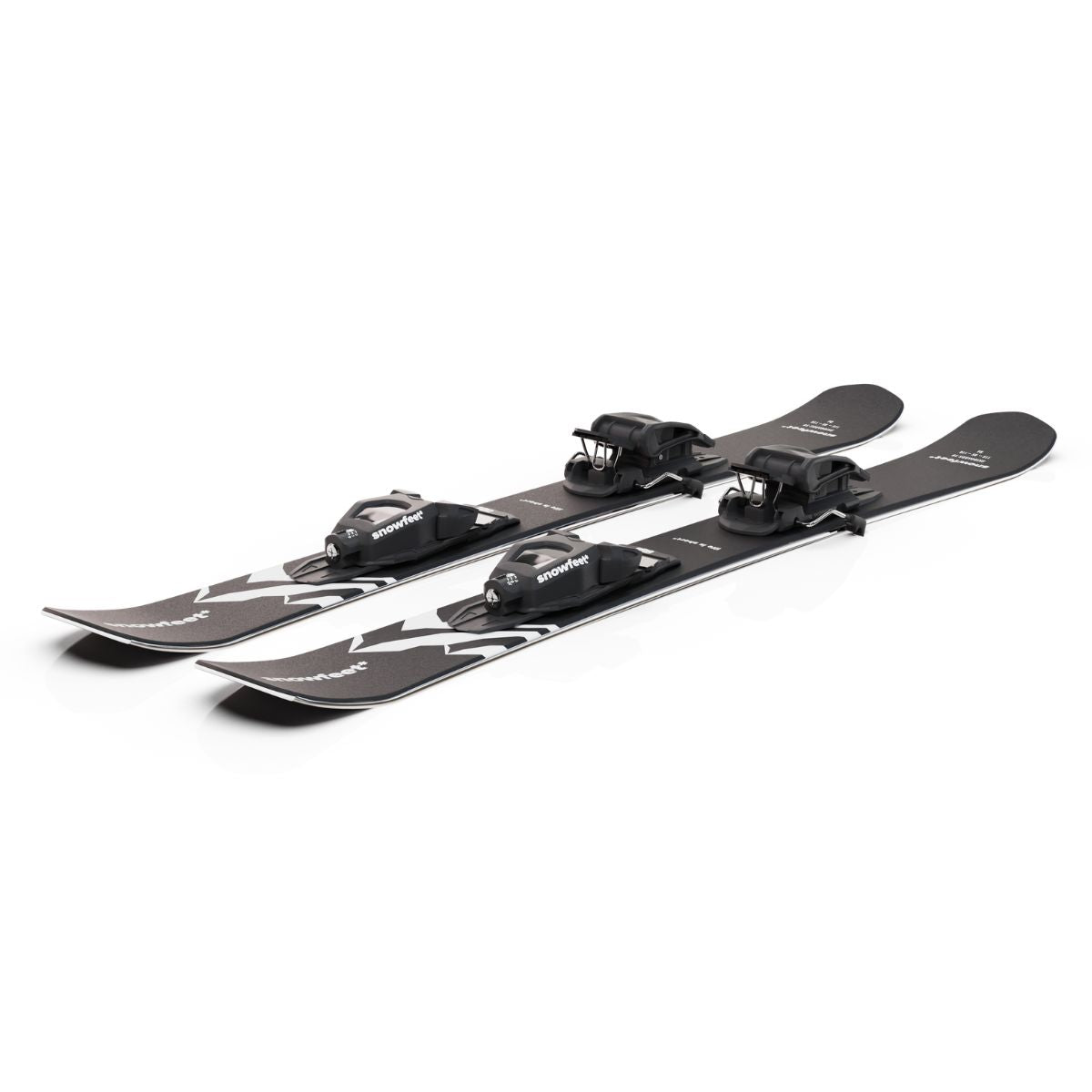
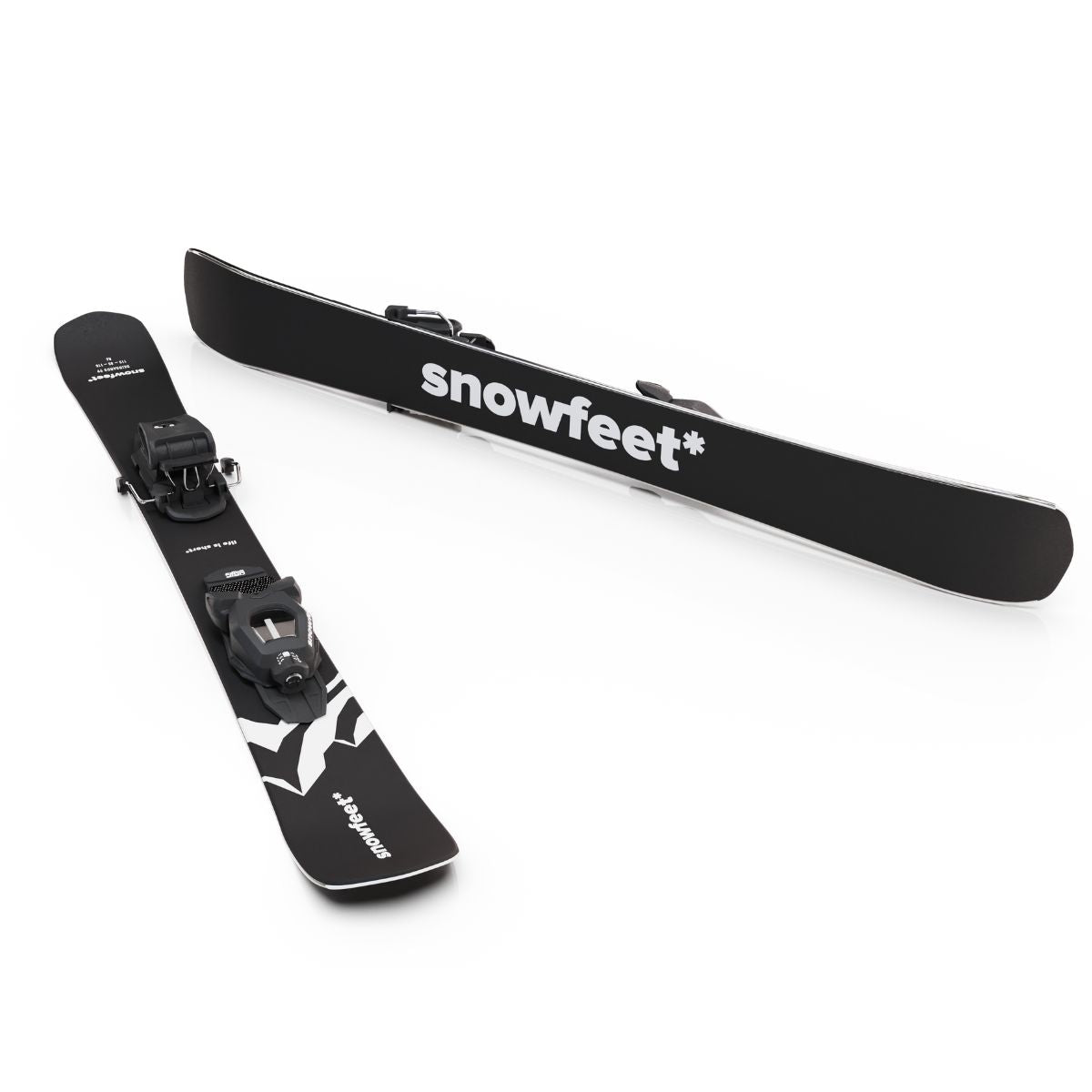
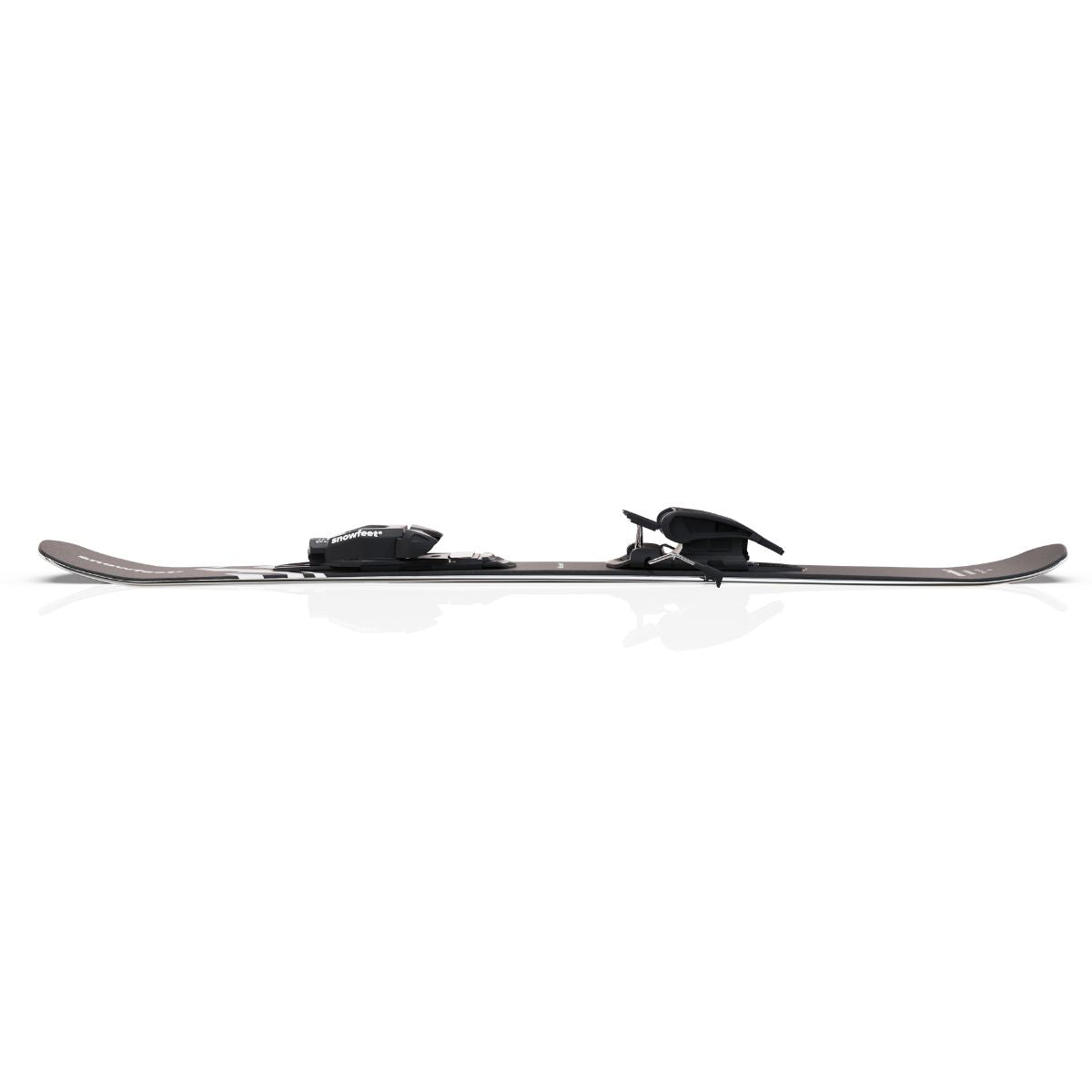
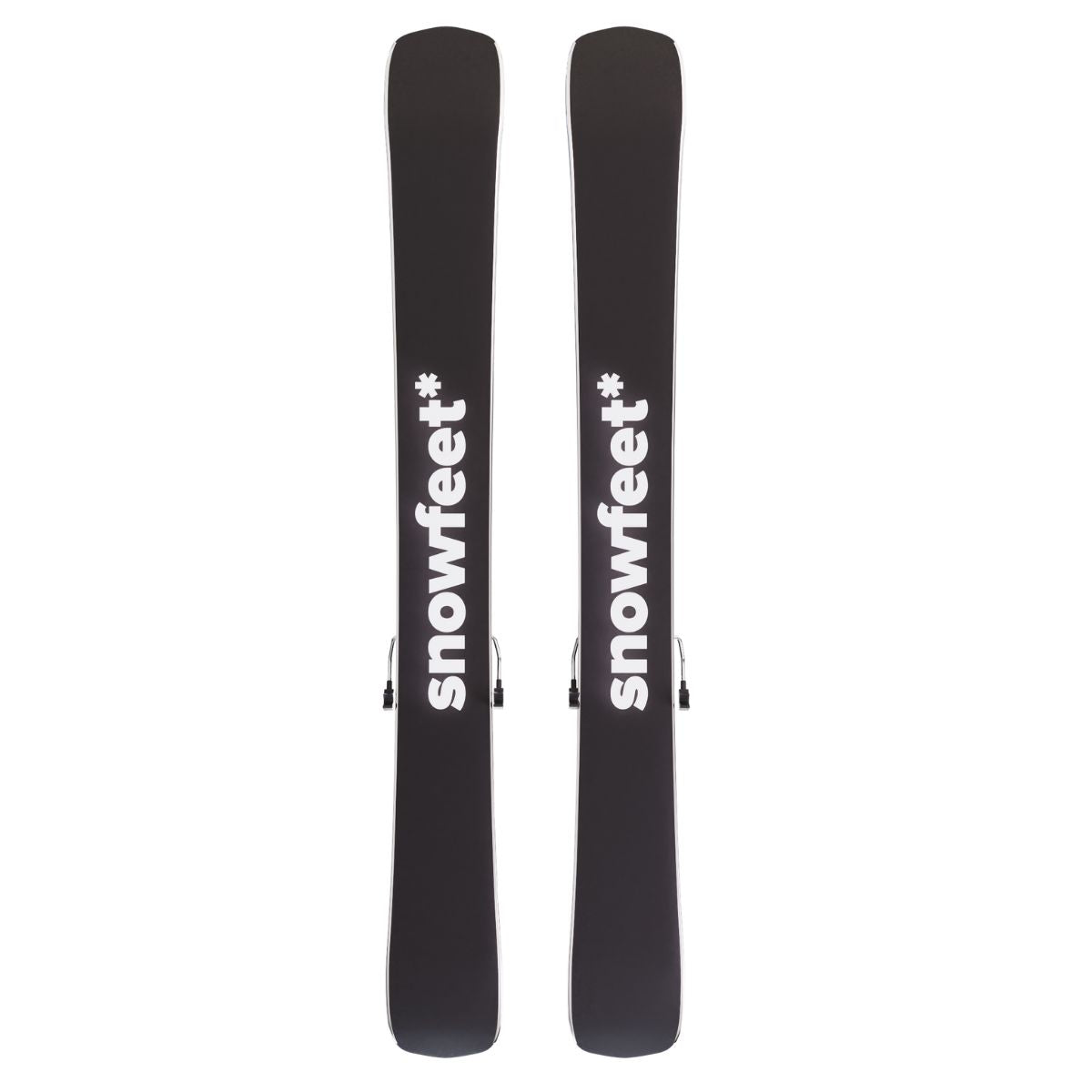
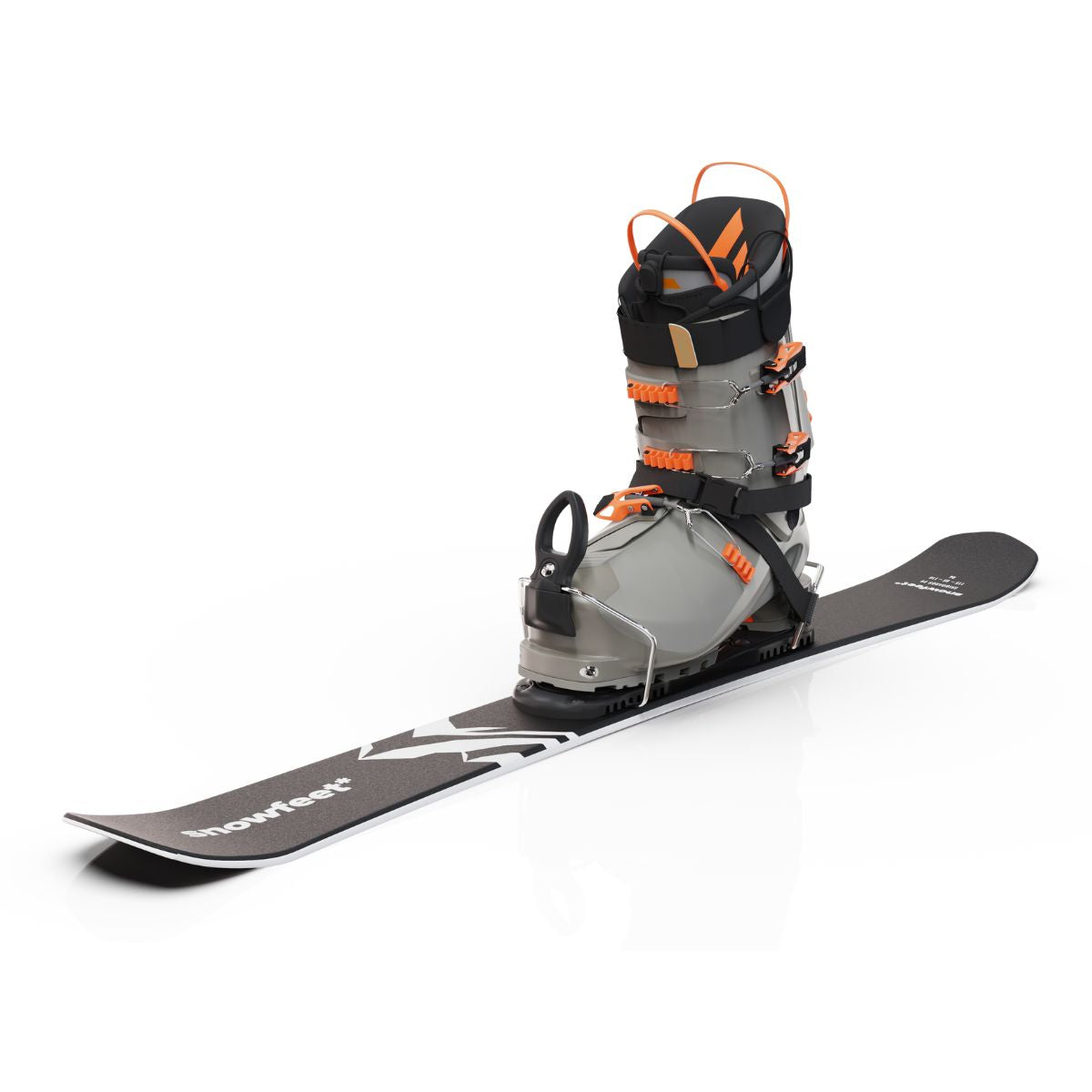
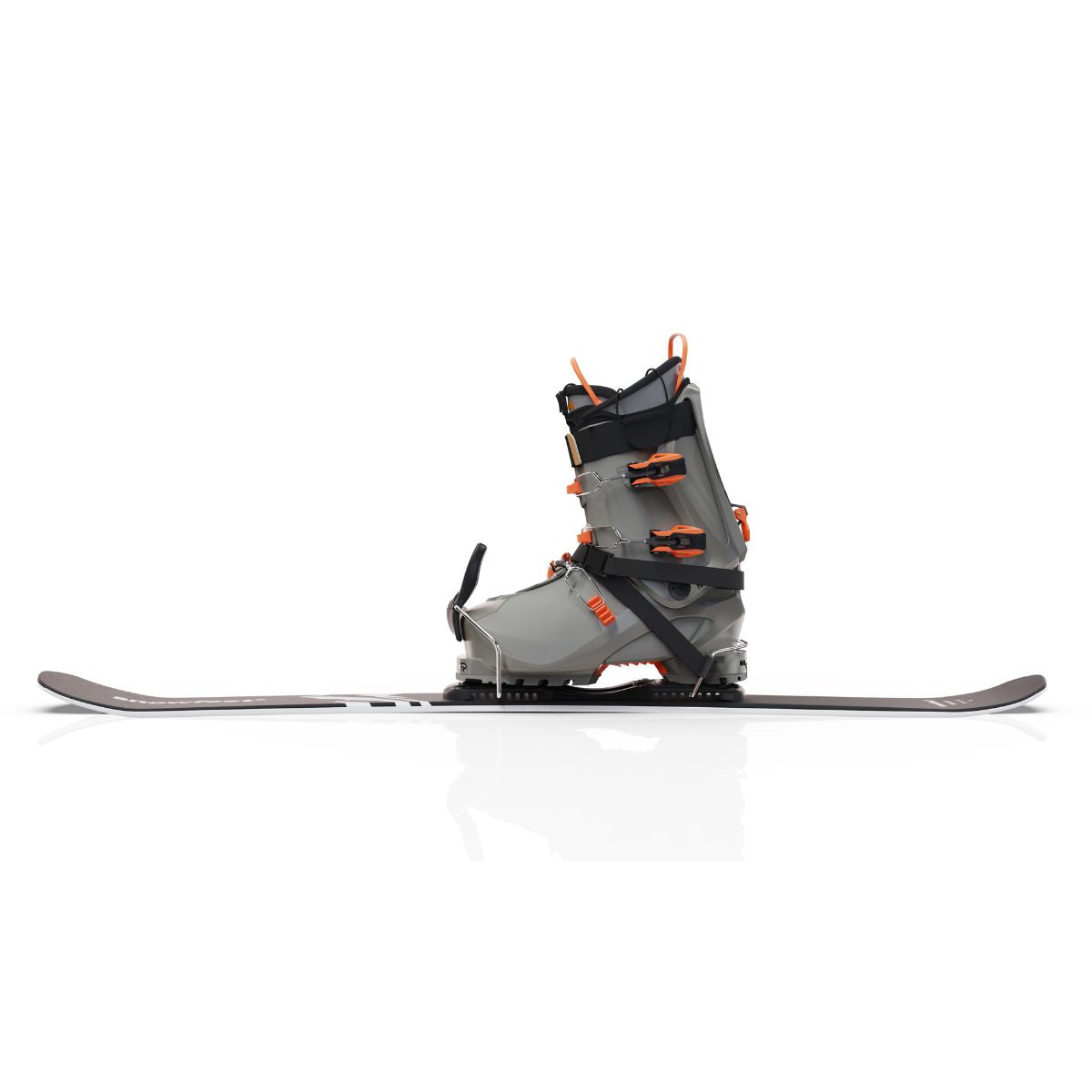
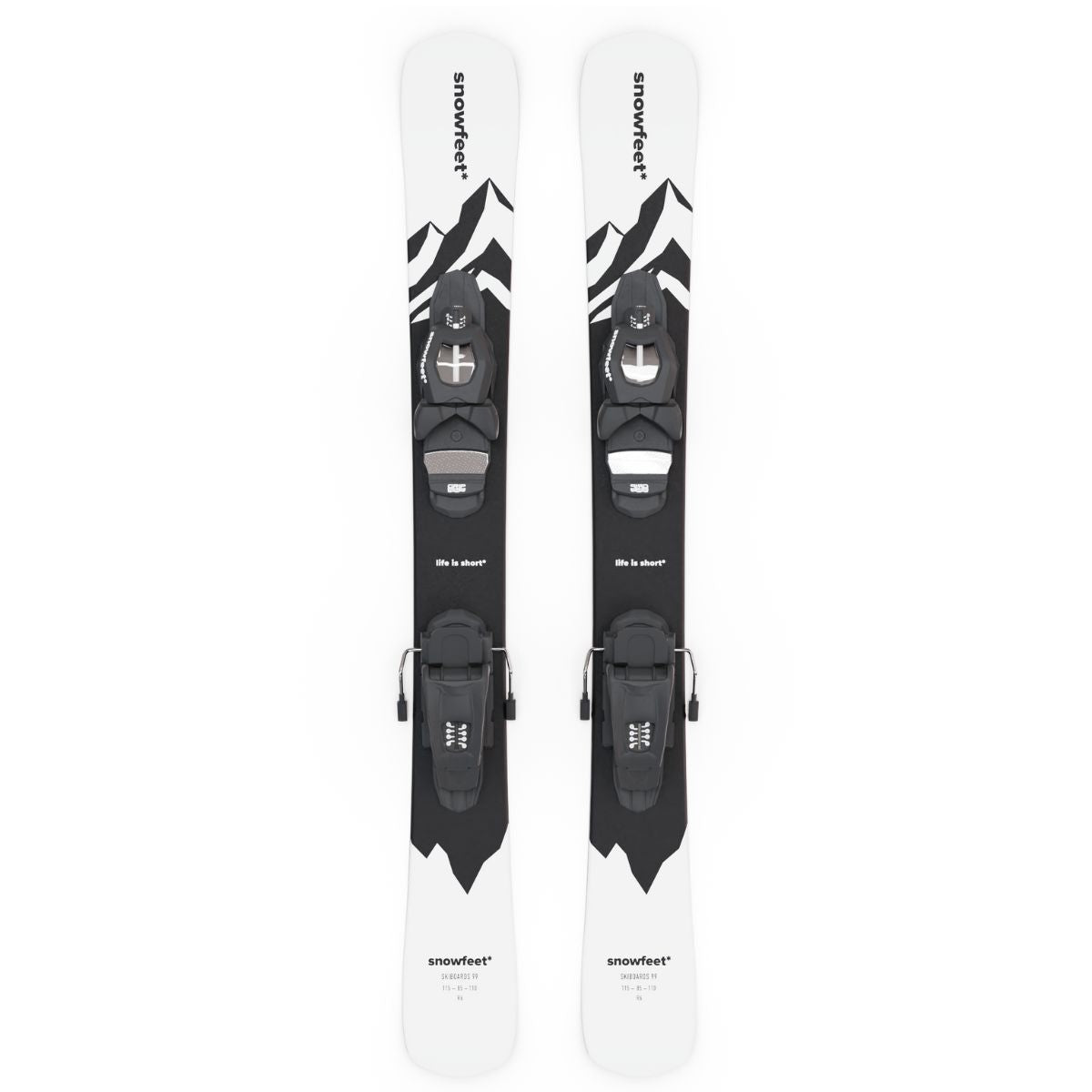
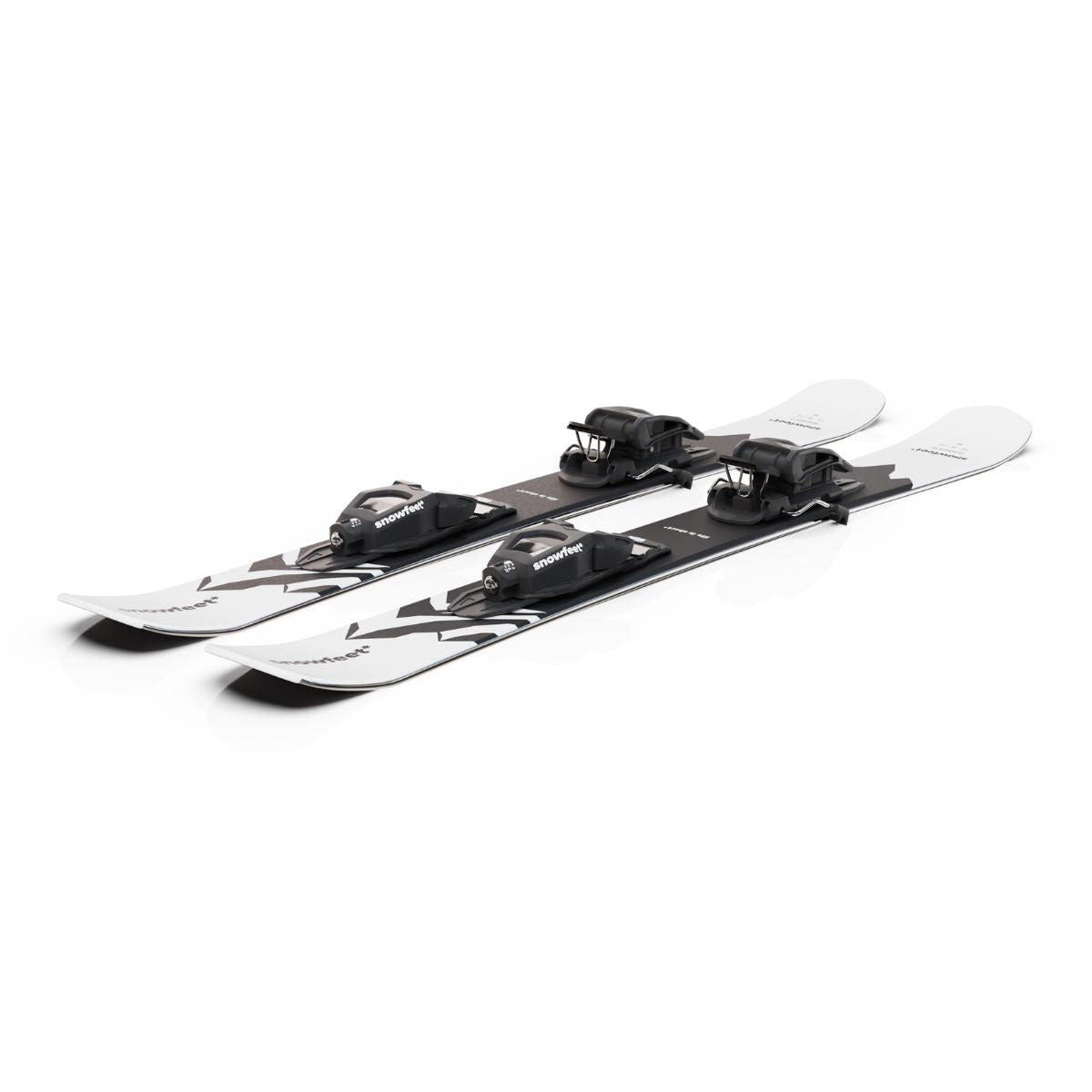
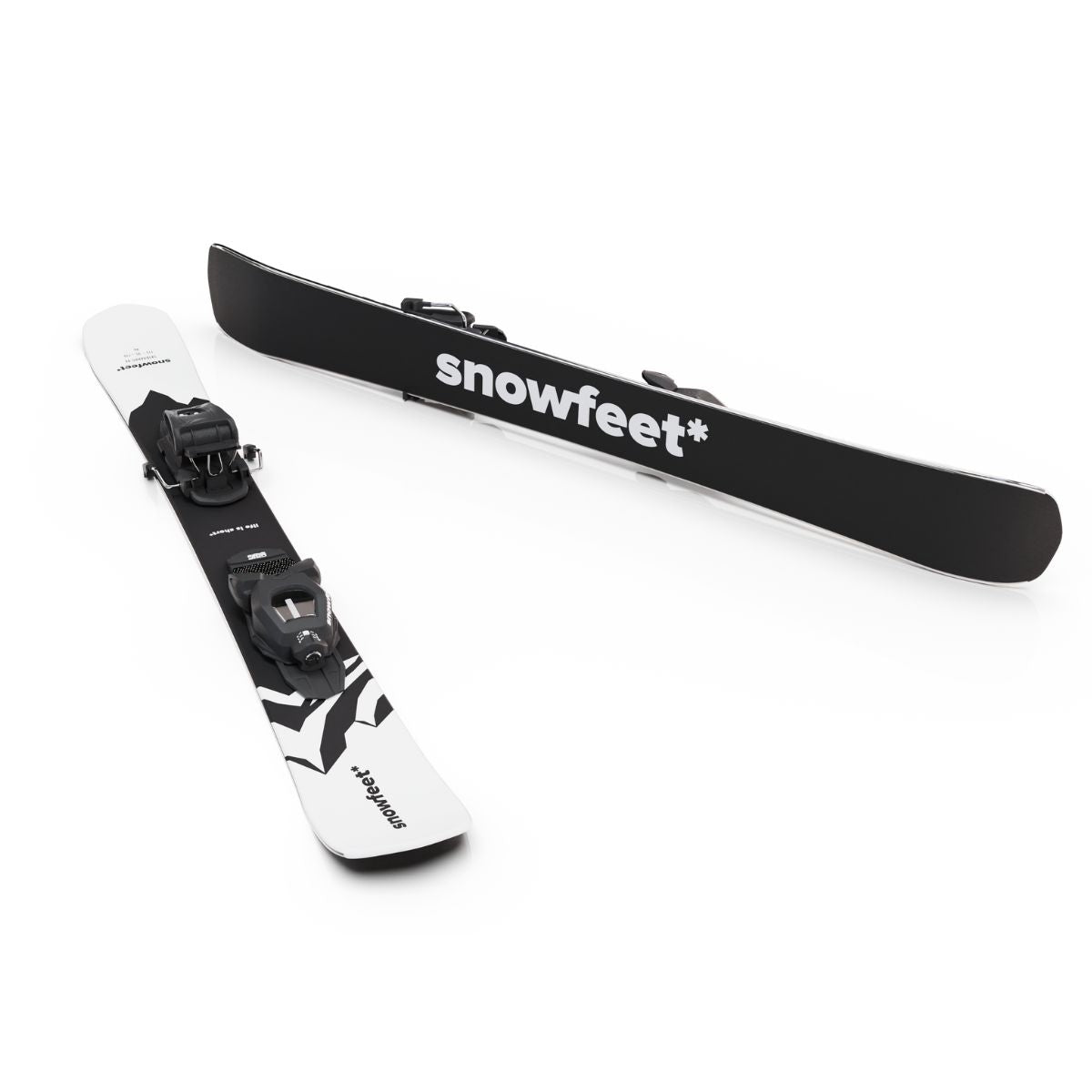
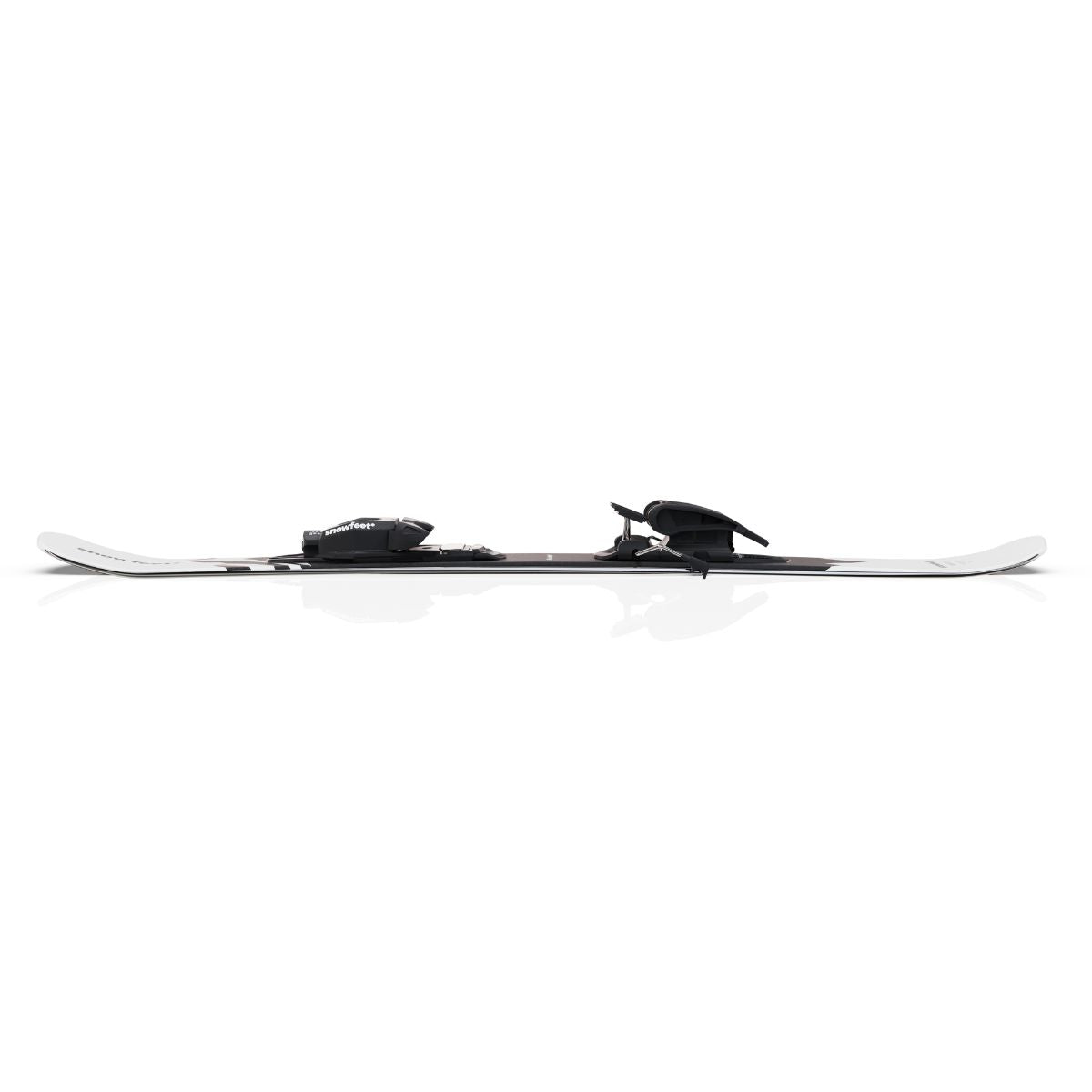
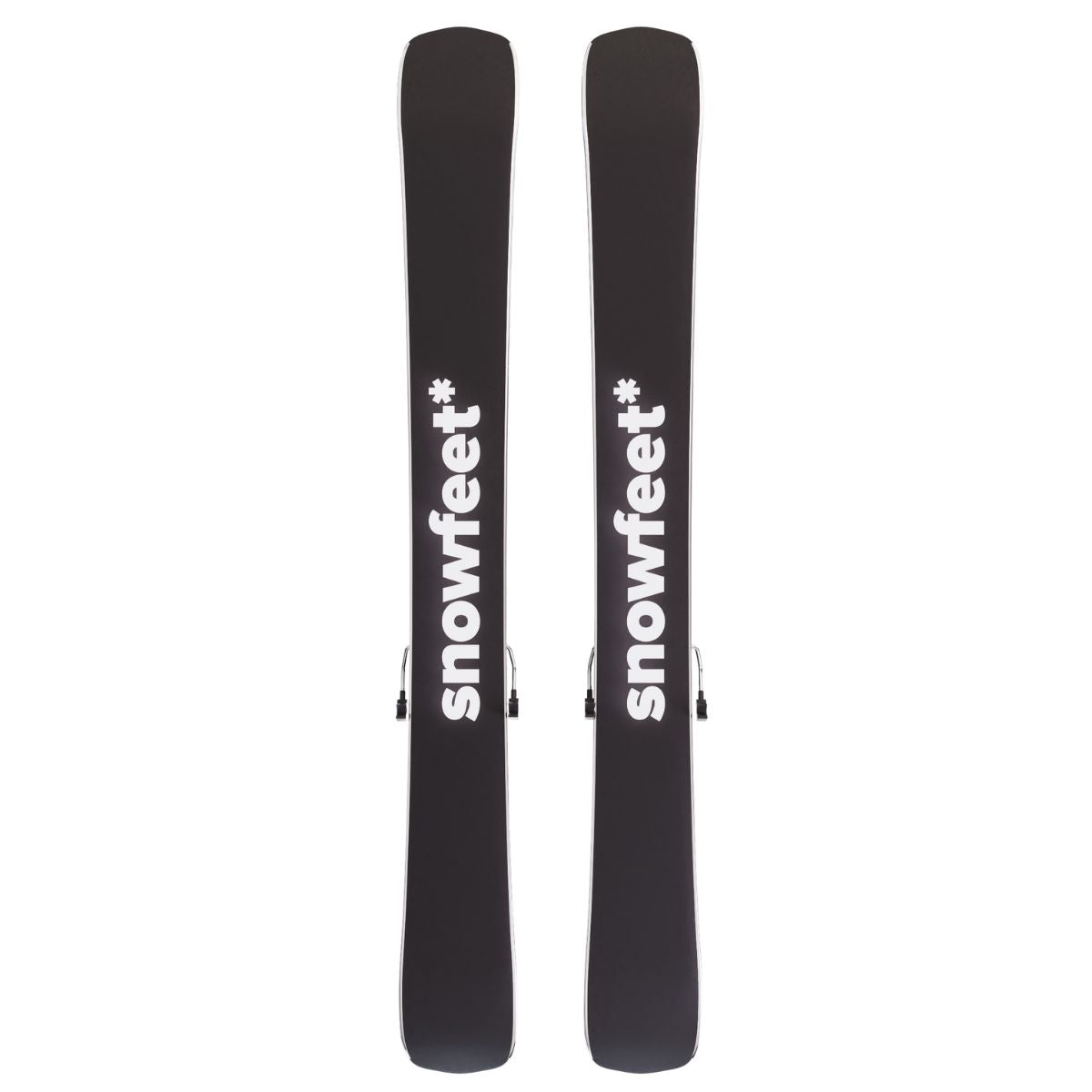
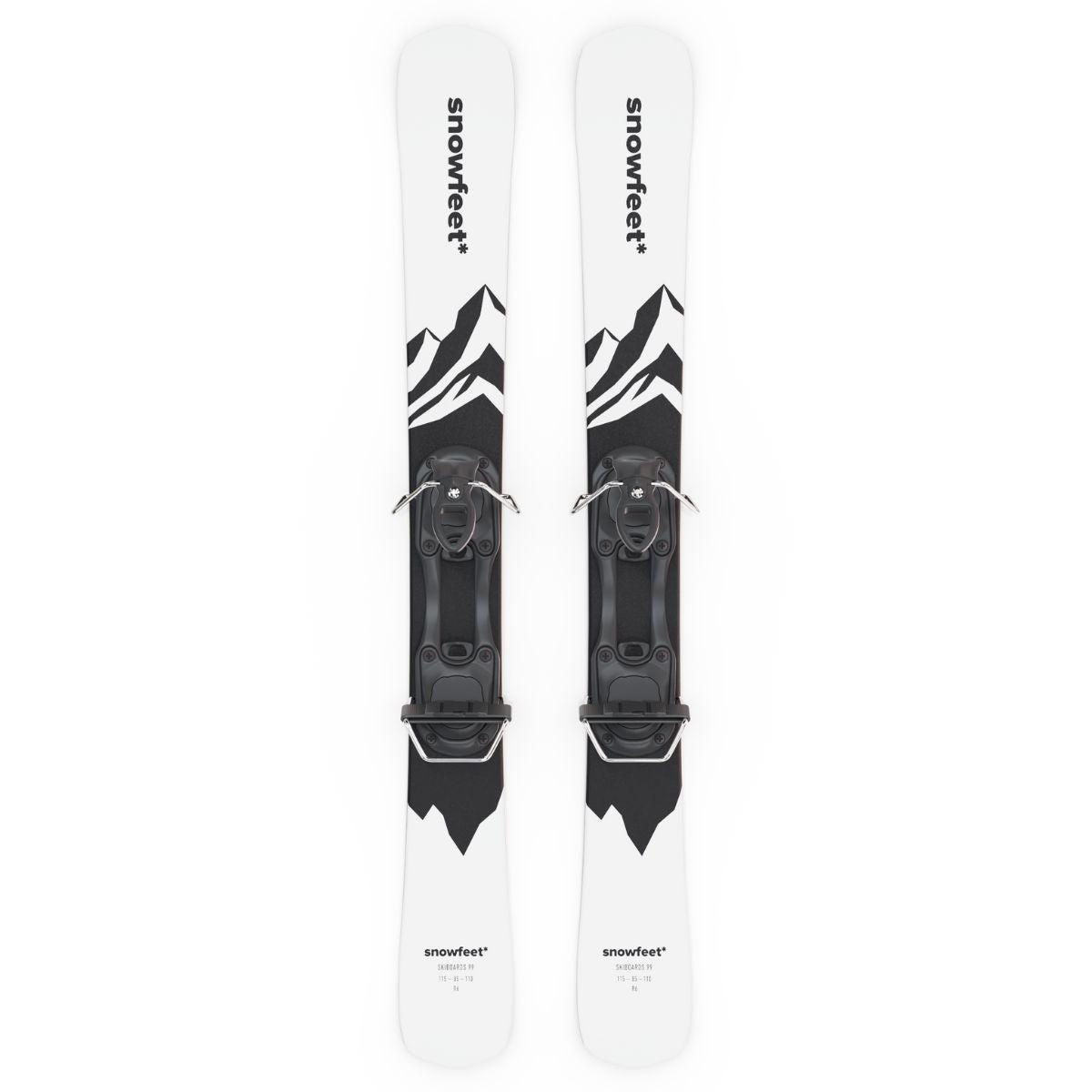
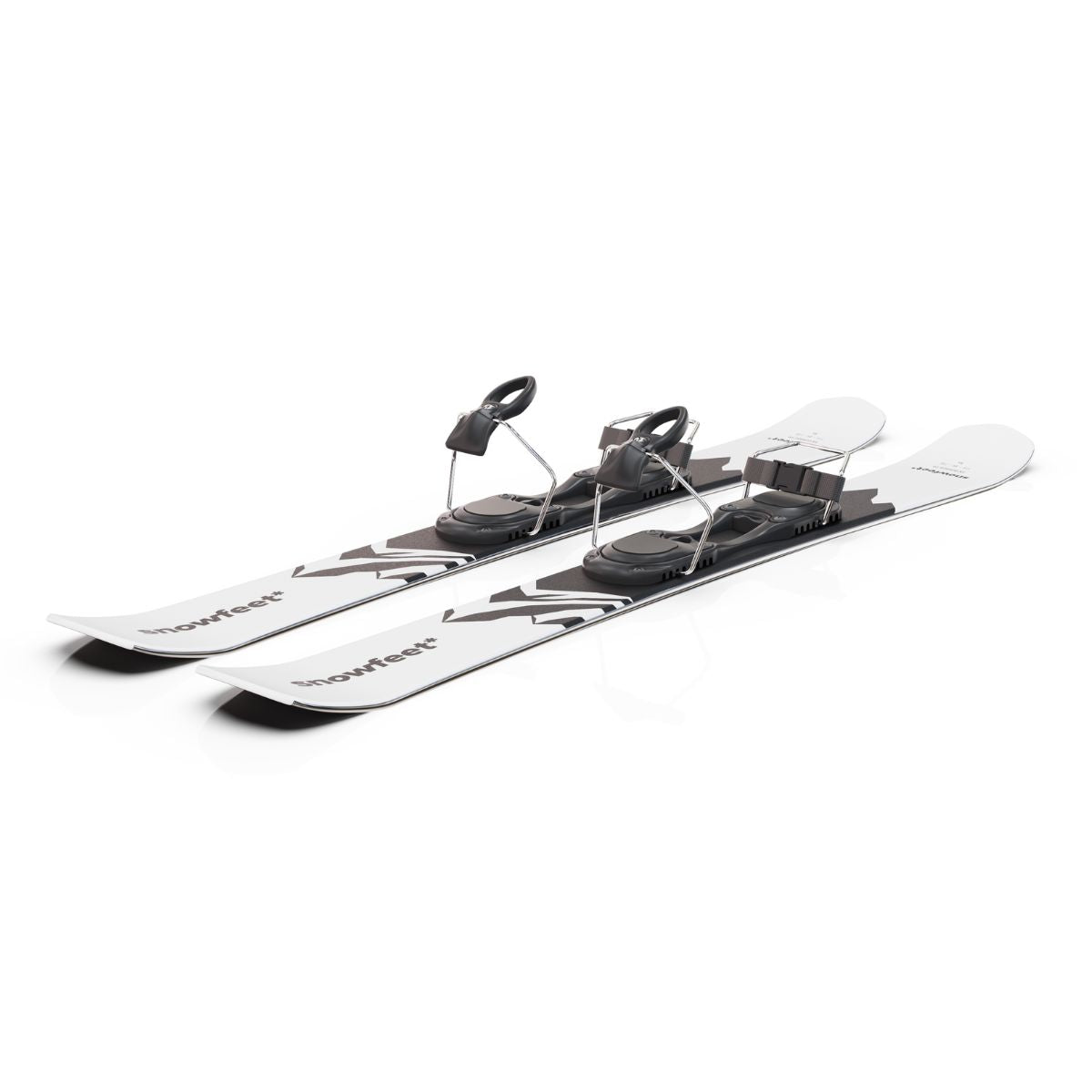
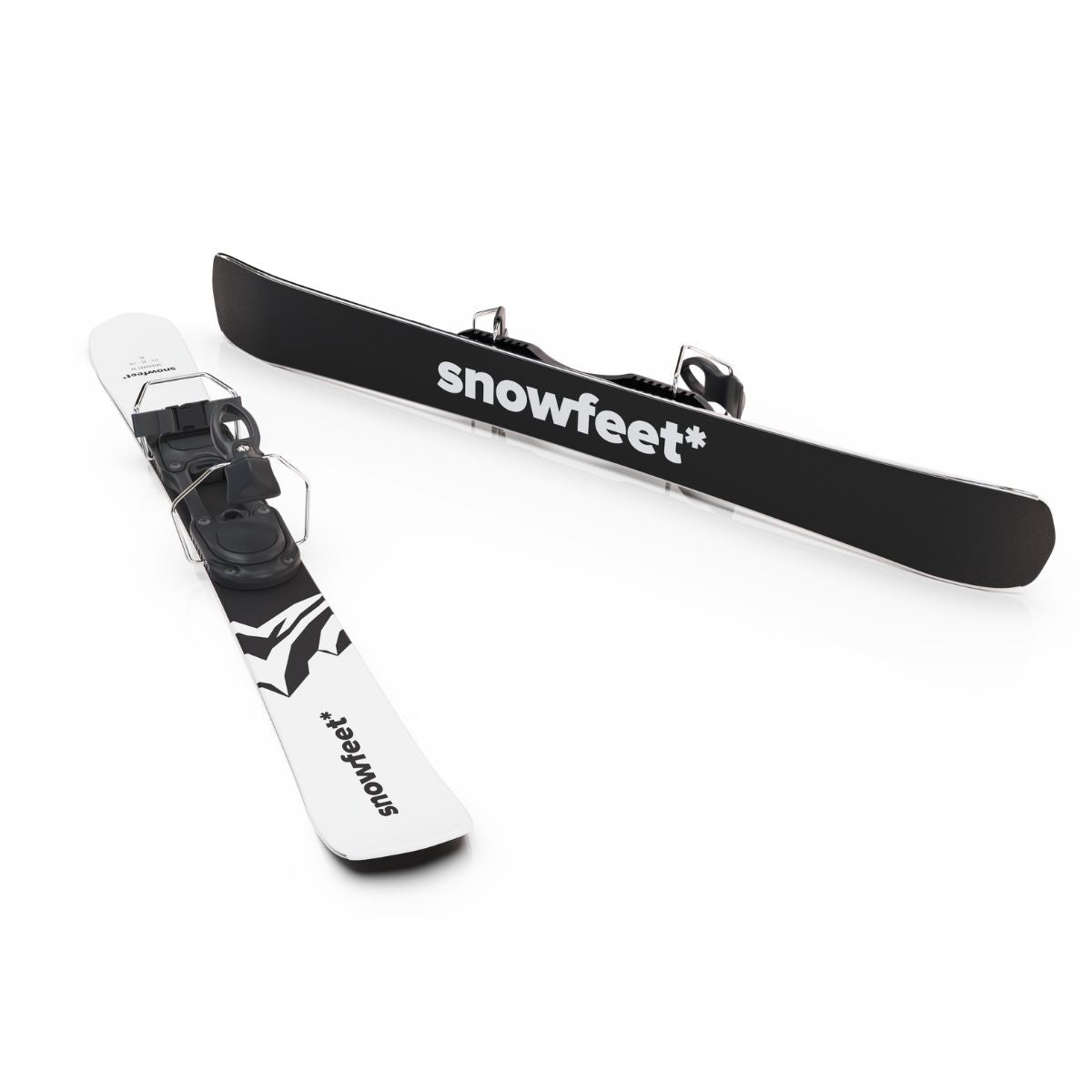
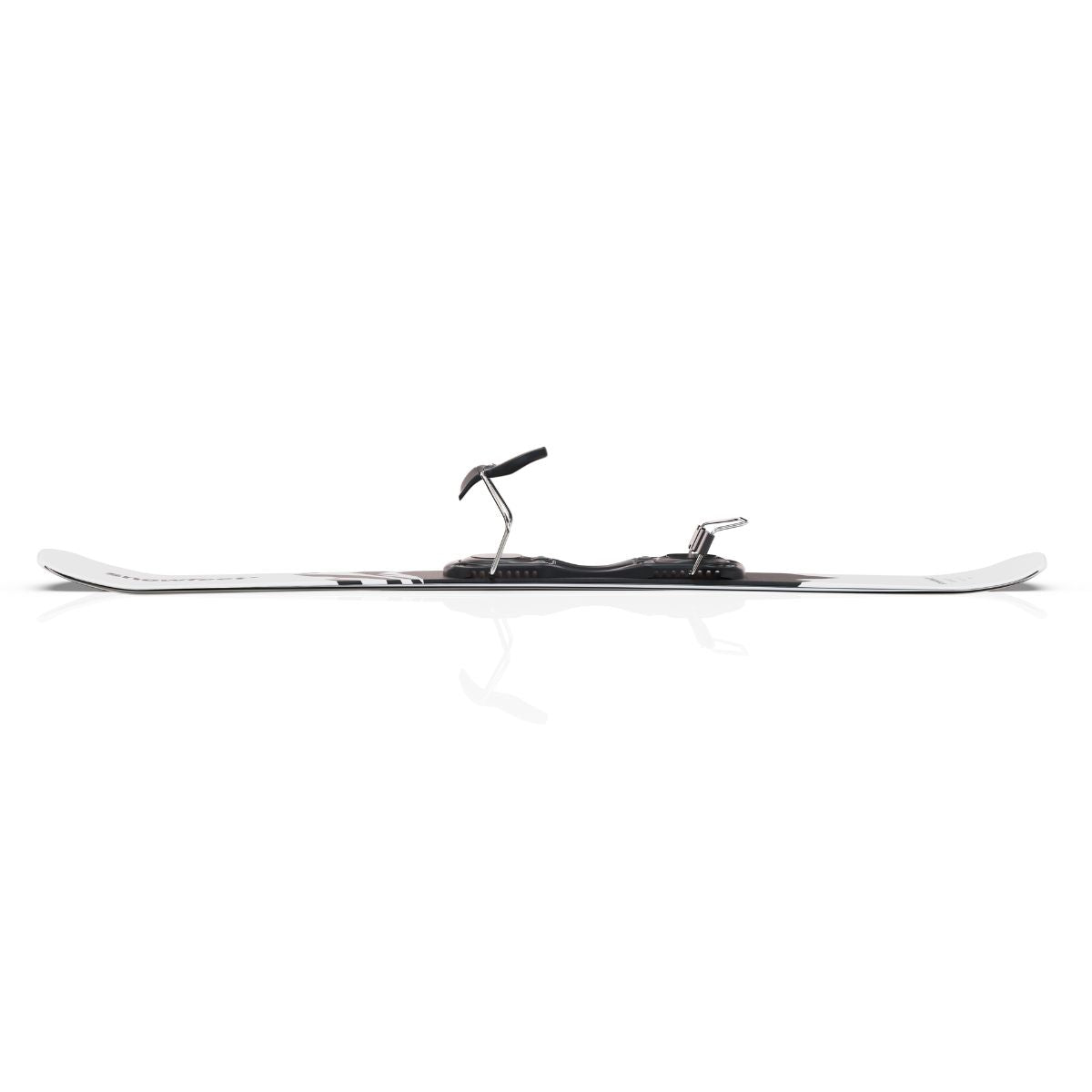
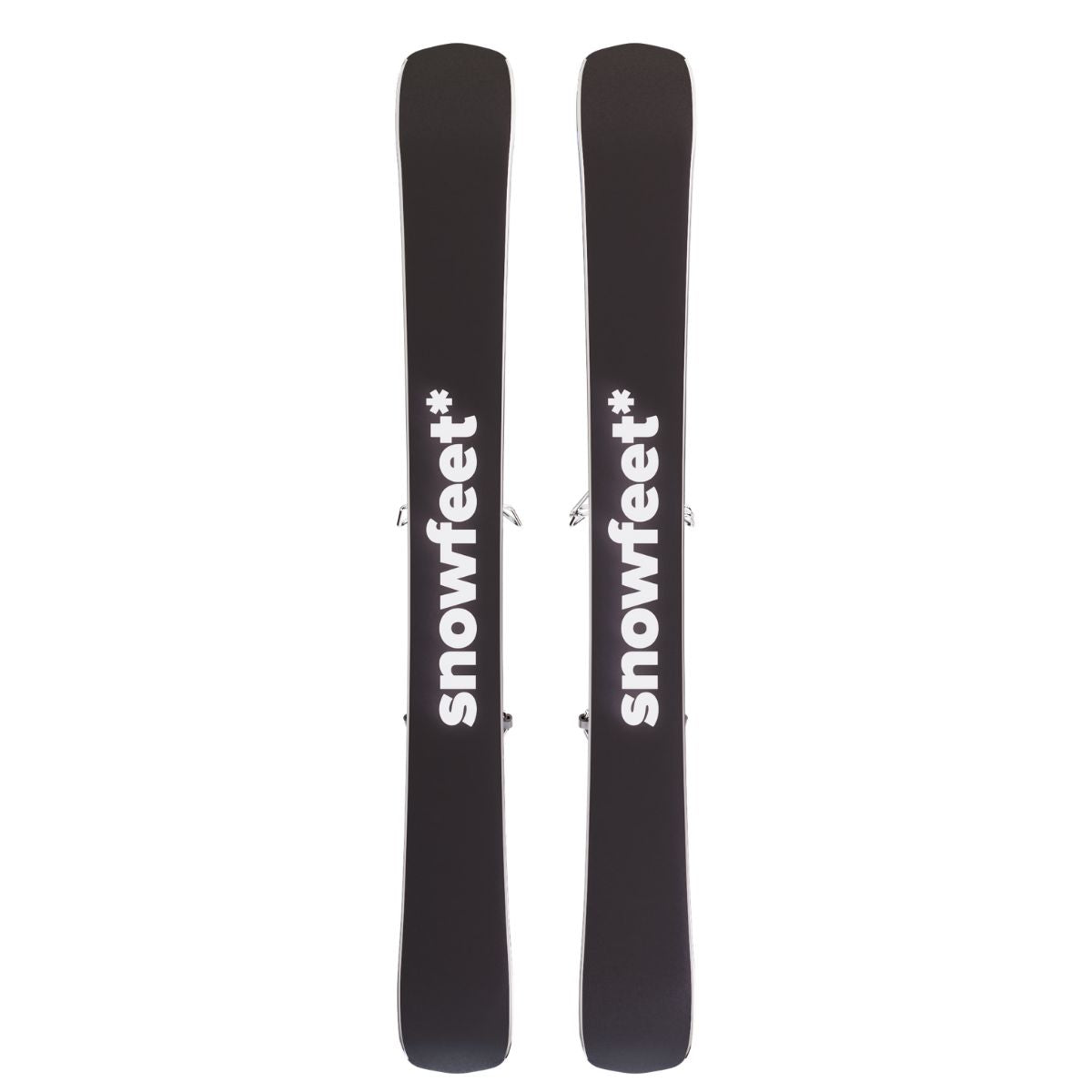
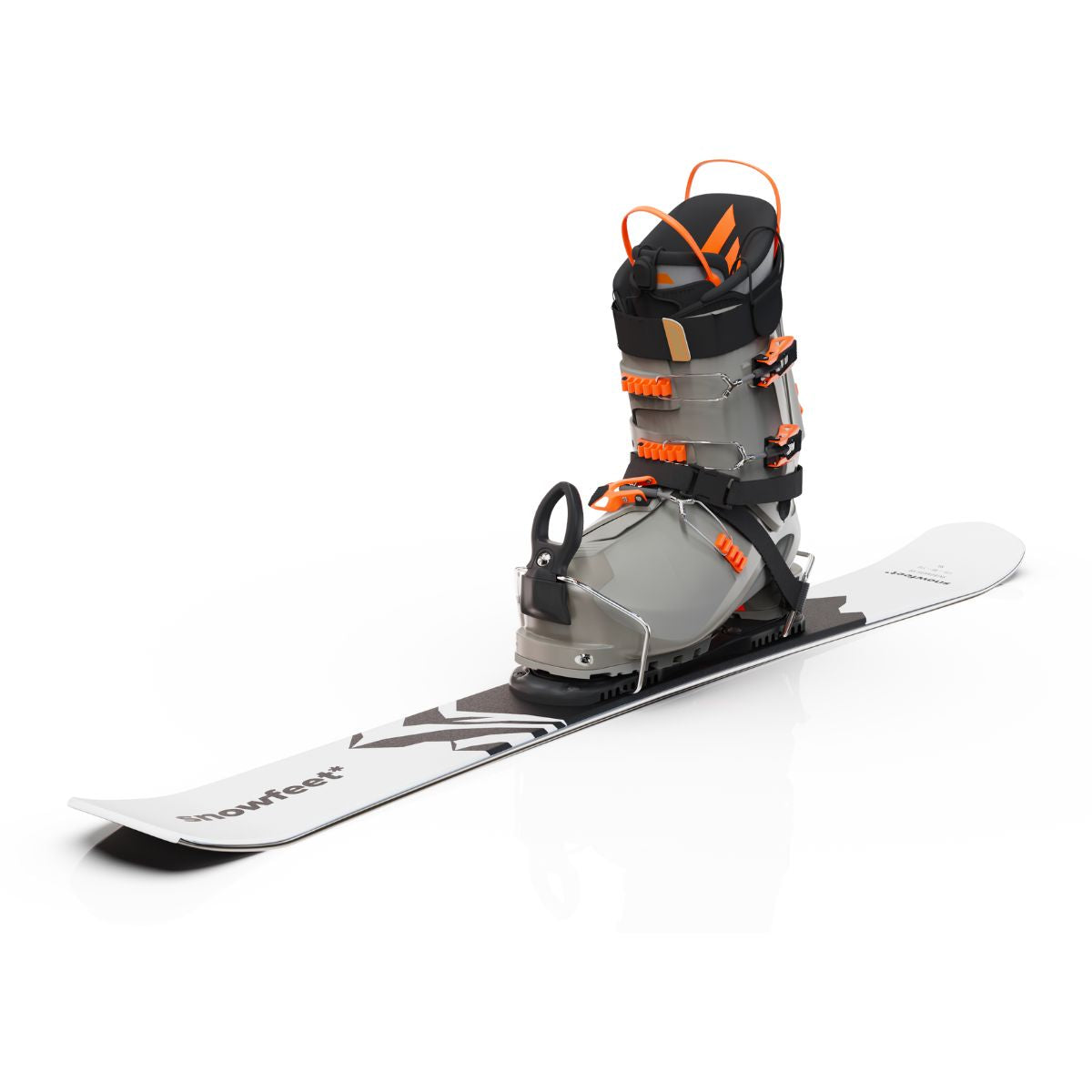
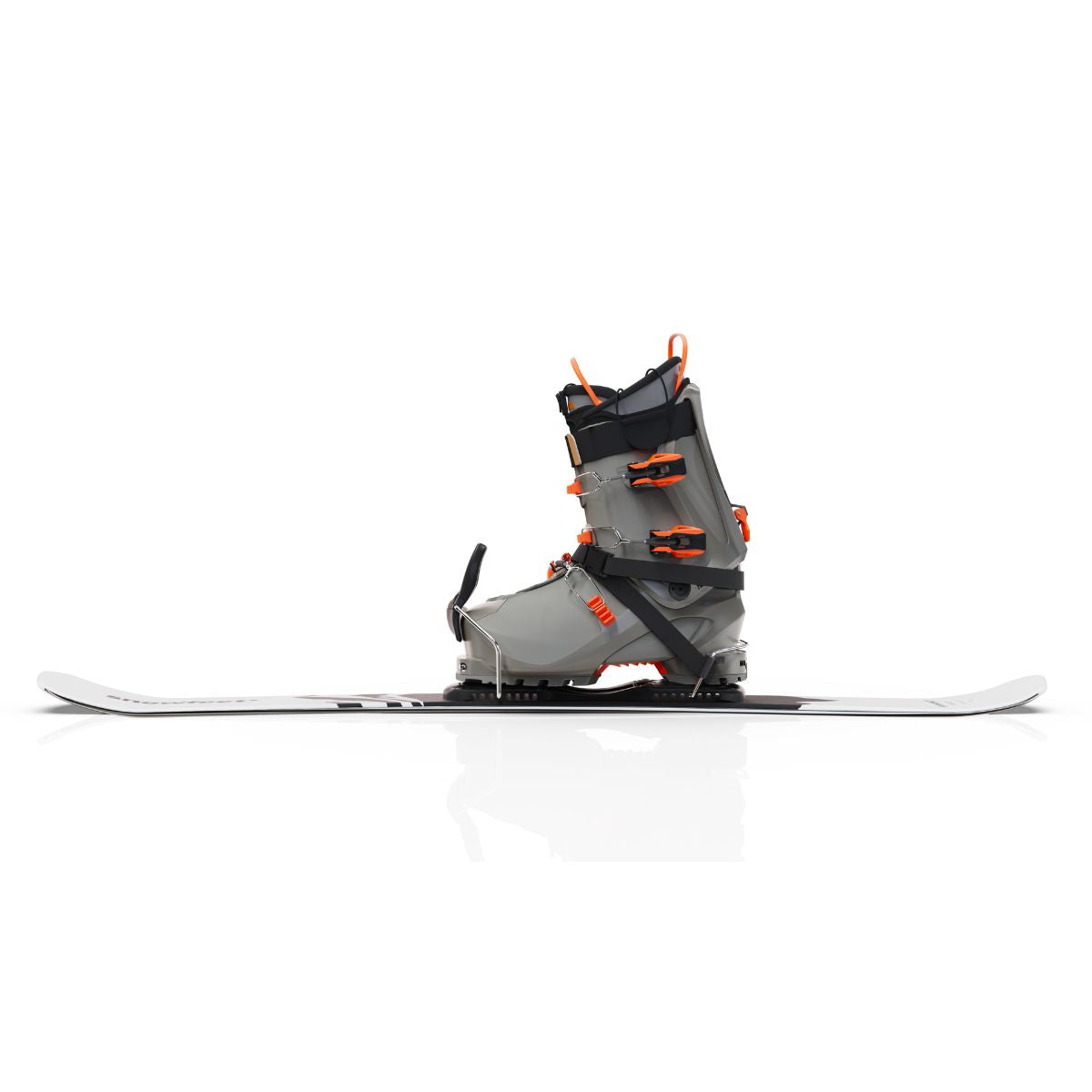
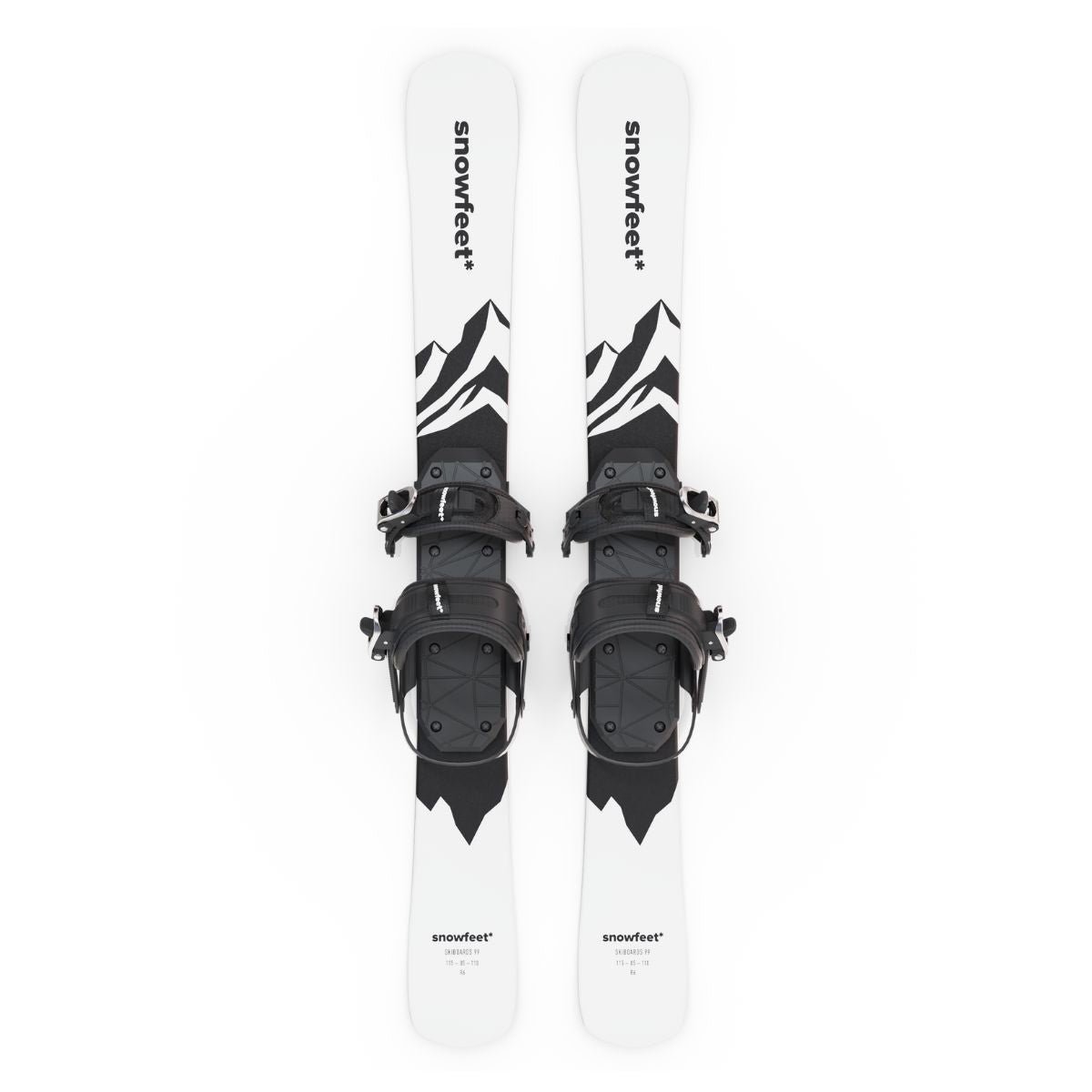
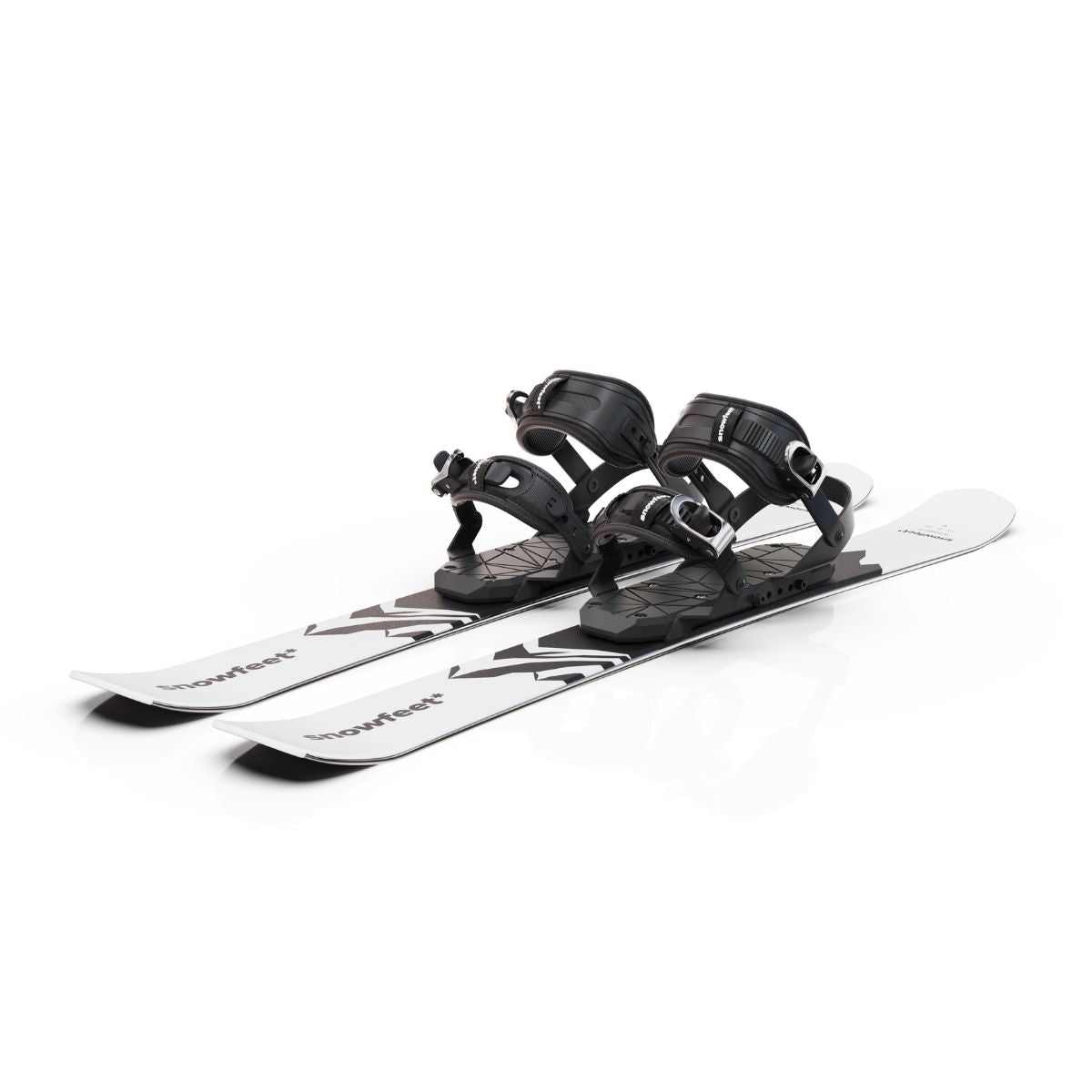
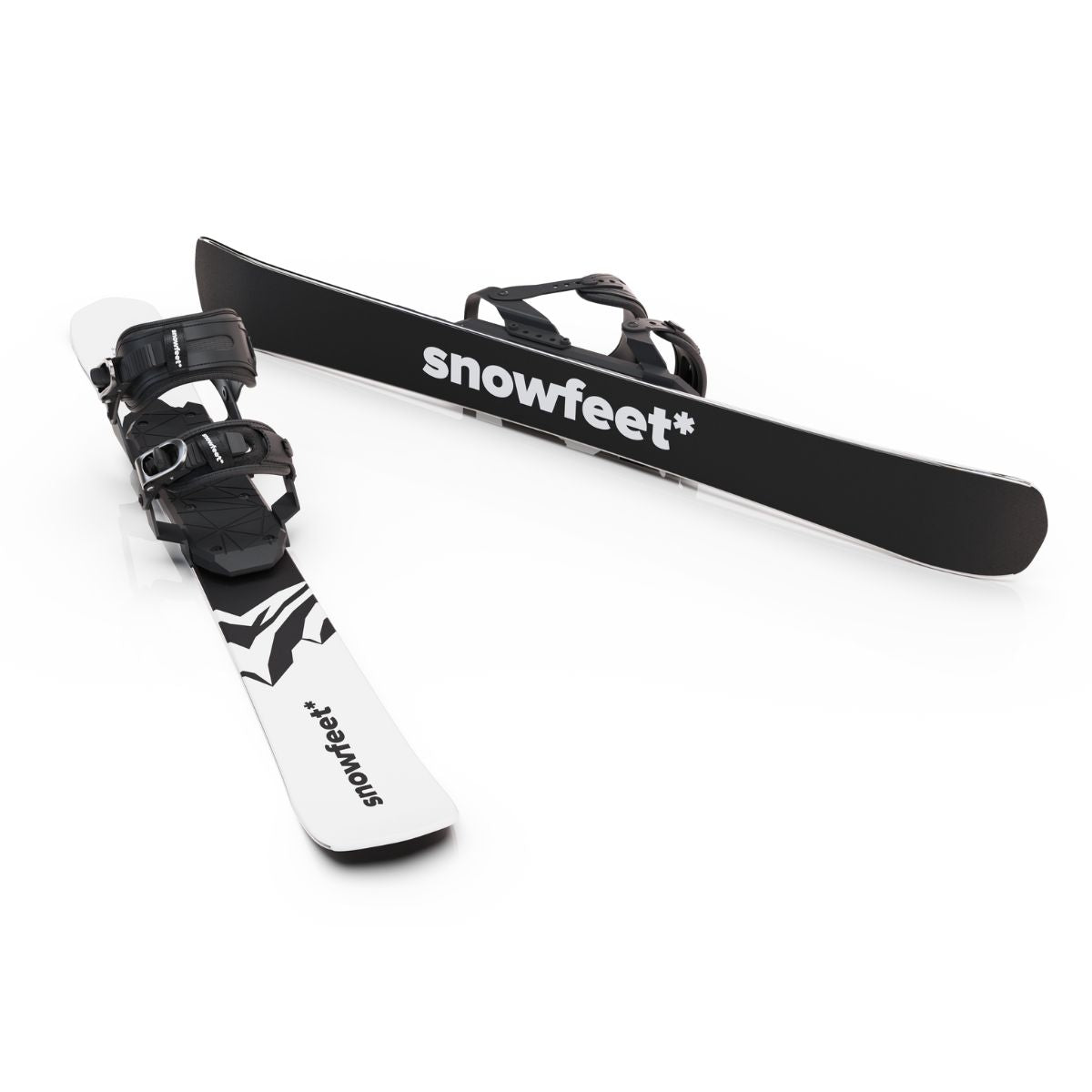
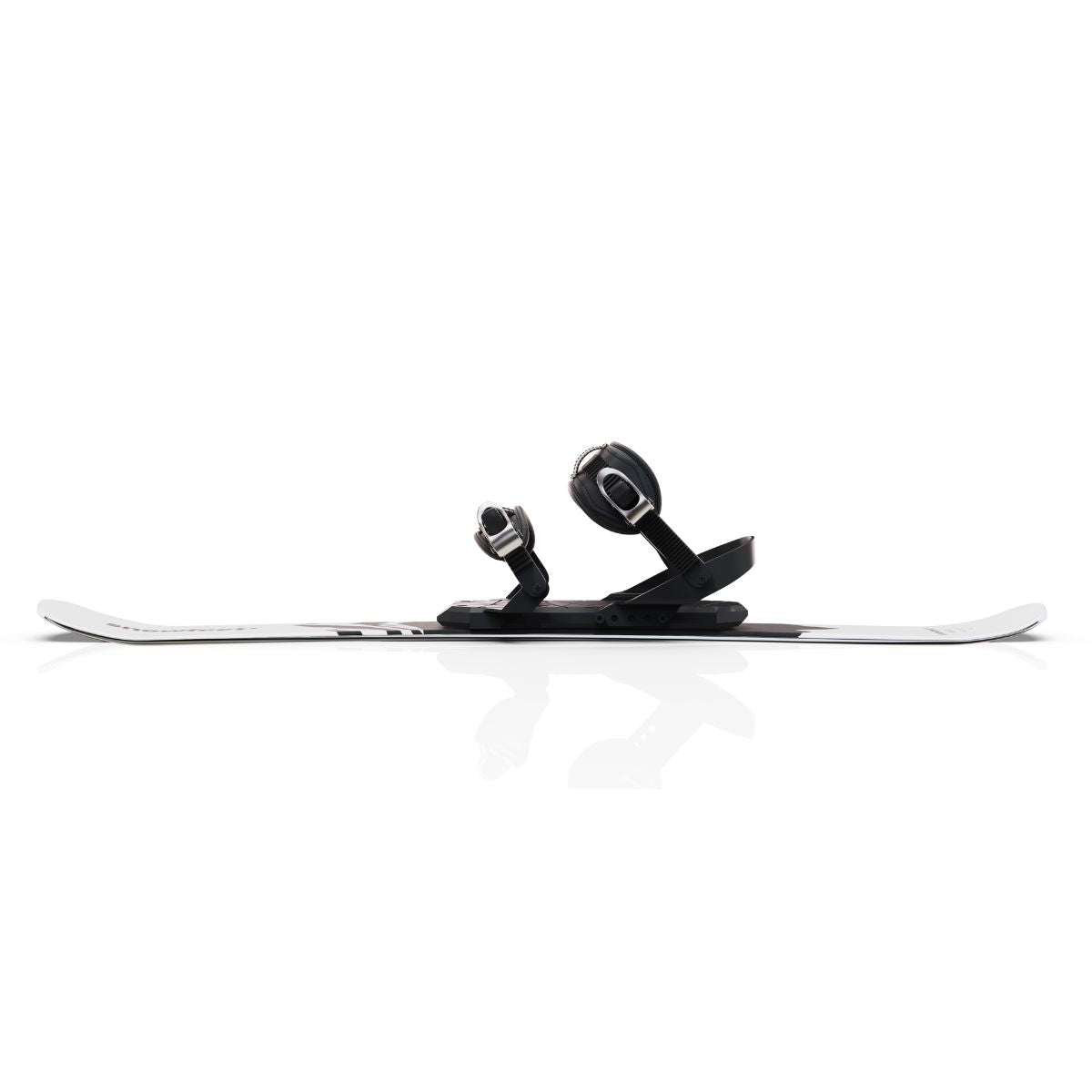
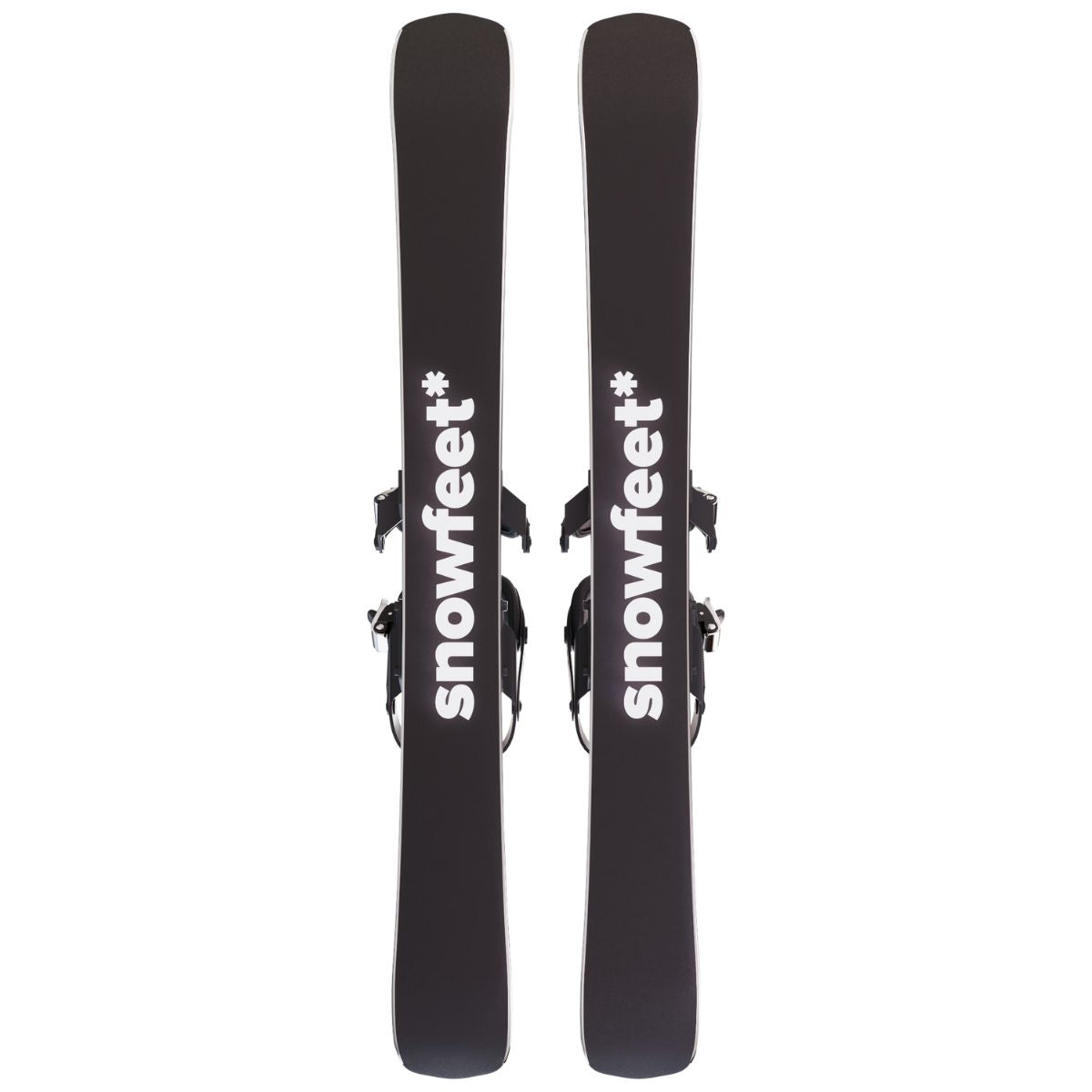
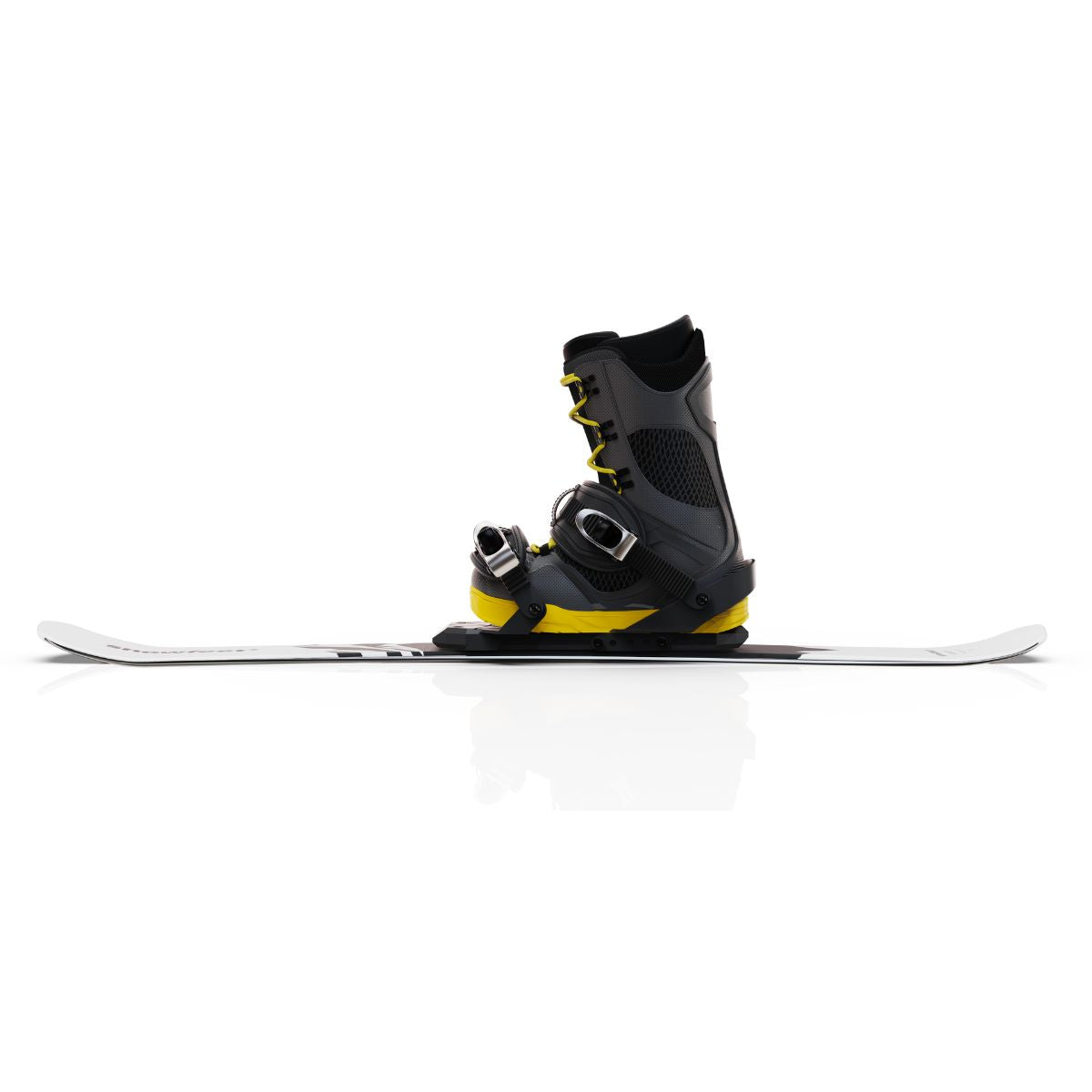
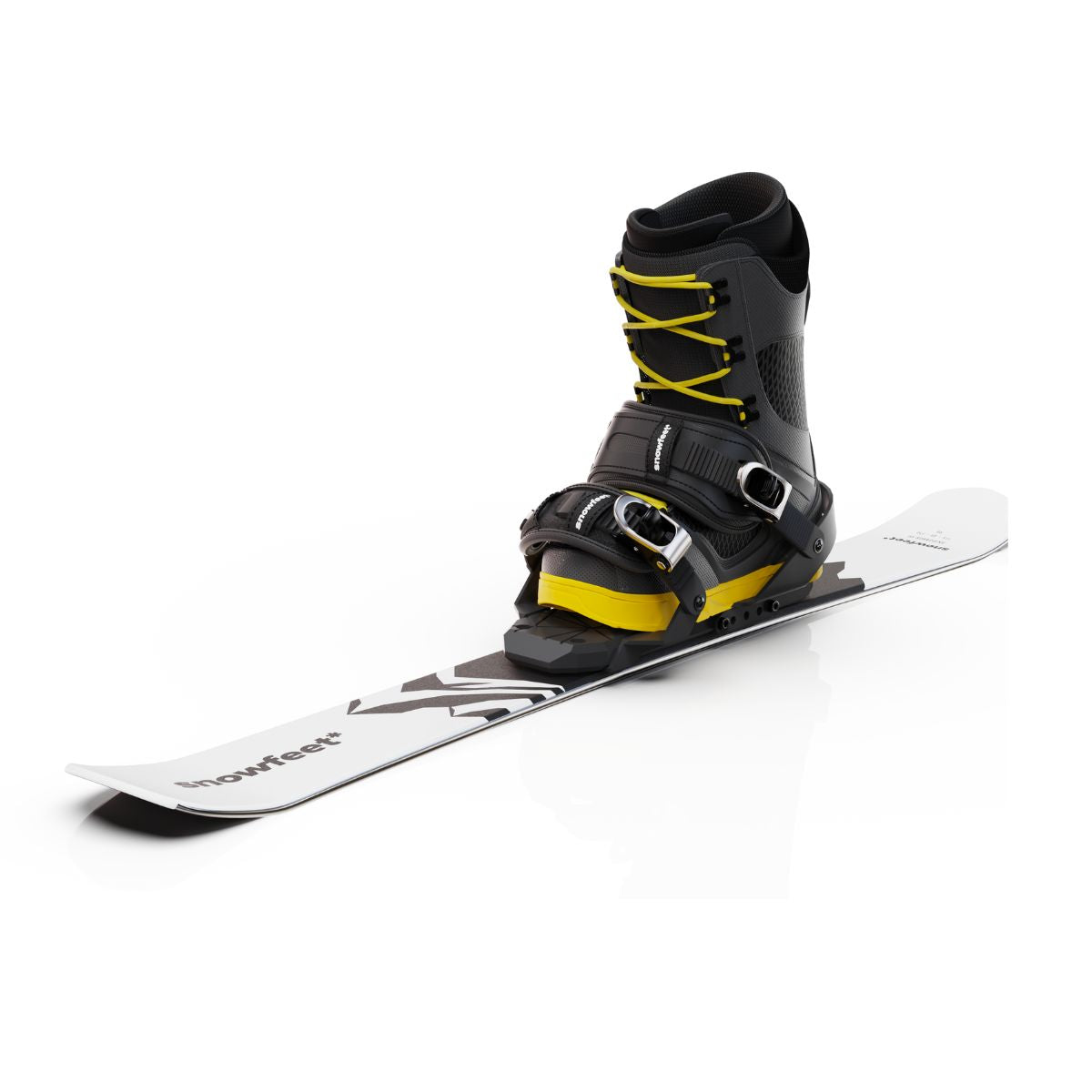
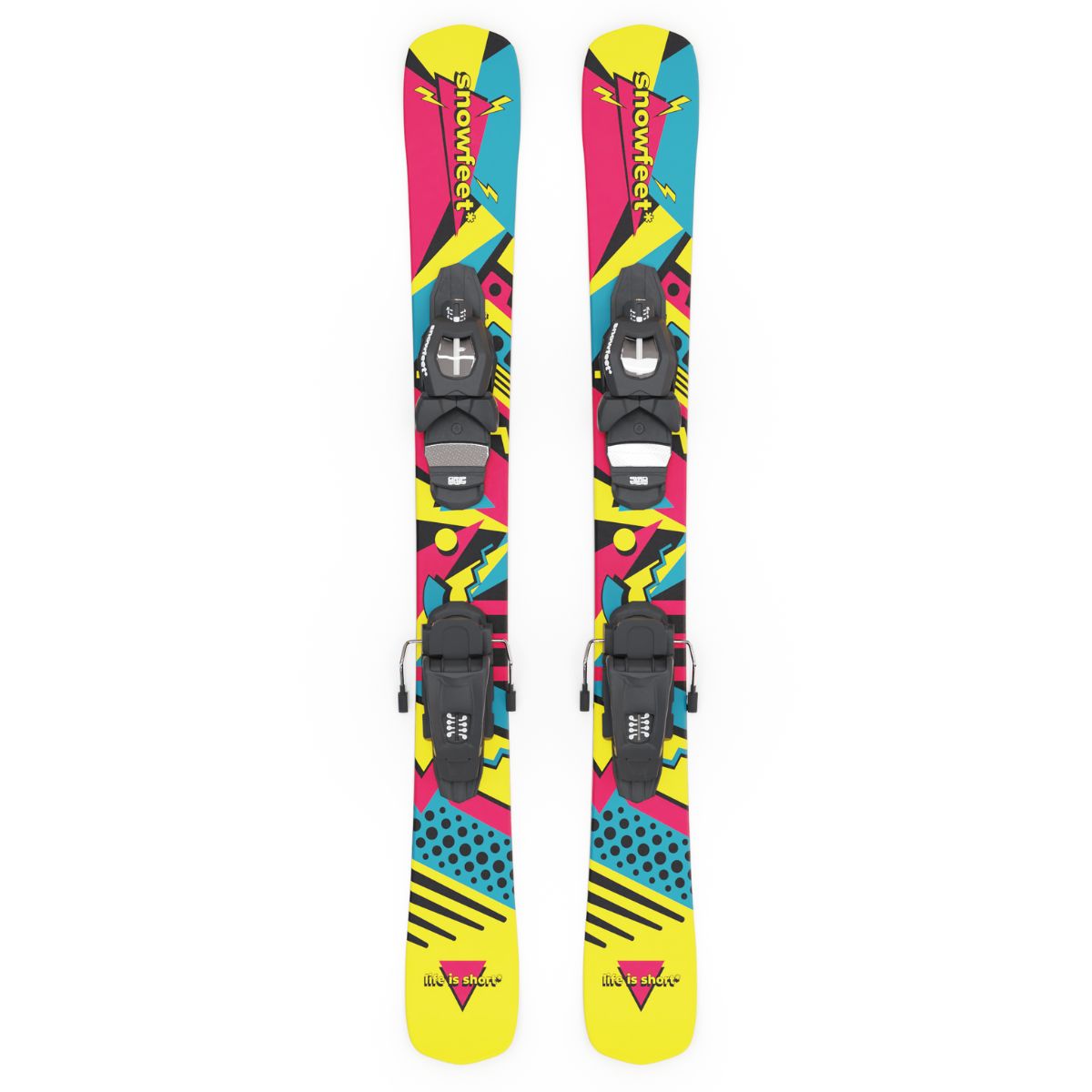
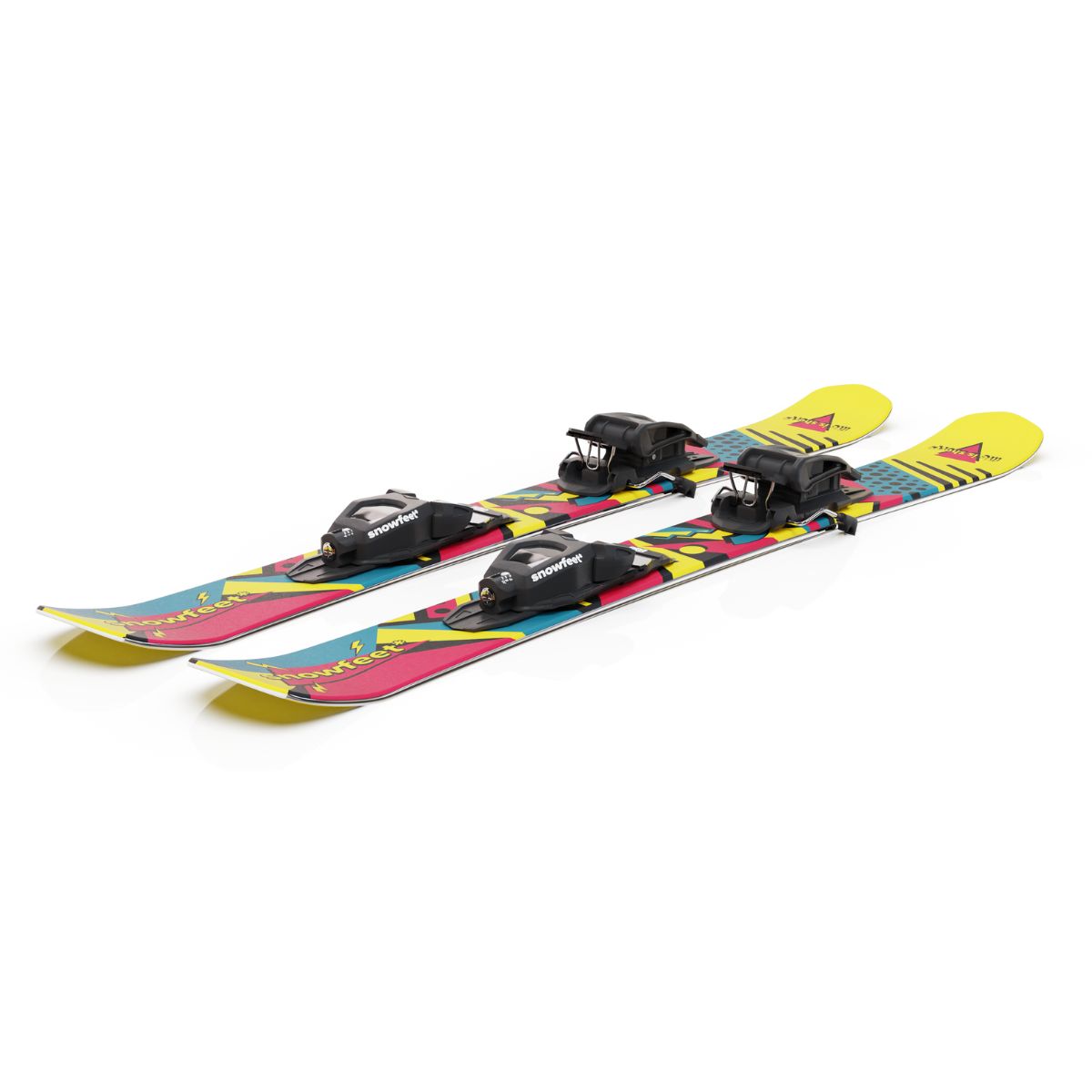
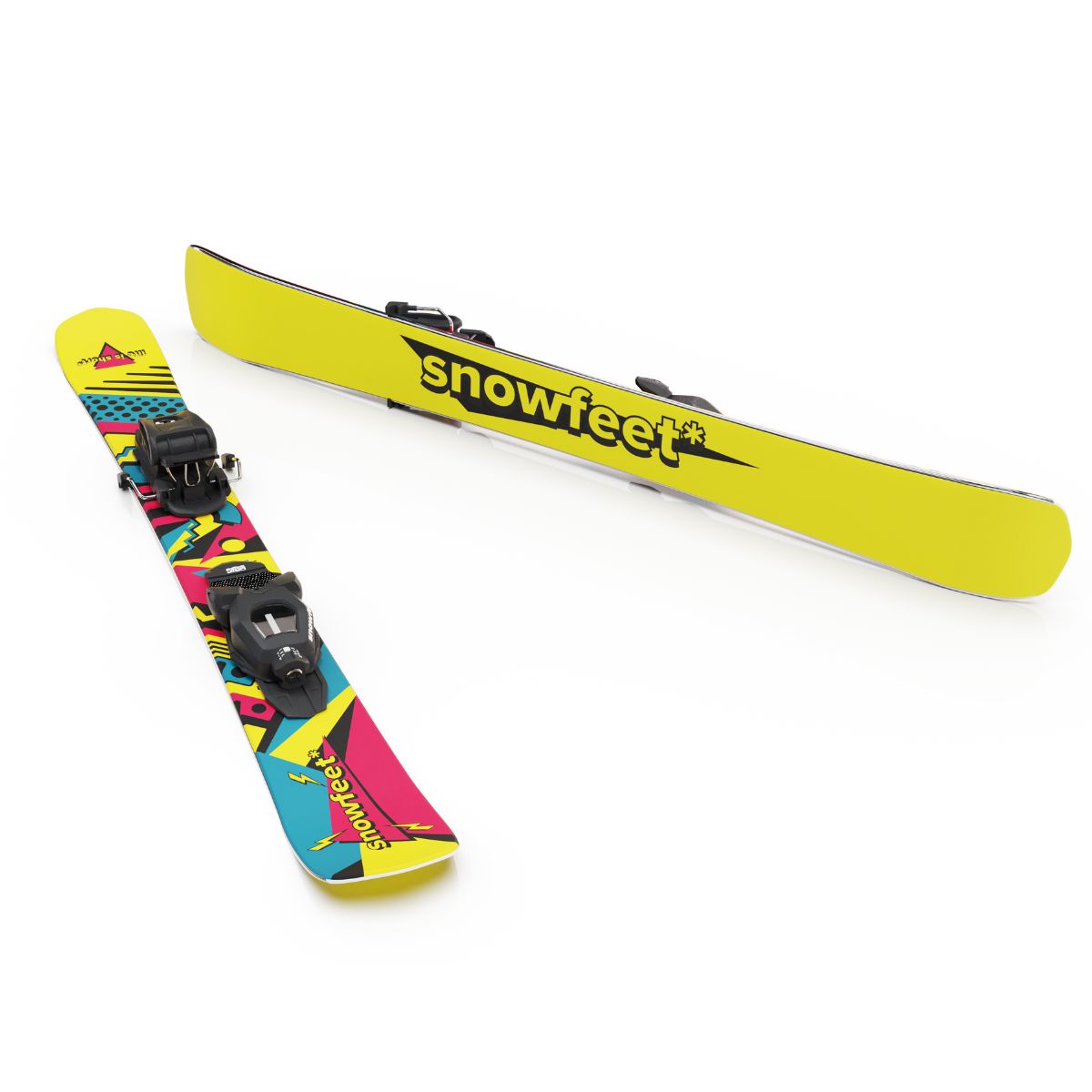
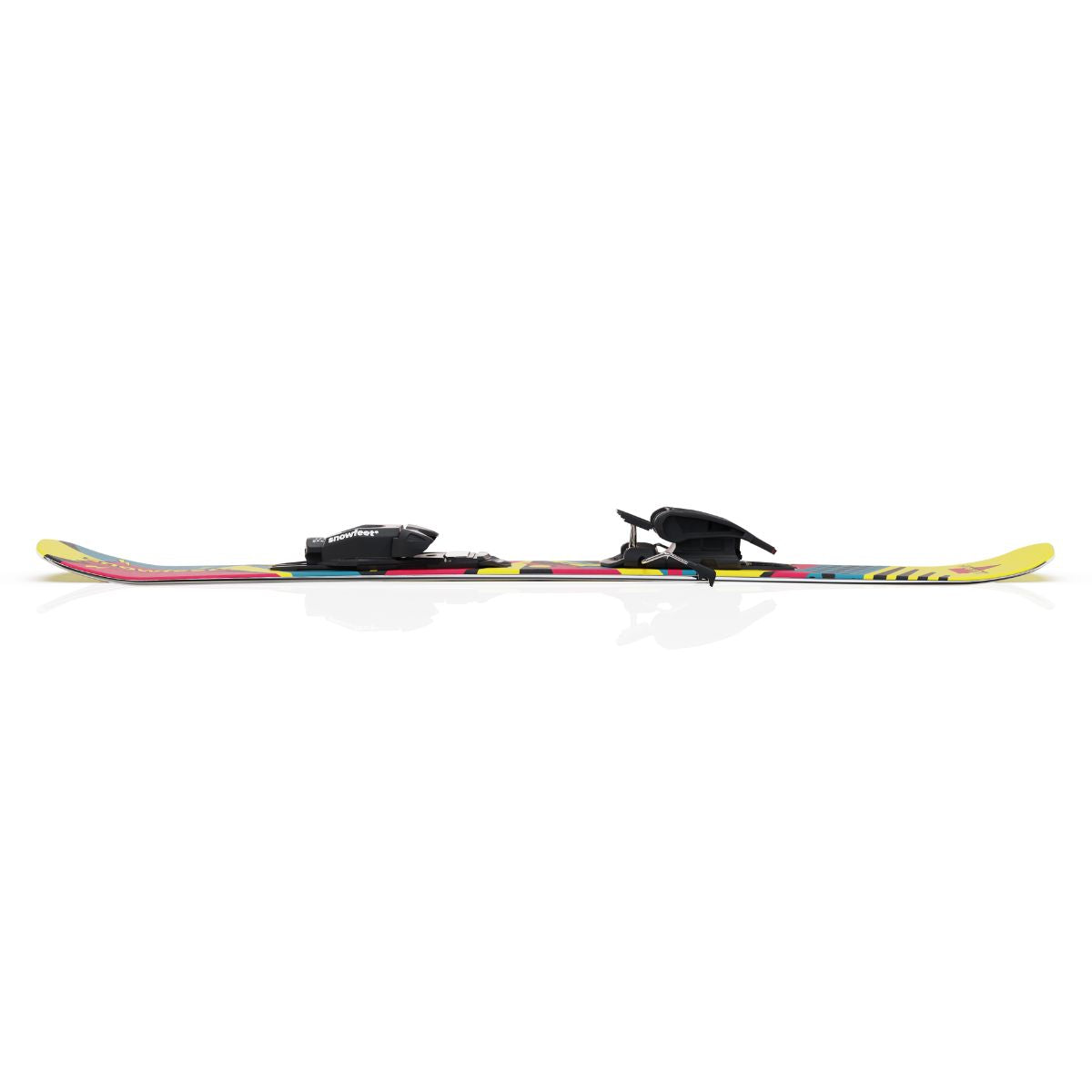
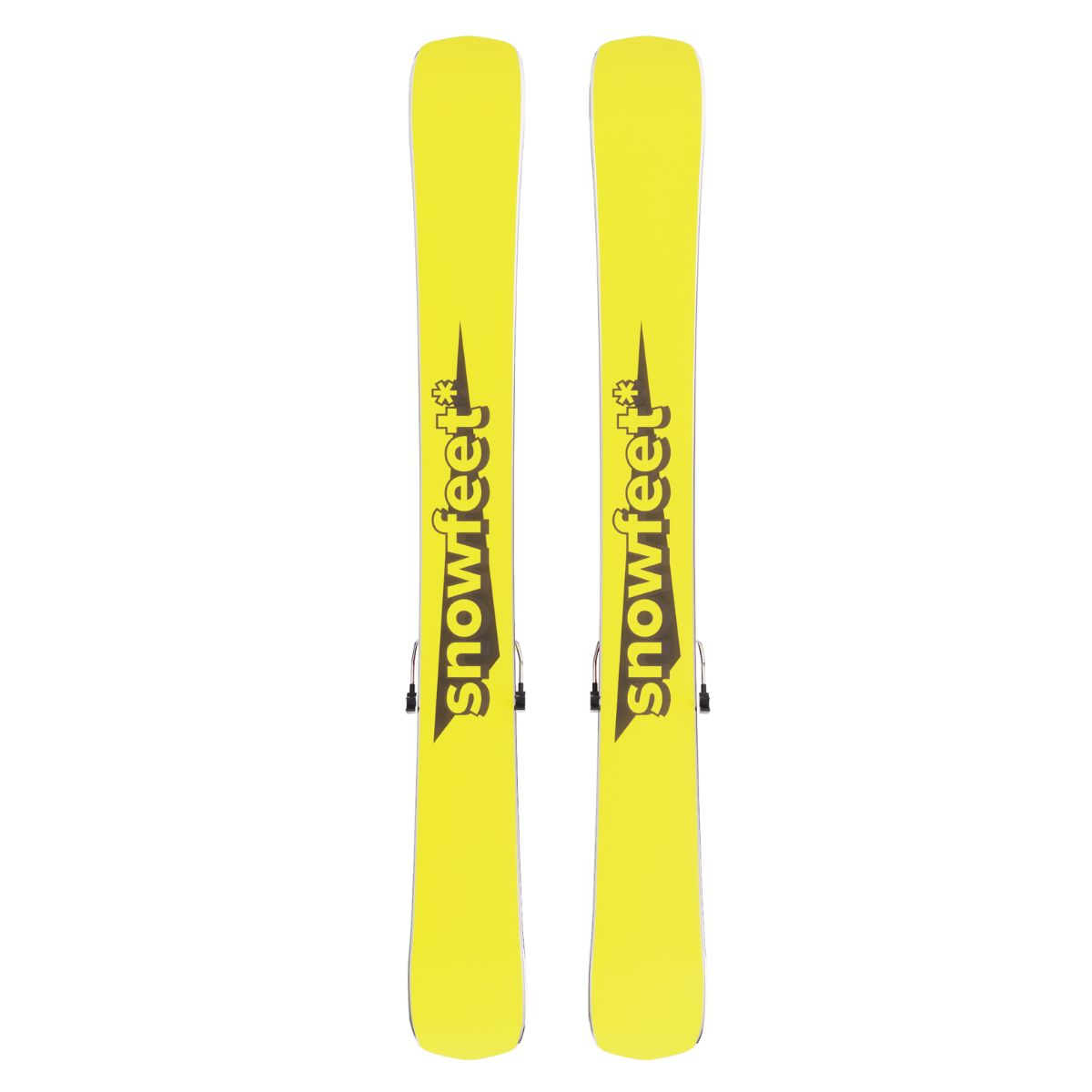
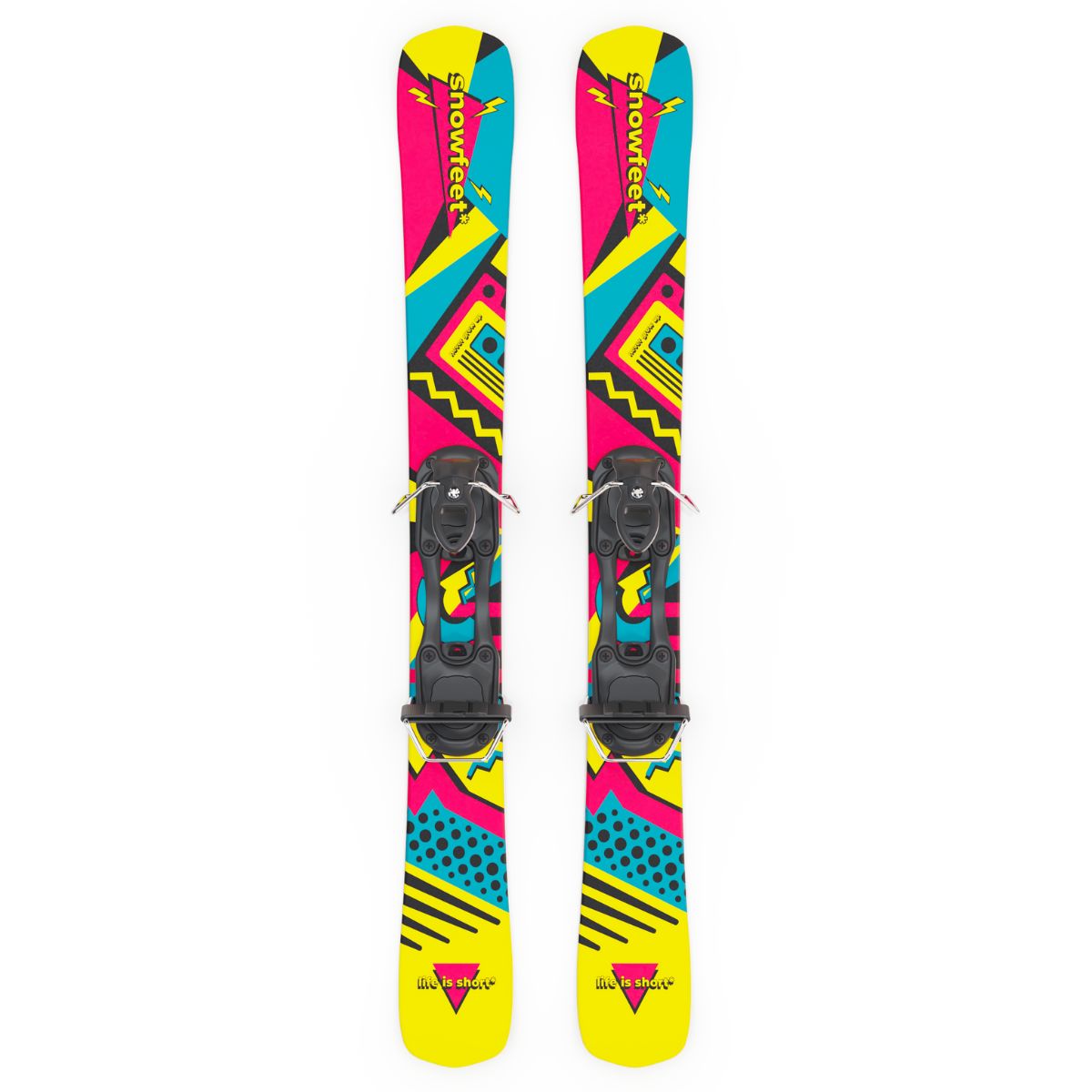
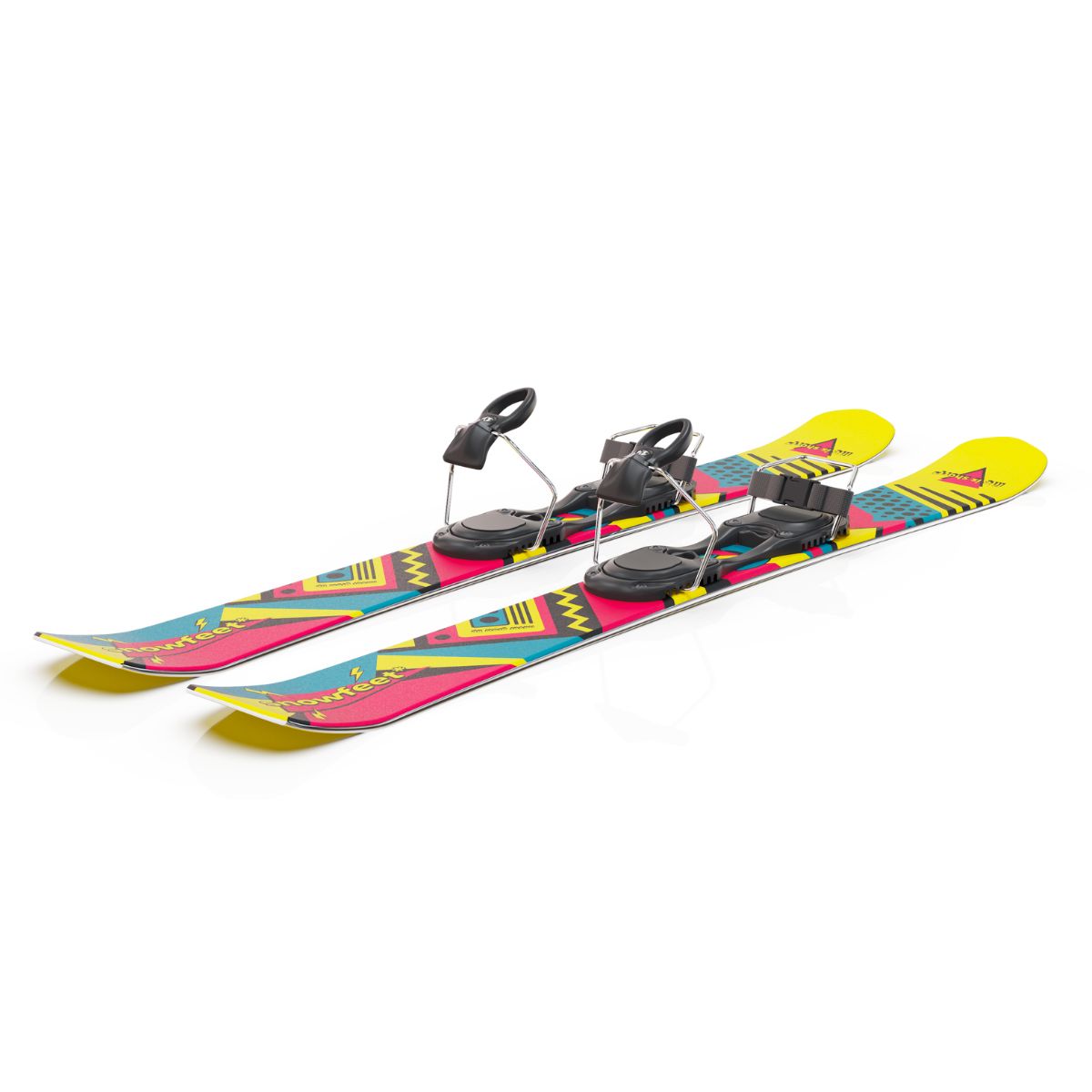
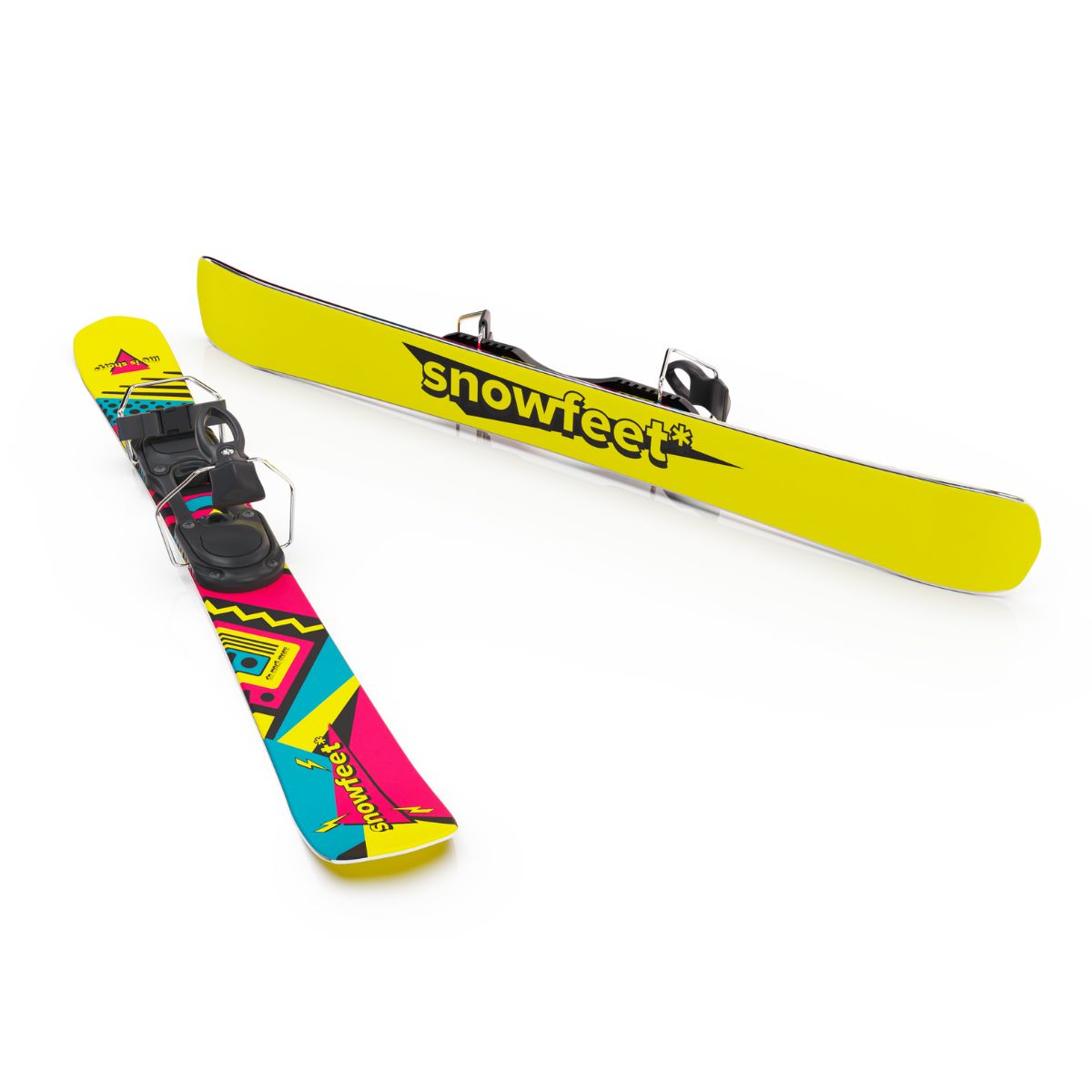
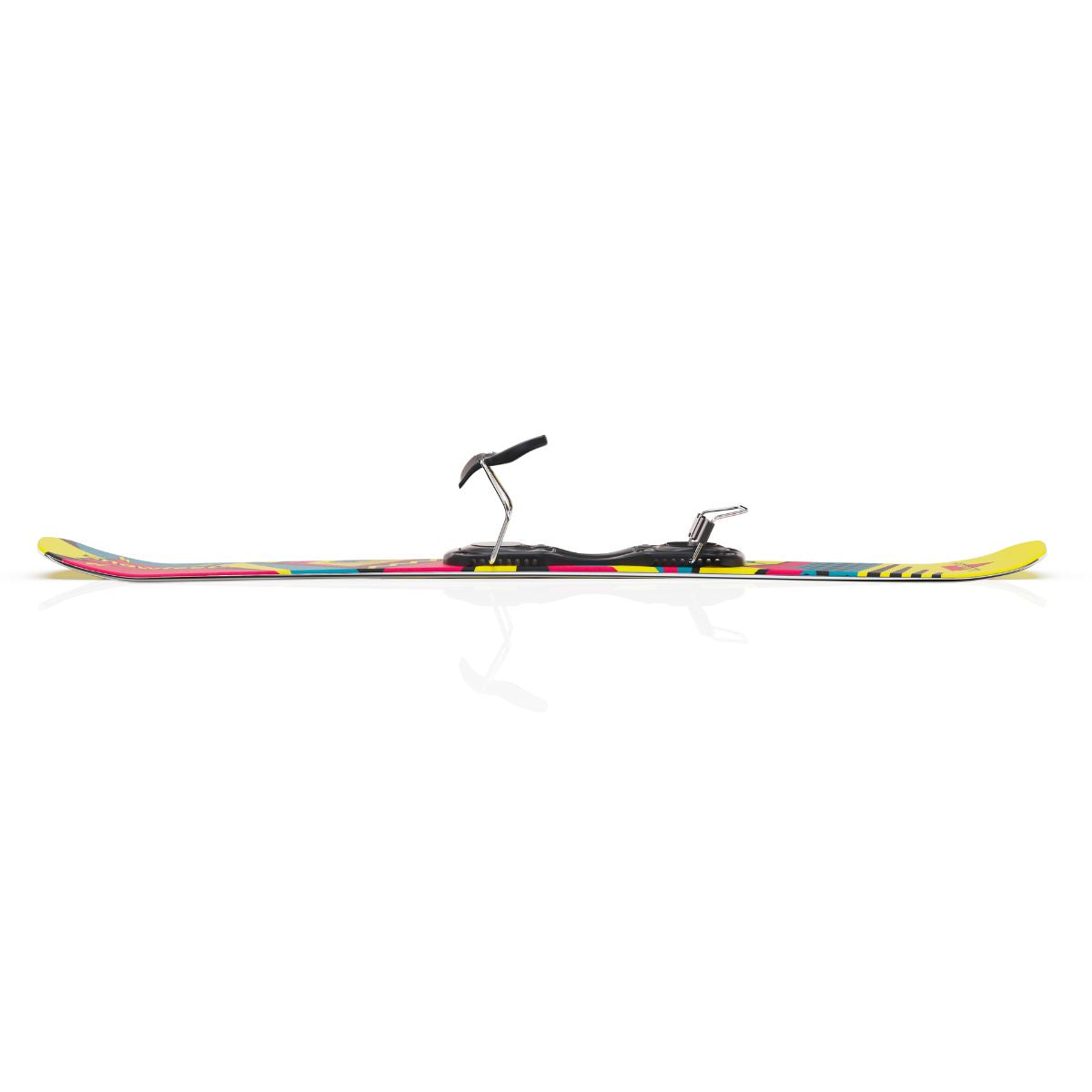
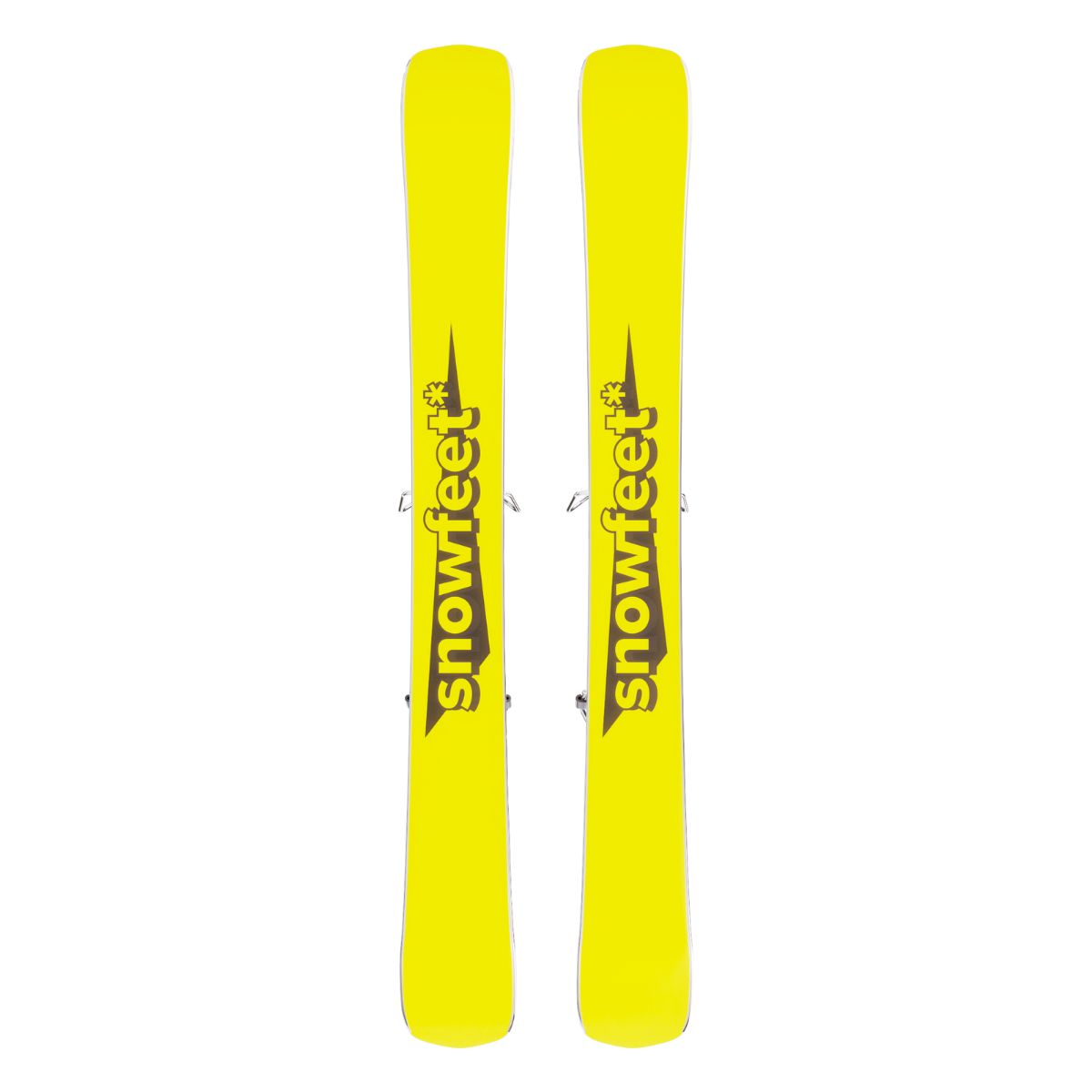
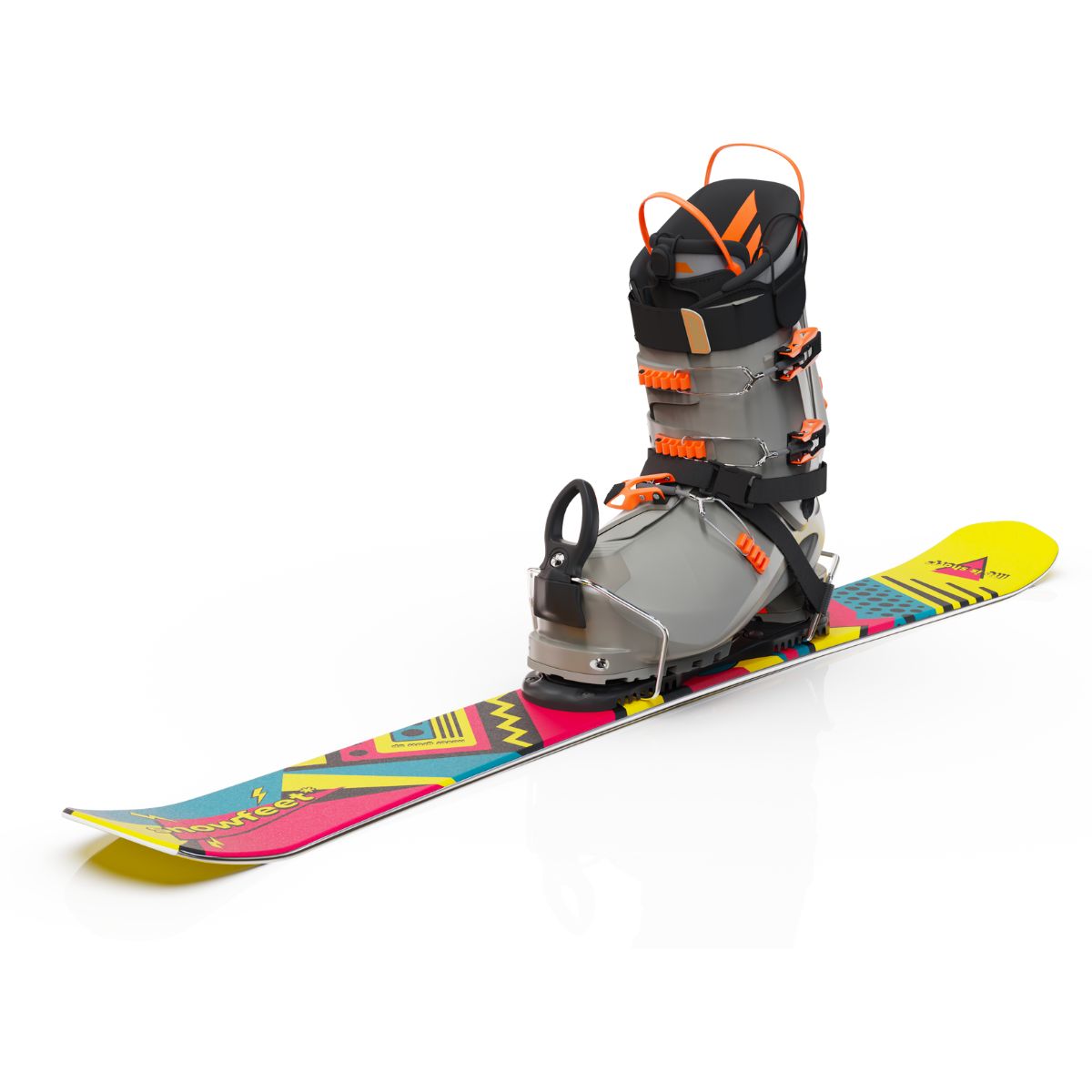
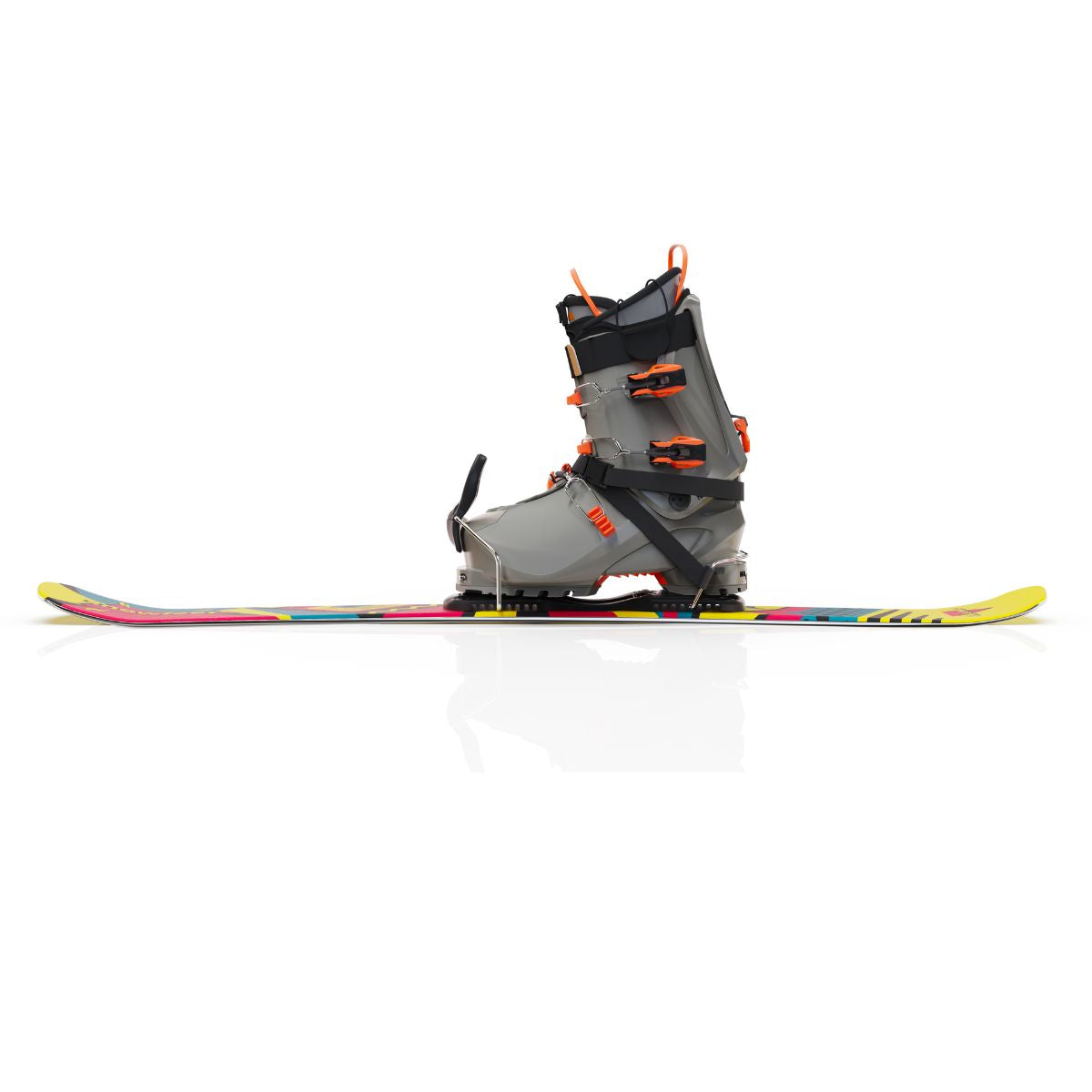
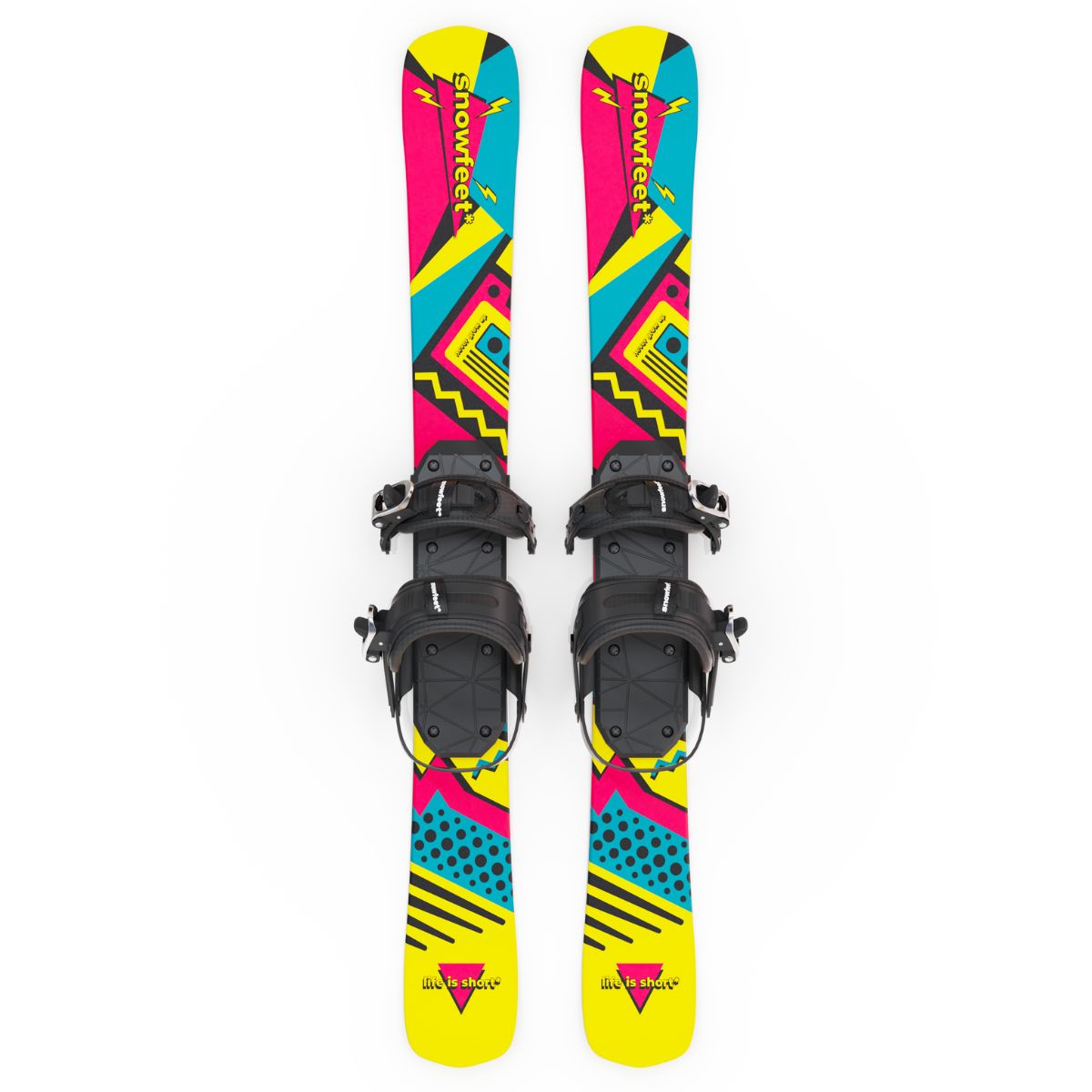
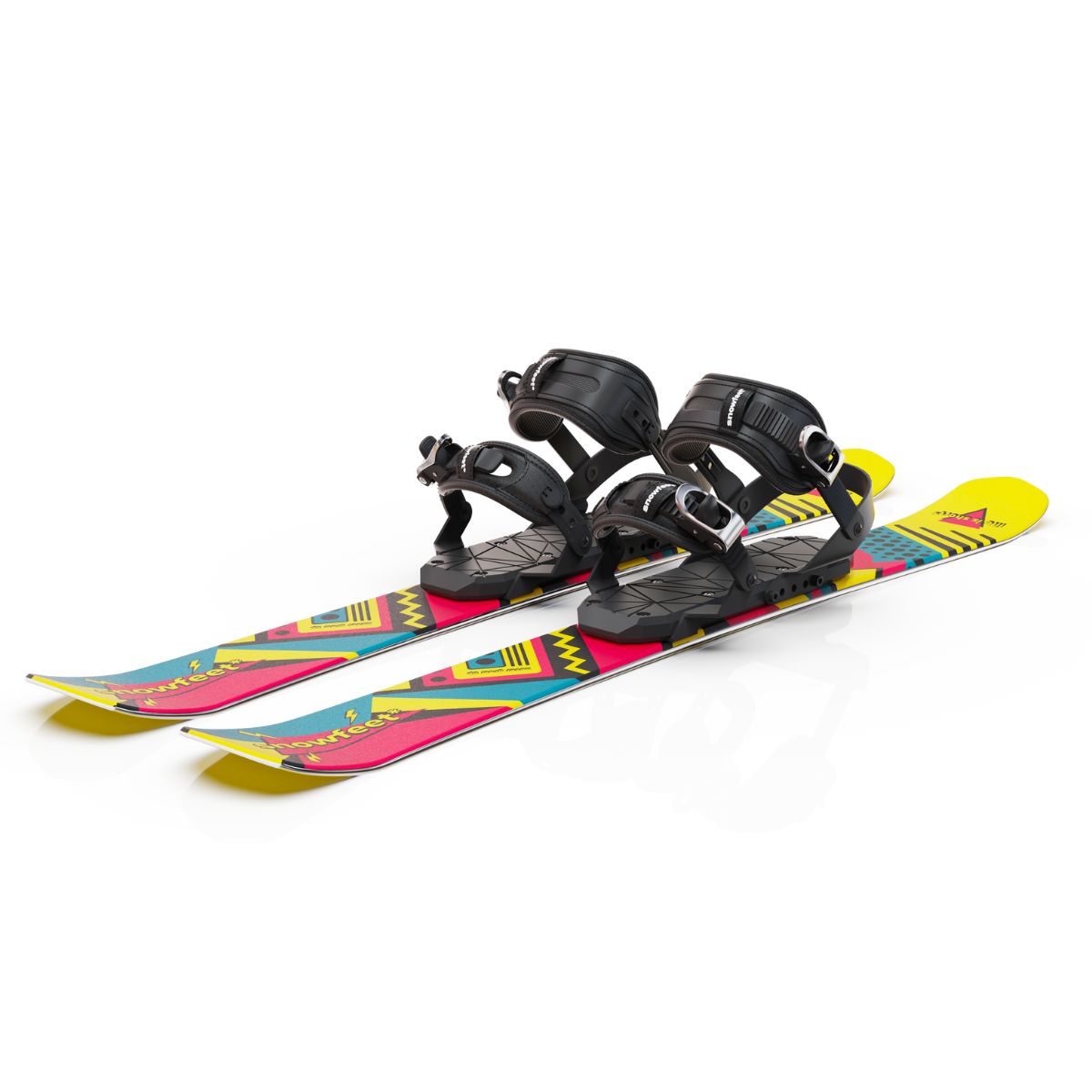
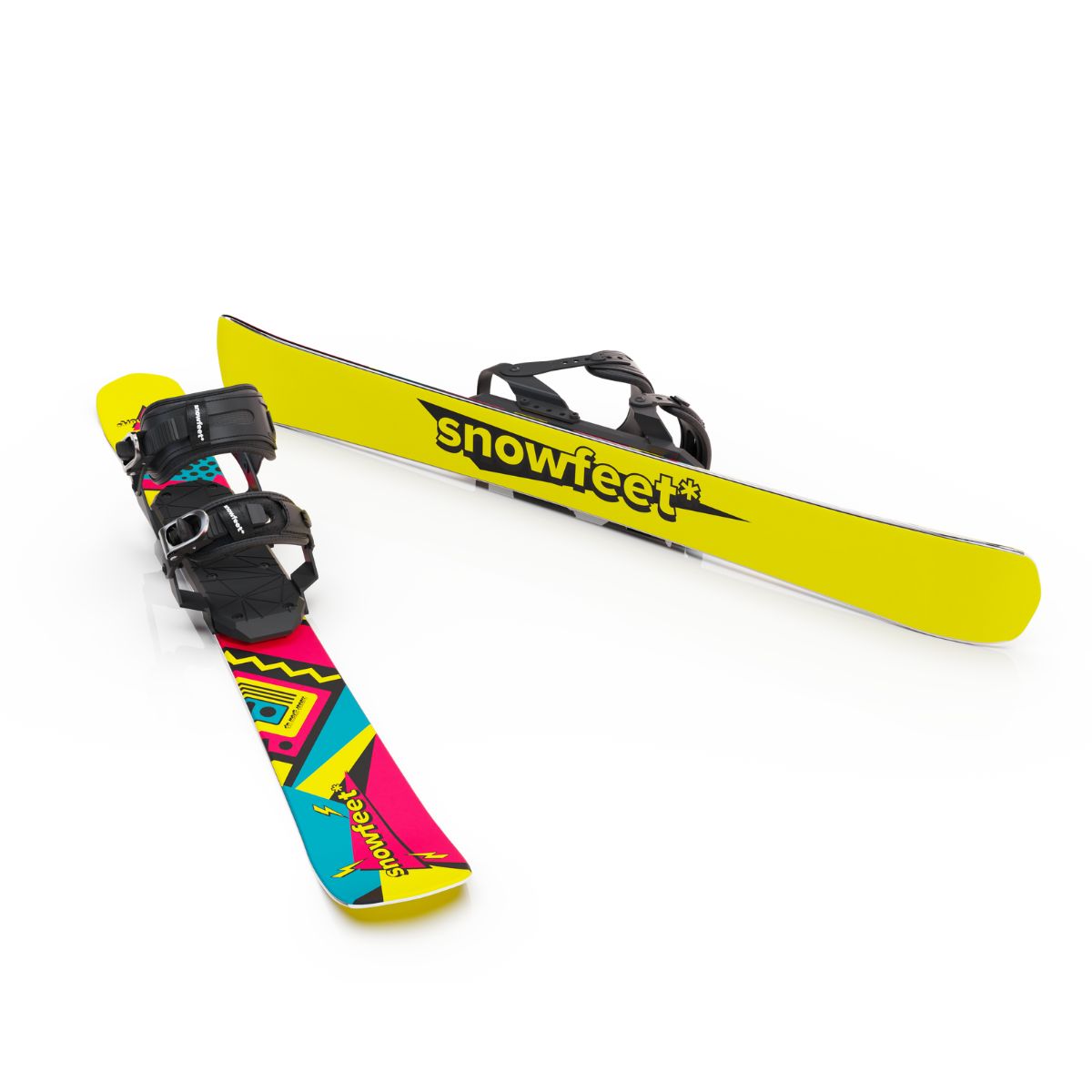
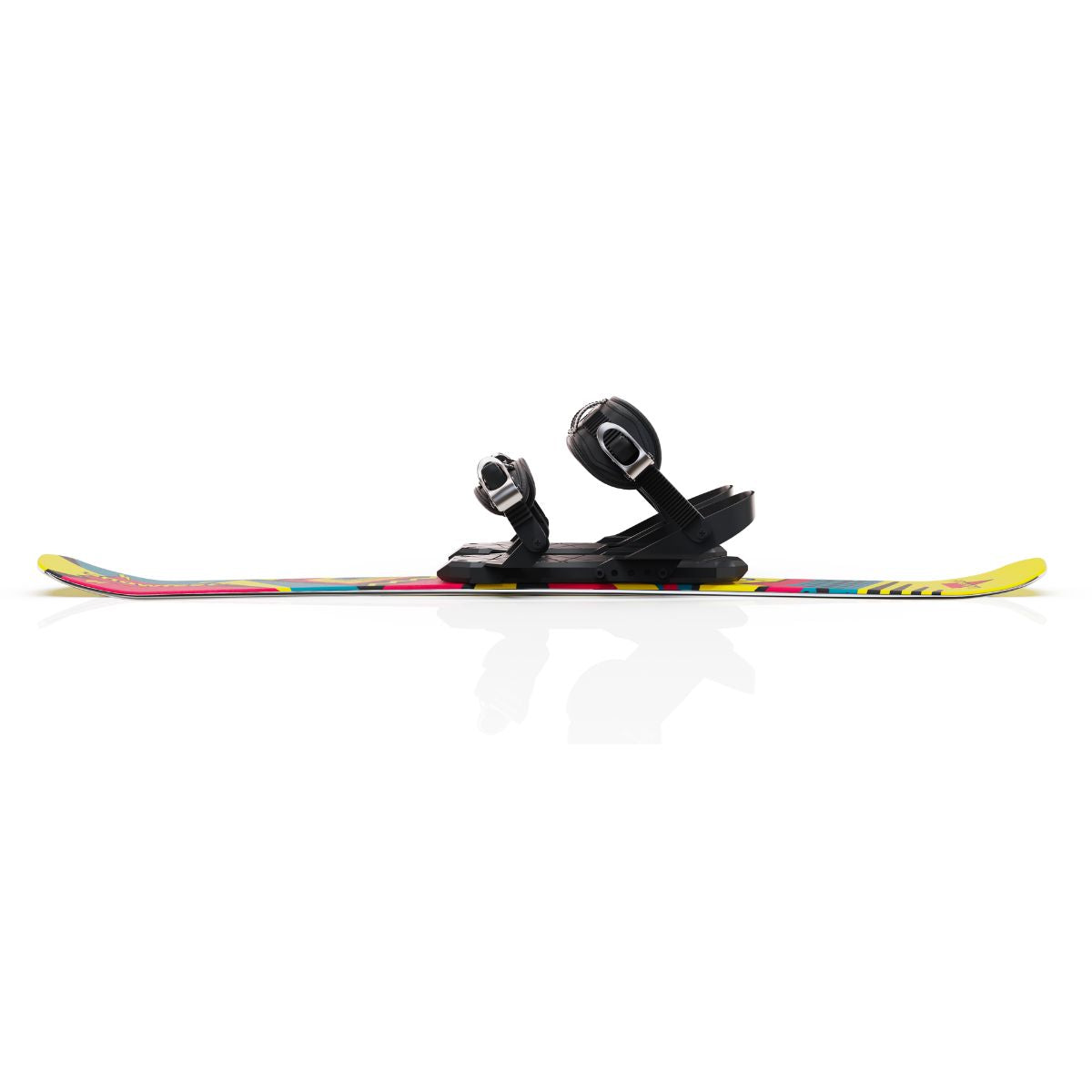
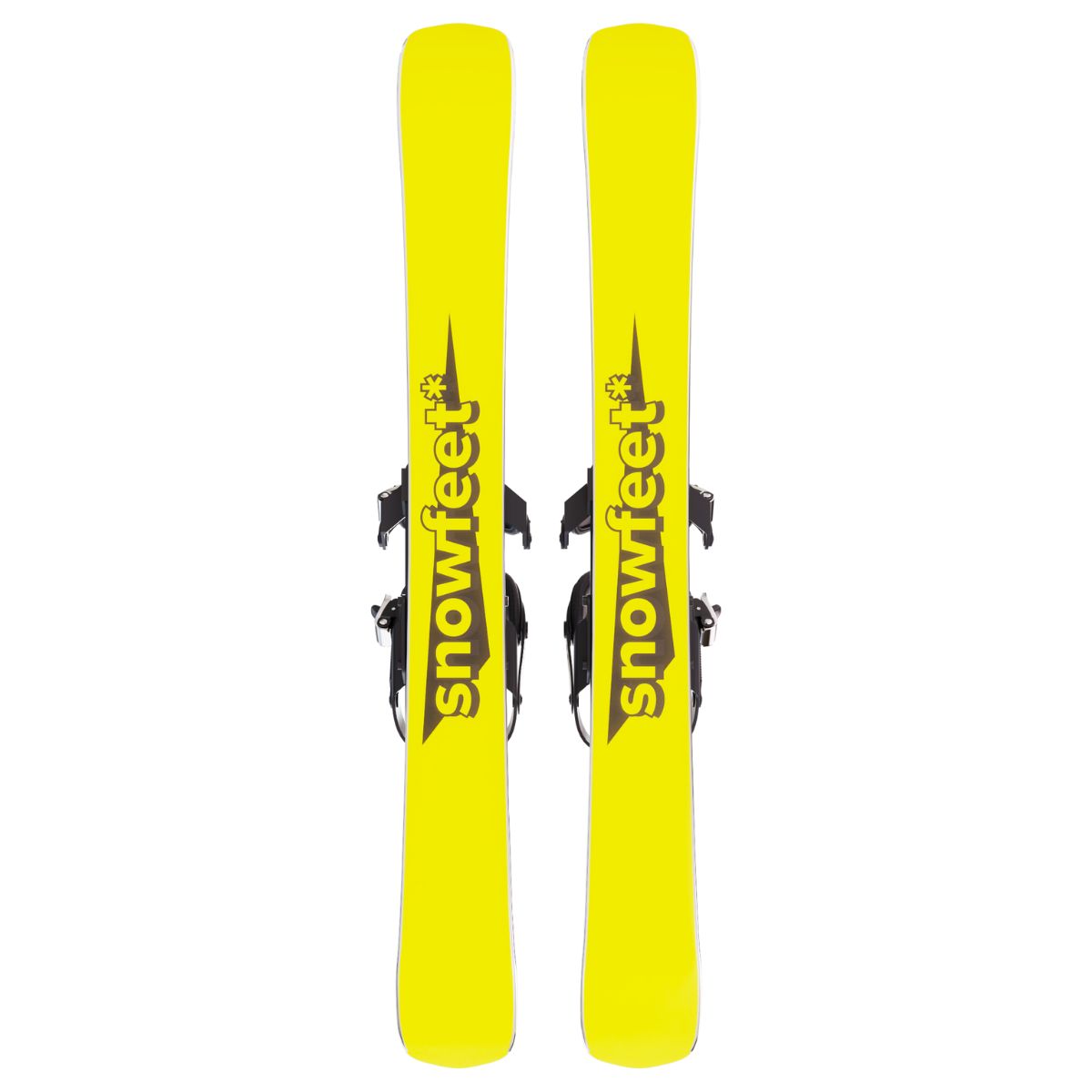
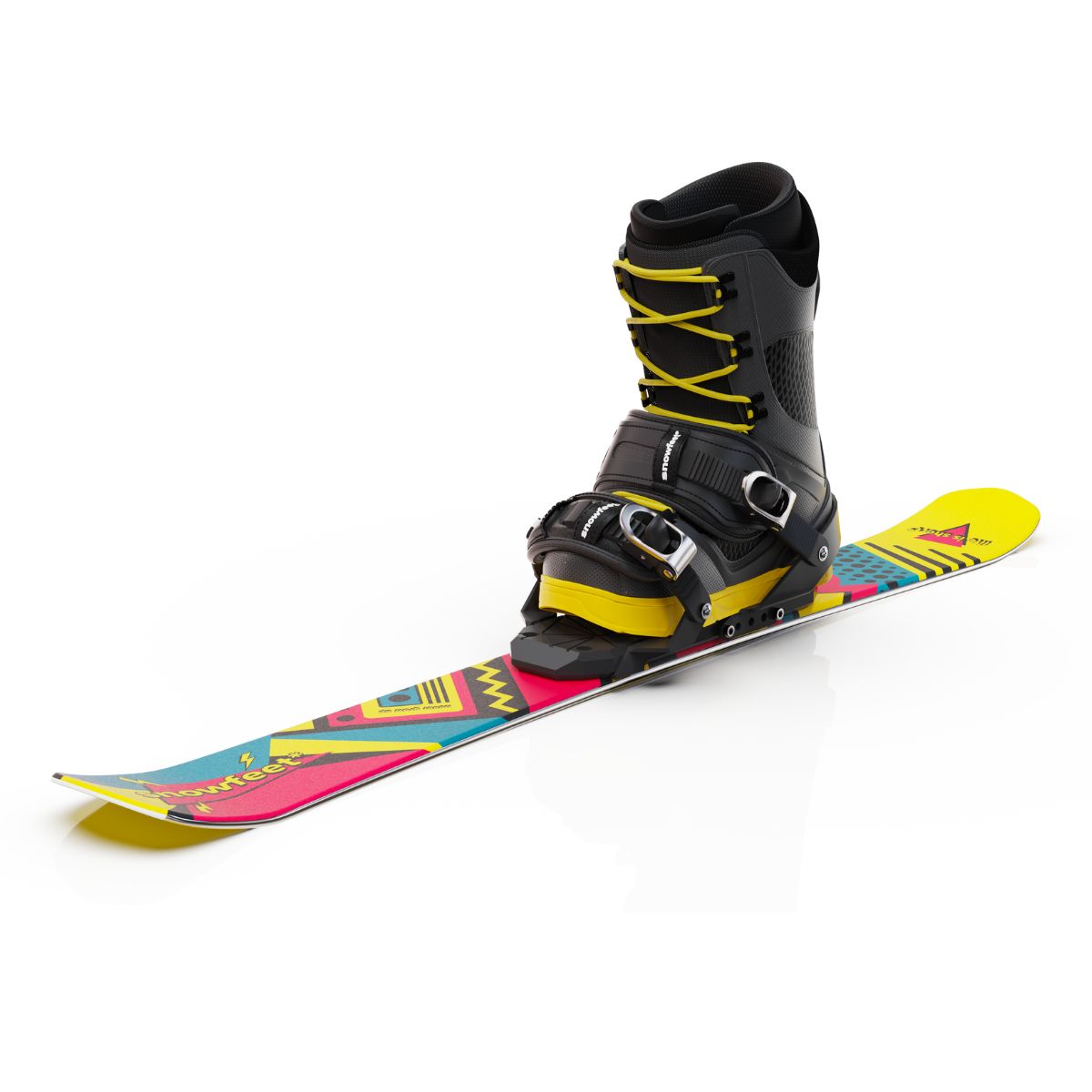
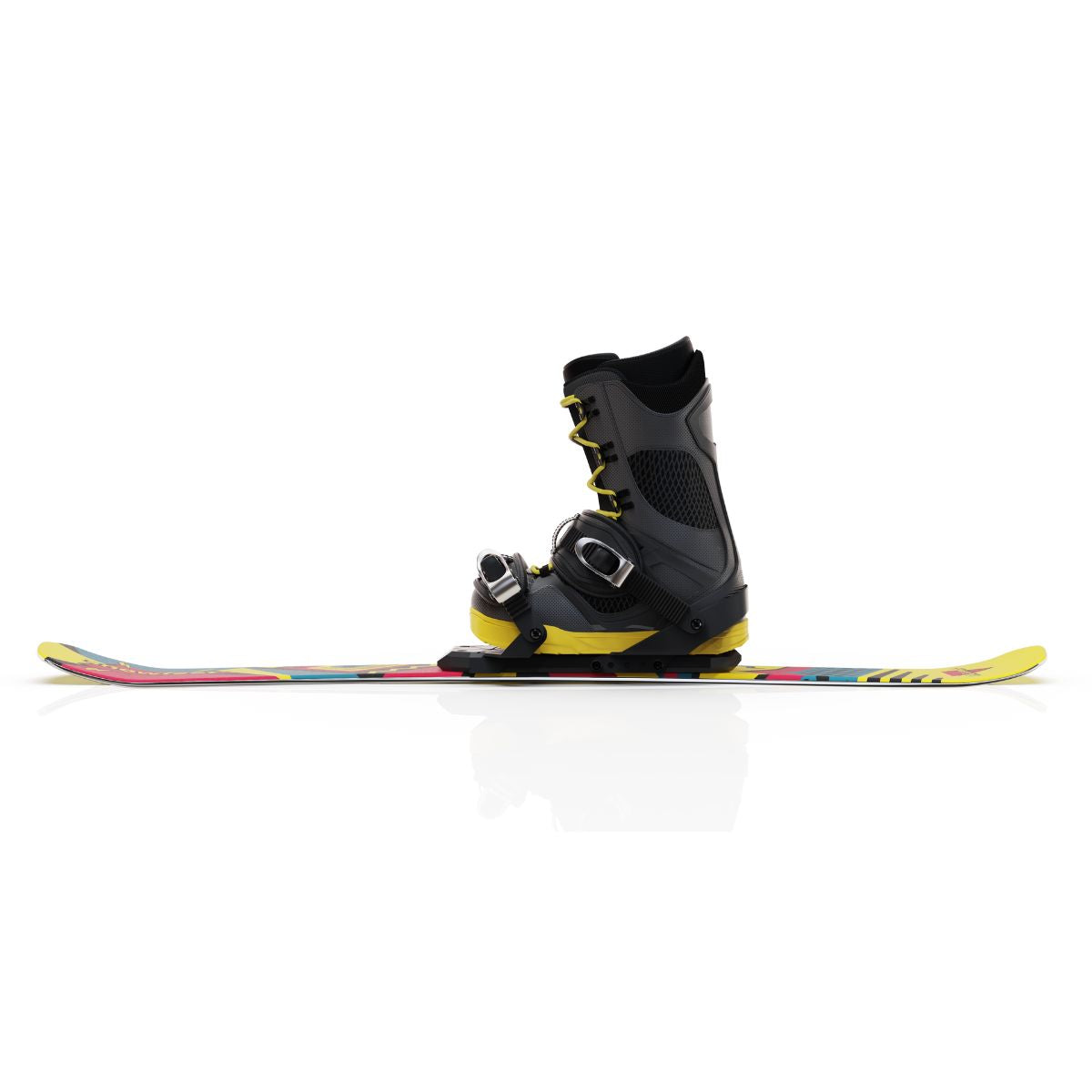
Free Shipping | 3 Business Days
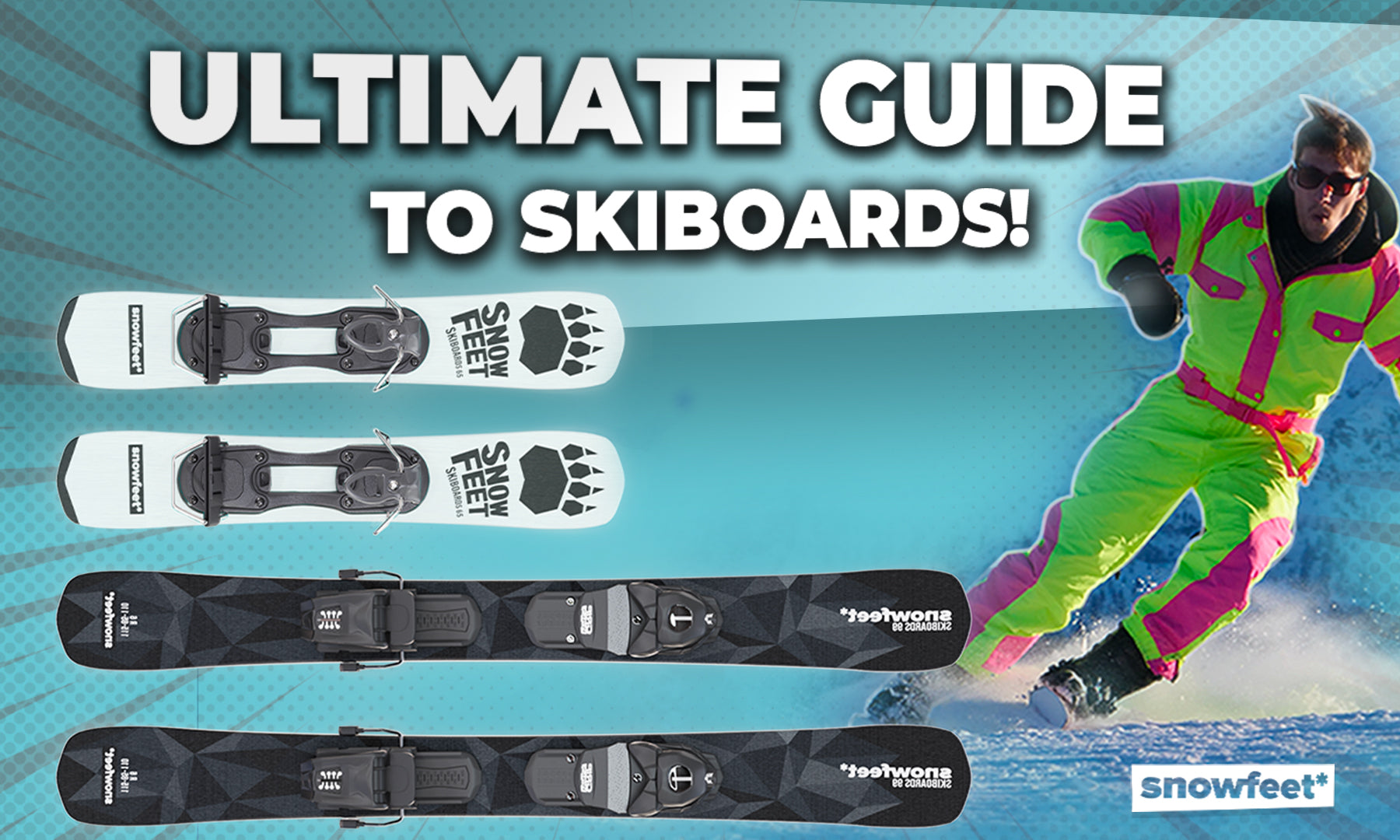
Video
How to choose skis for beginners?
Beginner skis are a great value and easy to use for those just starting out. They help you learn to turn, balance, and control yourself on the slopes. They make it faster and simpler to learn how to ski correctly. When choosing the right skis, consider the following factors.
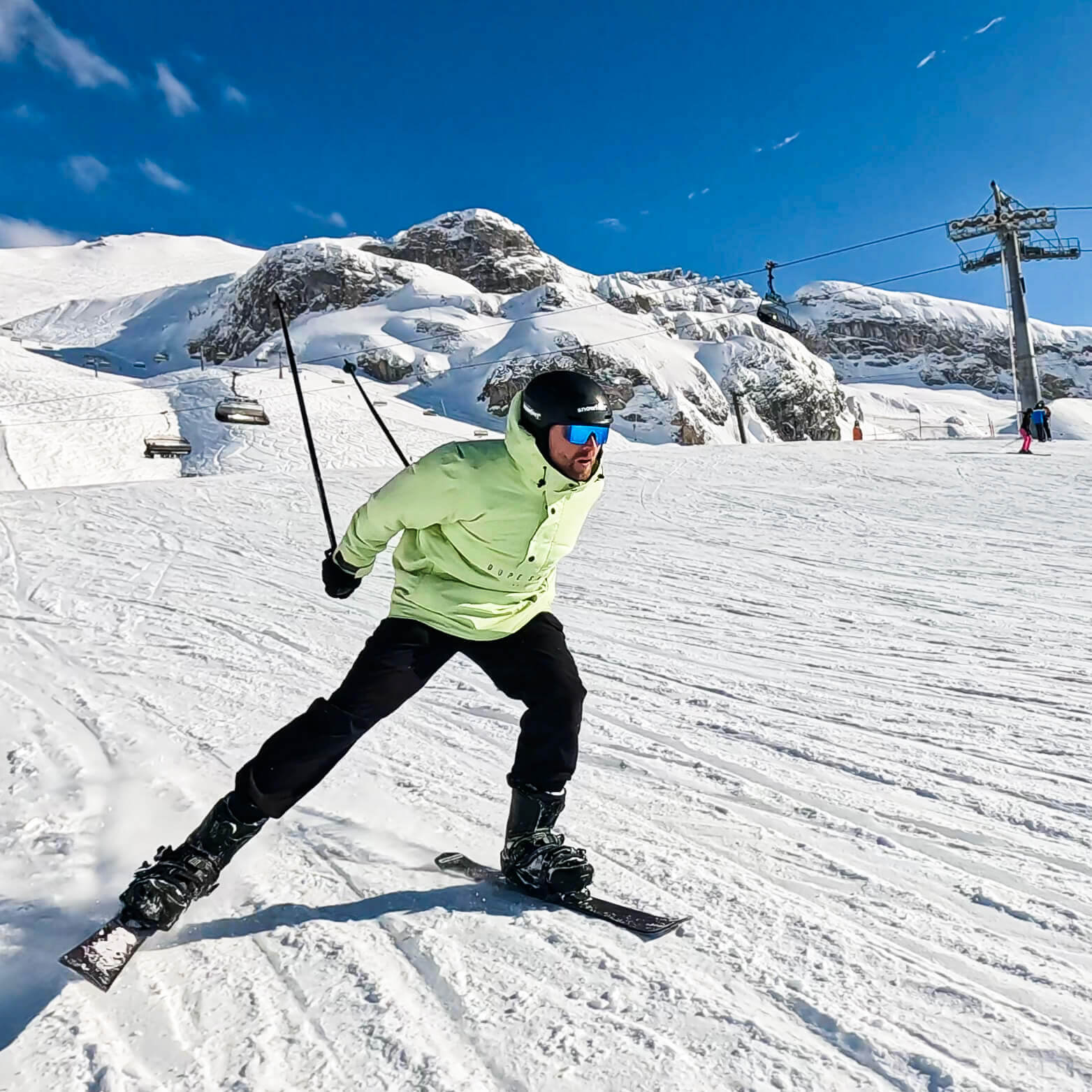
Short skis are better for beginners and intermediate skiers. They are easier to control and more maneuverable, making them perfect for learning basic skills and gaining confidence on the slopes.
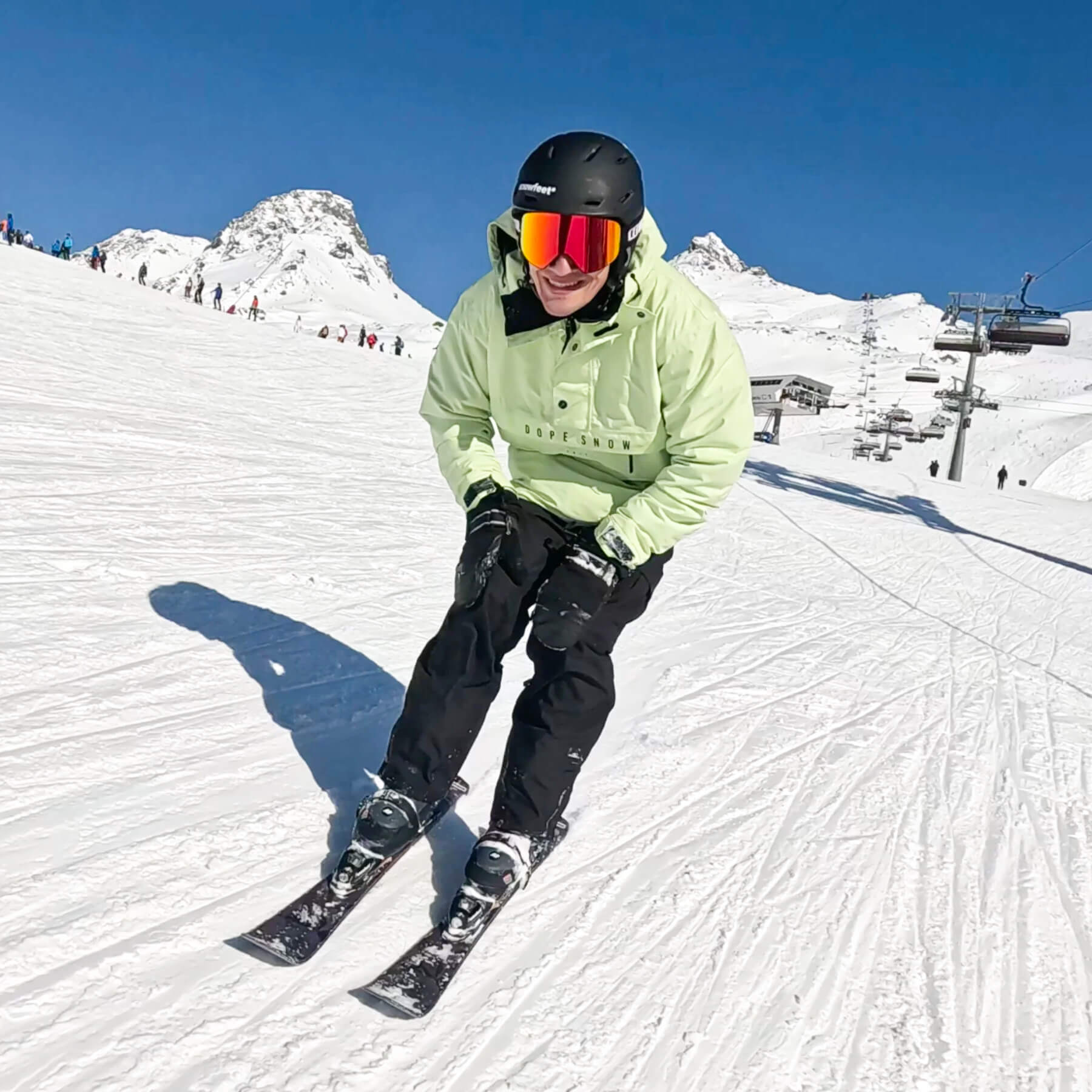
Beginners should choose skis that are more flexible. They bend easily when you turn or put pressure on them. This makes turning smoother and lowers the risk of catching an edge and falling.
Beginner skis are wider in the middle. This gives you more surface area on the snow, helping you stay balanced. The extra width also makes it easier to turn and stop because you have more stability.
As a beginner, it's important to choose skis that match your skill level. Short skis, also called Skiboards, Snowblades, or Skiblades, are perfect for beginners. They're easier to control and turn, making it simpler to learn the basics of skiing. So, if you're just starting out, these shorter skis are a good choice.
Before picking skis, think about where you want to ski. Do you like smooth slopes, snow parks, or exploring the backcountry? Your choice will help you find the right skis. If you're new, you'll probably stick to smooth slopes, so all-mountain skis are a great choice.
For our Snowfeet short skis, you can pick bindings for regular ski boots or snowboard boots. Choose what feels best. Look for bindings that are easy to adjust and provide a secure fit for your boots. It's good to get them adjusted professionally for your skill level and skiing style.
Short skis are better for beginners and intermediate skiers. They are easier to control and more maneuverable, making them perfect for learning basic skills and gaining confidence on the slopes.
Beginners should choose skis that are more flexible. They bend easily when you turn or put pressure on them. This makes turning smoother and lowers the risk of catching an edge and falling.
Beginner skis are wider in the middle. This gives you more surface area on the snow, helping you stay balanced. The extra width also makes it easier to turn and stop because you have more stability.
As a beginner, it's important to choose skis that match your skill level. Short skis, also called Skiboards, Snowblades, or Skiblades, are perfect for beginners. They're easier to control and turn, making it simpler to learn the basics of skiing. So, if you're just starting out, these shorter skis are a good choice.
Before picking skis, think about where you want to ski. Do you like smooth slopes, snow parks, or exploring the backcountry? Your choice will help you find the right skis. If you're new, you'll probably stick to smooth slopes, so all-mountain skis are a great choice.
For our Snowfeet short skis, you can pick bindings for regular ski boots or snowboard boots. Choose what feels best. Look for bindings that are easy to adjust and provide a secure fit for your boots. It's good to get them adjusted professionally for your skill level and skiing style.





44 cm / 17 inch
65 cm | 26 inch
99 cm | 39 Inch
Ski bindings
Snowboard bindings
Ski bindings
Snowboard bindings
Ski bindings
Pro ski bindings
Snowboard bindings
Shortest skis, they are easiest to control, most lively on slopes, feels like skates on snow. Work well on smooth, packed snow and are perfect in terrain parks.
Long enough to ski, short enough to skate. Fun tricks, jumps and twists on slopes and in terrain parks. Feels a bit like skates on snow.
The ultimate Skiblades. Long enough for deep carving on the slopes with more freedom of movement, fun jumps and tricks in terrain parks and in powder.
They're lighter and easier to control, so it's simpler for beginners to turn and stop. They require less effort to manage, so you will gain confidence and balance on the slopes more quickly. Snowfeet skis make learning more fun!
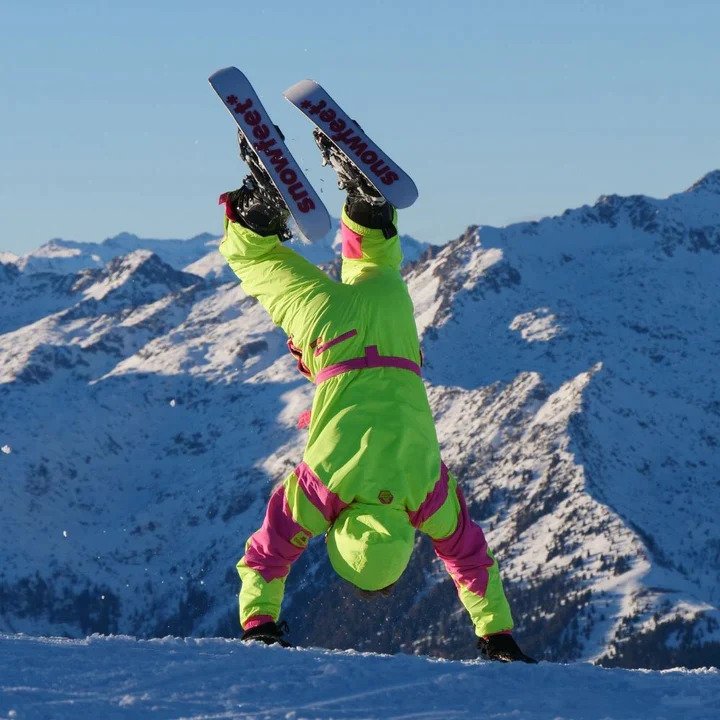
Endless fun
Short skis are really fun for riding backward, spinning, jumping, and doing all kinds of tricks on the slopes and in terrain parks.

Easy to Learn
Short skis have a fast learning curve. They are great for beginners and intermediate skiers who want to enjoy their ski trip to the fullest.
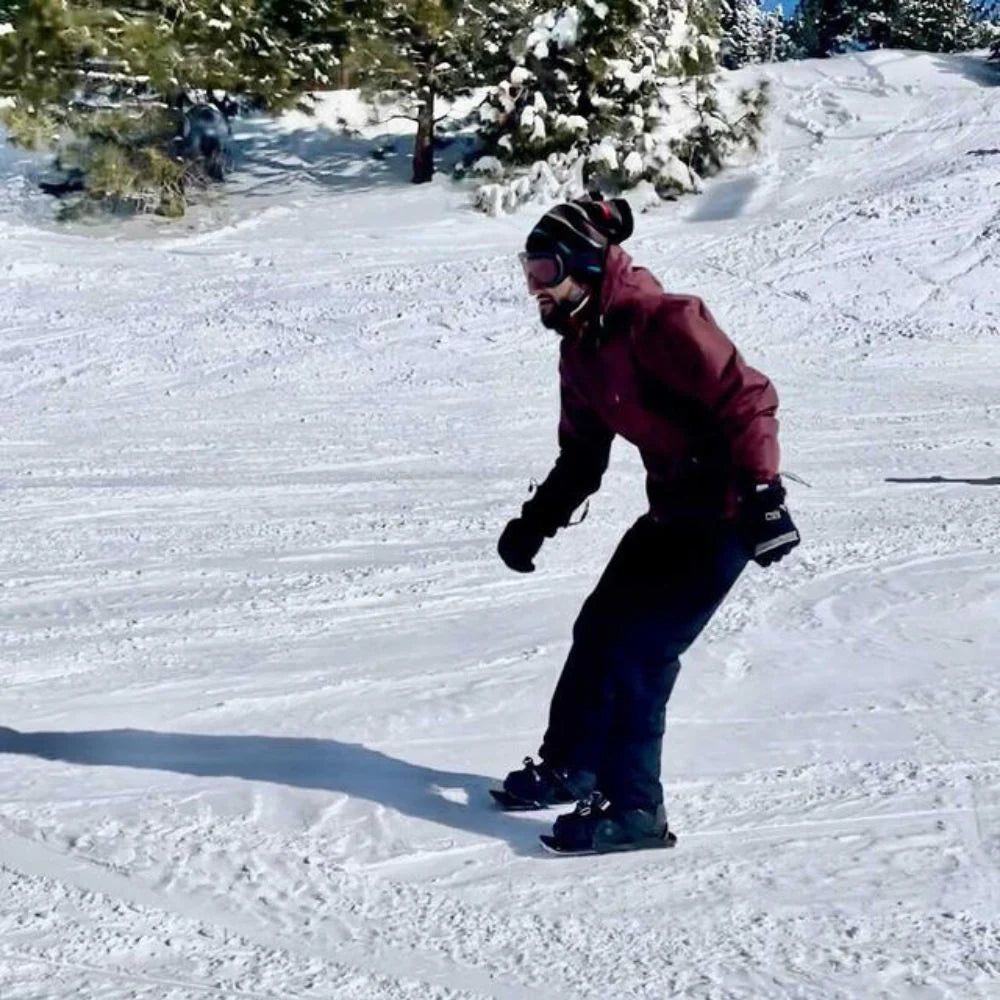
Easy to control
Shorter skis are easier to control which makes them perfect choice for beginners and intermediate skiers.
Video
Shorter skis are easier for beginners because they are easier to turn and control. They're lighter and more maneuverable, which can help you learn faster. However, it's also important to consider your height, weight, and skiing style when choosing skis.
Skiboards, snowblades, skiblades, bigfoot - call them whatever you want, these short skis are the most fun you can possibly have on a mountain as a skier.
For beginners and intermediate skiers, the best skis are typically ones that are shorter, forgiving, easy to turn, and provide stability. Look for skis with a softer flex, which means they bend more easily, making them easier to control. Skis with a wider waist width provide better stability and are easier to balance on.
Shorter skis are more suitable for beginners because they are lighter and easier to control, making it simpler to turn and stop. They require less effort to manage, so you will gain confidence and balance on the slopes more quickly. The Snowfeet Skiboards are perfect for beginners and intermediate skiers. You can choose from different lengths, from 44 cm (17 inches) to 99 cm (39 inches) to suit your needs.
Yes, shorter skis are easier to control because they are more maneuverable and require less effort to turn. They're recommended for beginners because they're easier to manage while learning. However, ski length preference can vary based on individual skill level, skiing style, and terrain preferences.
Great for beginners, intermediates, and pros who want to enjoy their ski trip to the fullest. Great for both kids and adults, teenagers, and ski instructors. Ideal for adults teaching kids skiing because they allow for very agile movements. These skiboards are light and easy to ride compared to cumbersome (heavy) long skis.
Short skis provide more stability and make it easier to balance on the snow. Wider skis also offer better flotation, which can be helpful when skiing in softer or deeper snow conditions.
Choosing the wrong length can affect control and balance. Skis that are too wide or too narrow may not match the beginner's skill level or the type of skiing they want to do. Ignoring flex can make them harder to control and turn. Not considering the terrain can lead to picking skis that aren't suitable for where you want to ski.
Easier to Control: Shorter skis are simpler to maneuver, making them great for beginners or those who prefer agility.
Quick Turns: They allow for quick turns, which is useful in tight spaces or crowded areas.
Lighter Weight: Shorter skis are lighter, making them easier to transport and handle.
Playfulness: They feel more playful and nimble, perfect for tricks, jumps, and playful skiing styles.
Skis: Pick skis that match your skill level and skiing style.
Ski Boots: Ensure they fit snugly and comfortably, providing good support.
Ski Poles: Help with balance and movement.
Helmet: Crucial for safety, protecting your head from falls.
Goggles or Sunglasses: Shield your eyes from sun, wind, and snow glare.
Ski Clothing: Wear layers, including a waterproof jacket, pants, gloves, and thermal underwear.
Socks: Use moisture-wicking socks to keep your feet dry and warm.
Sunscreen: Protect your skin from sunburn, even on cloudy days.
Beginners should choose bindings with softer flexibility. These are easier to handle and reduce the risk of injury. They are forgiving and have lower release settings, making it simpler to remove boots when needed. Stiffer bindings offer better control but require more precision, which can be tough for beginners.